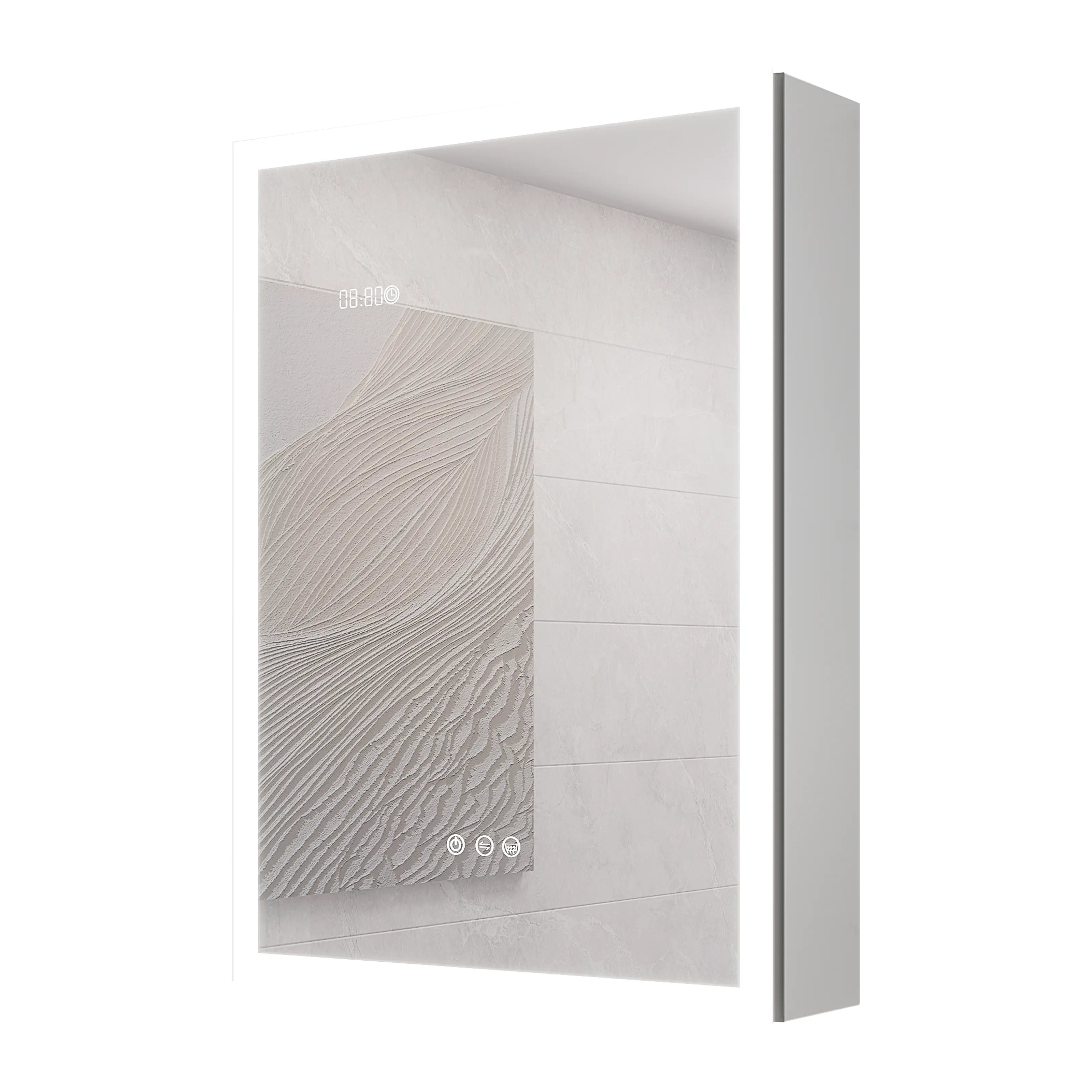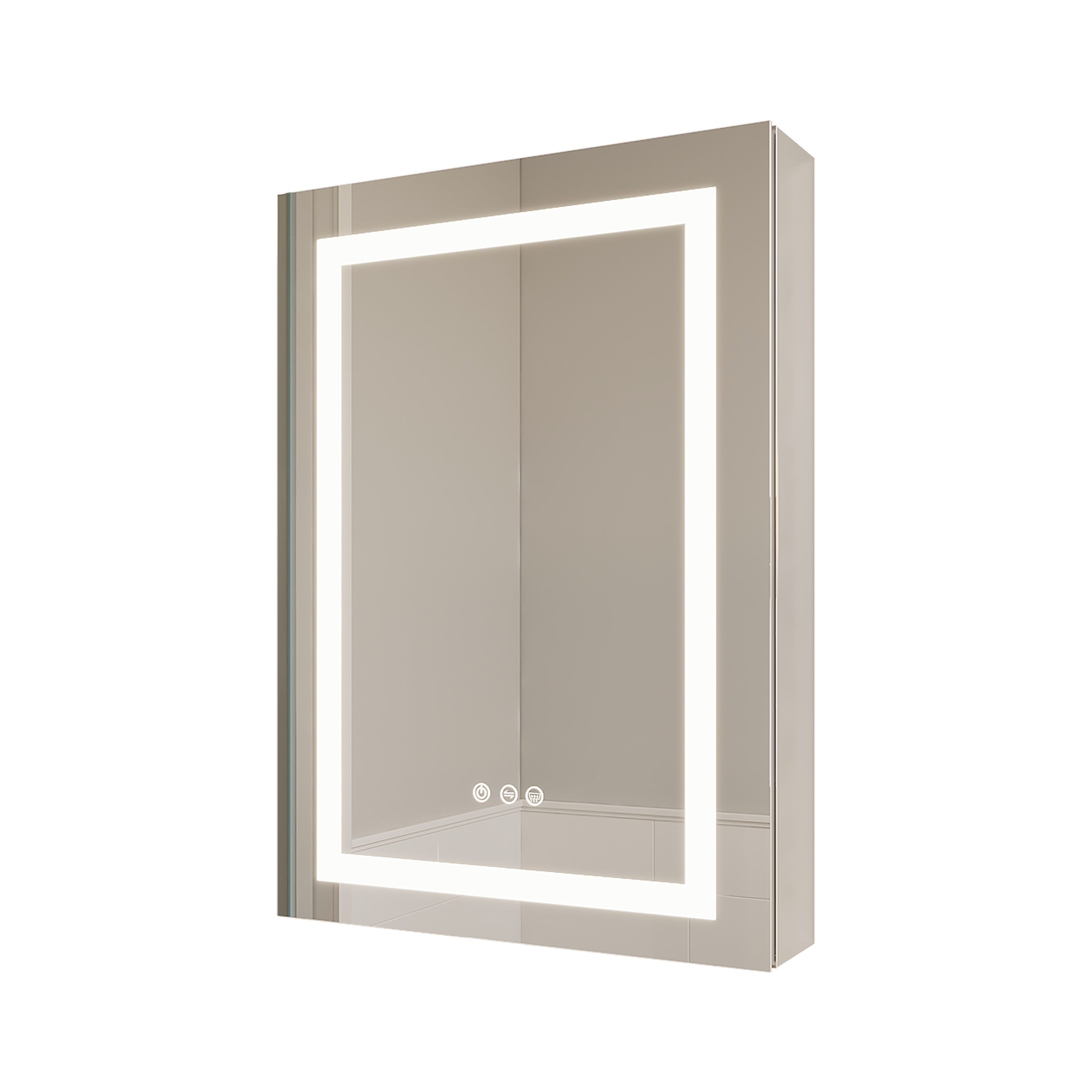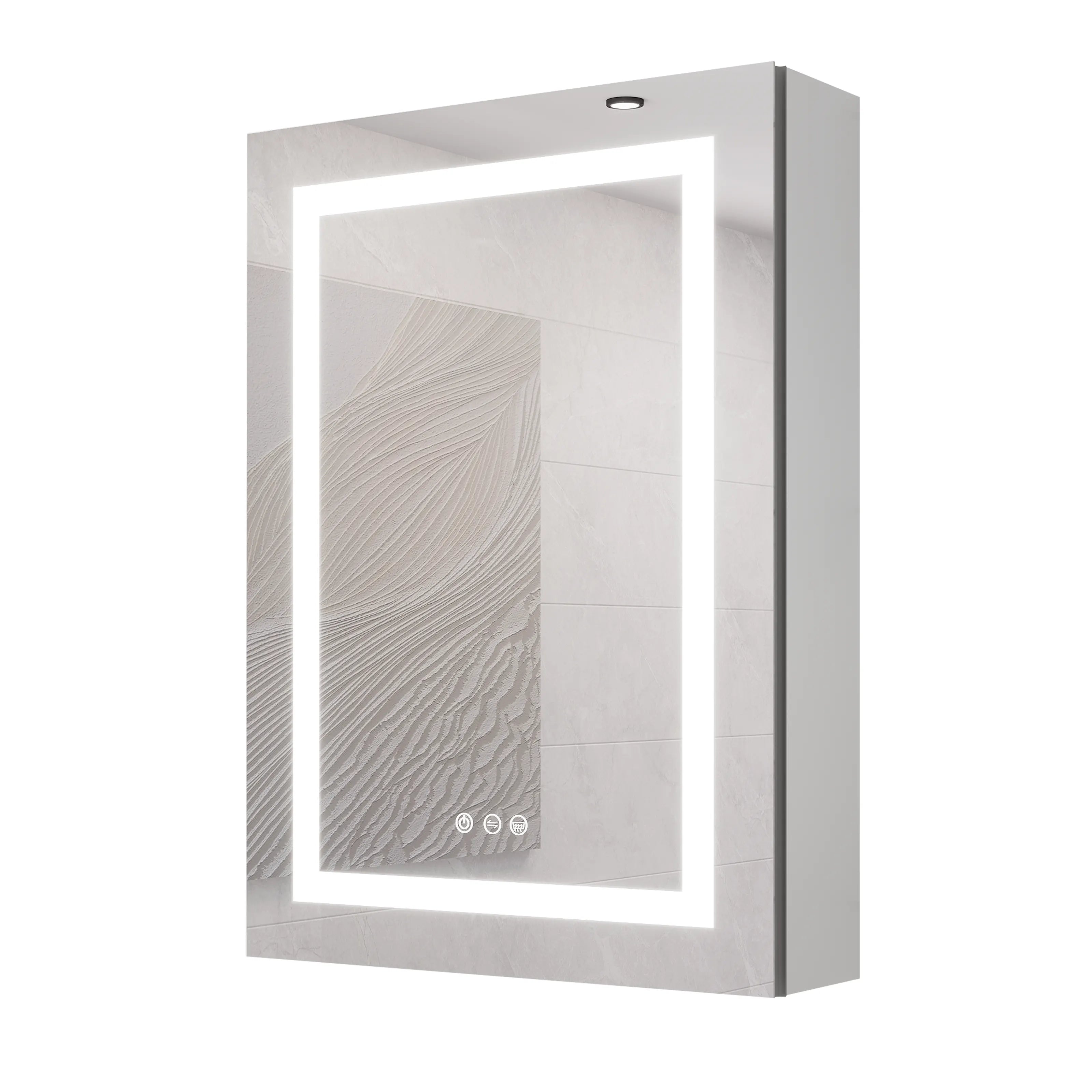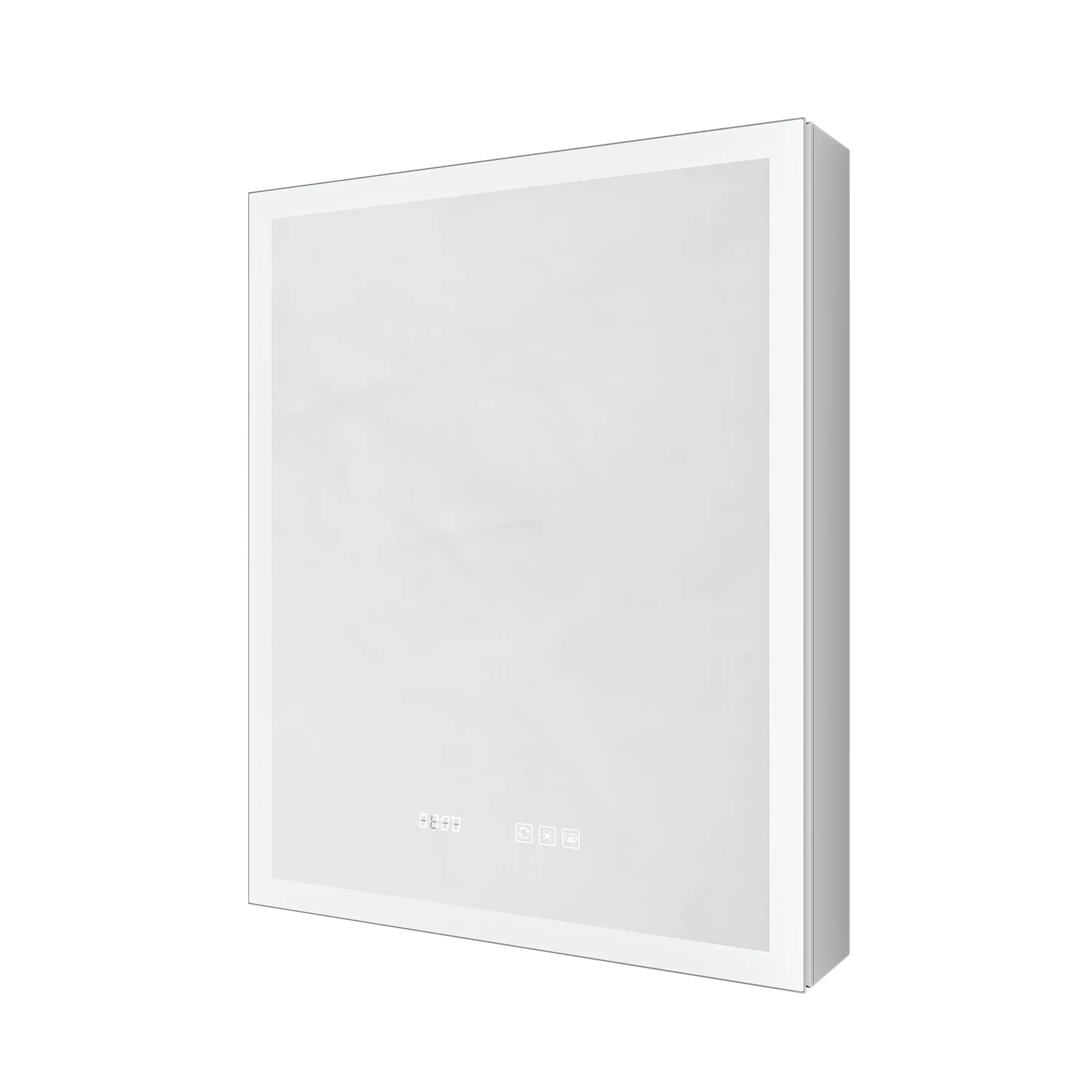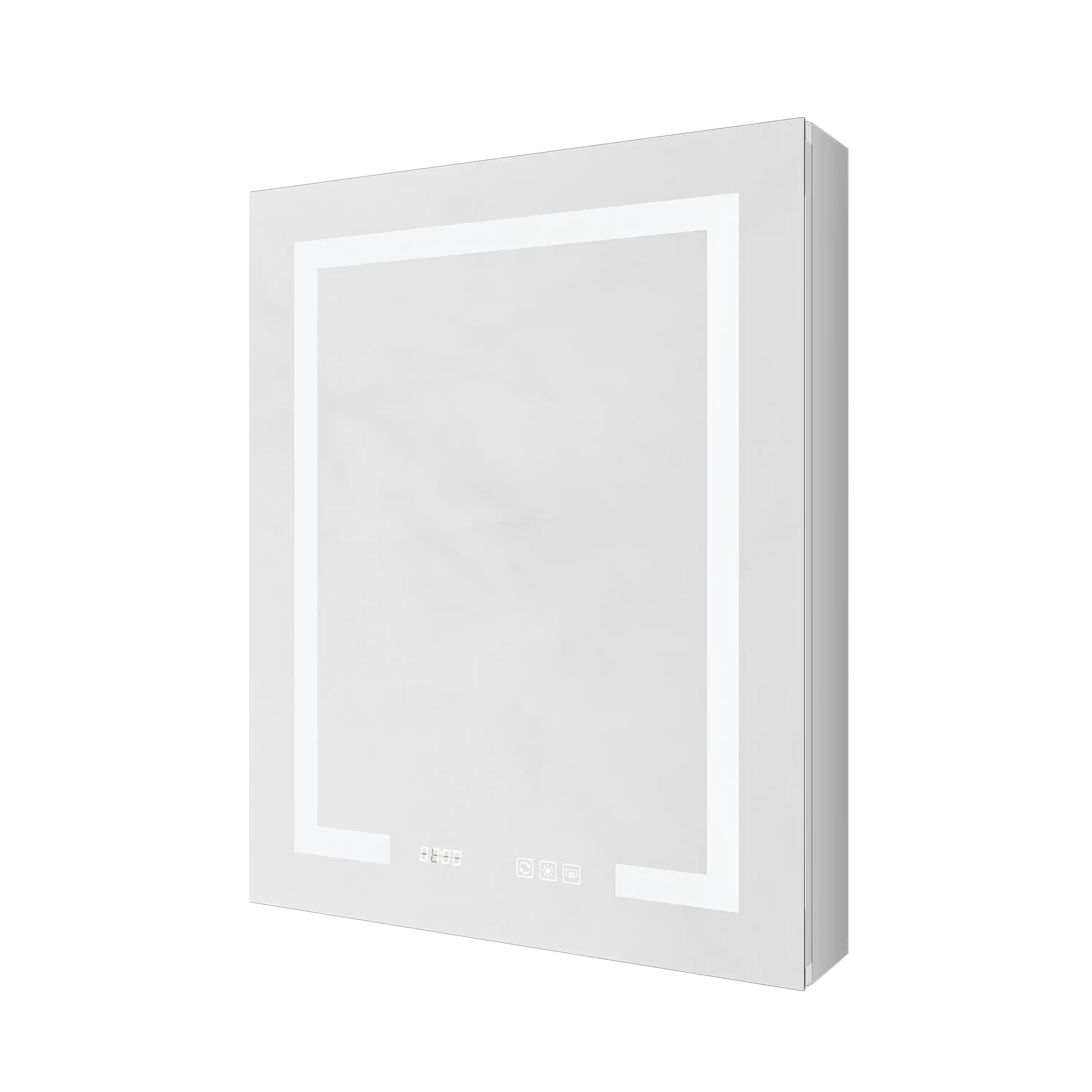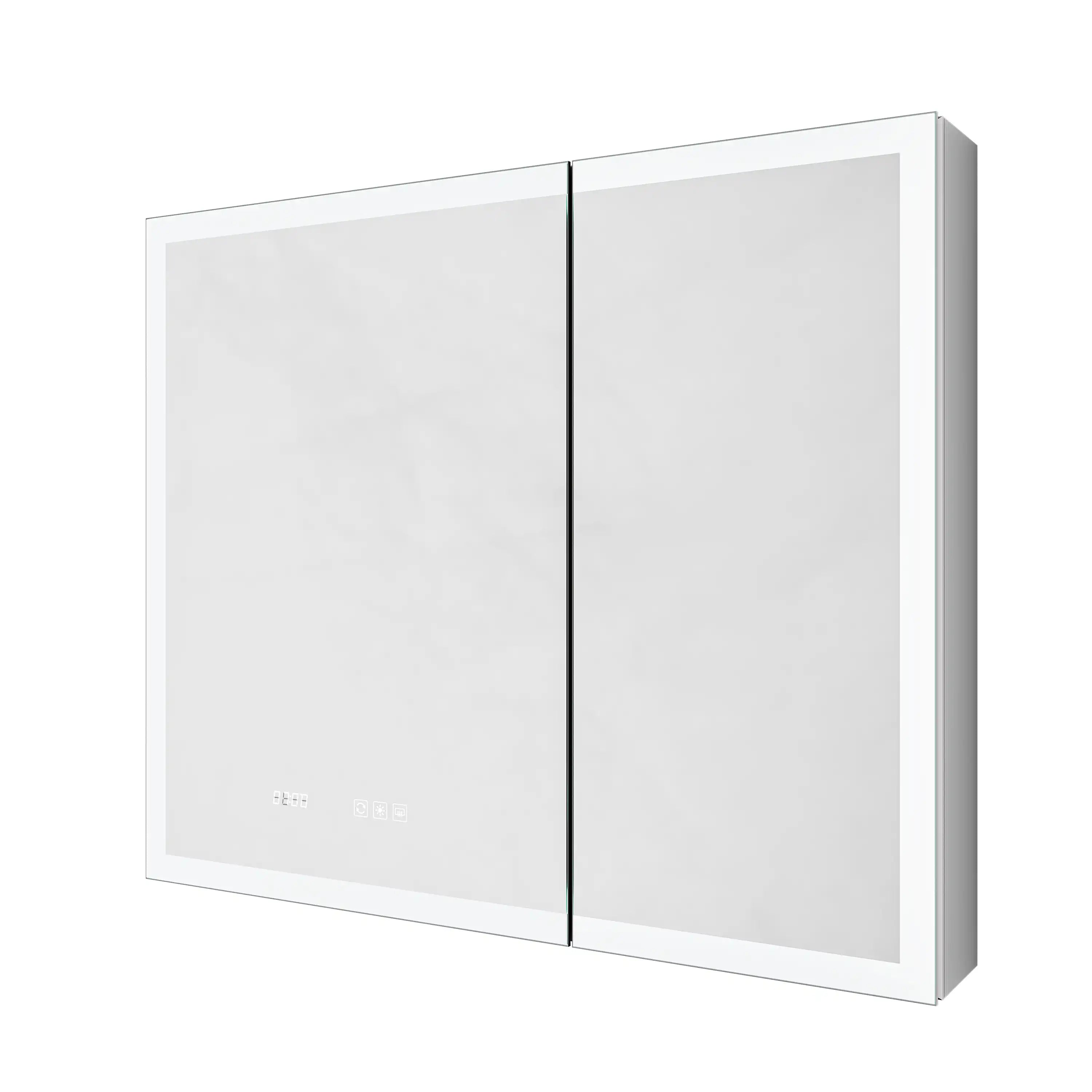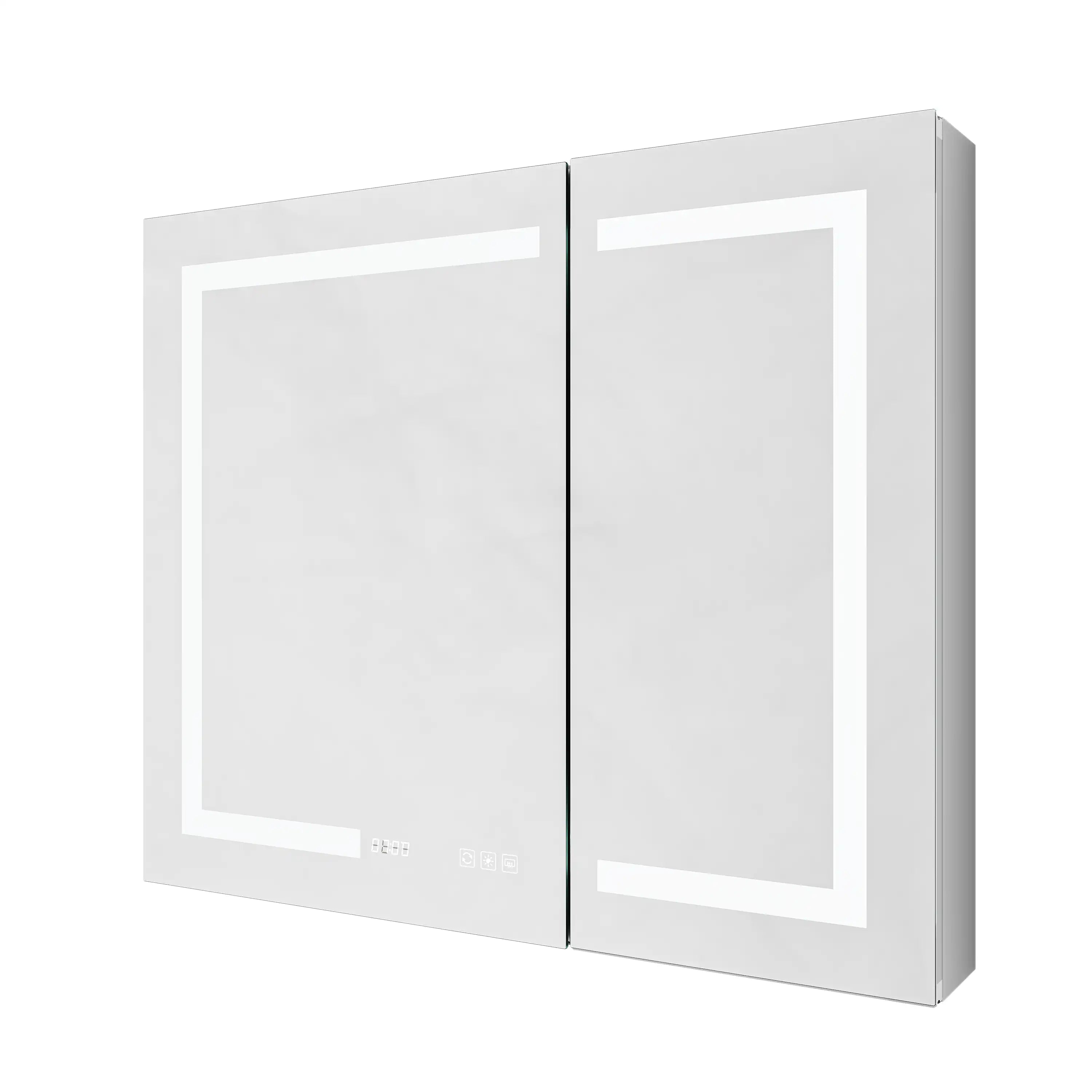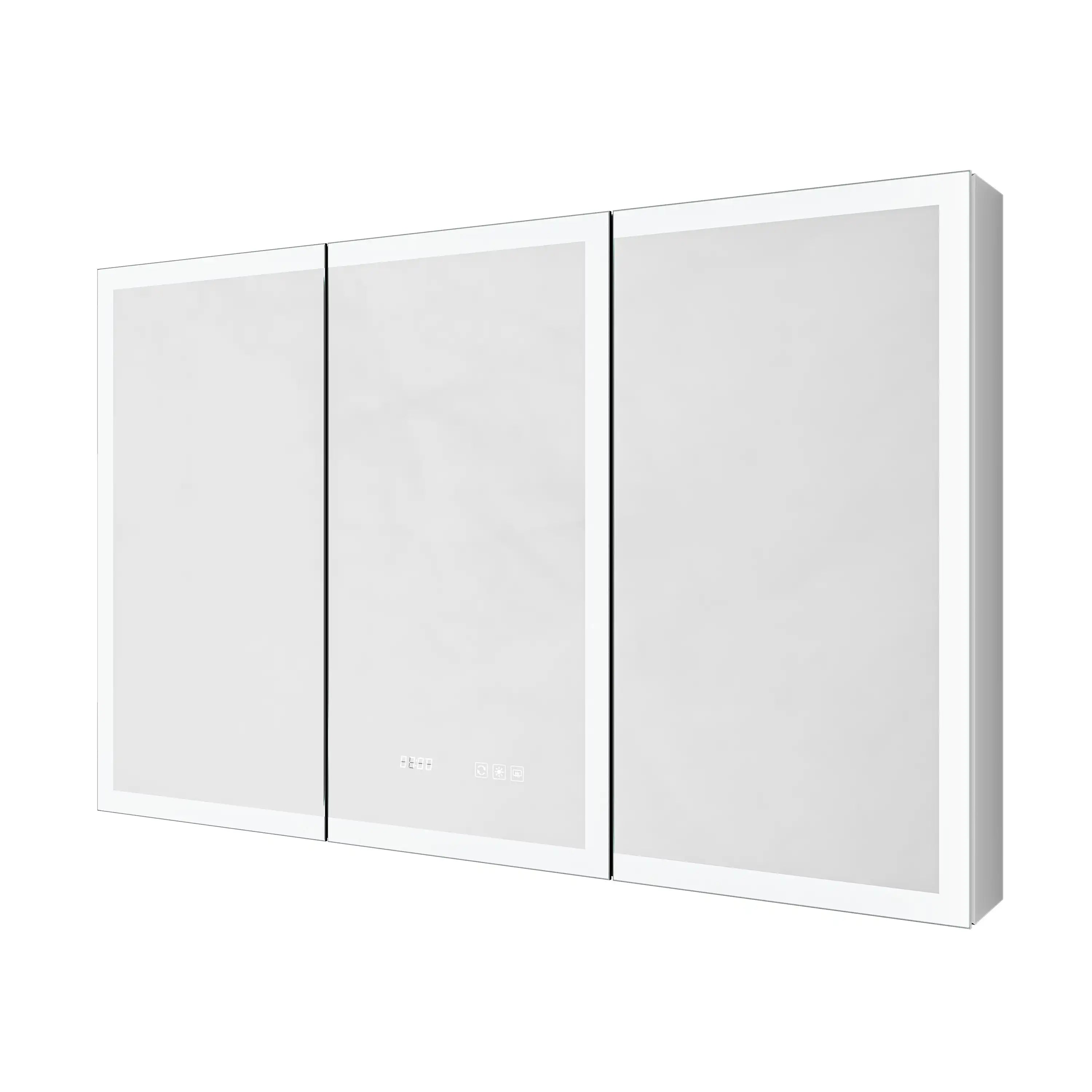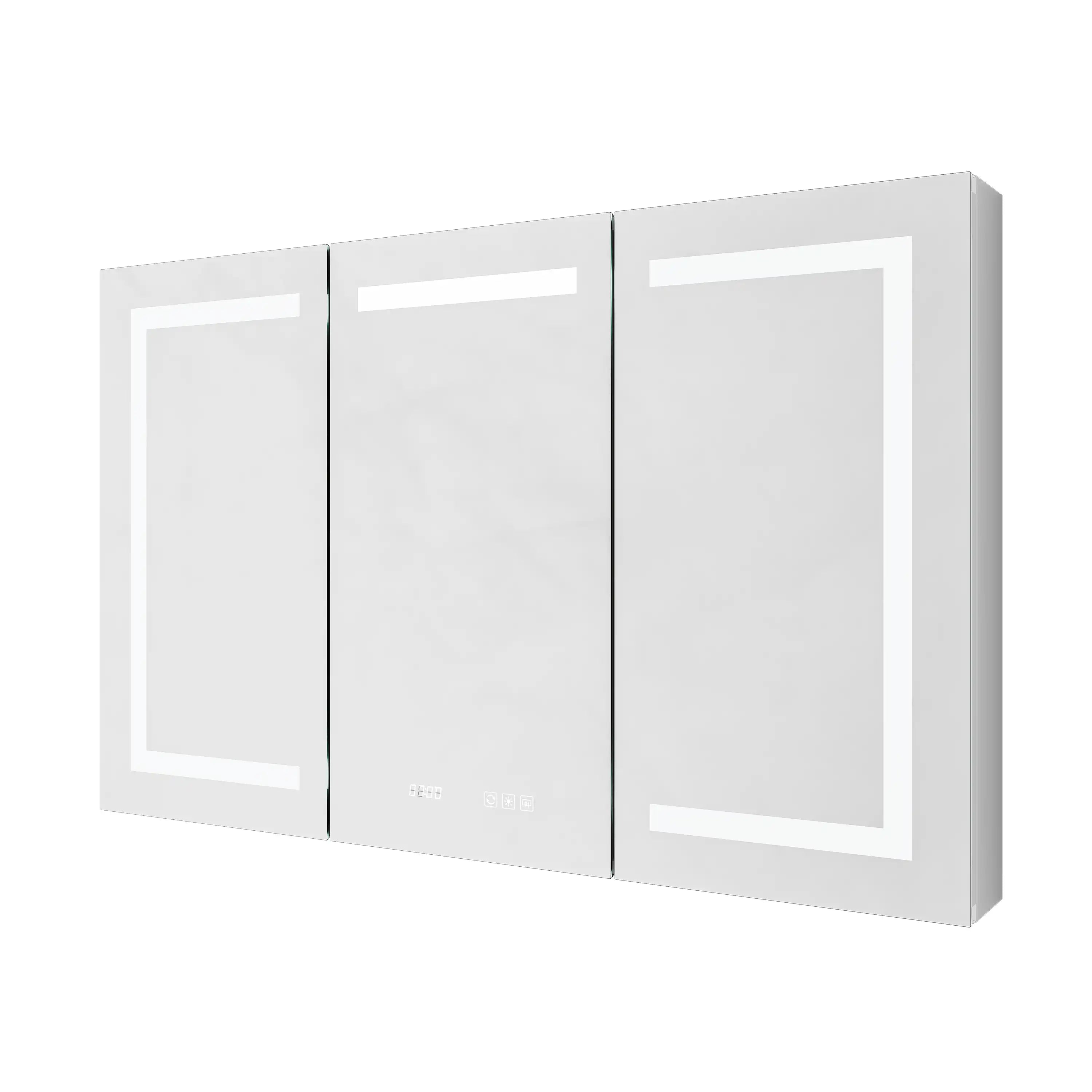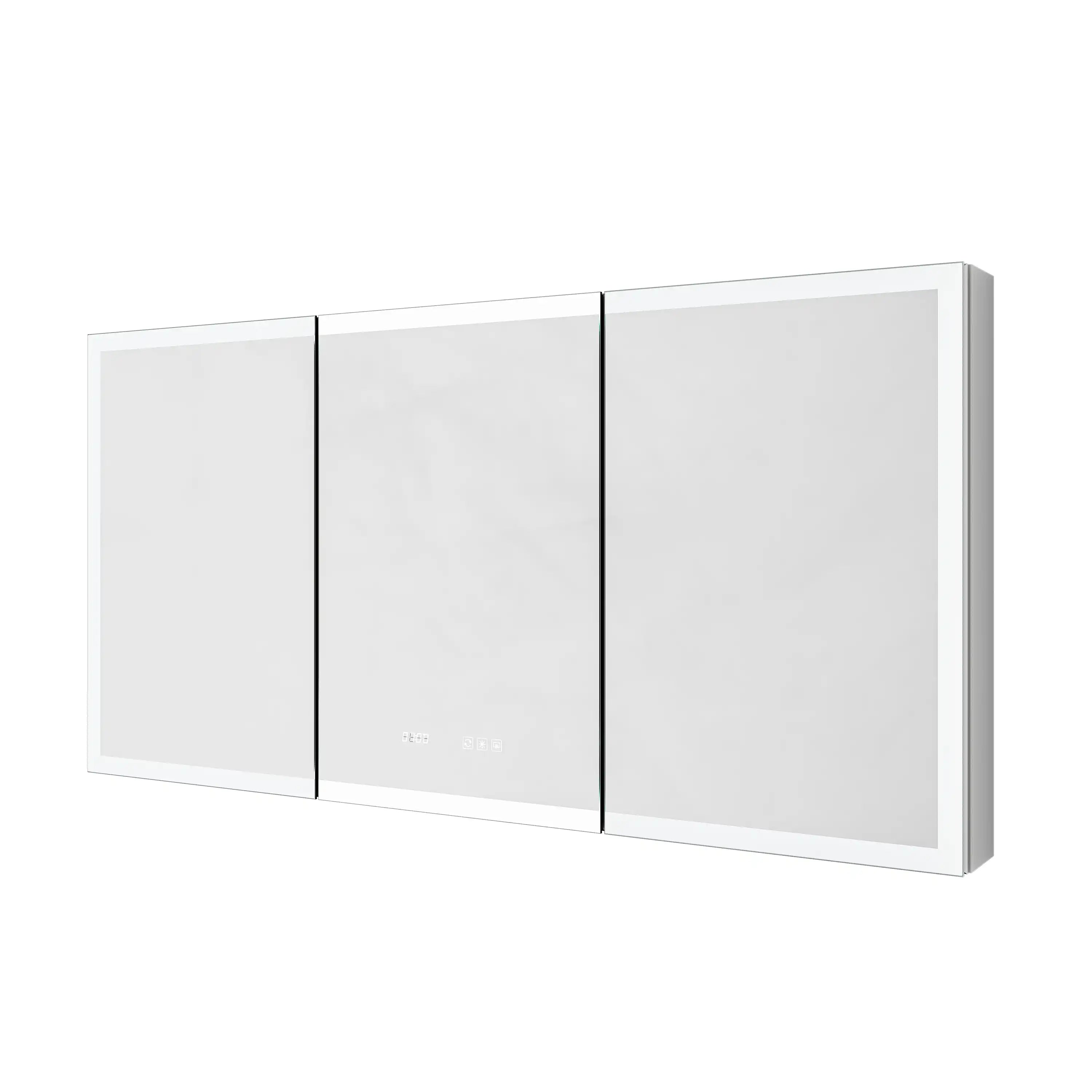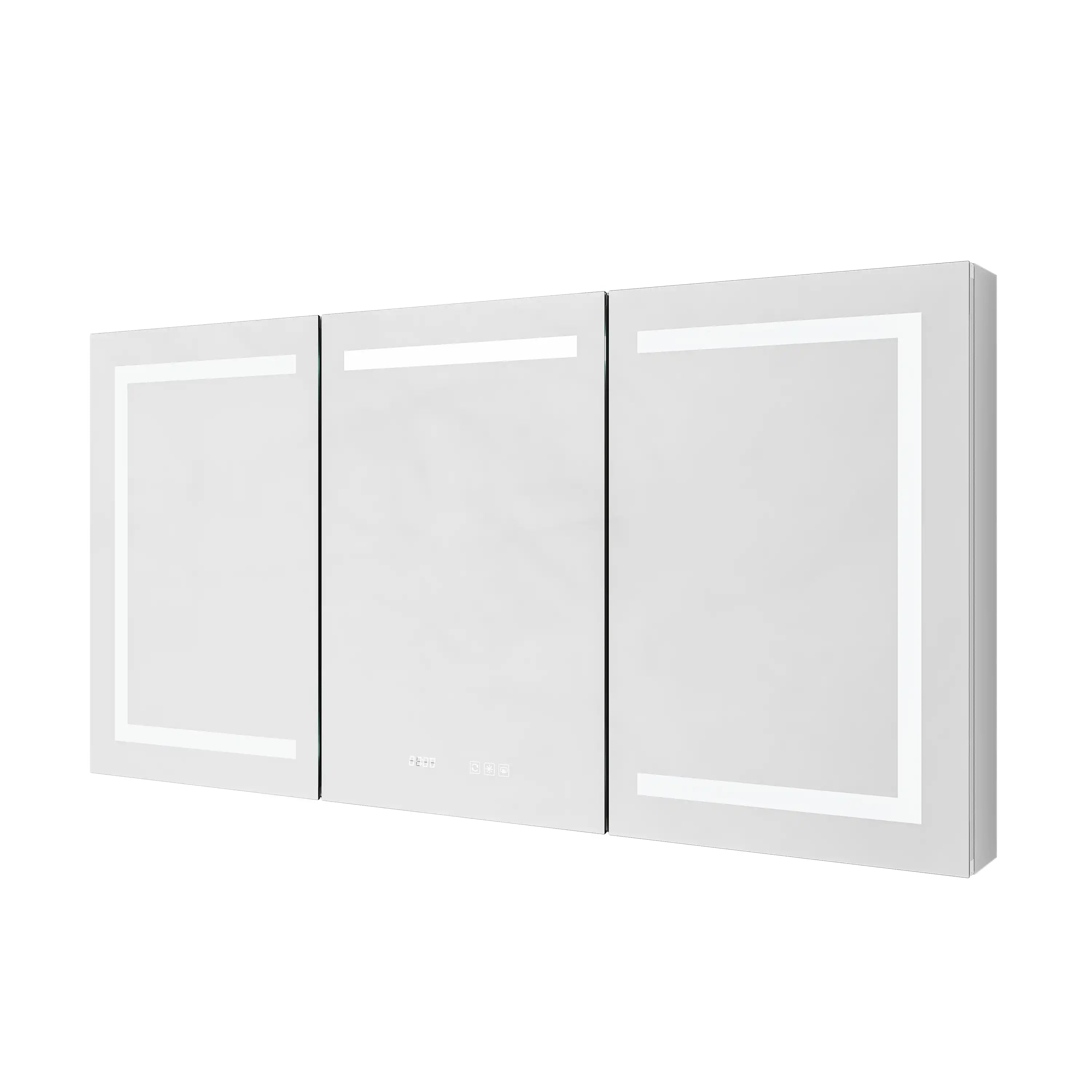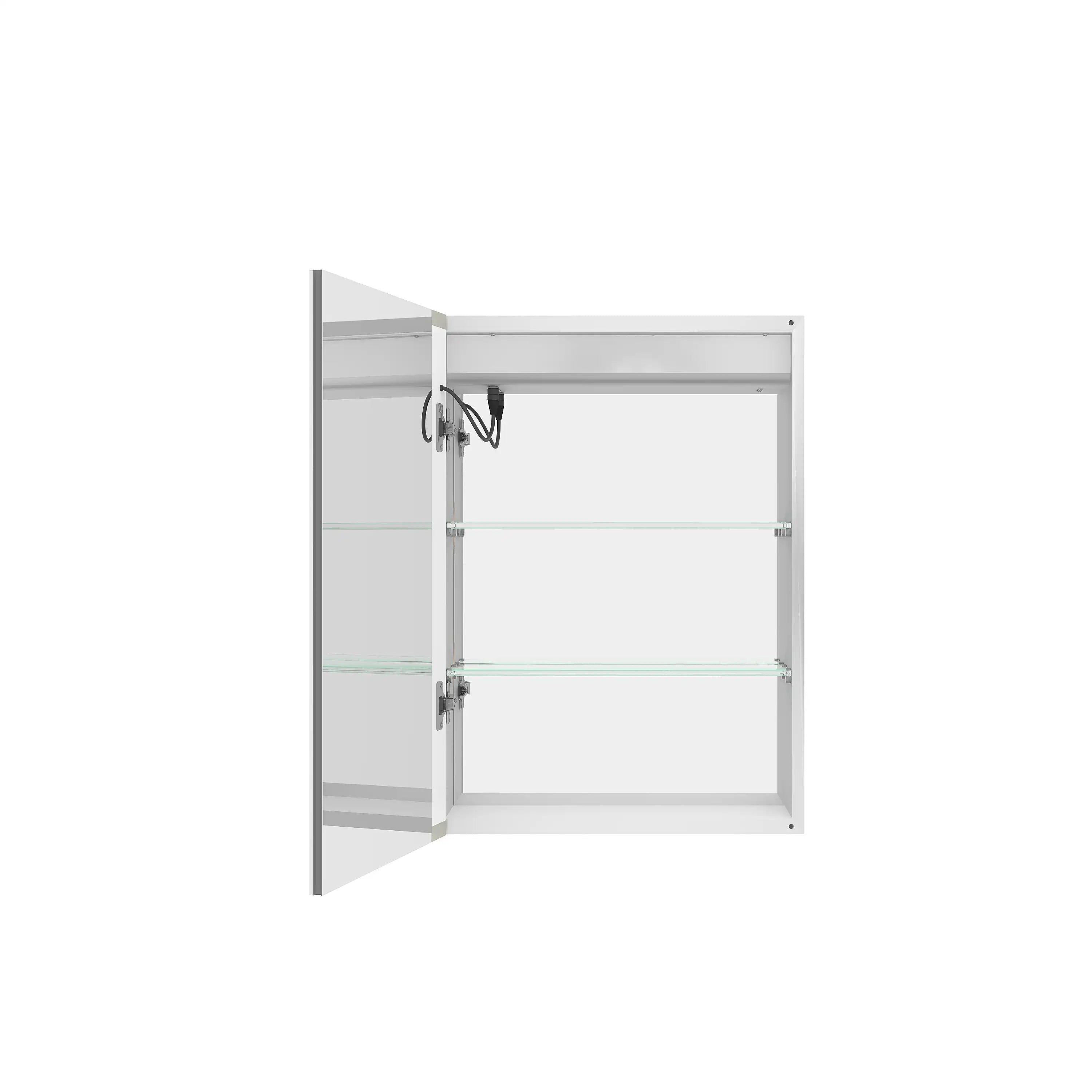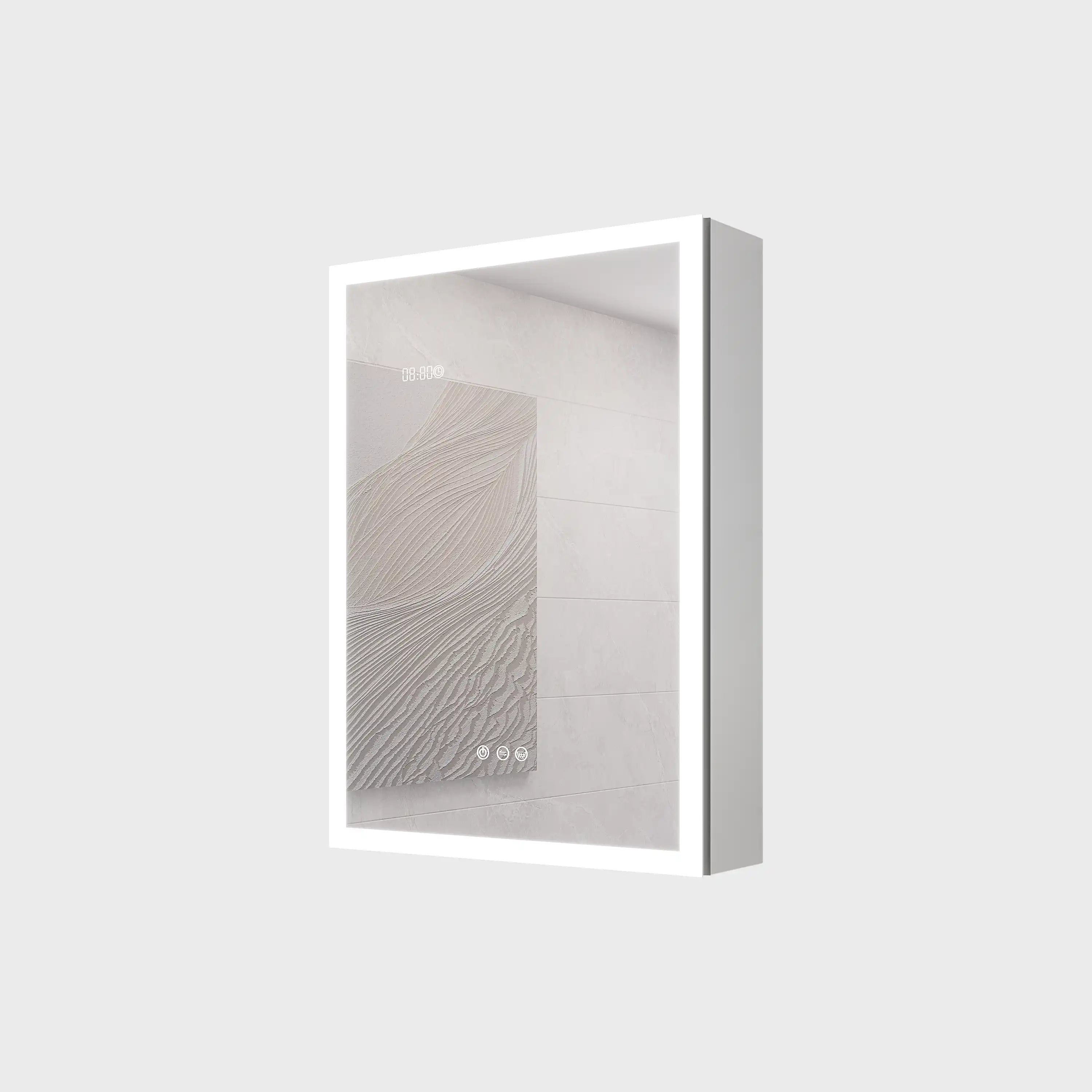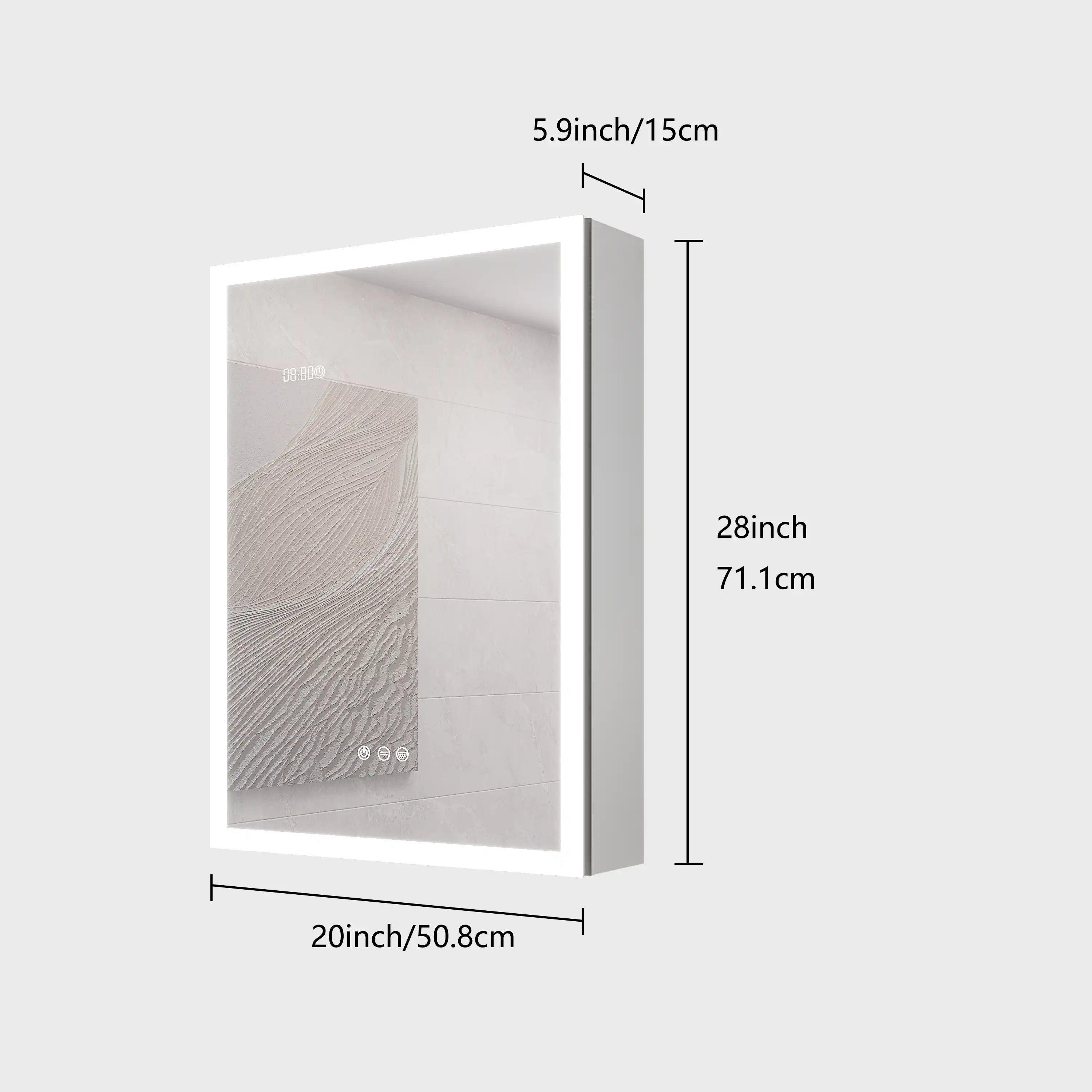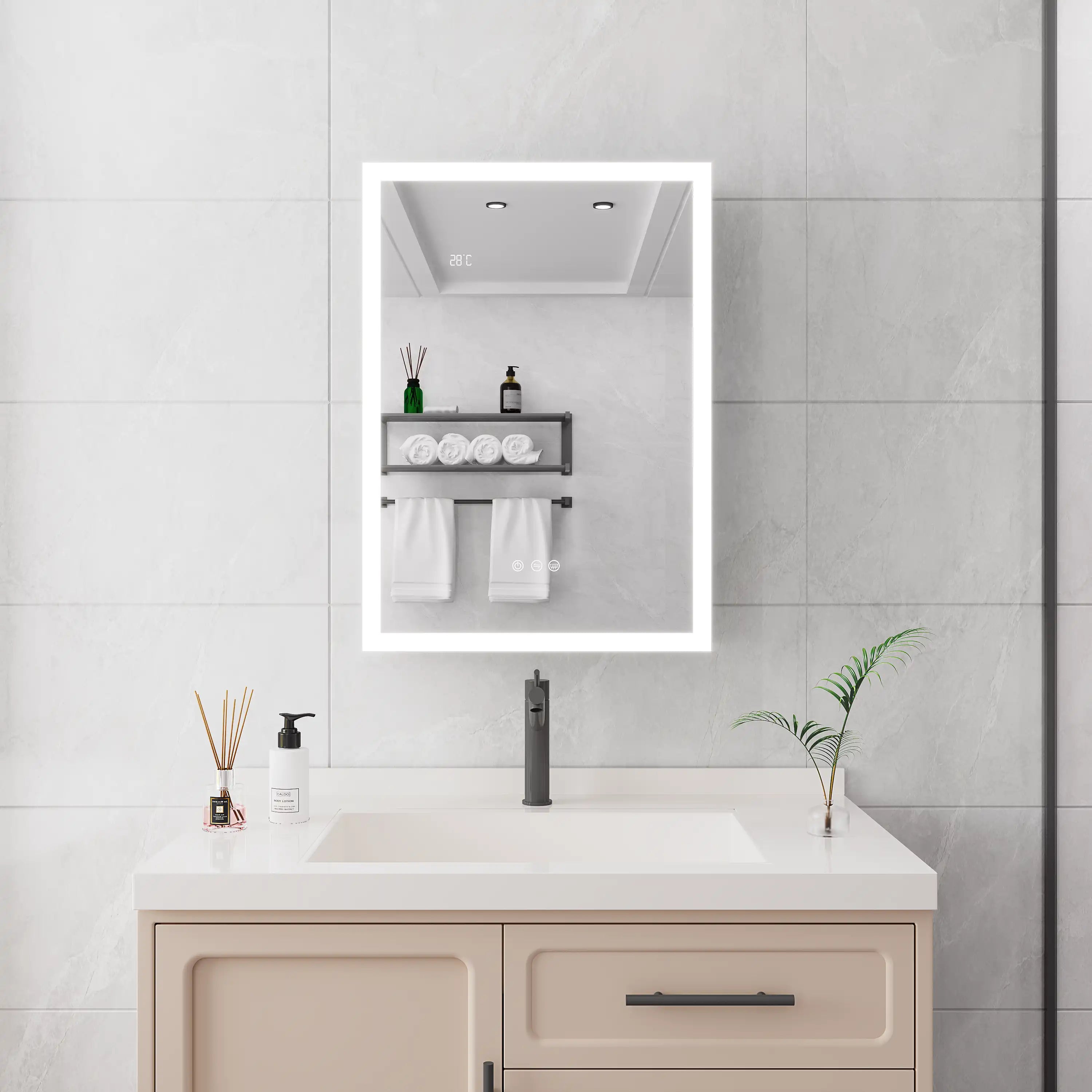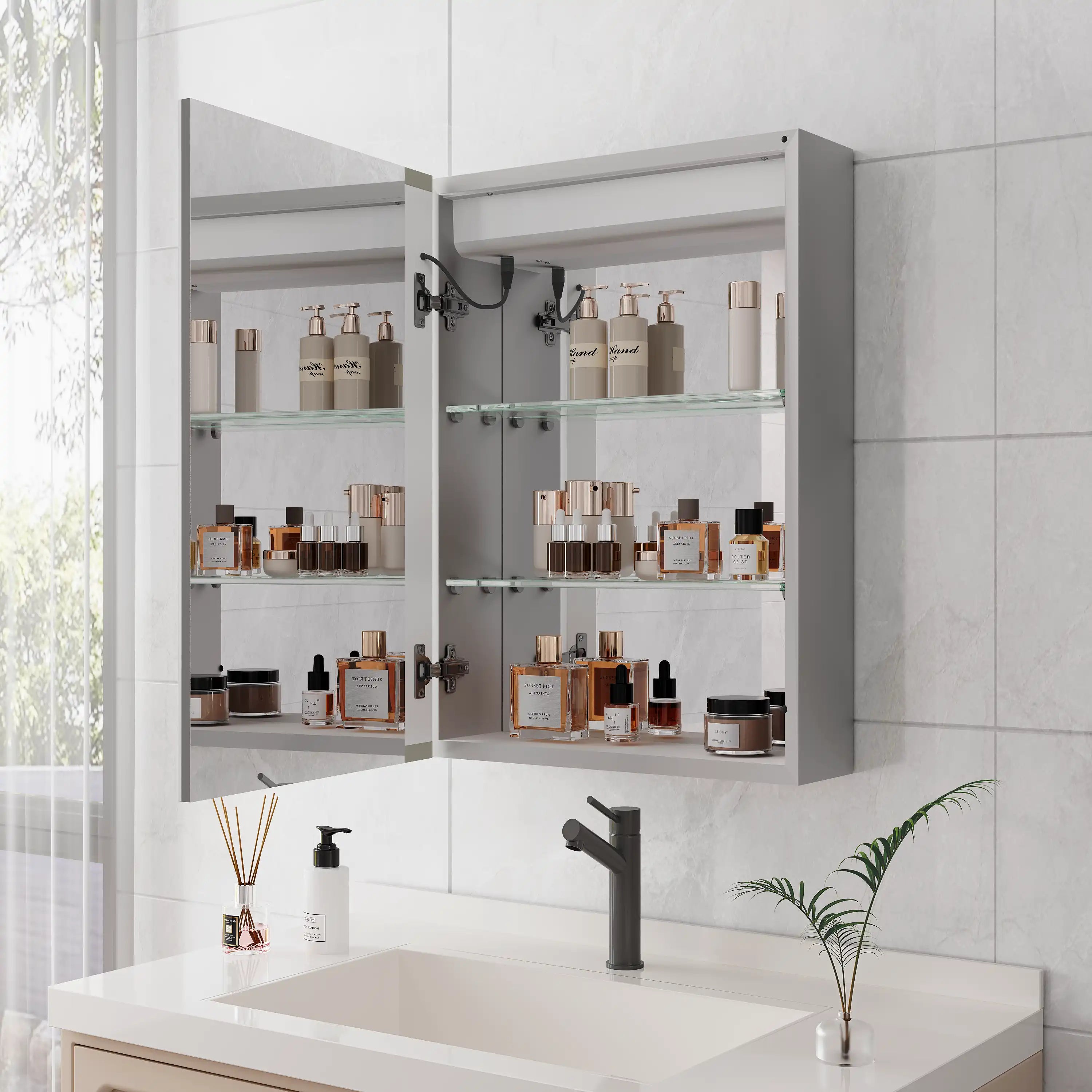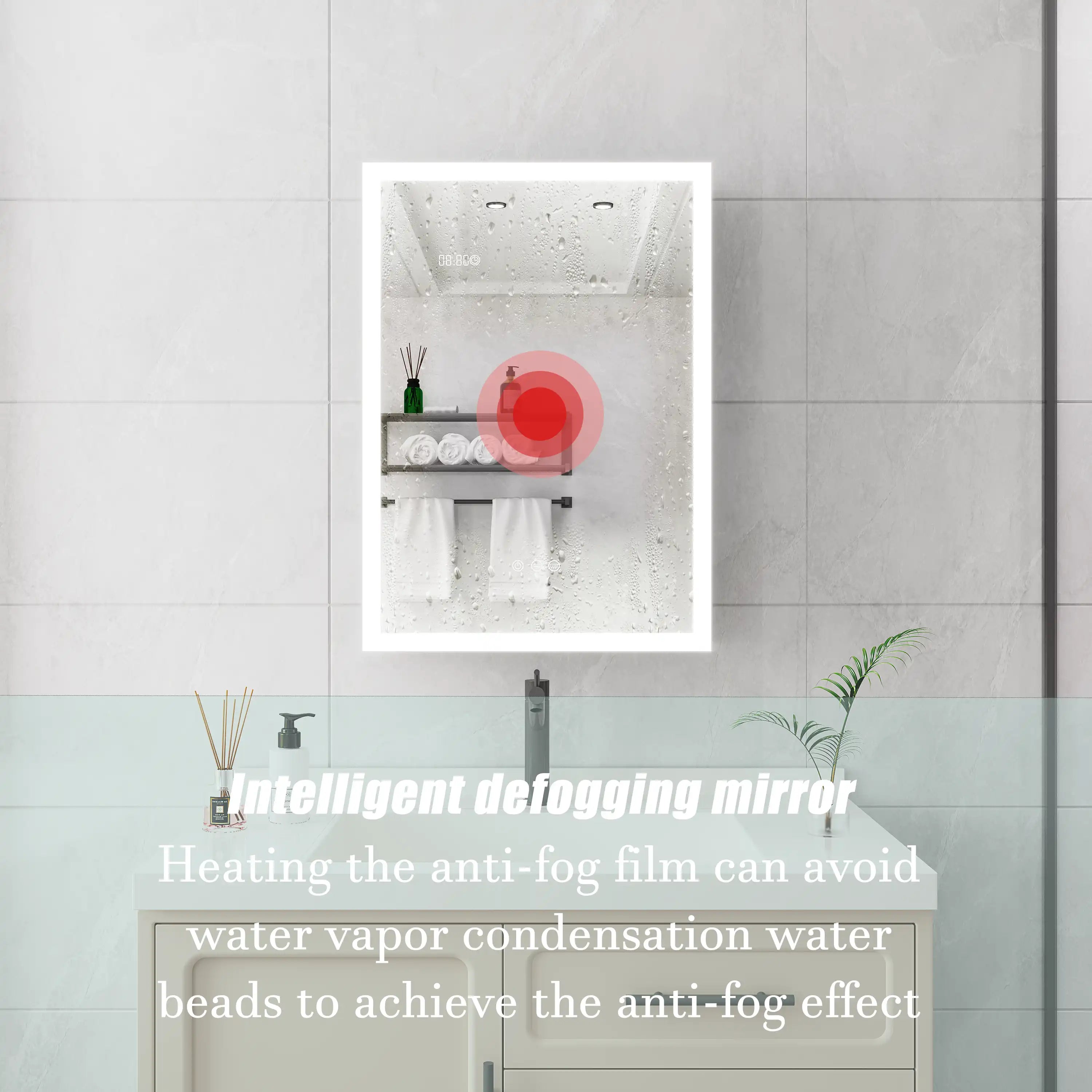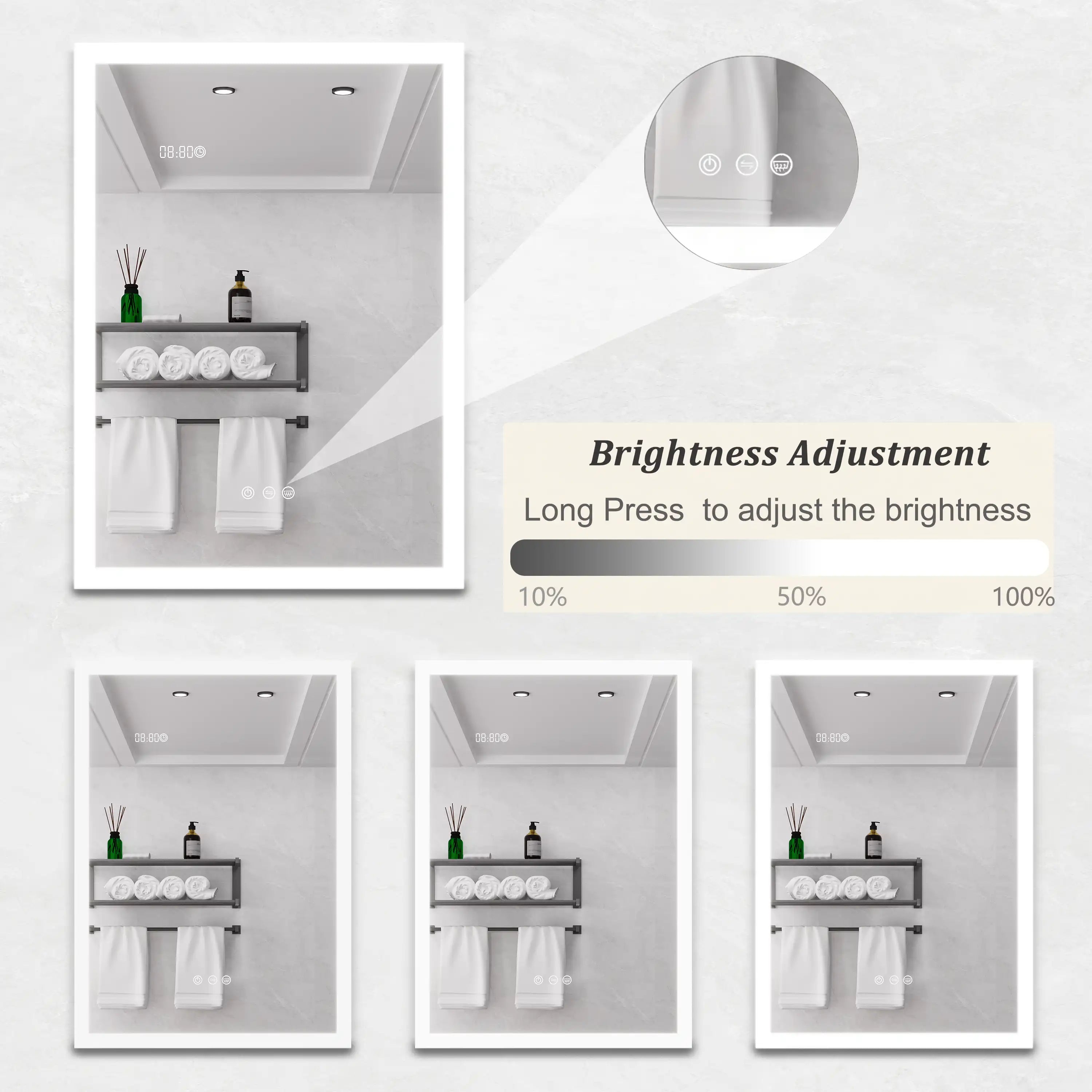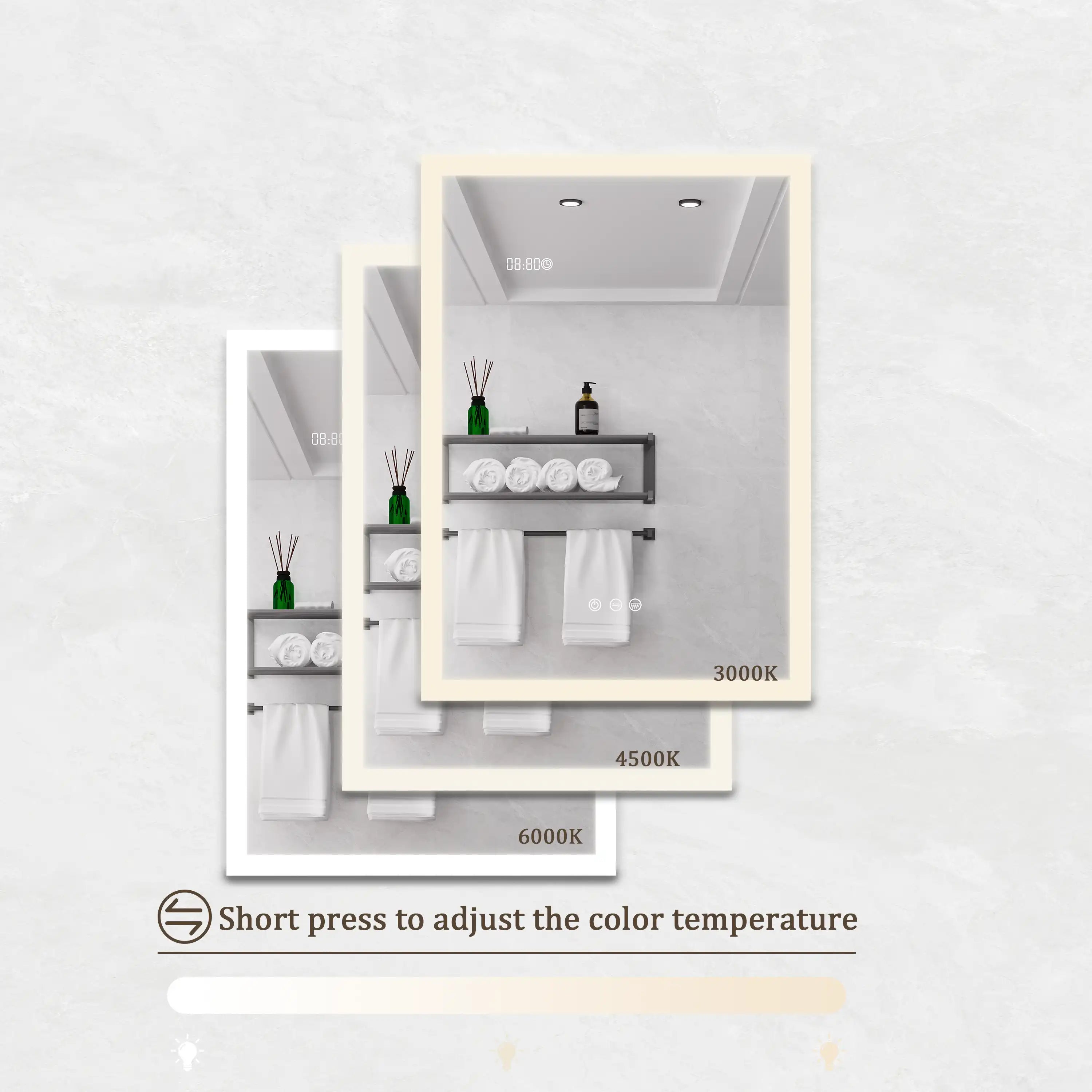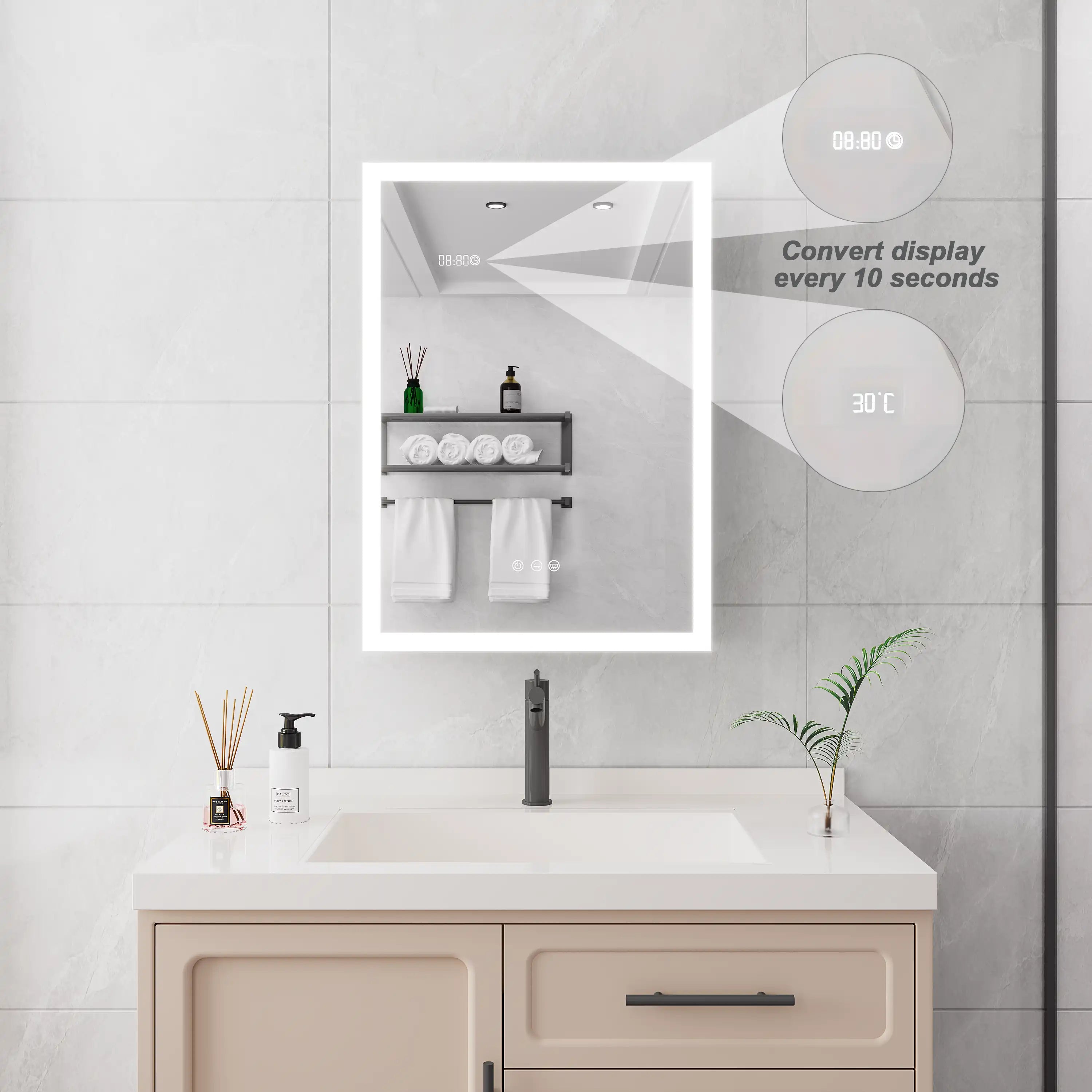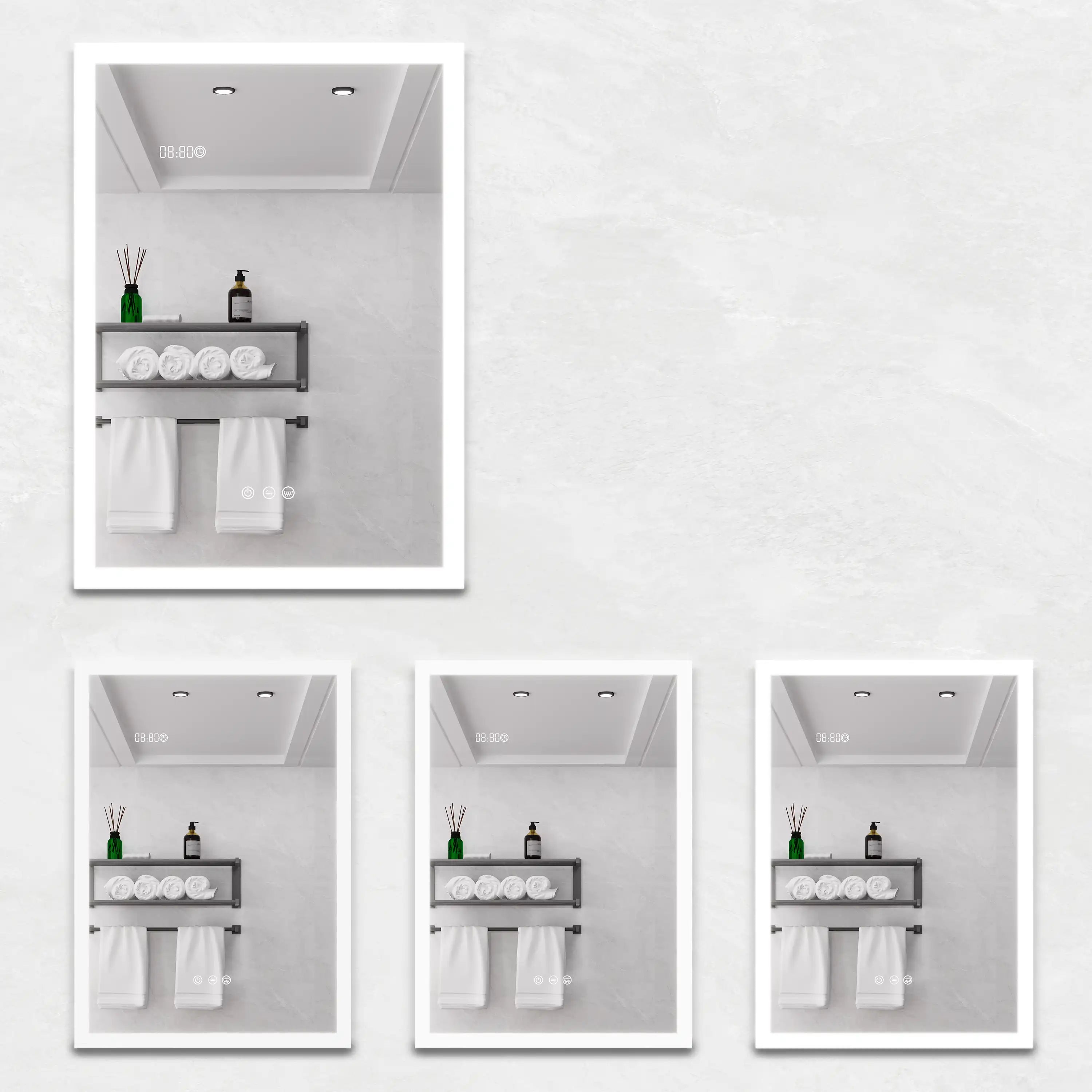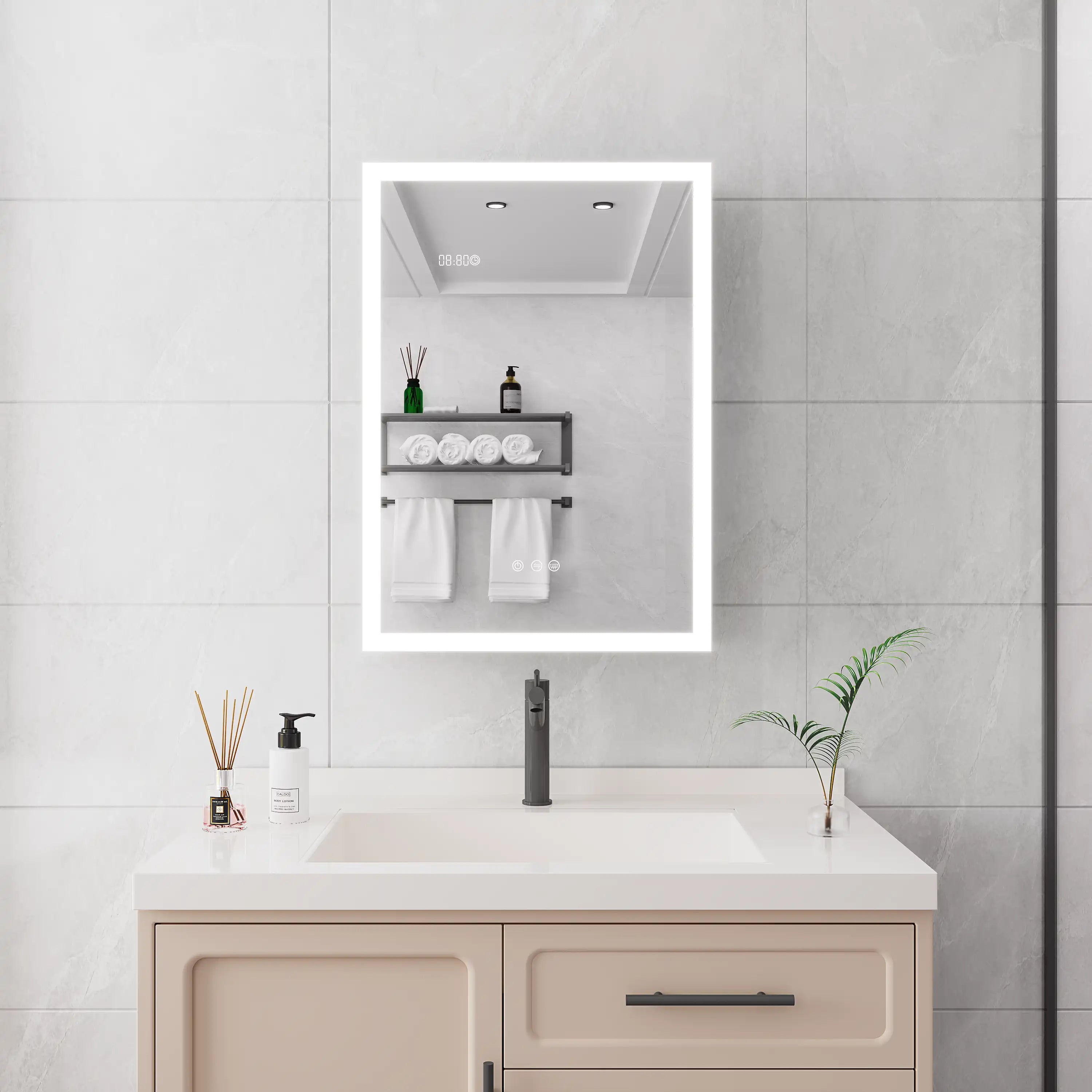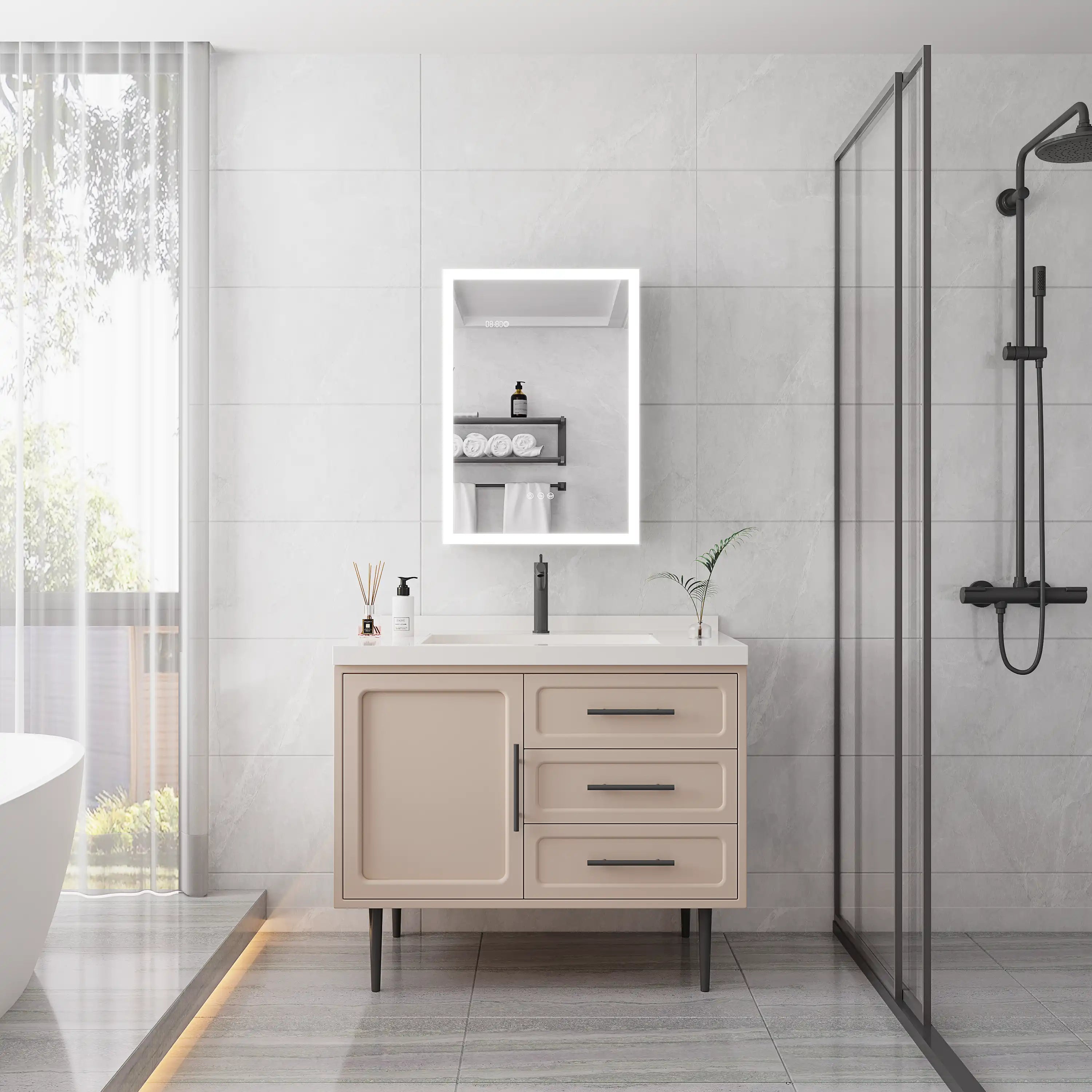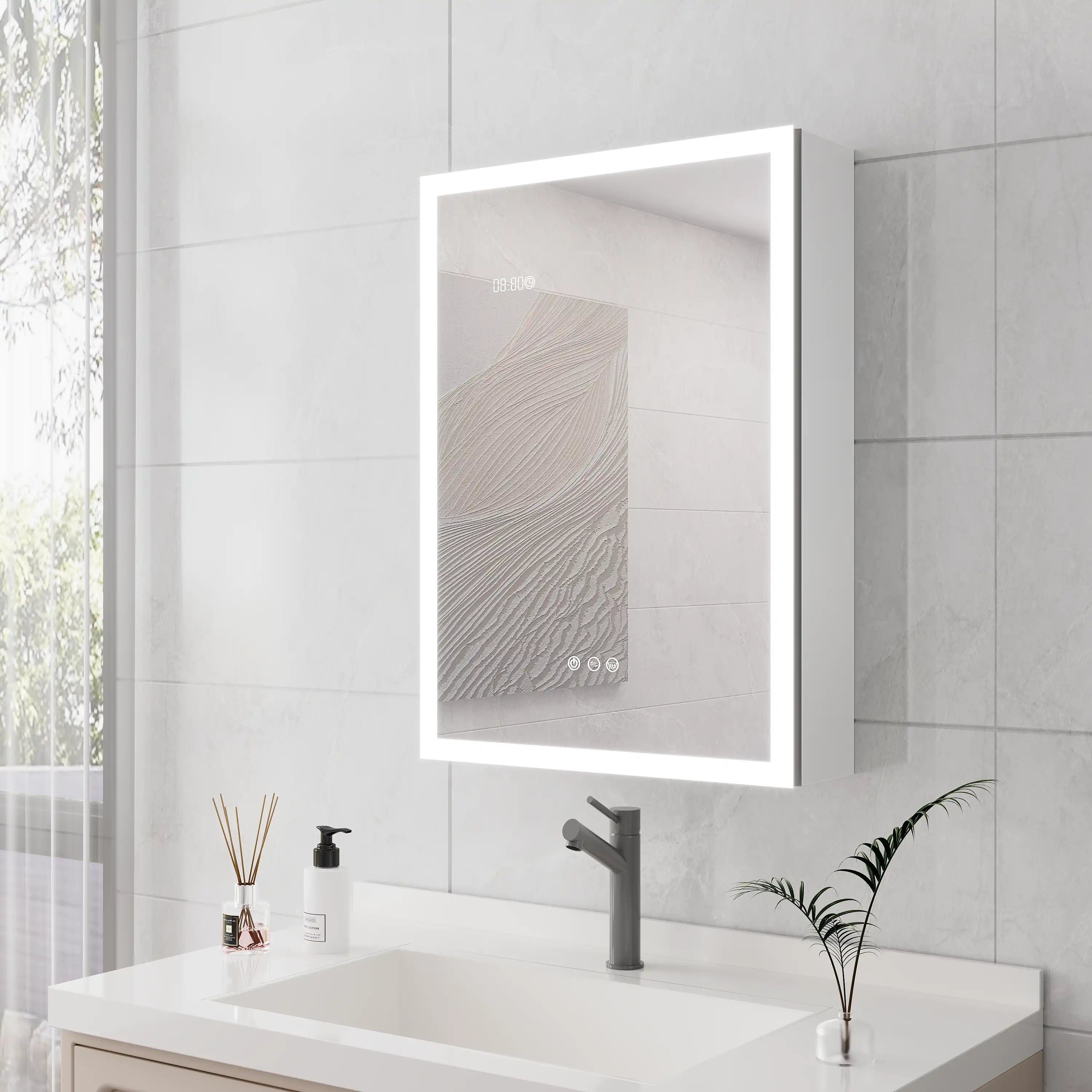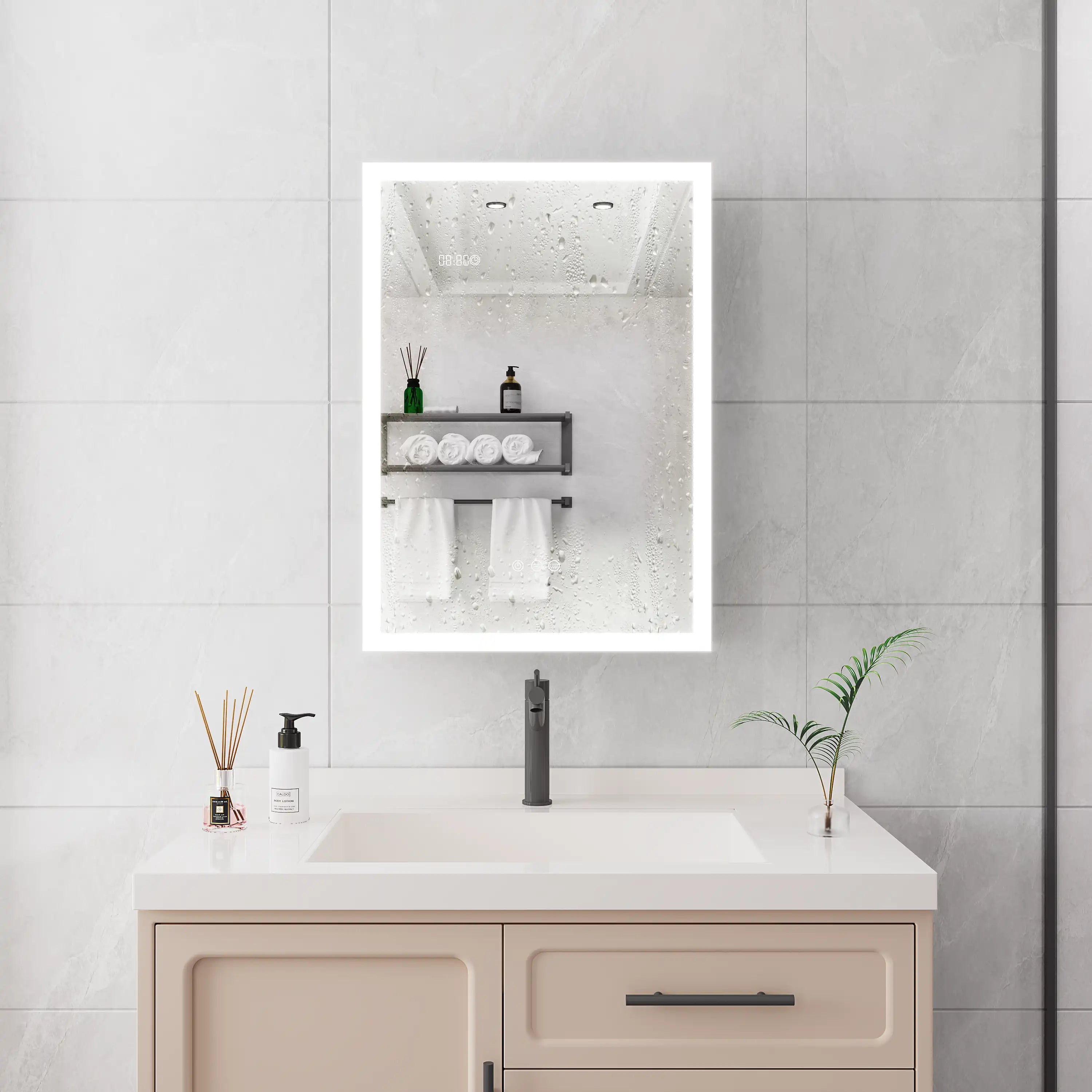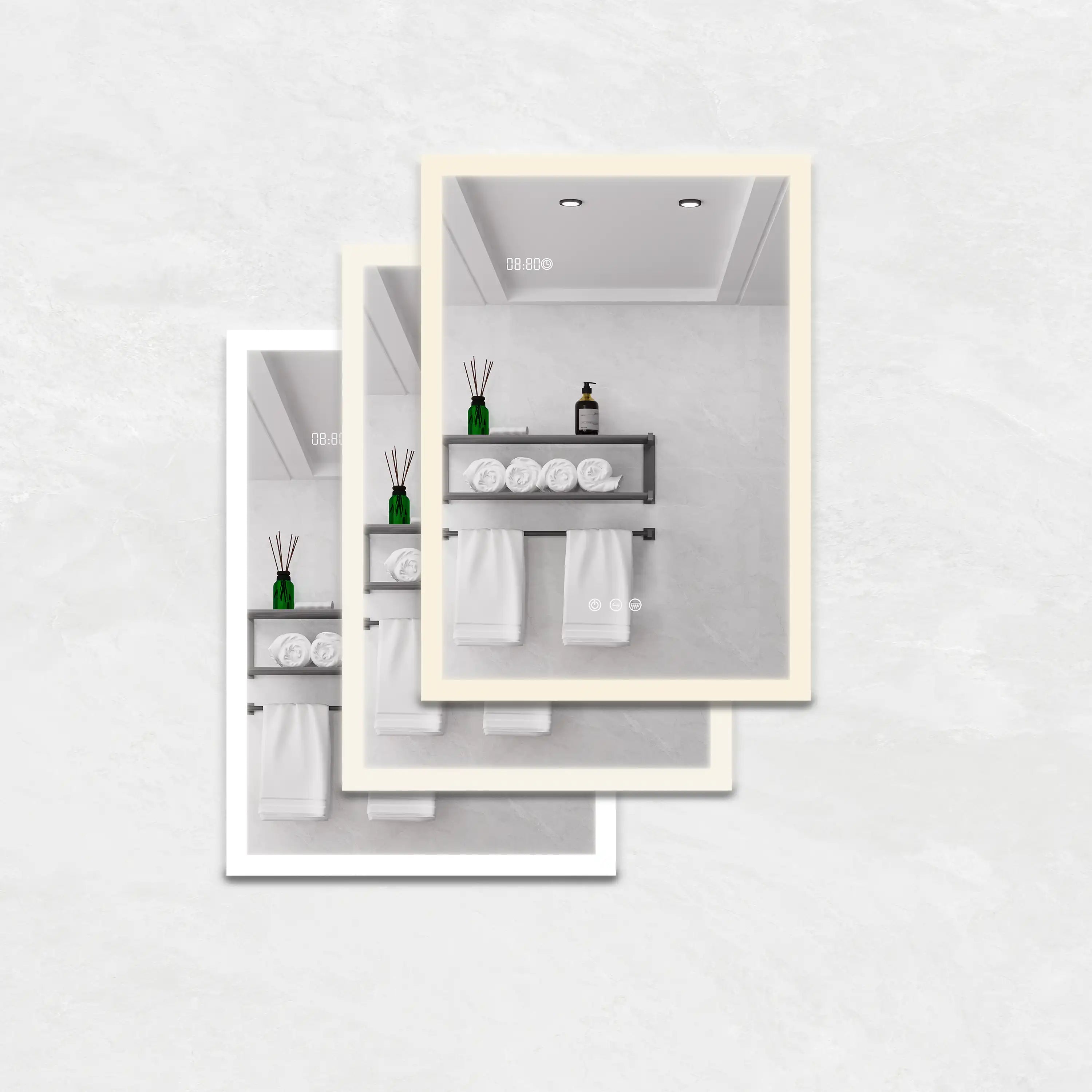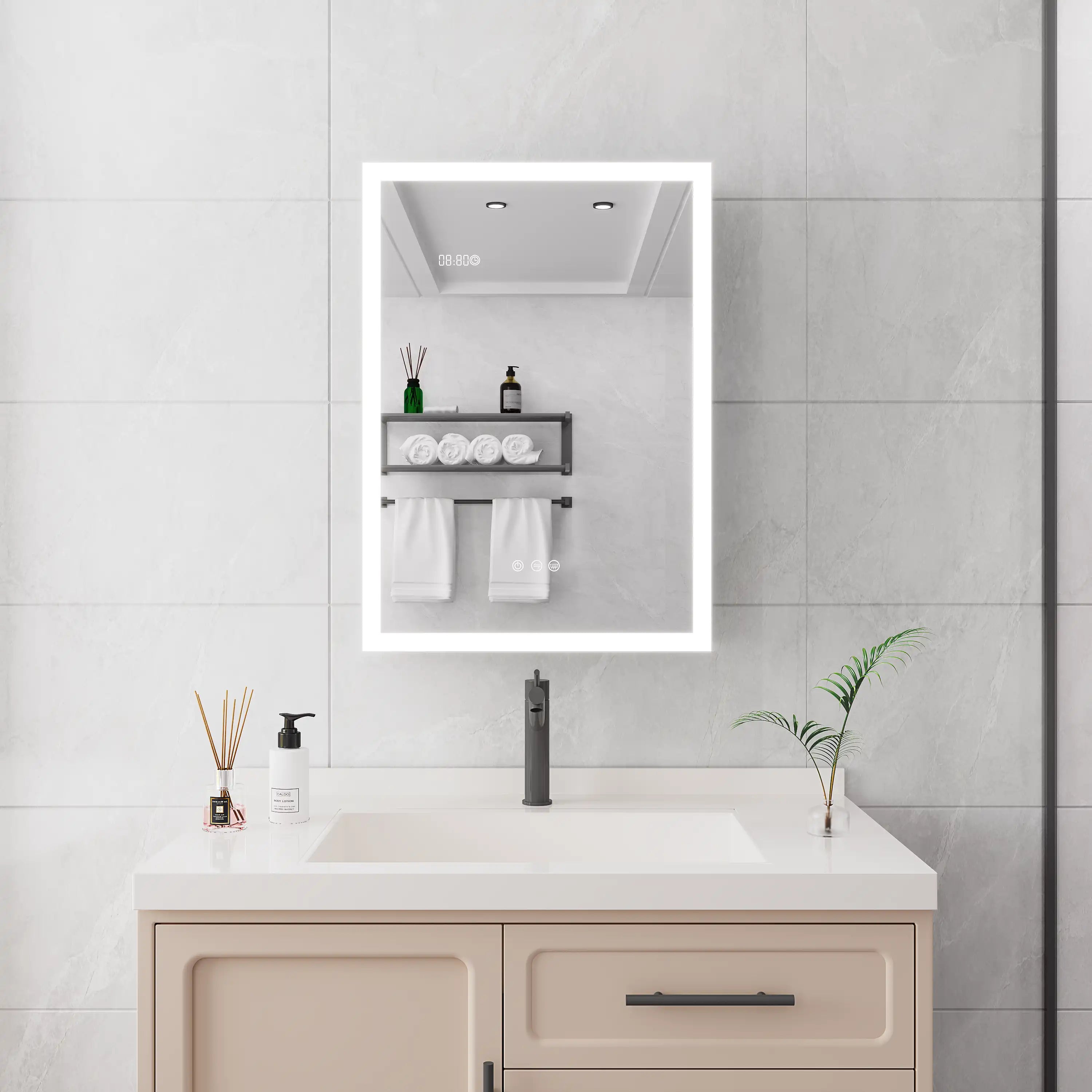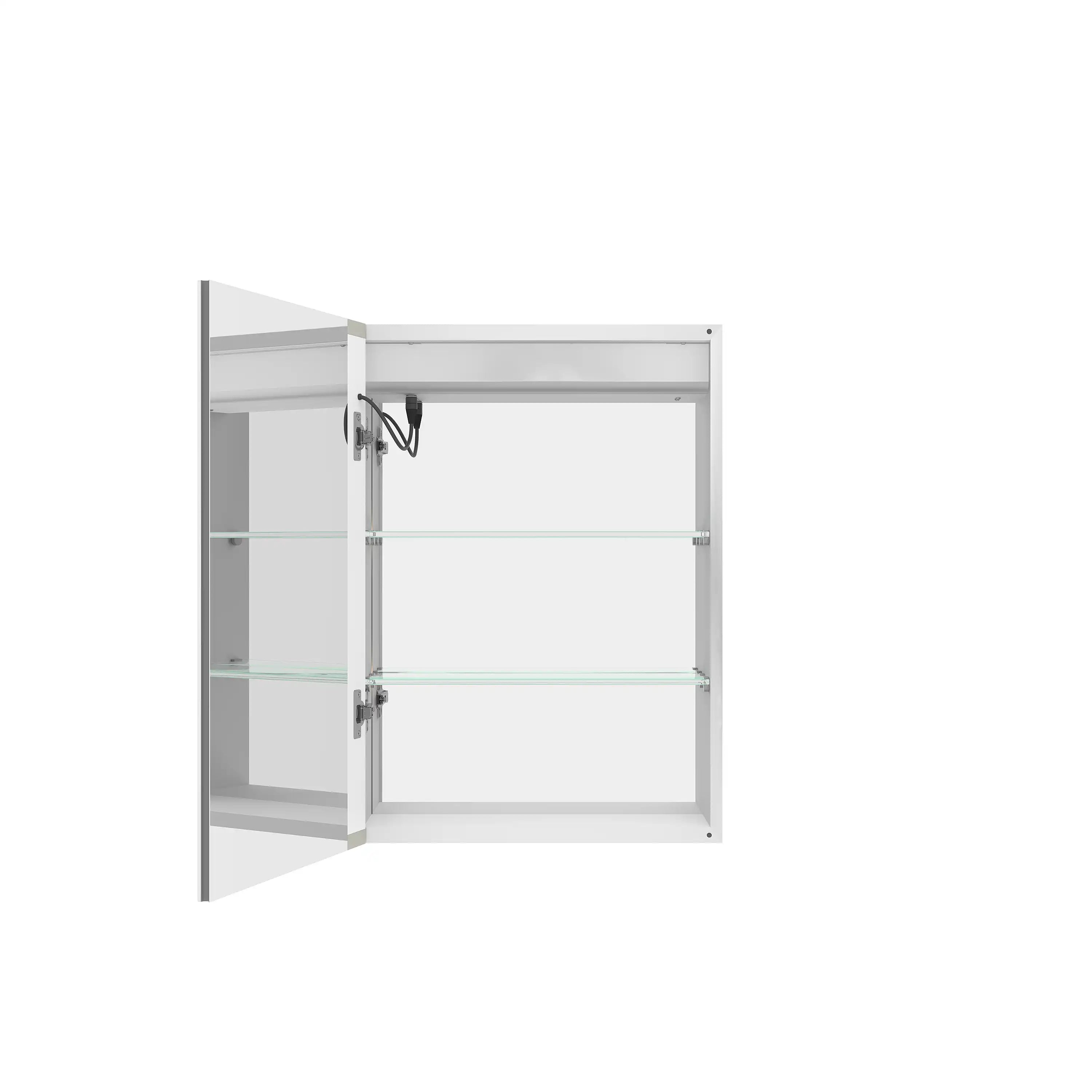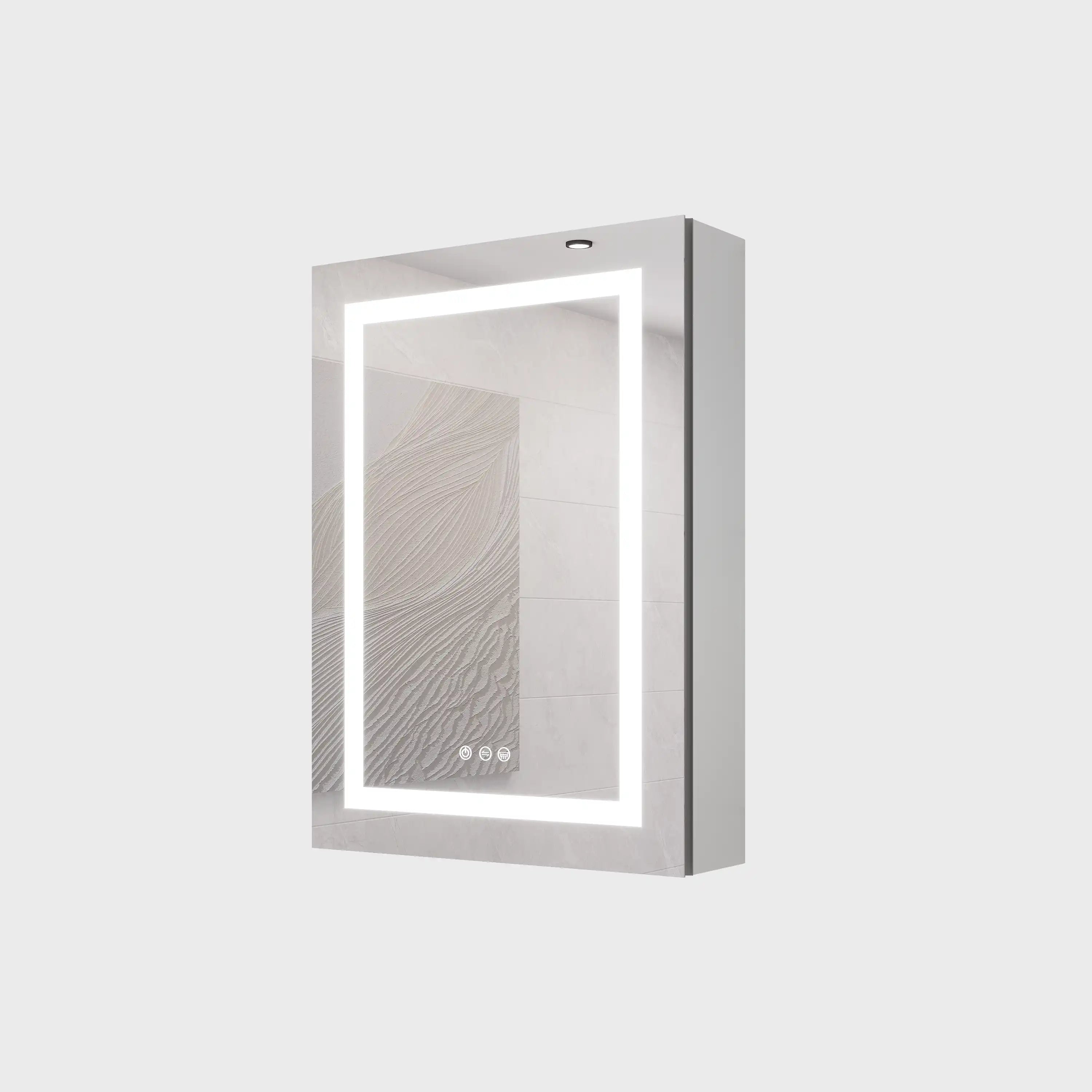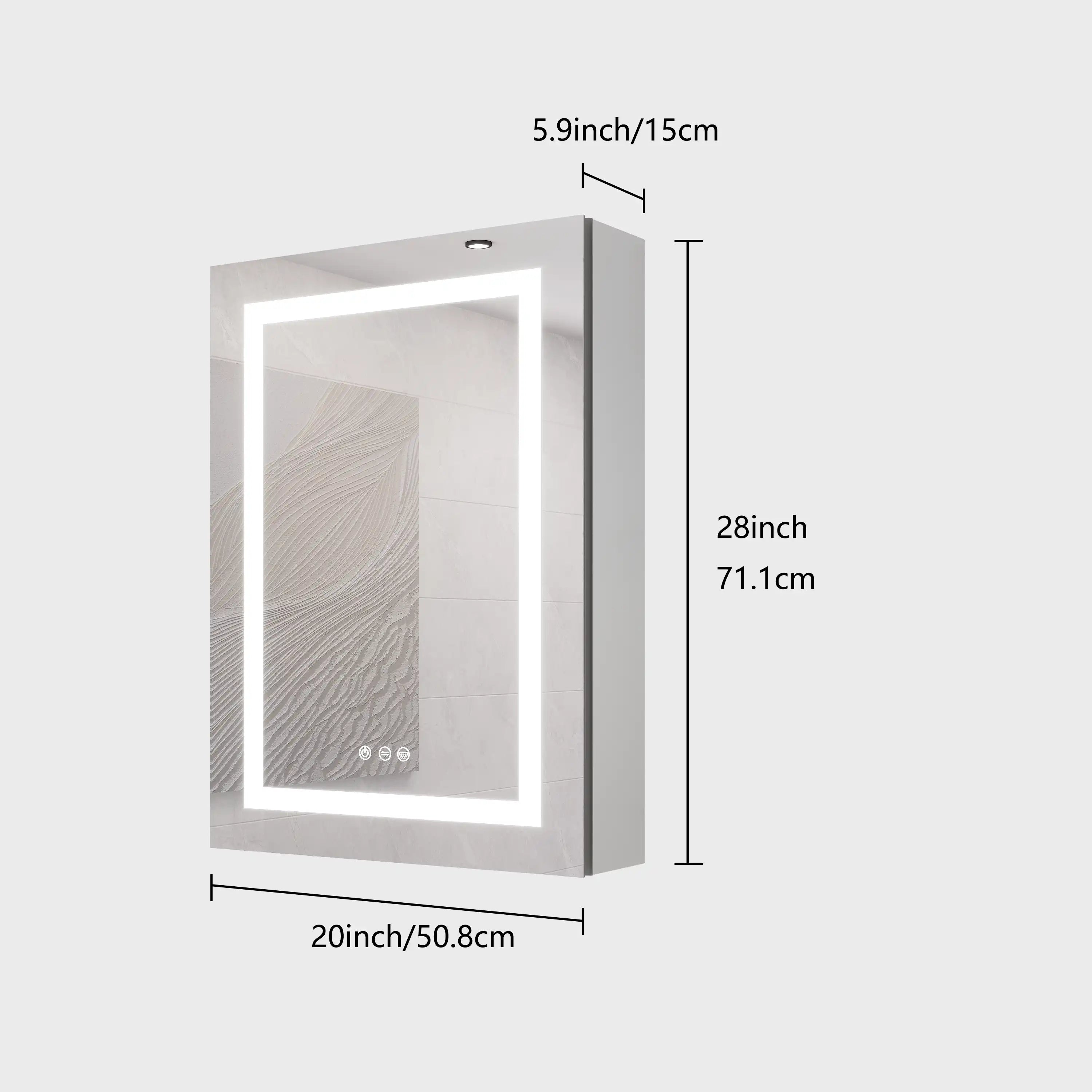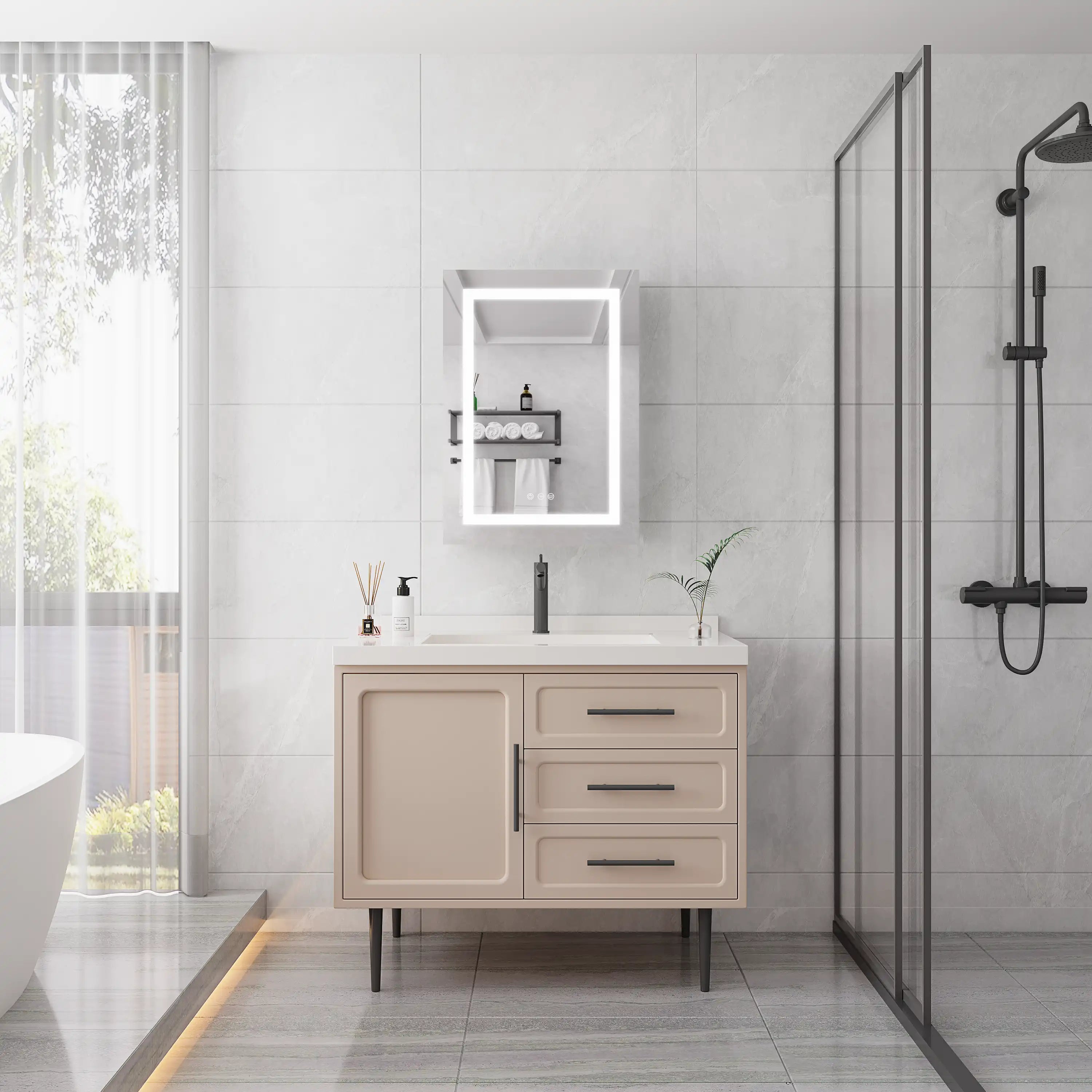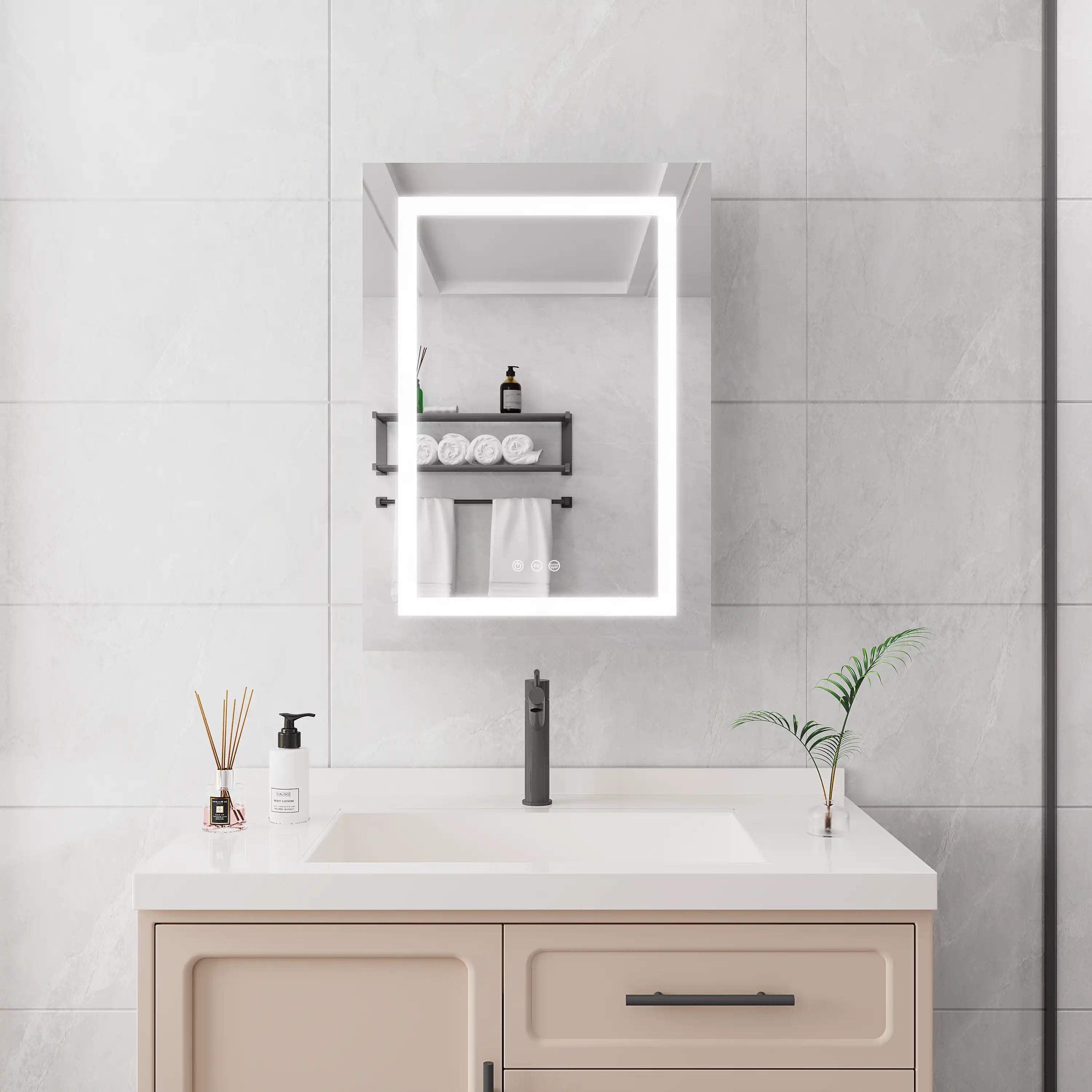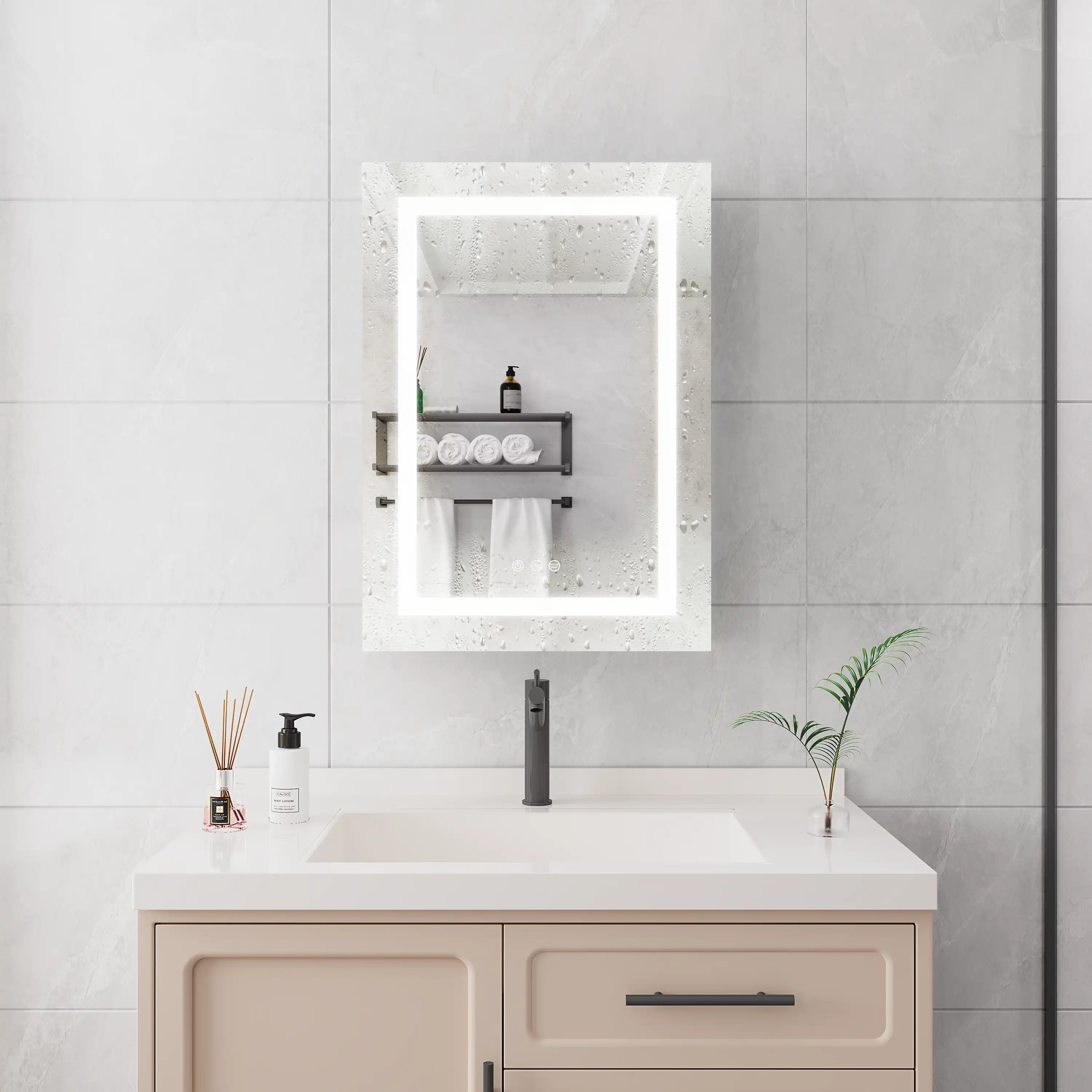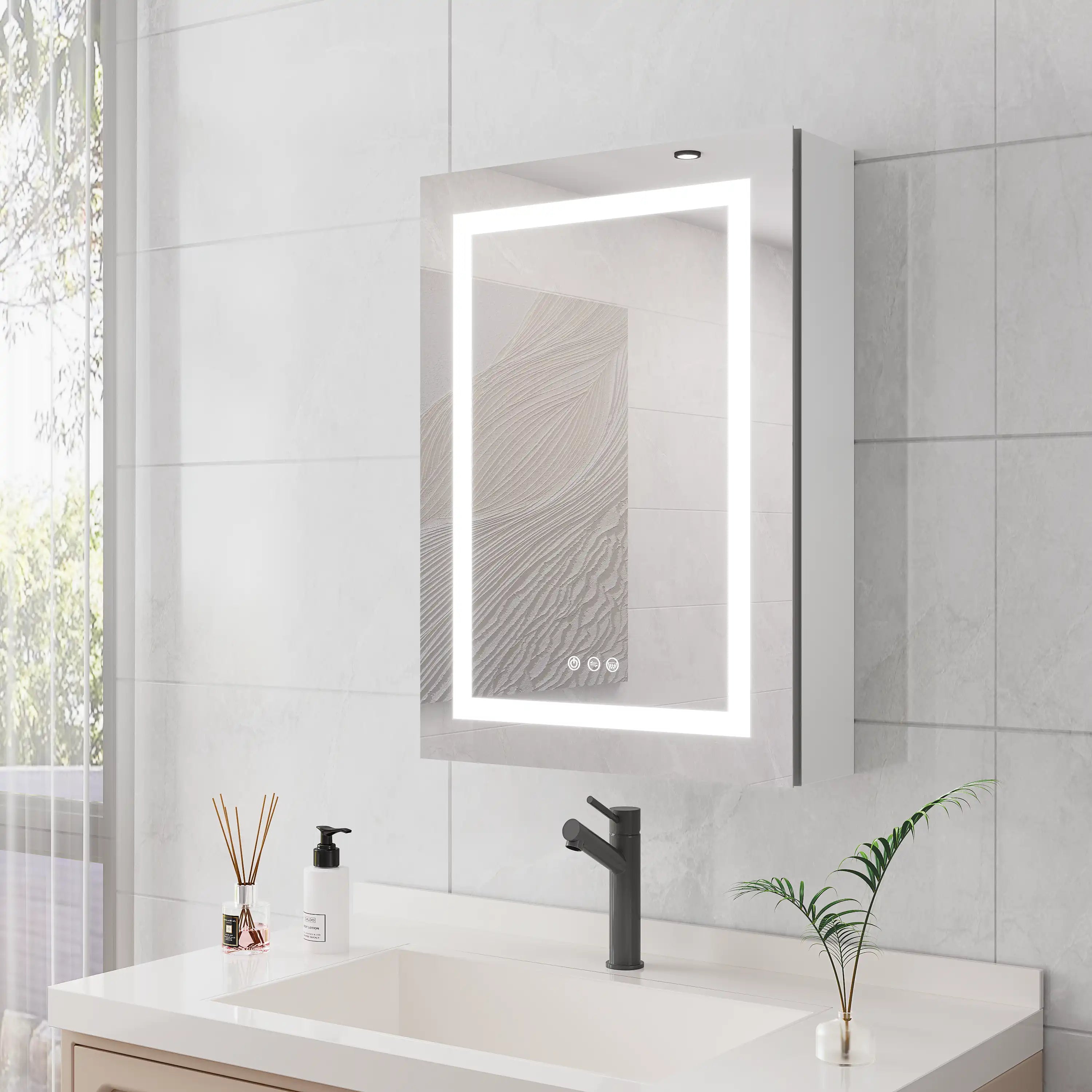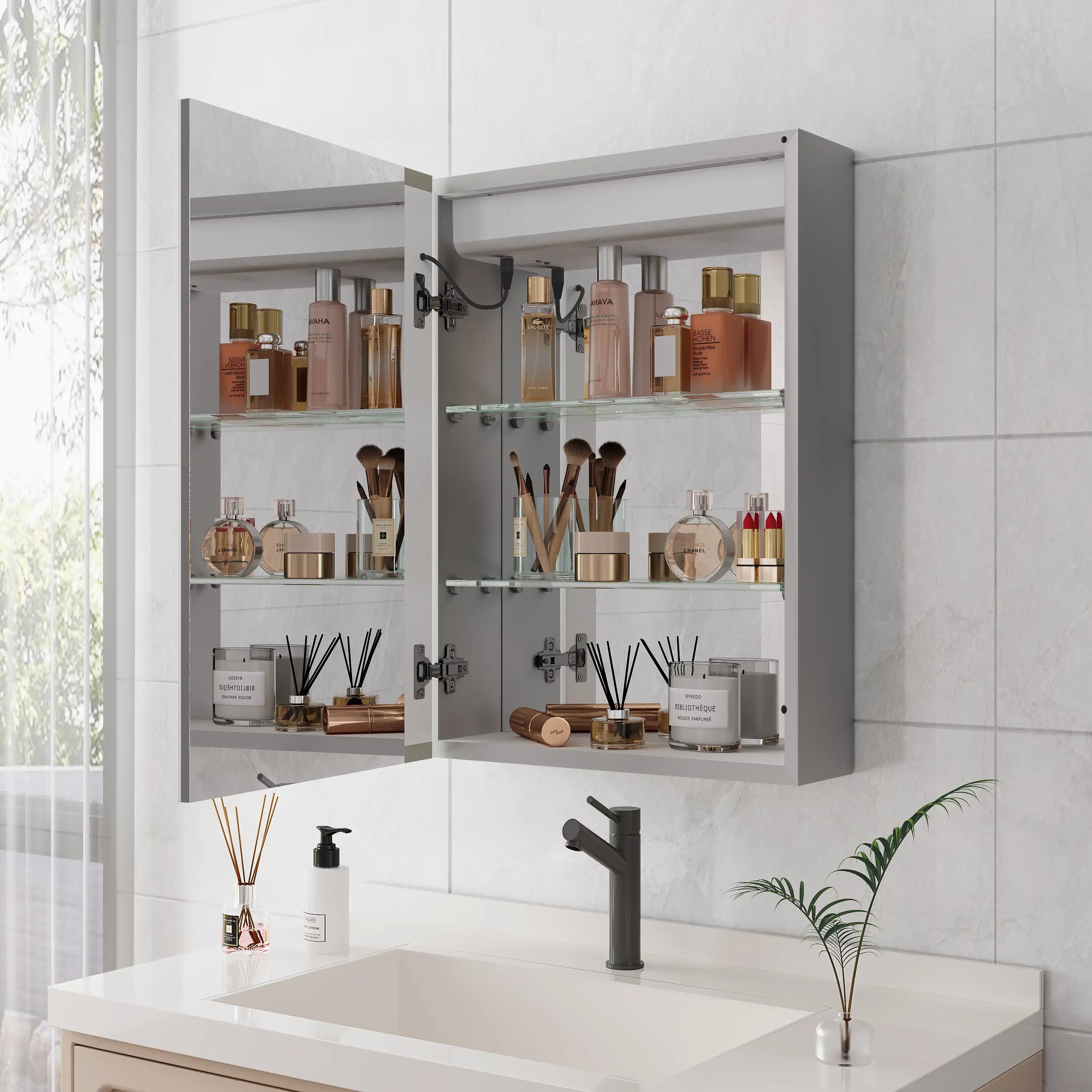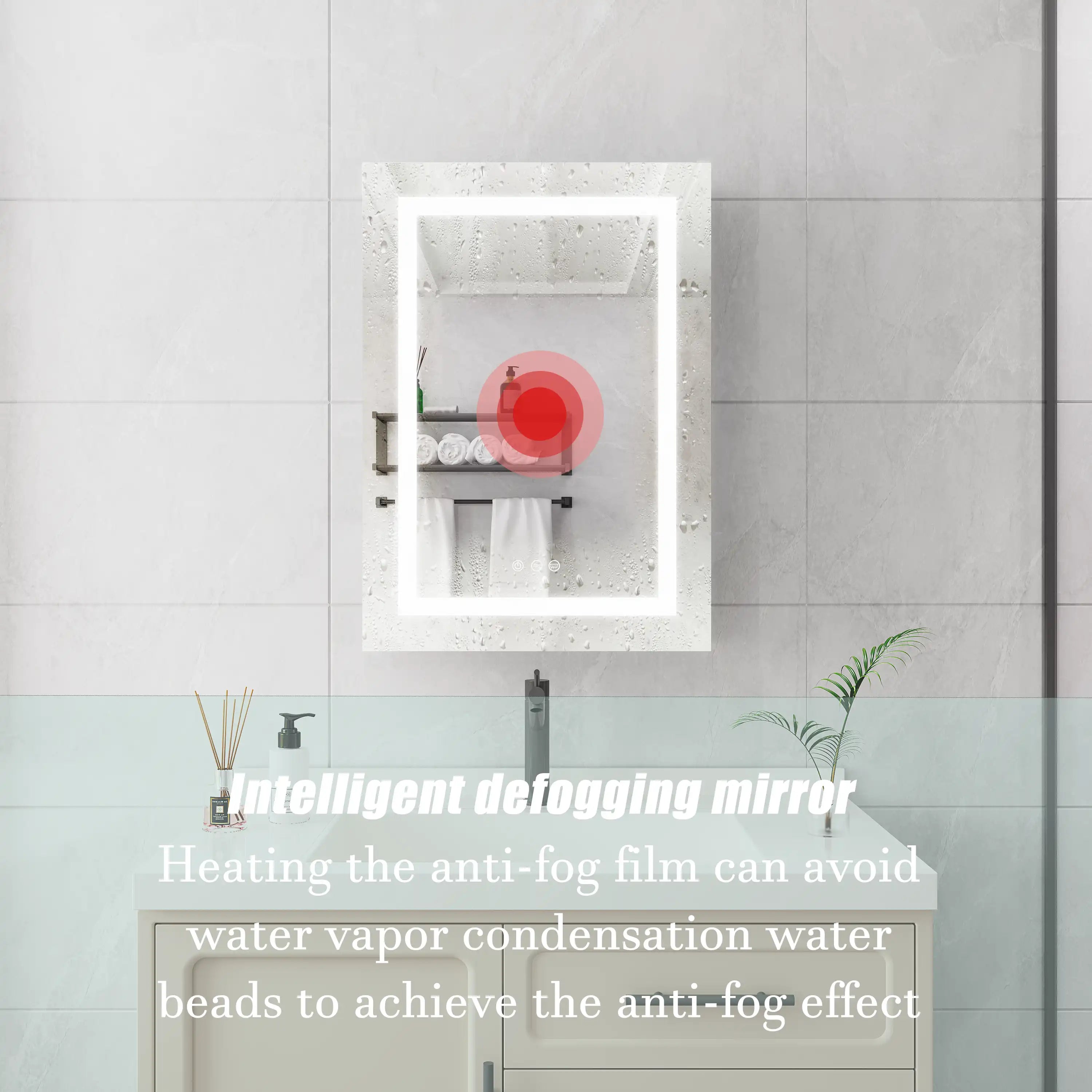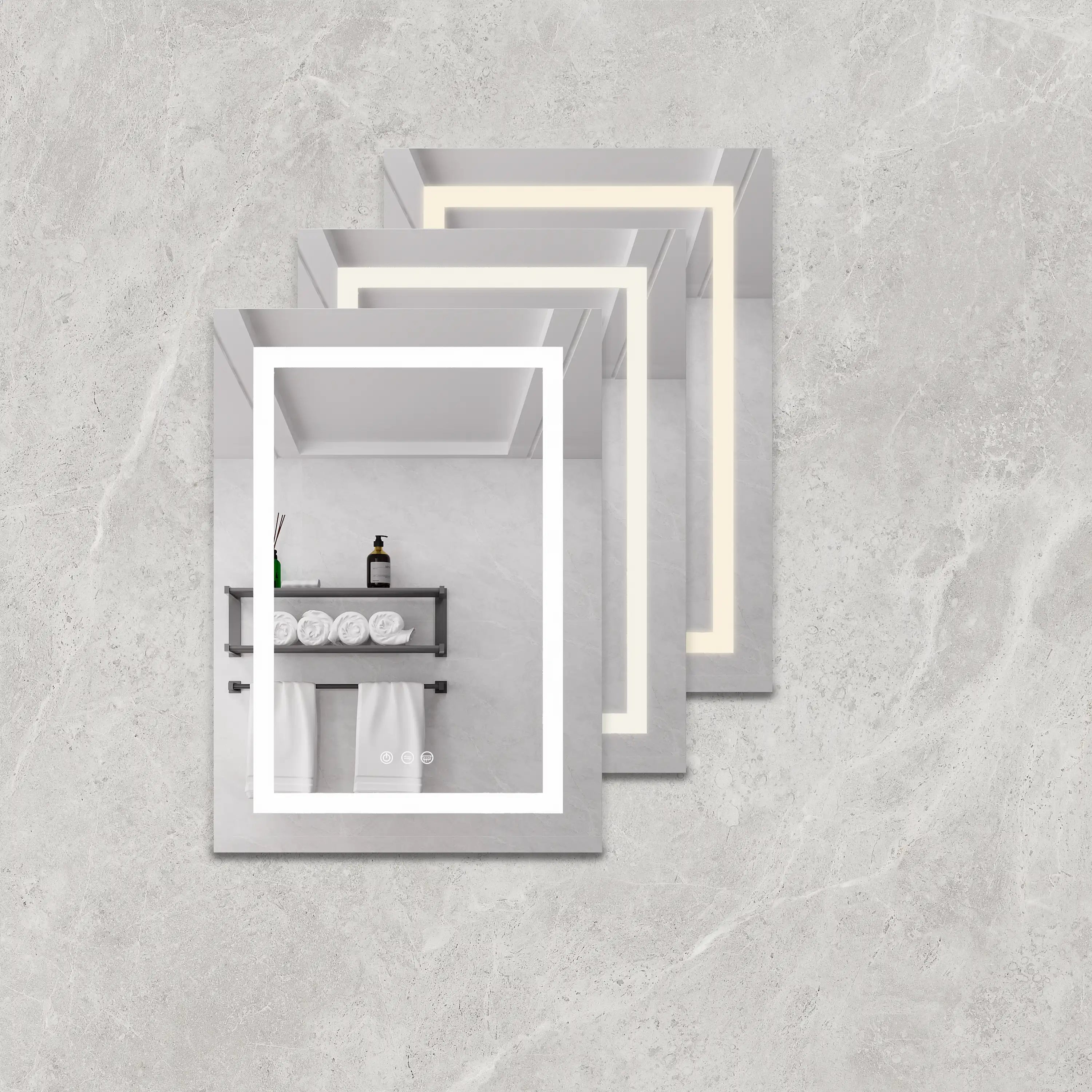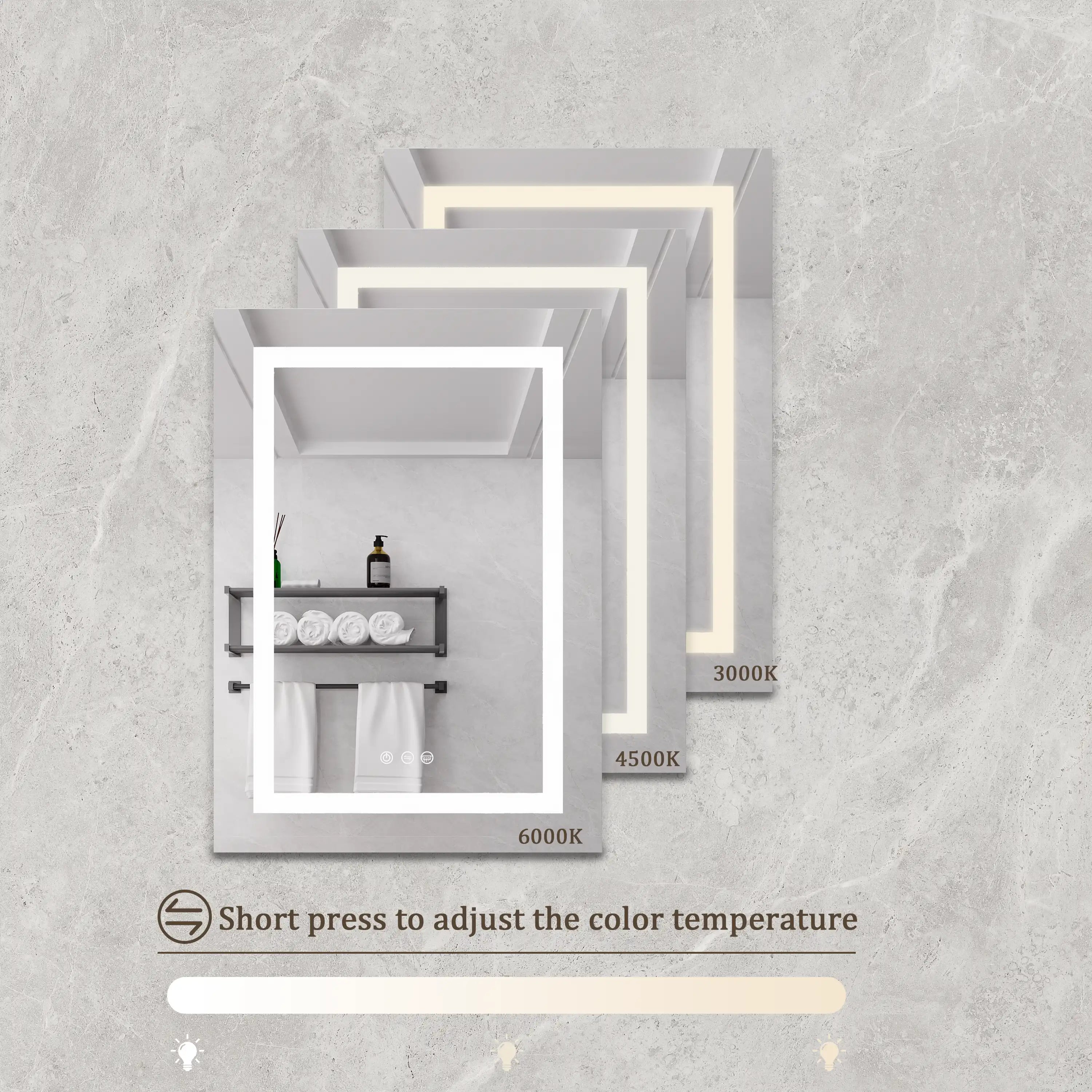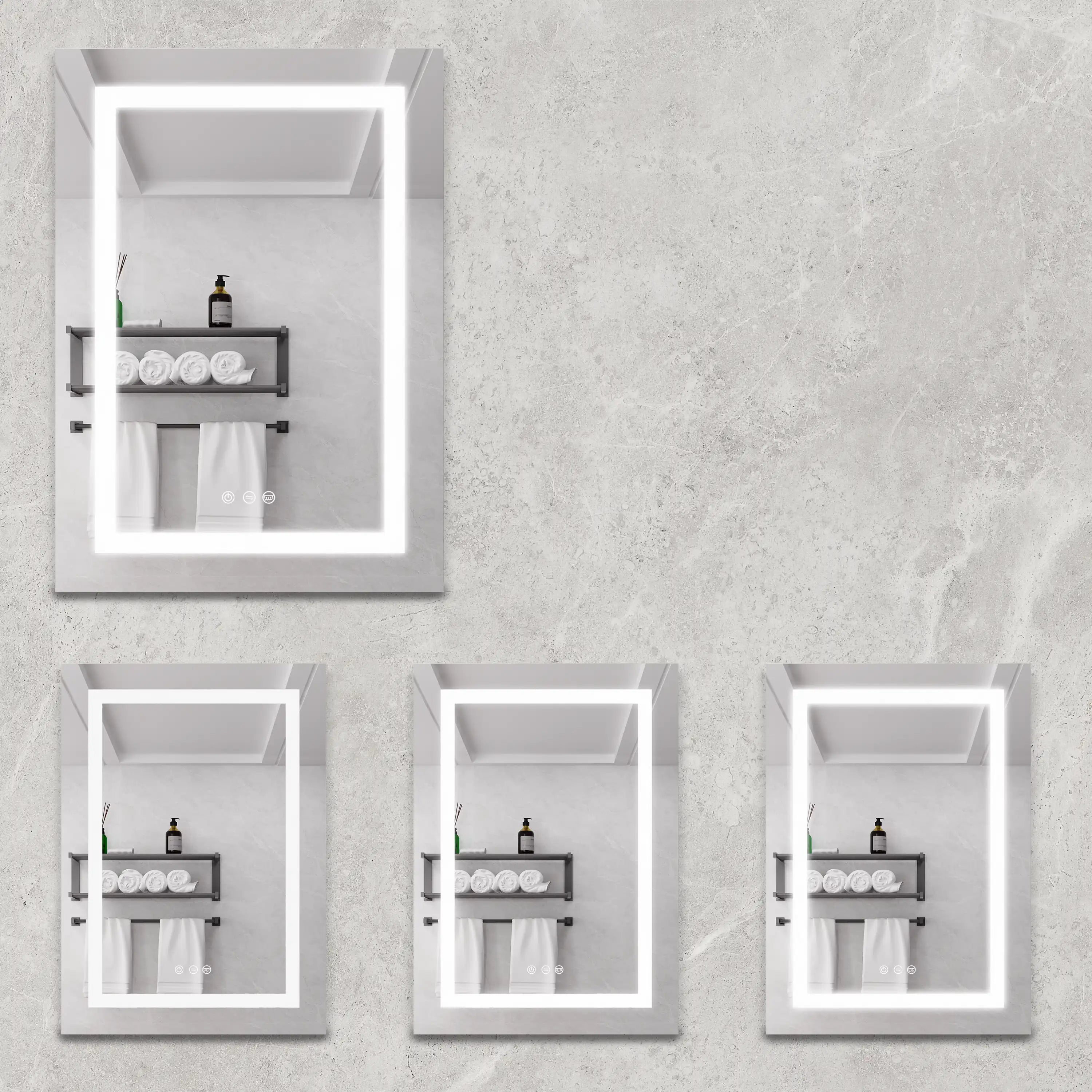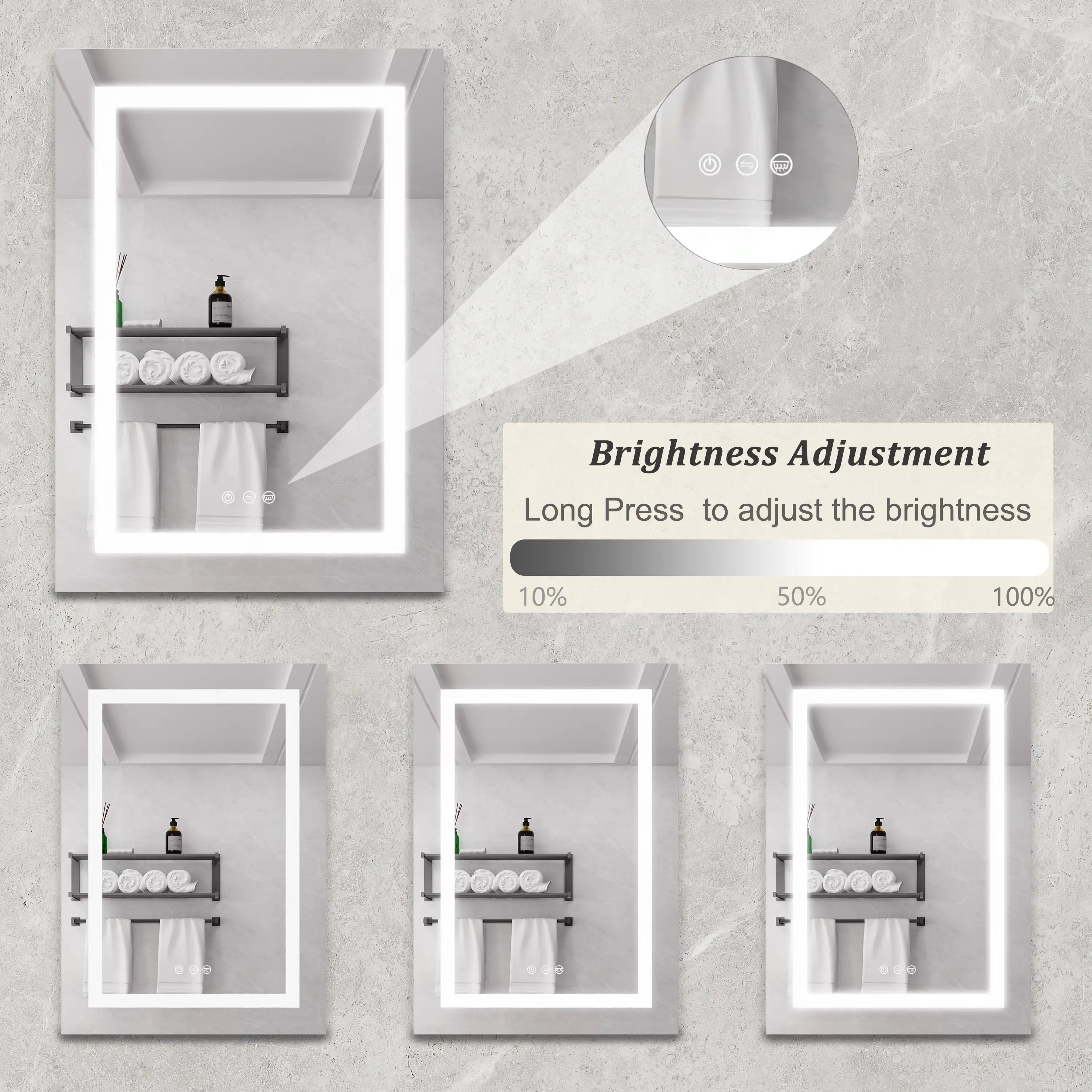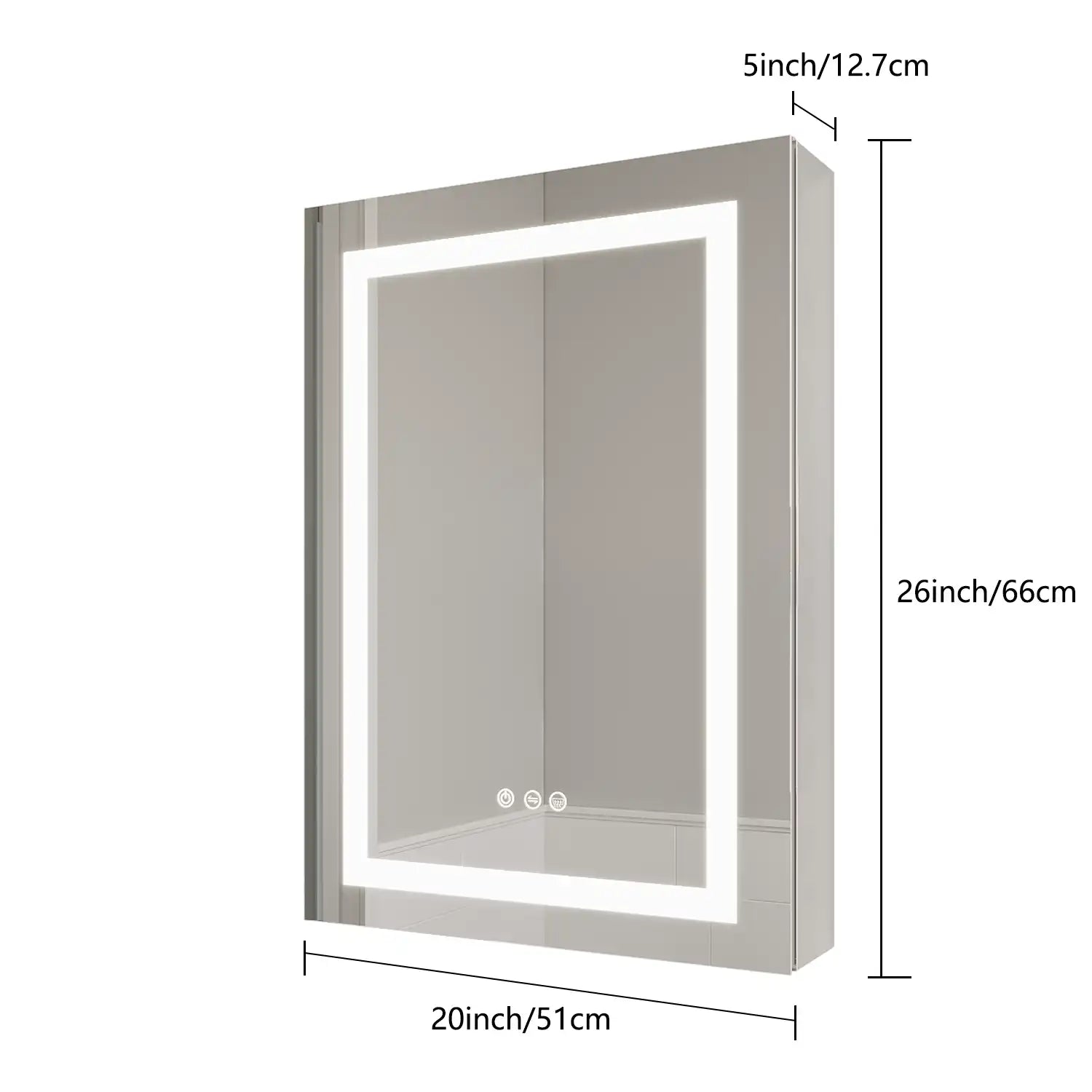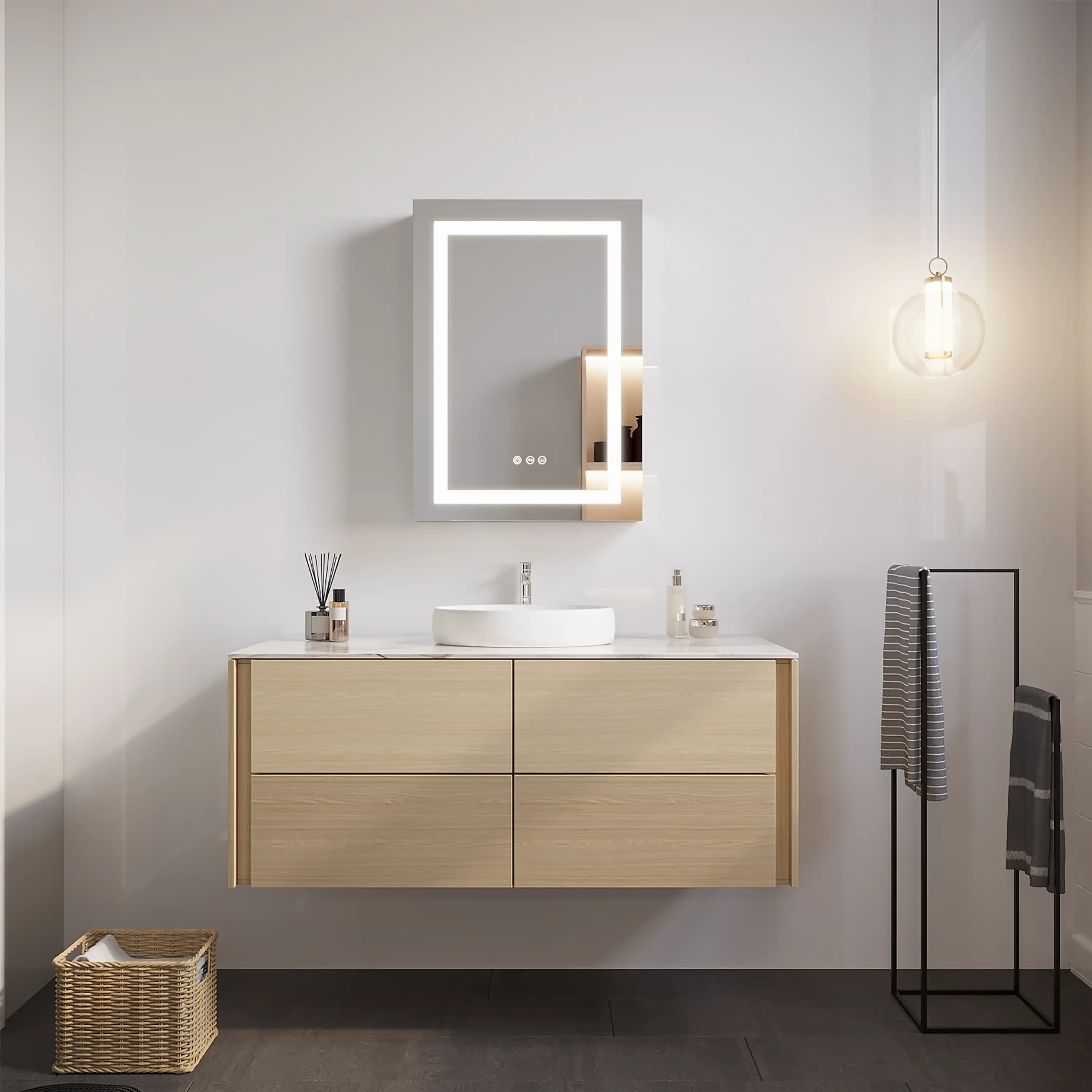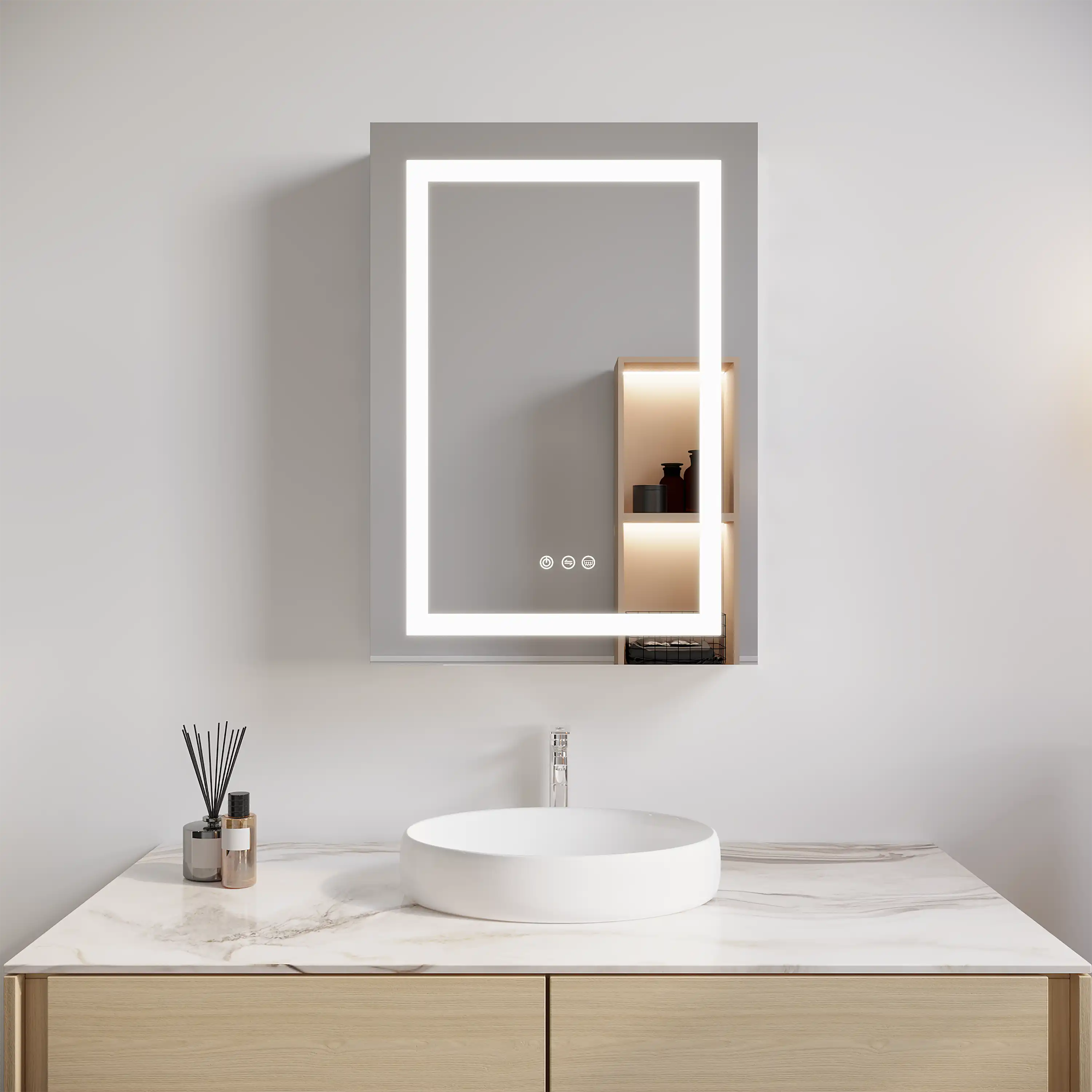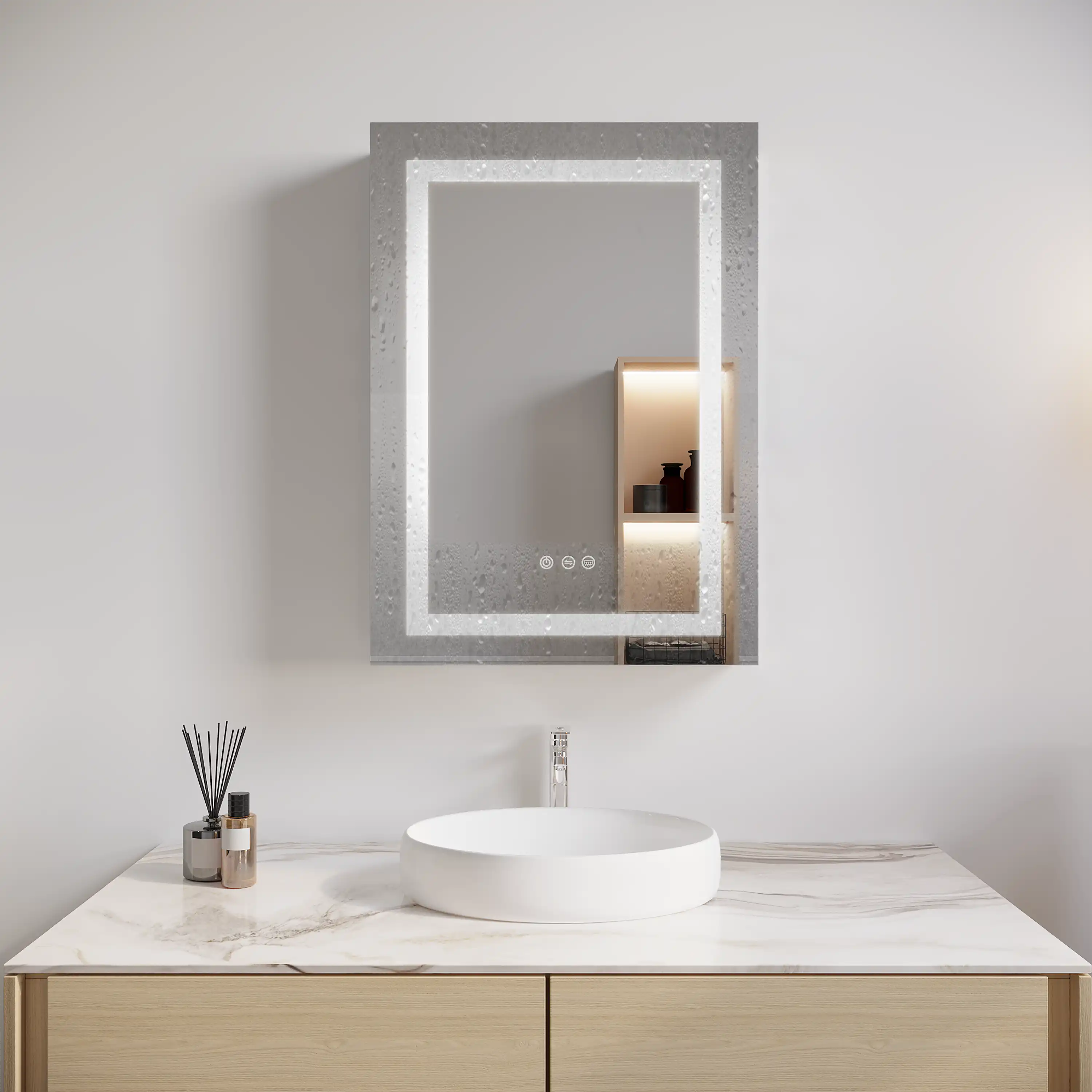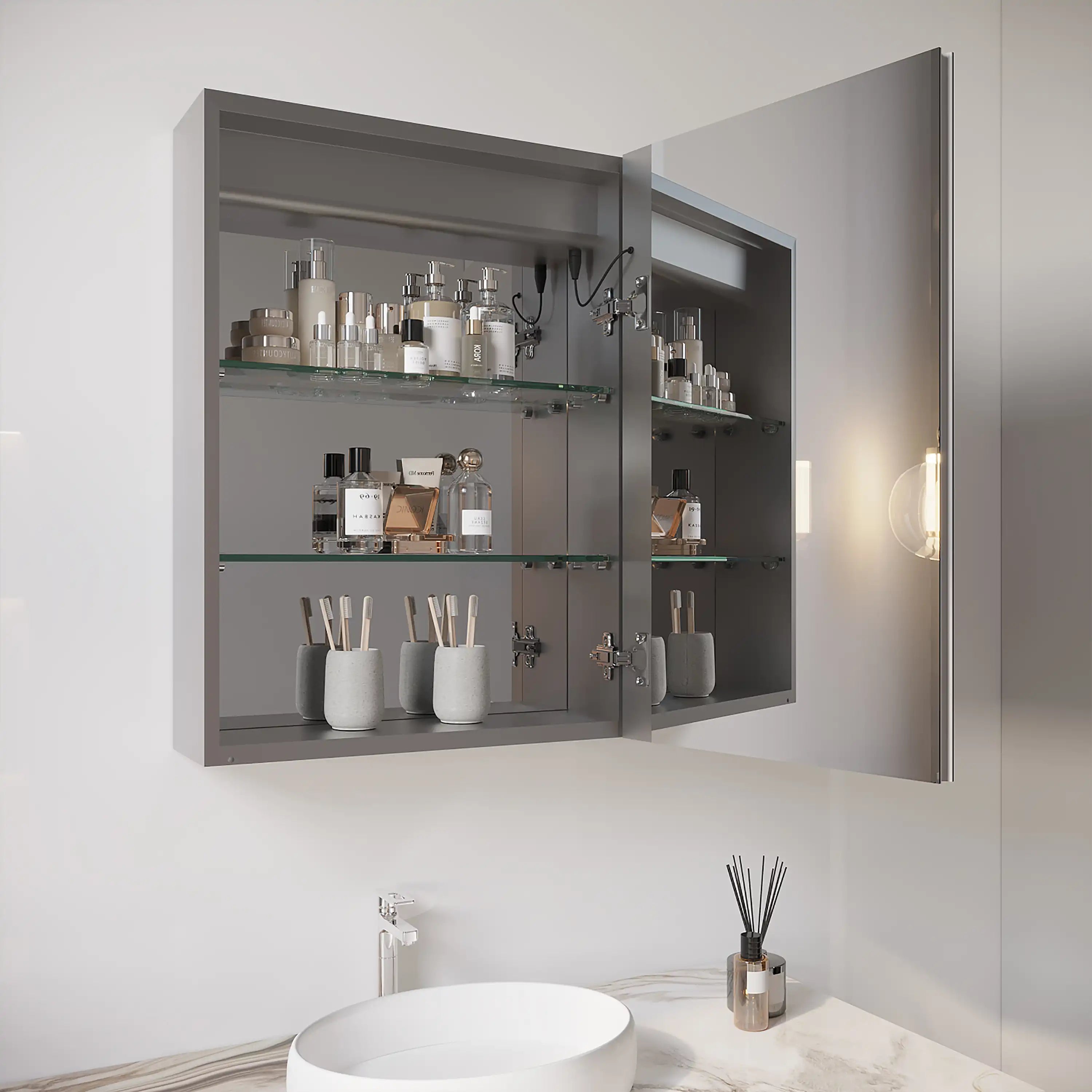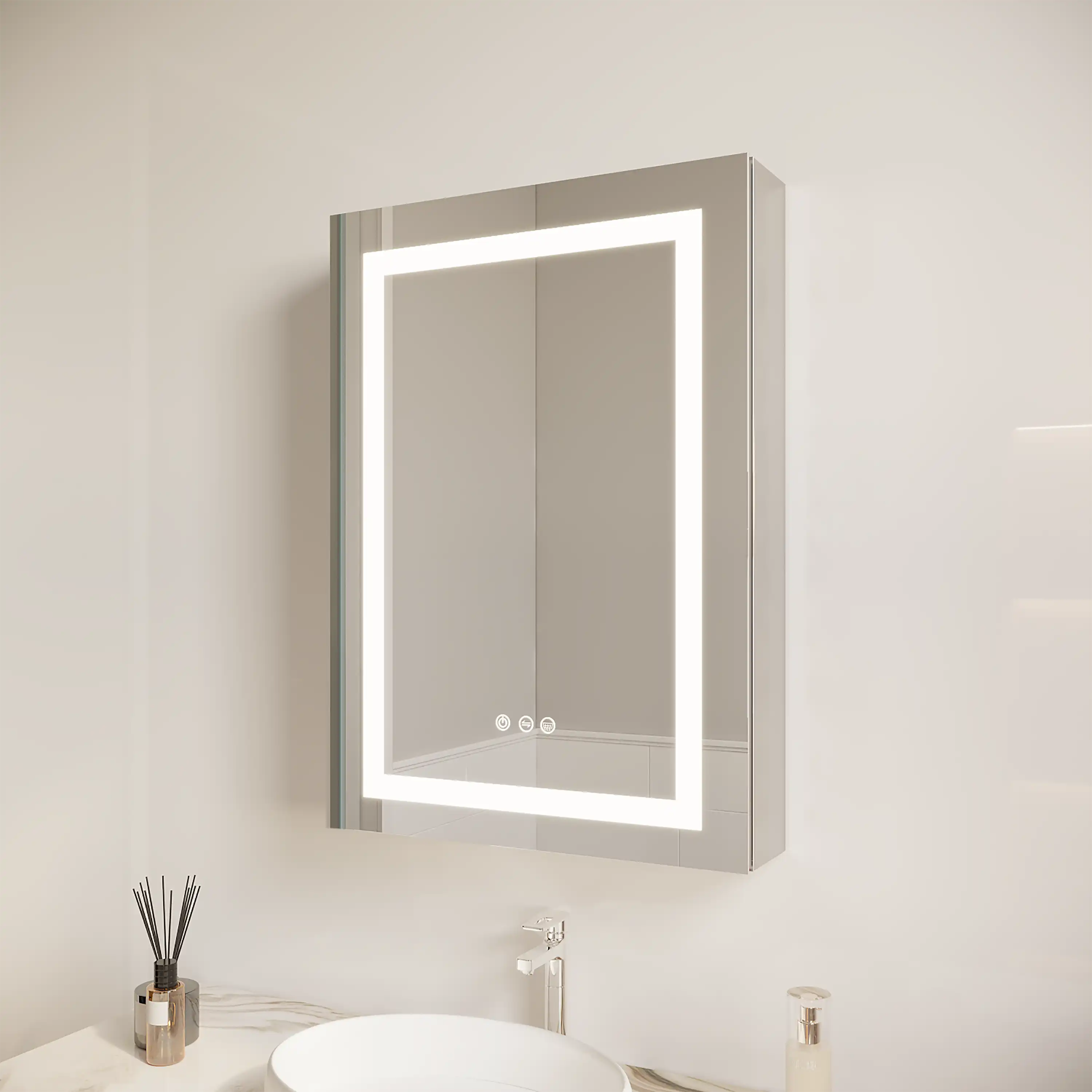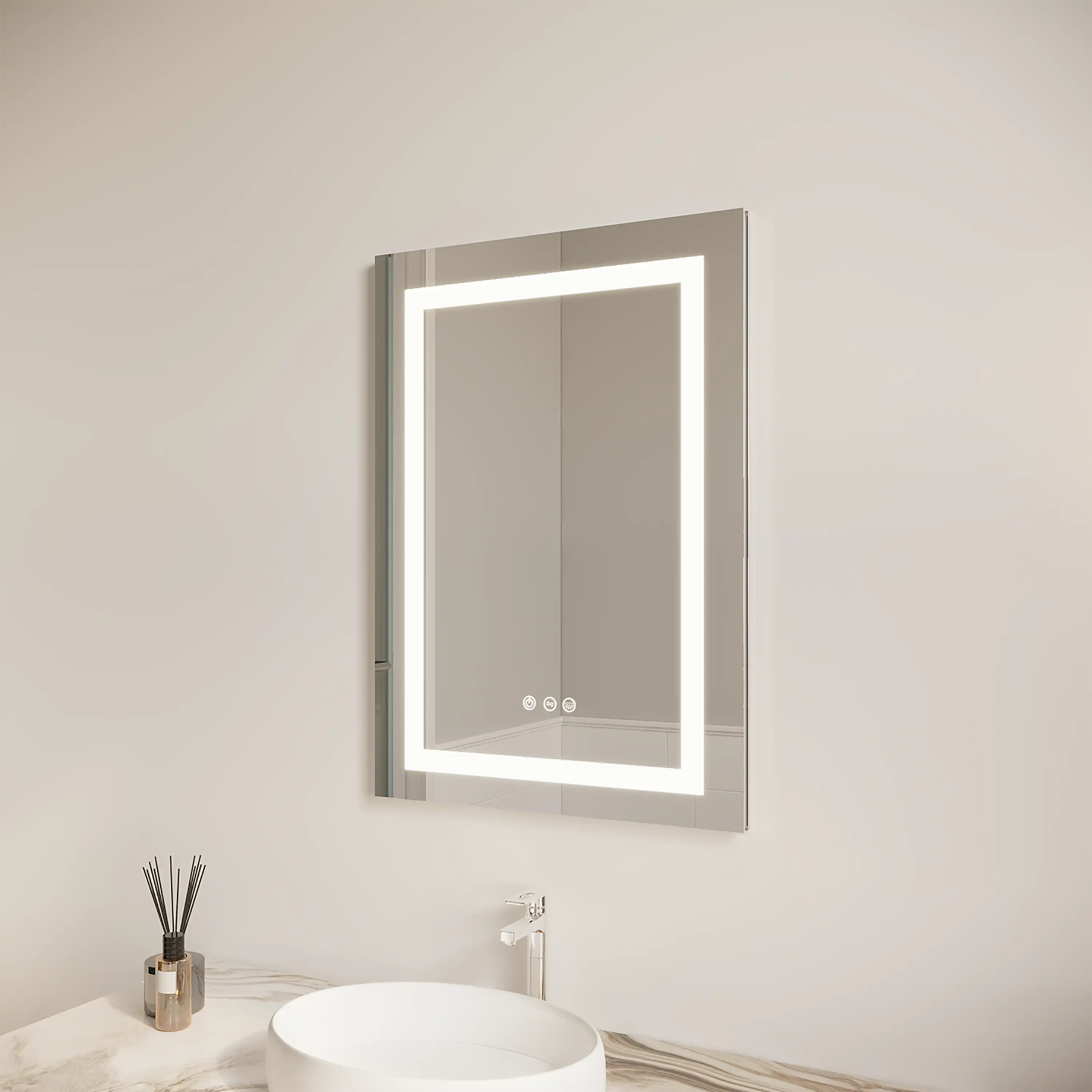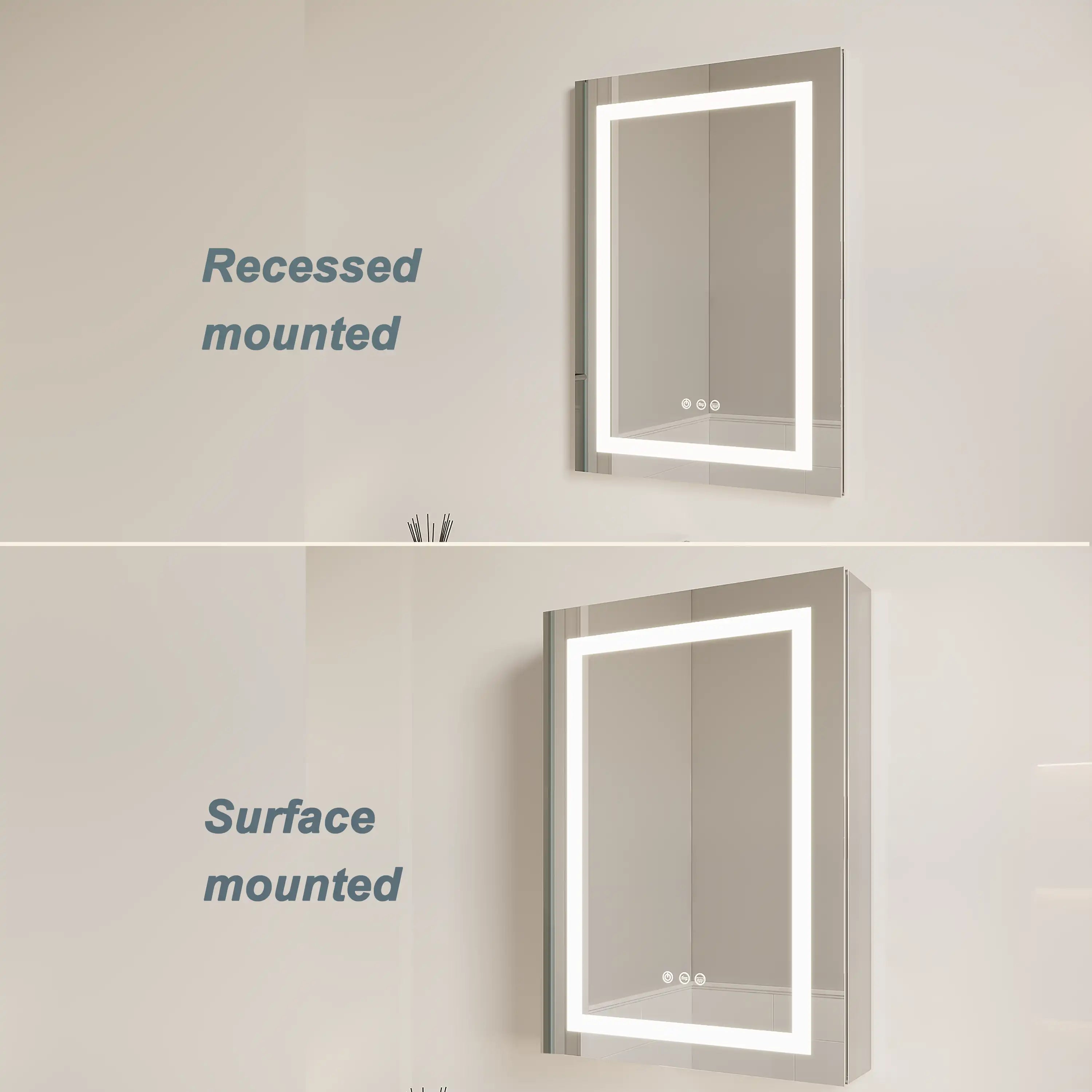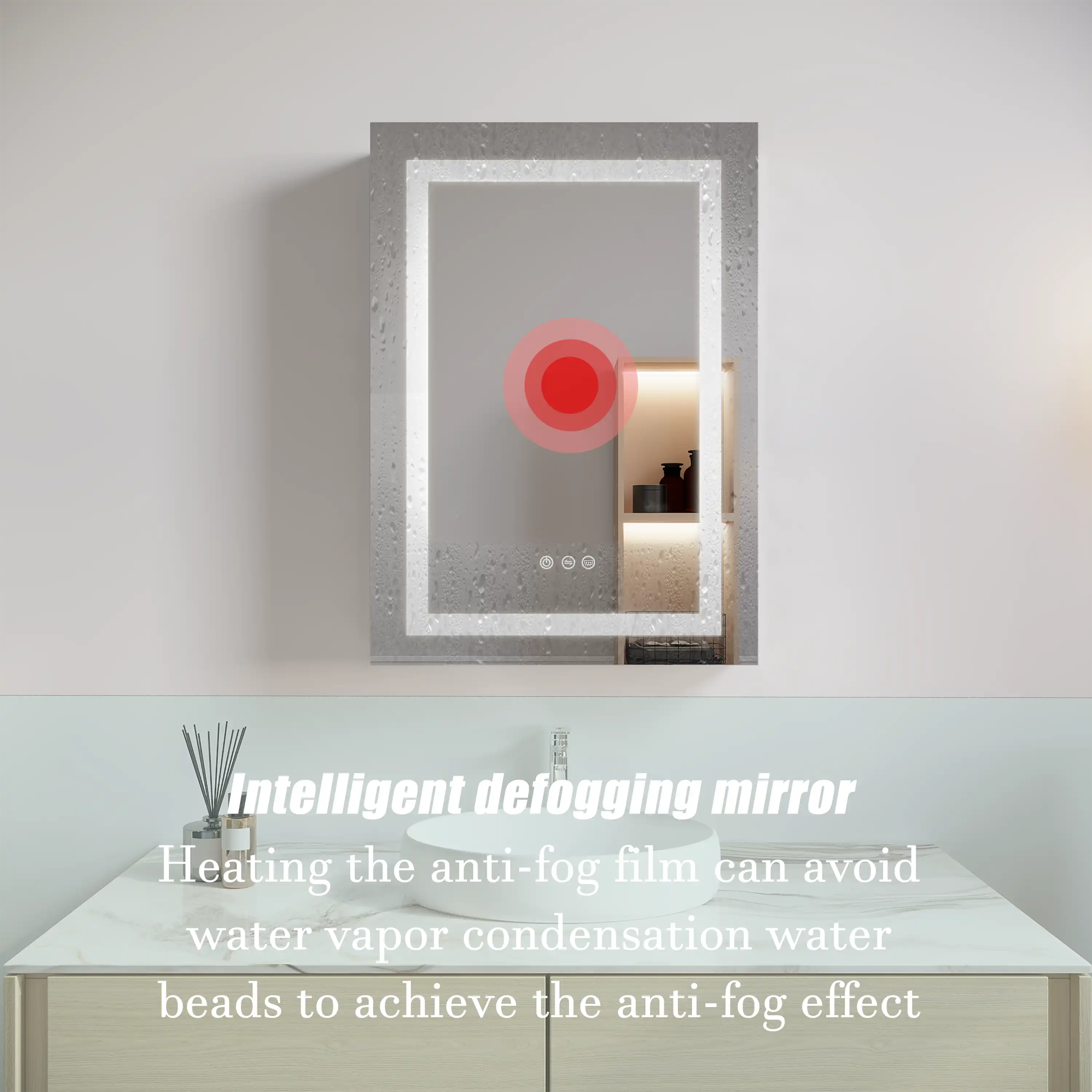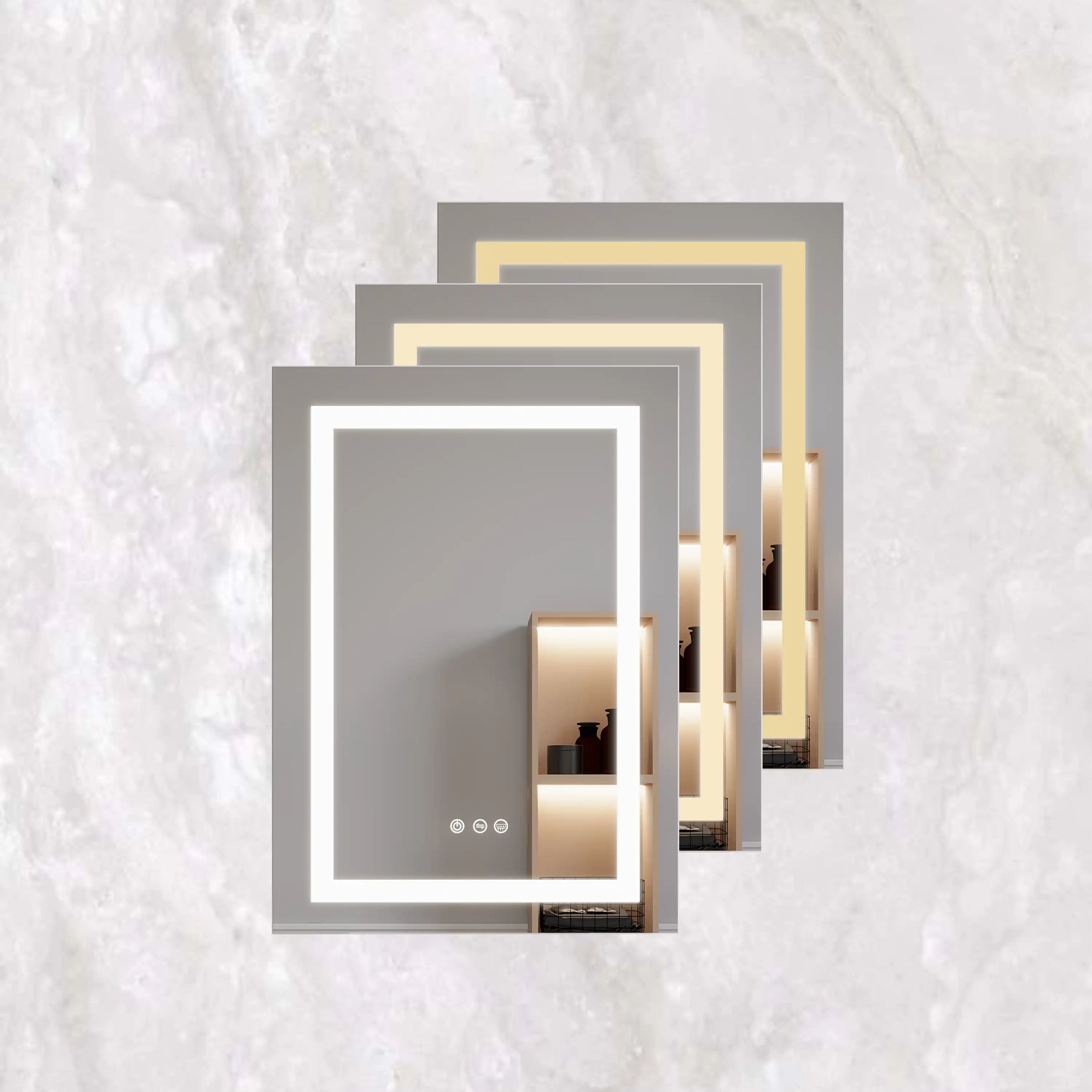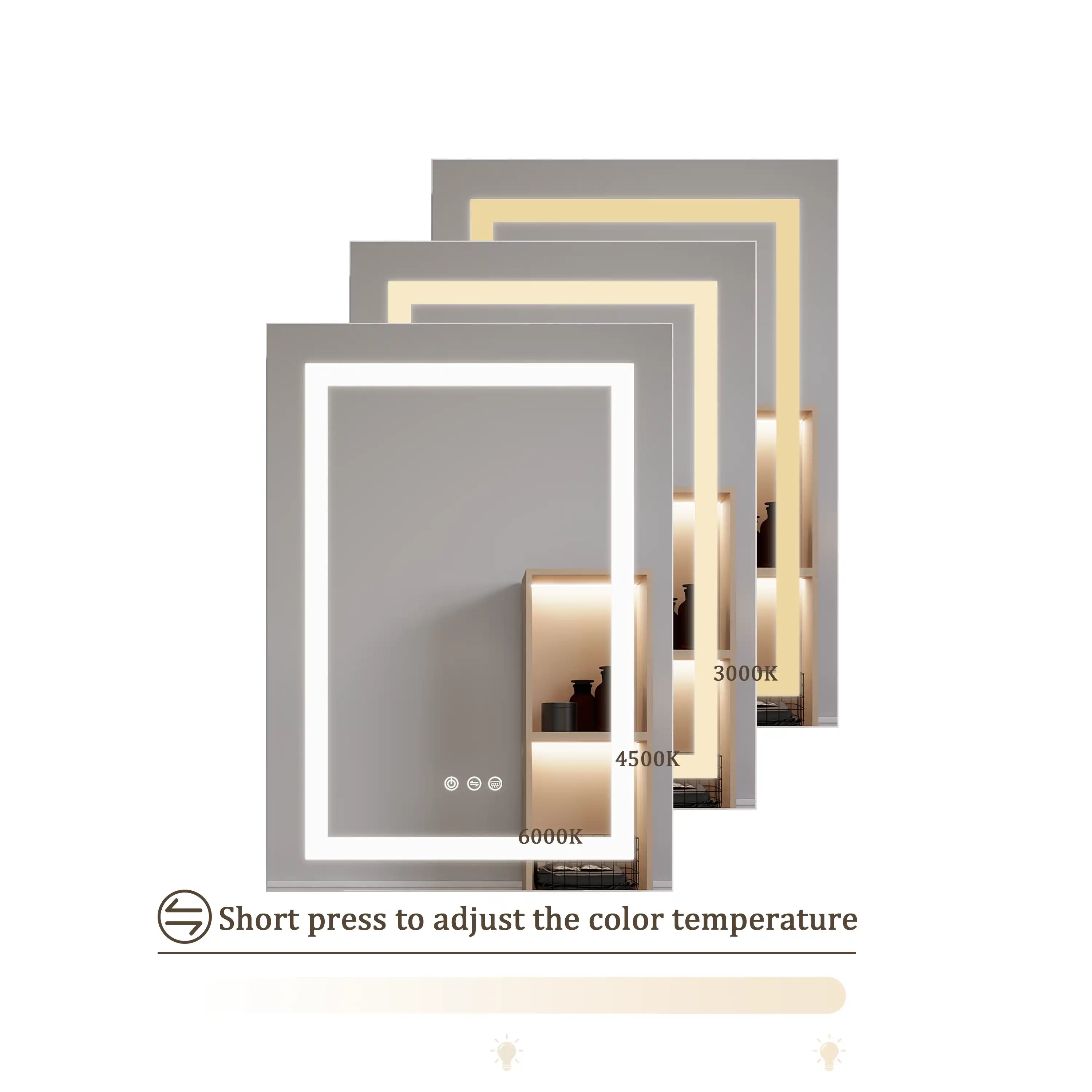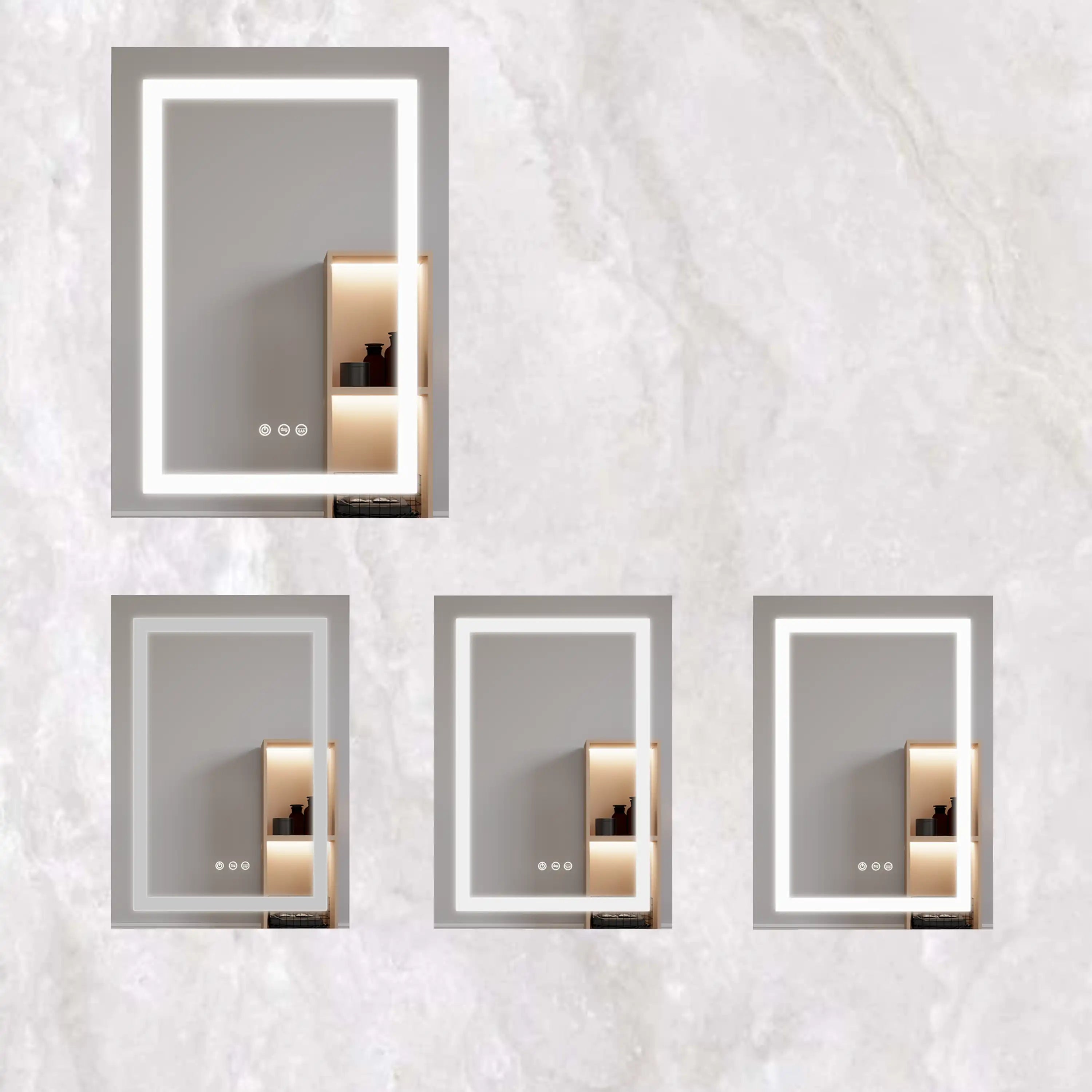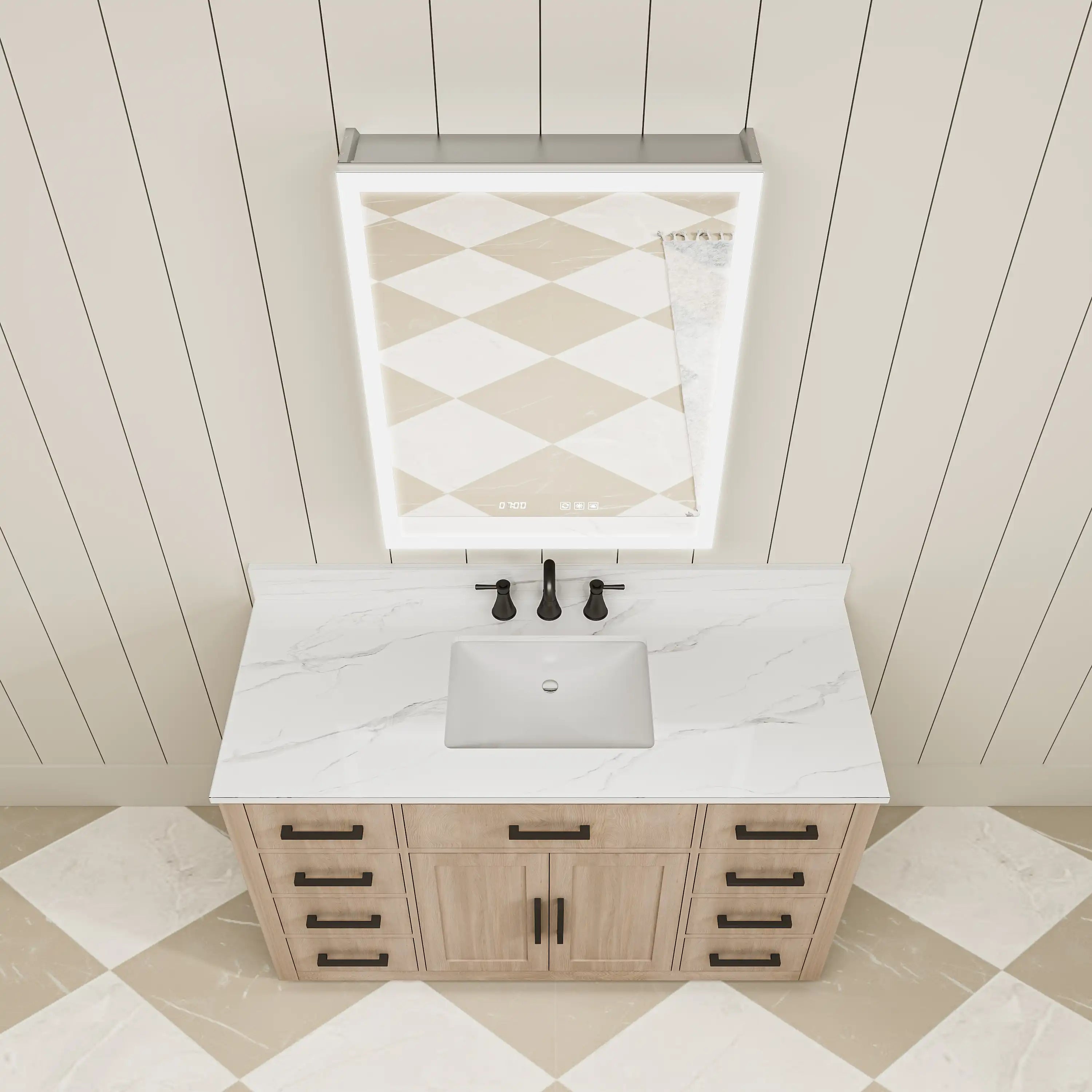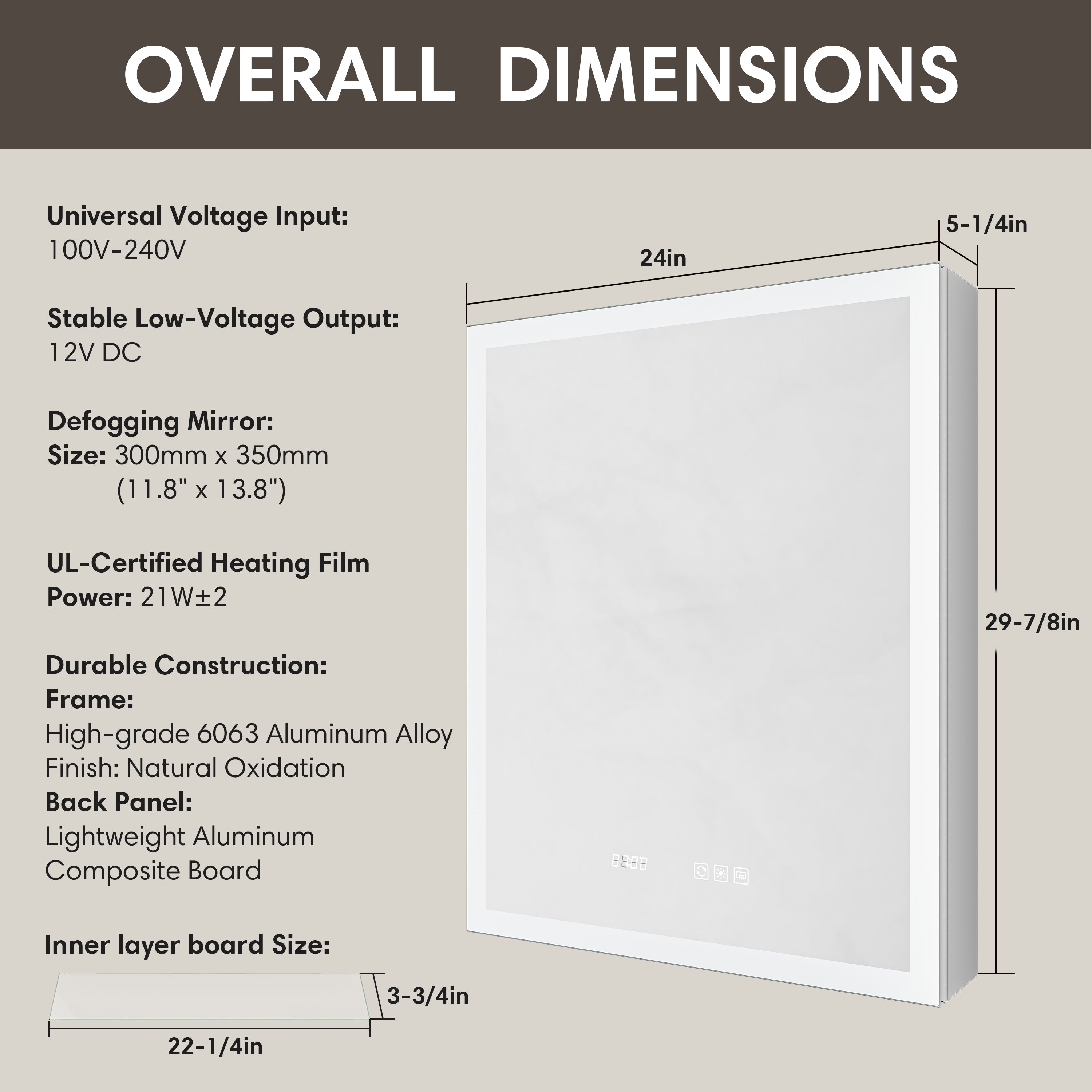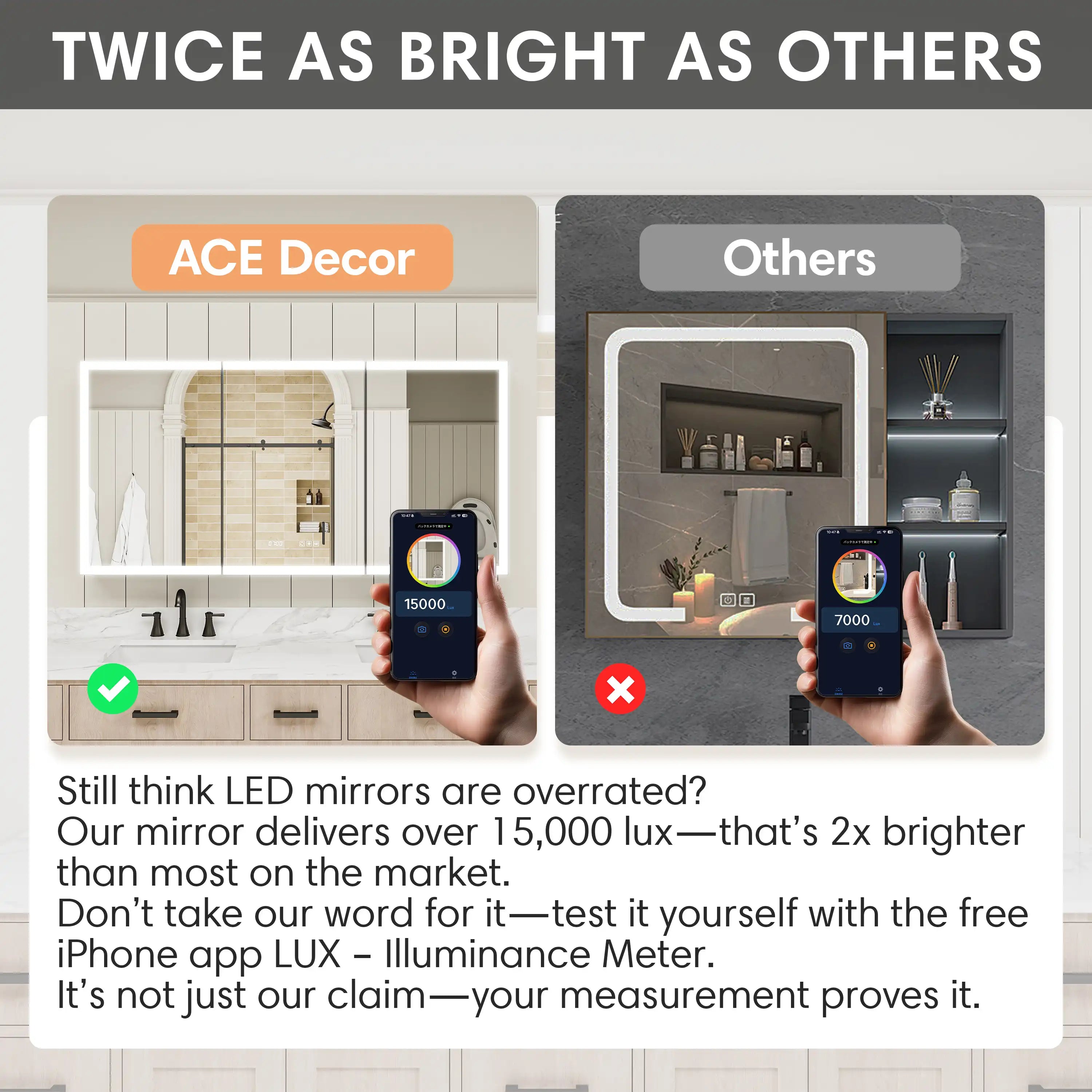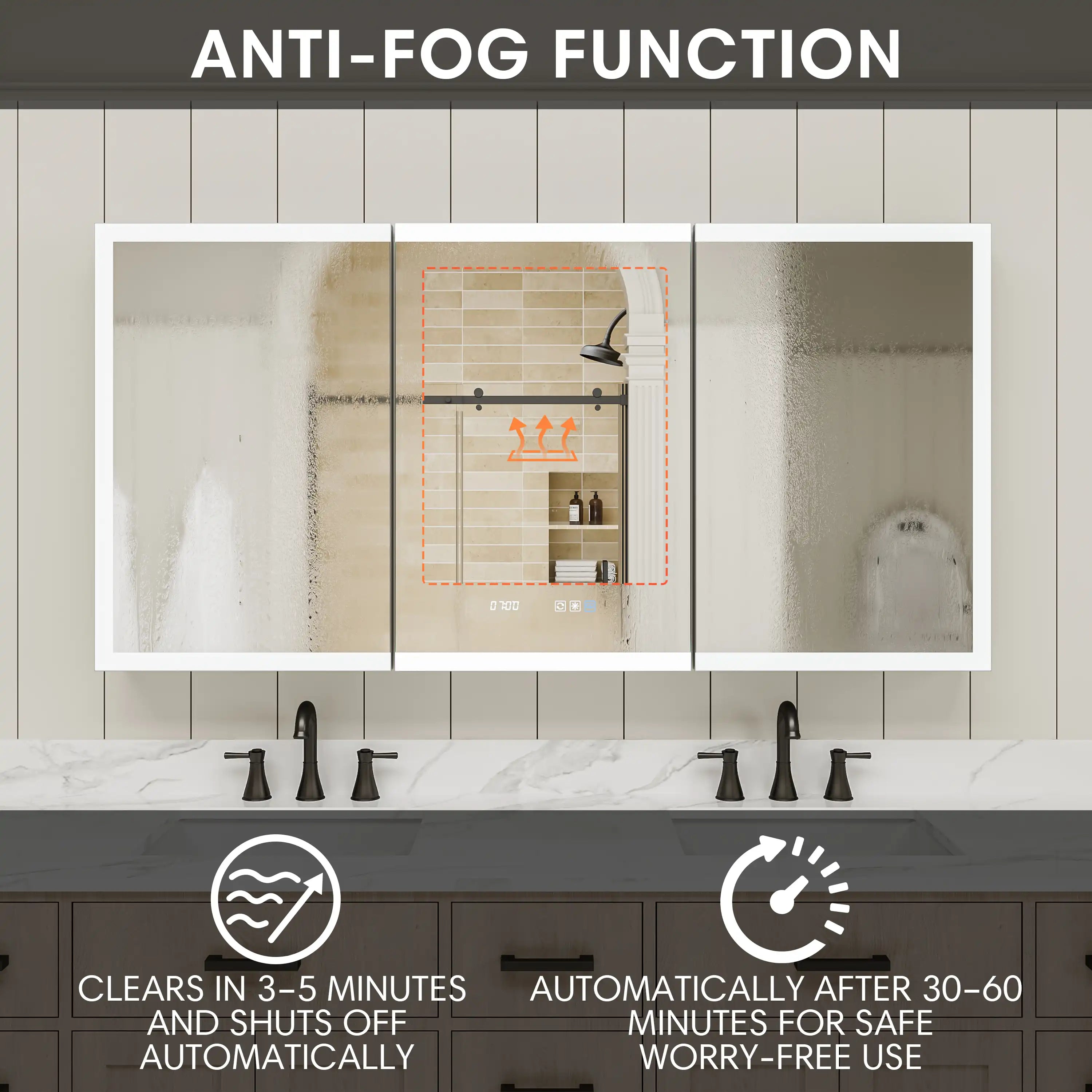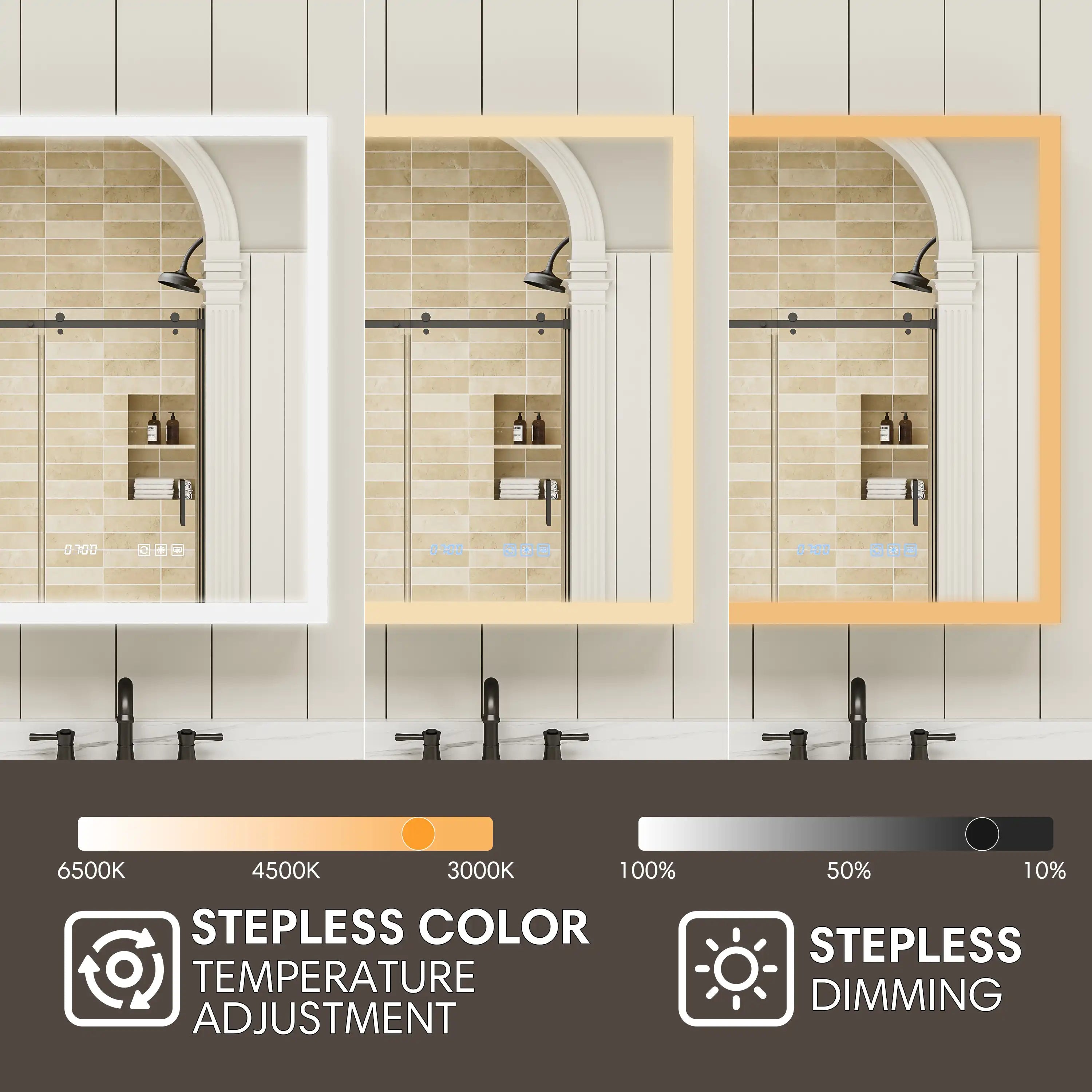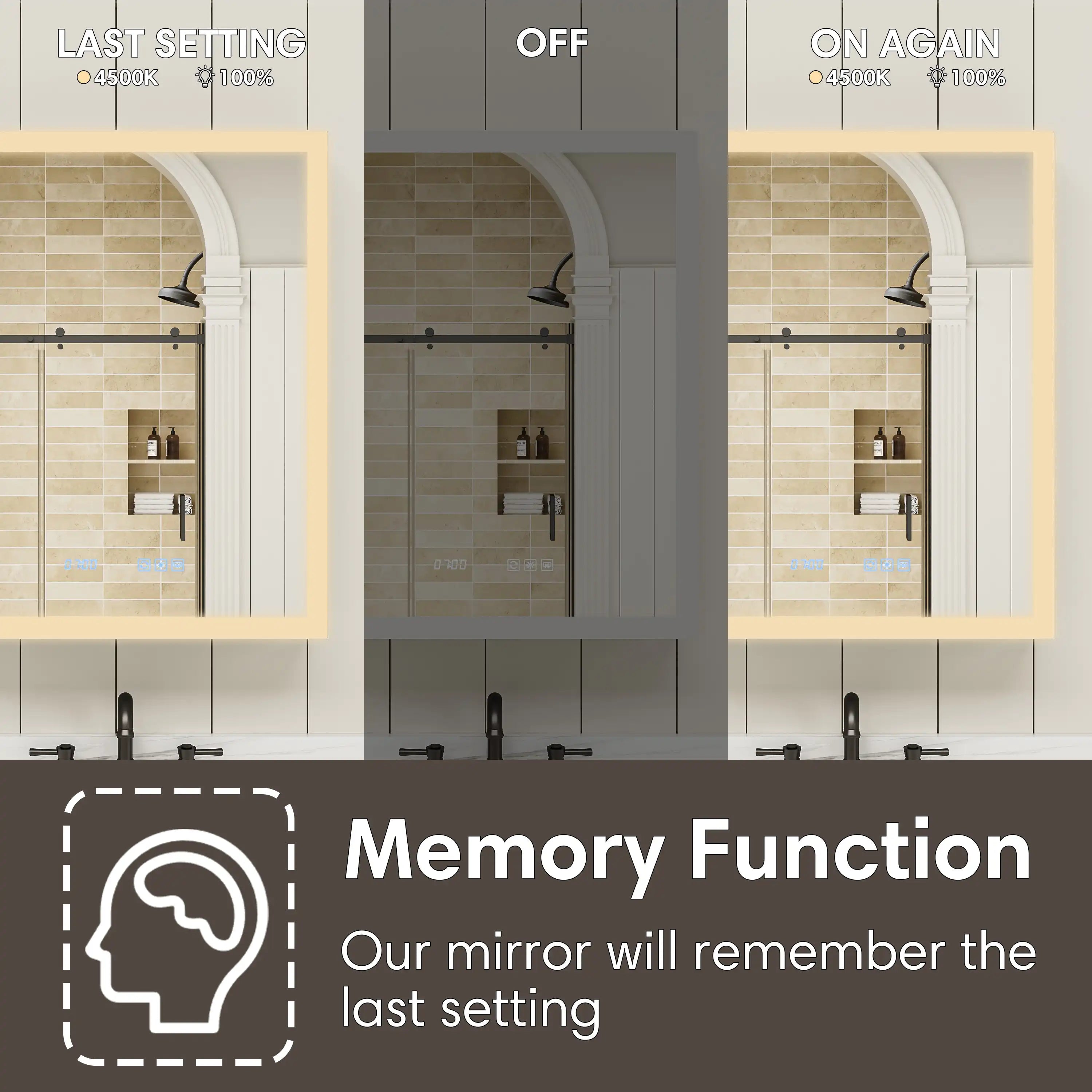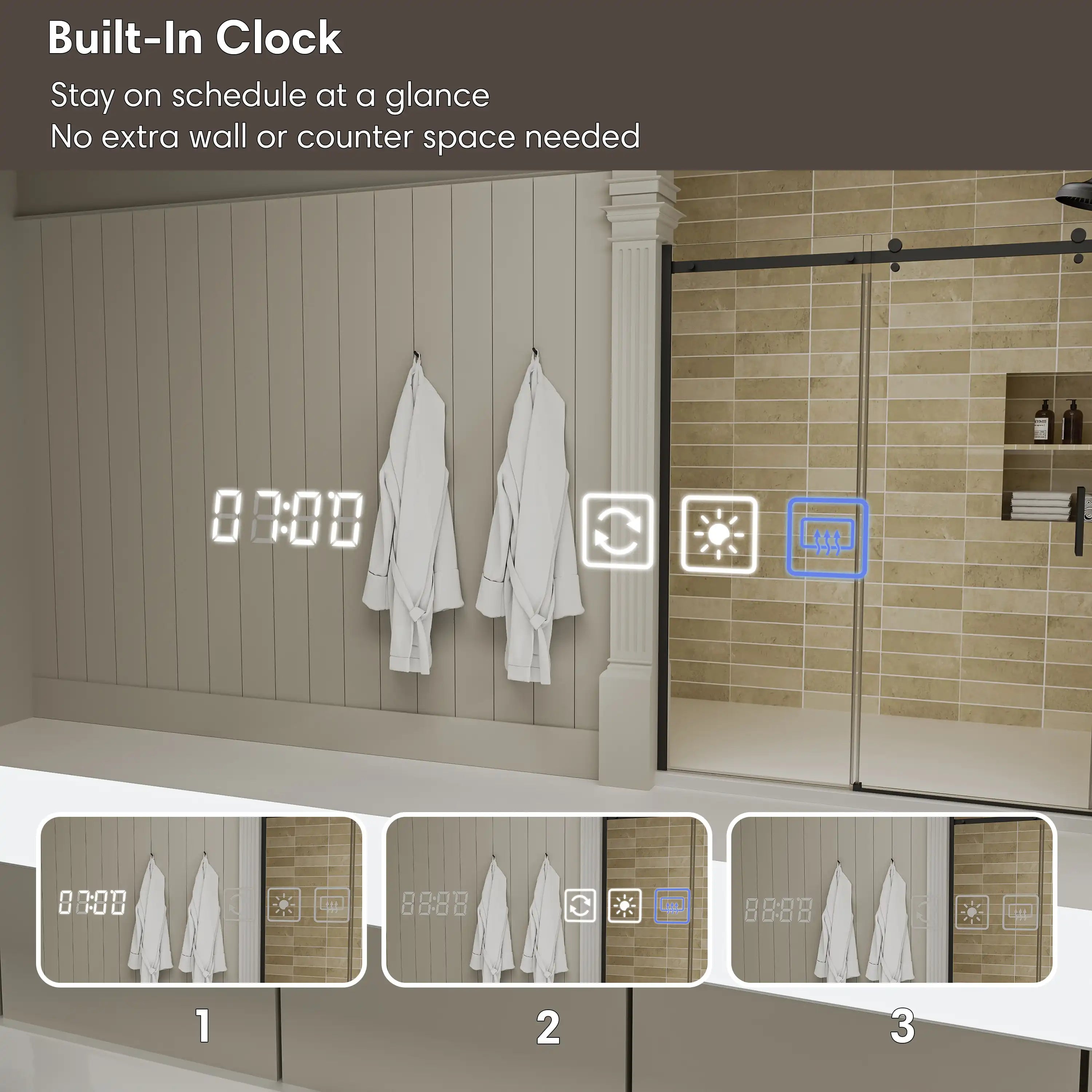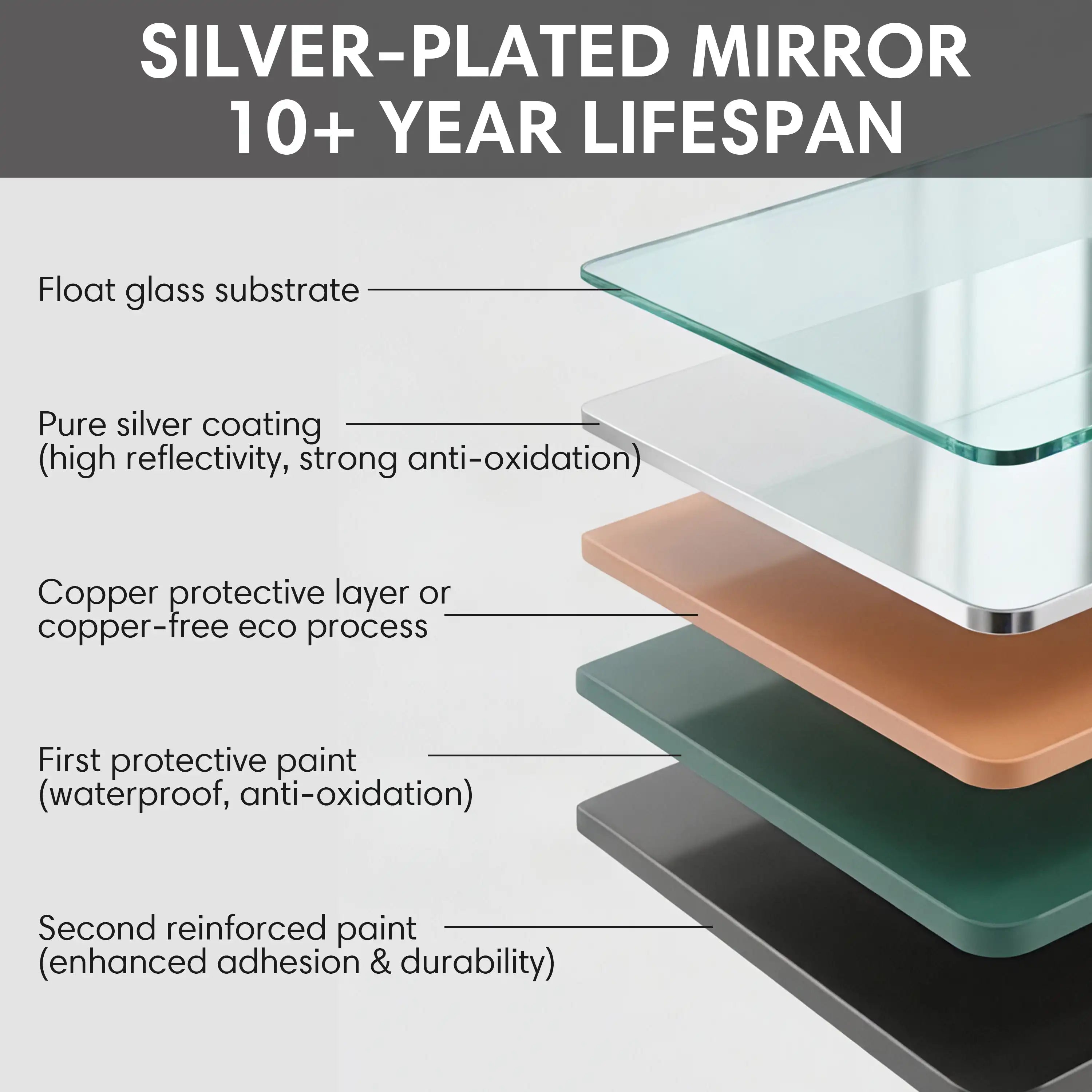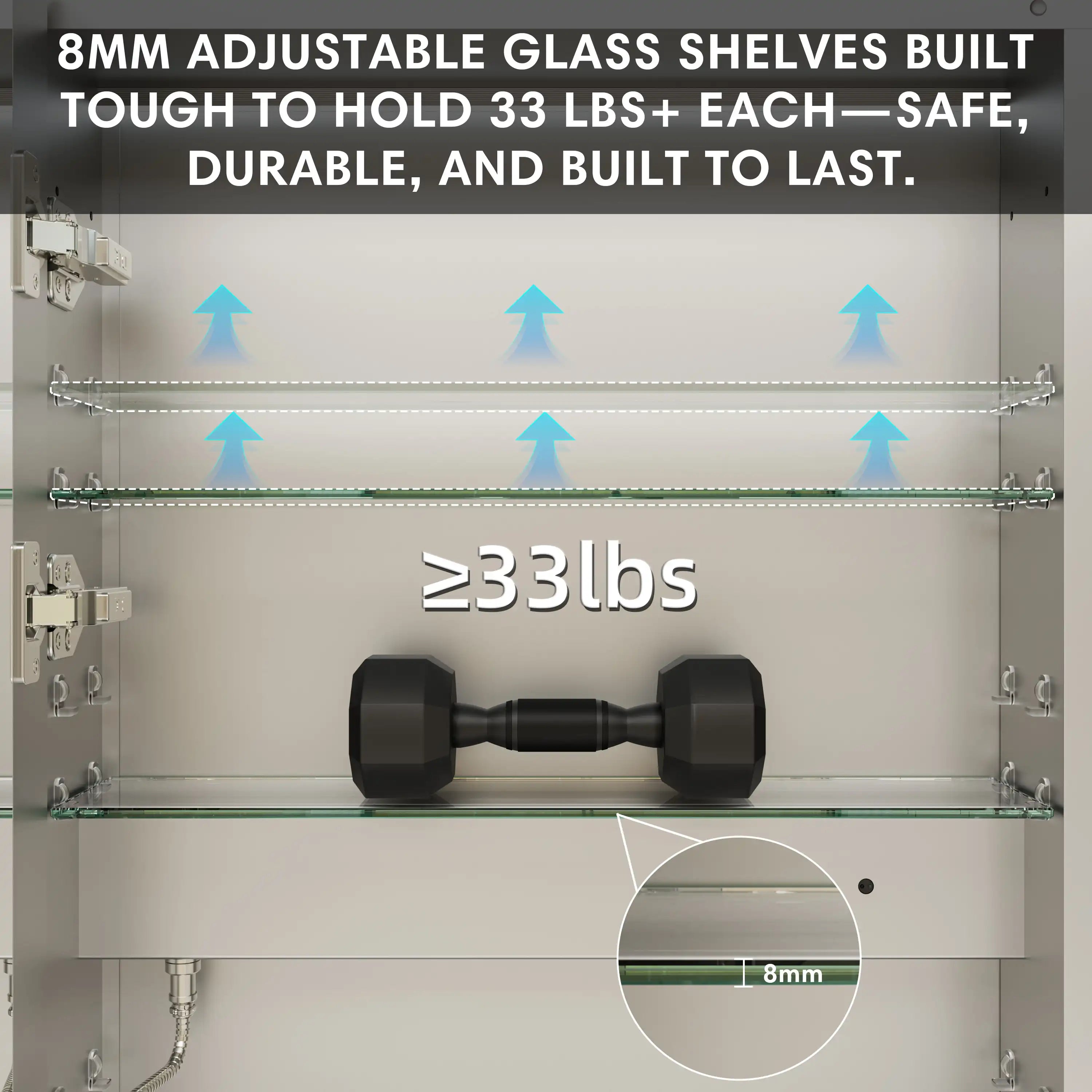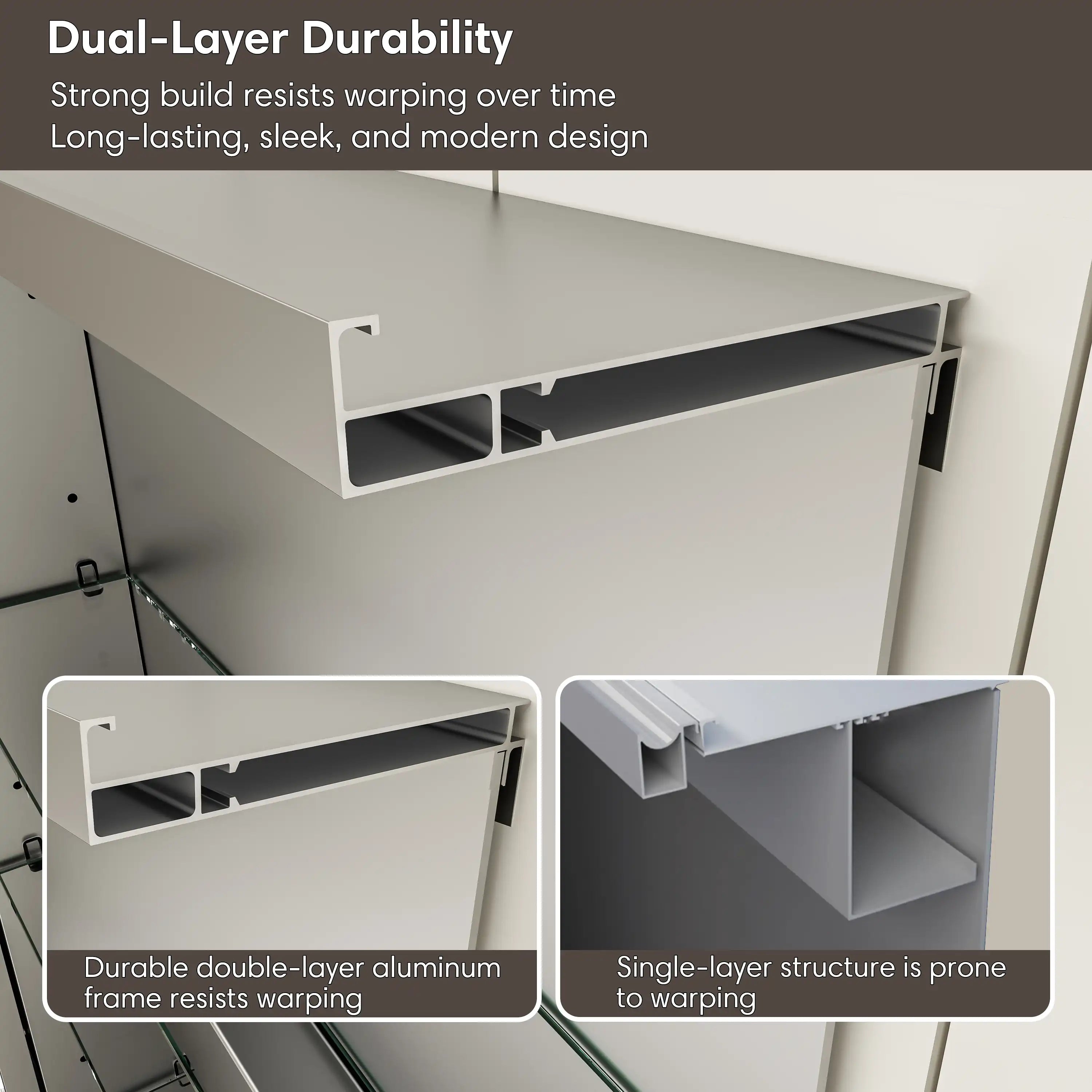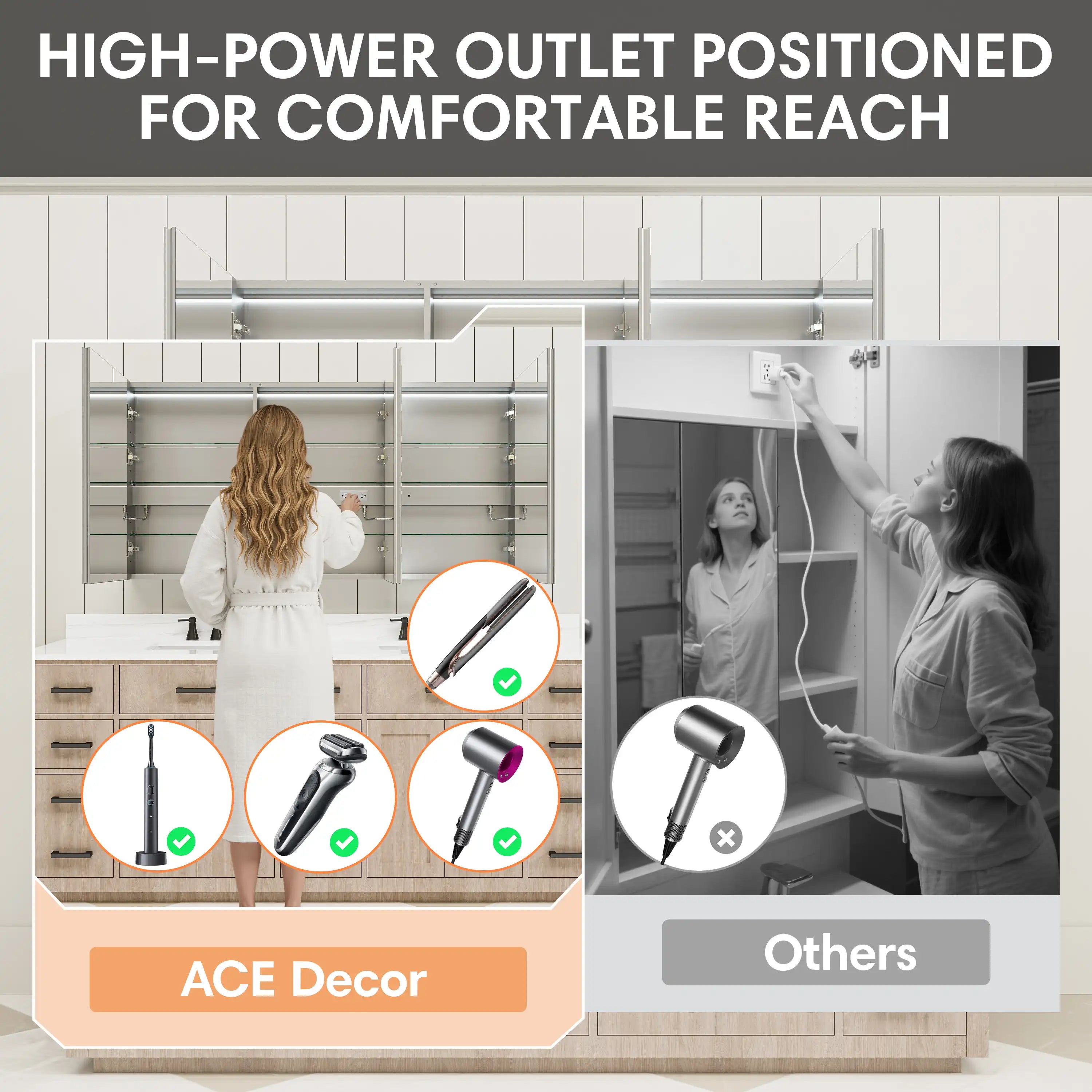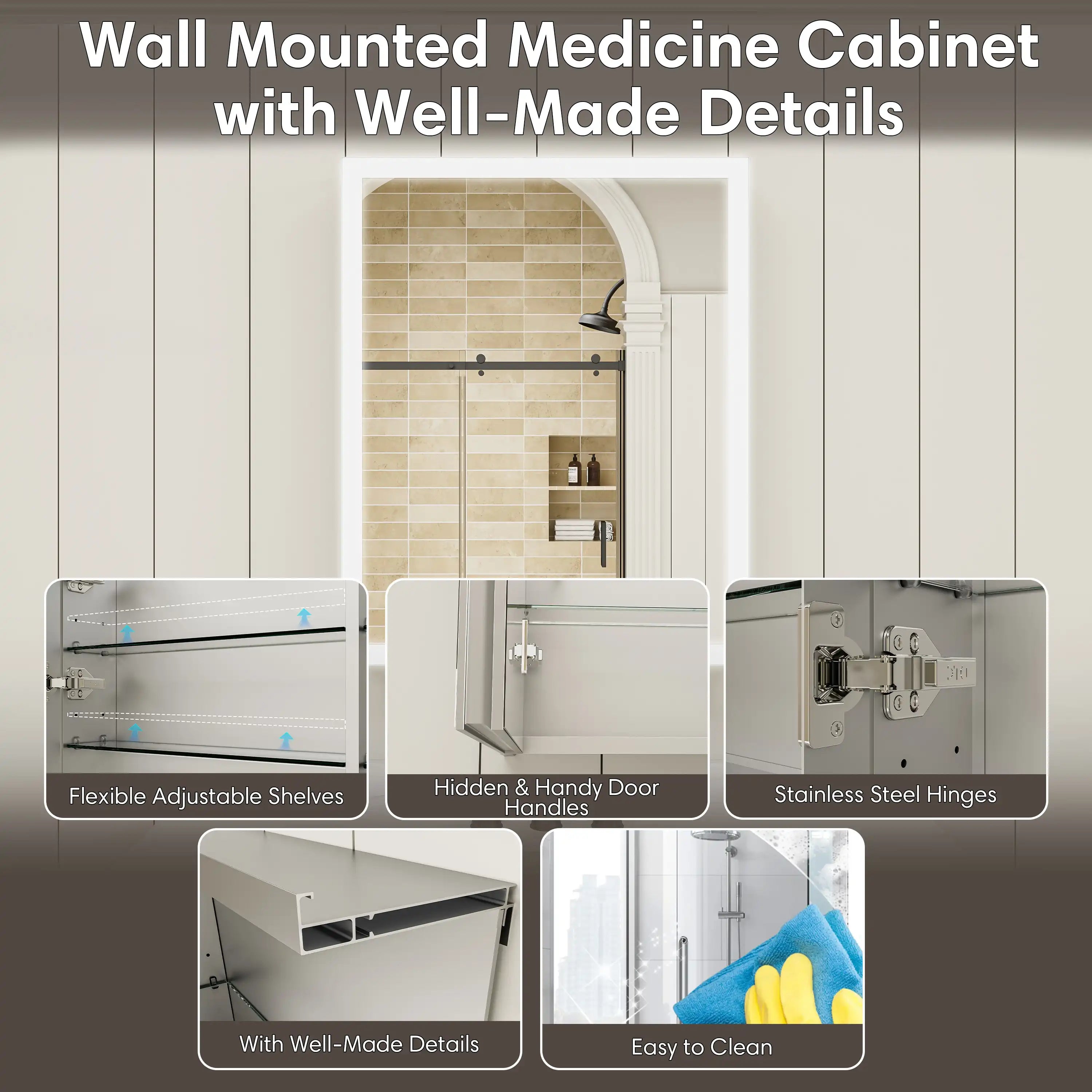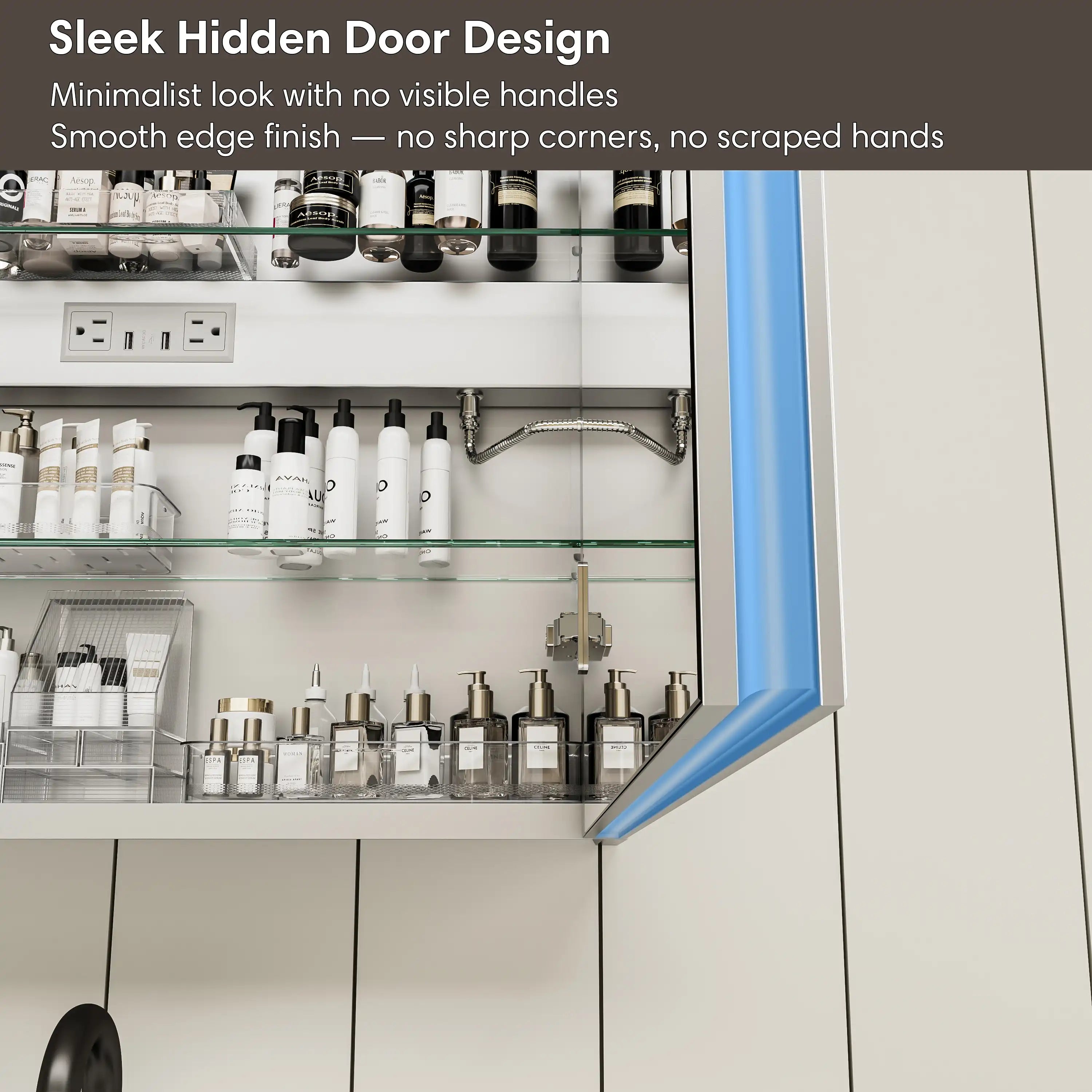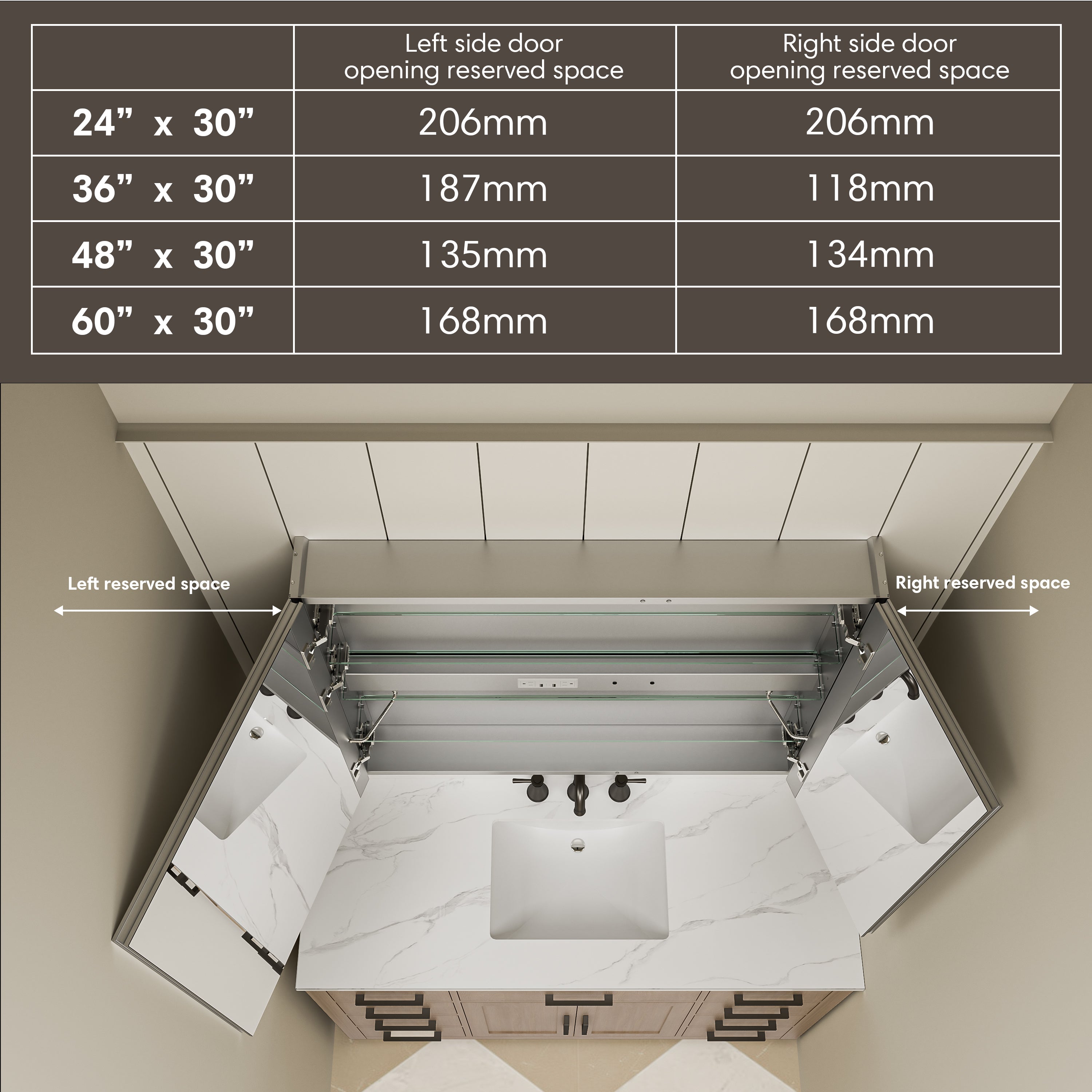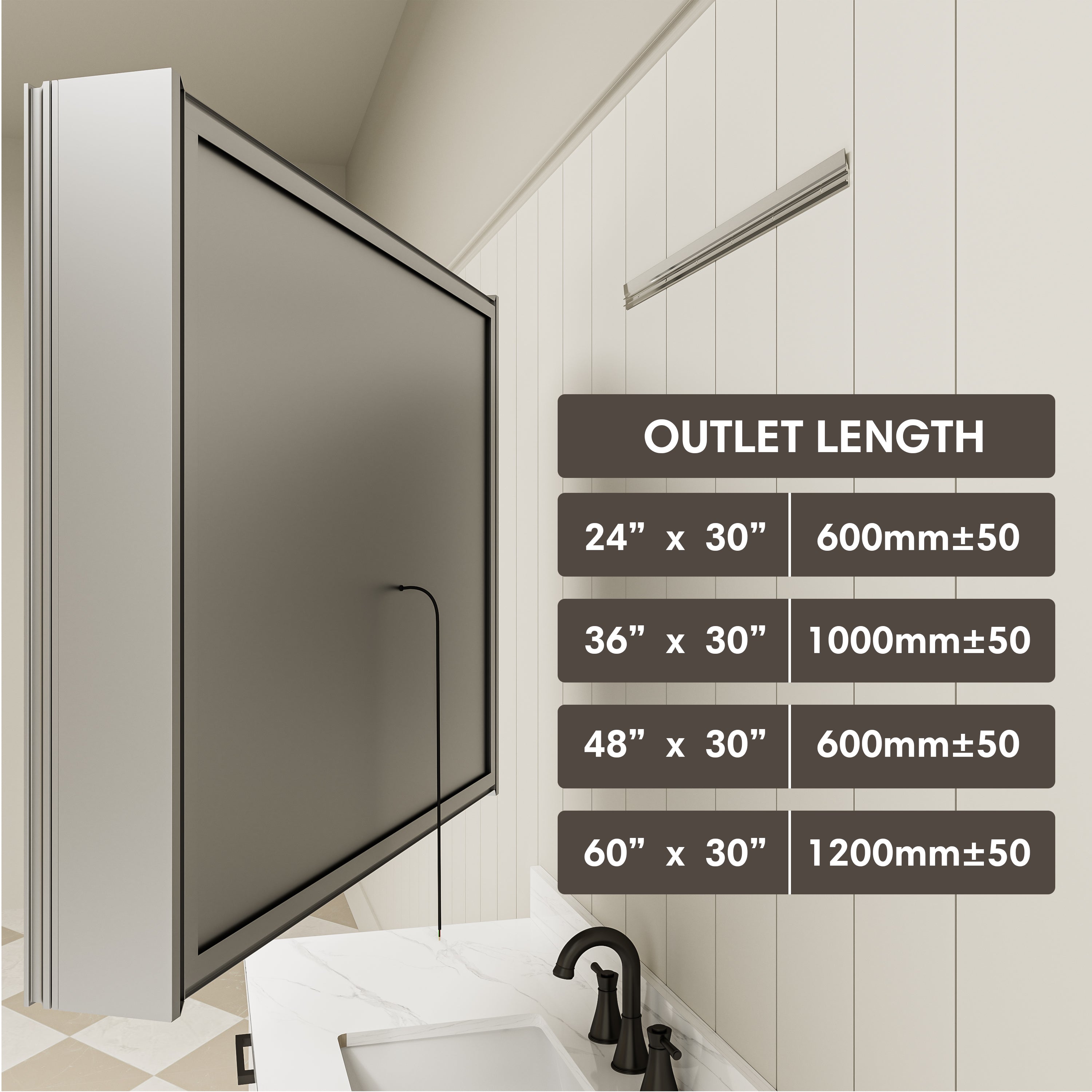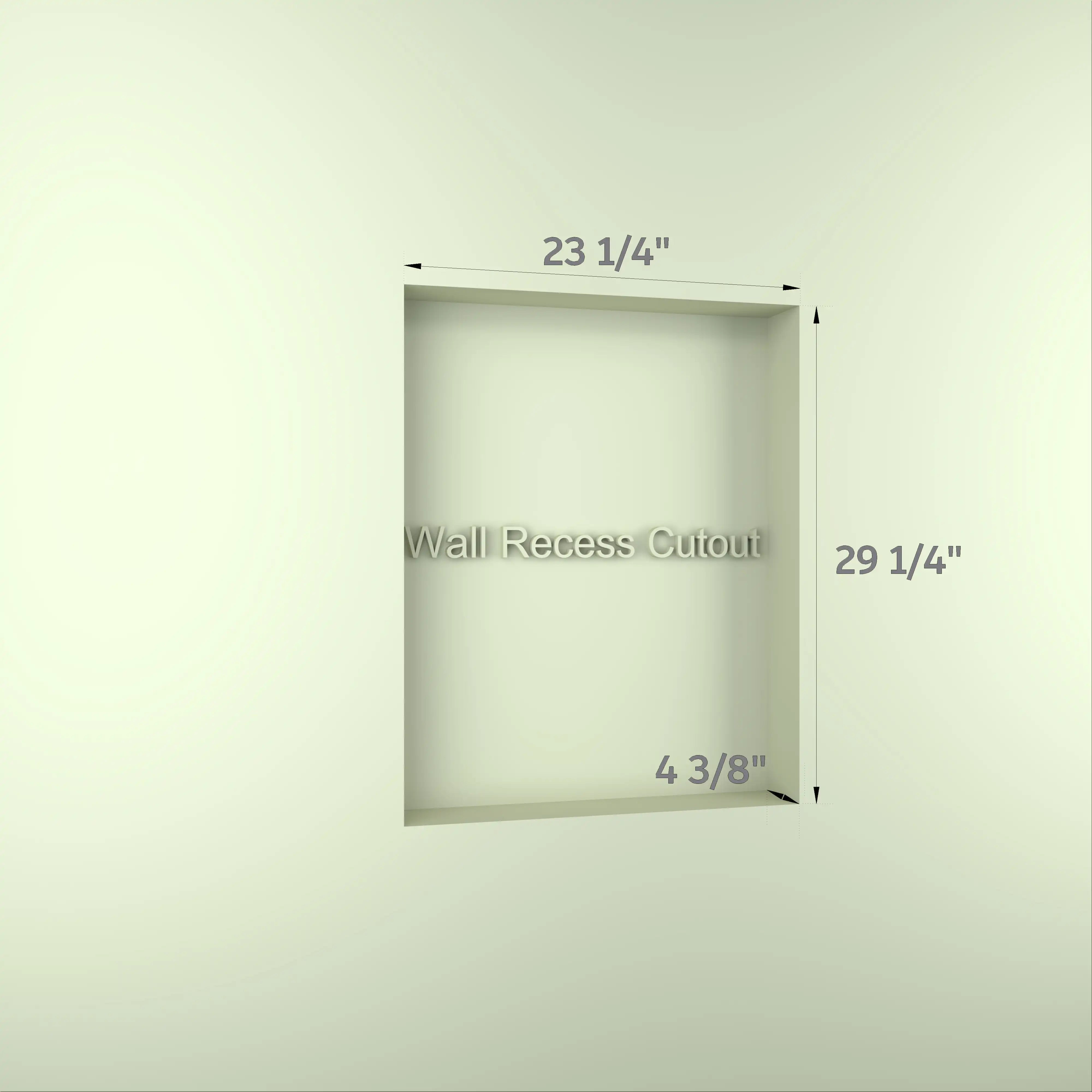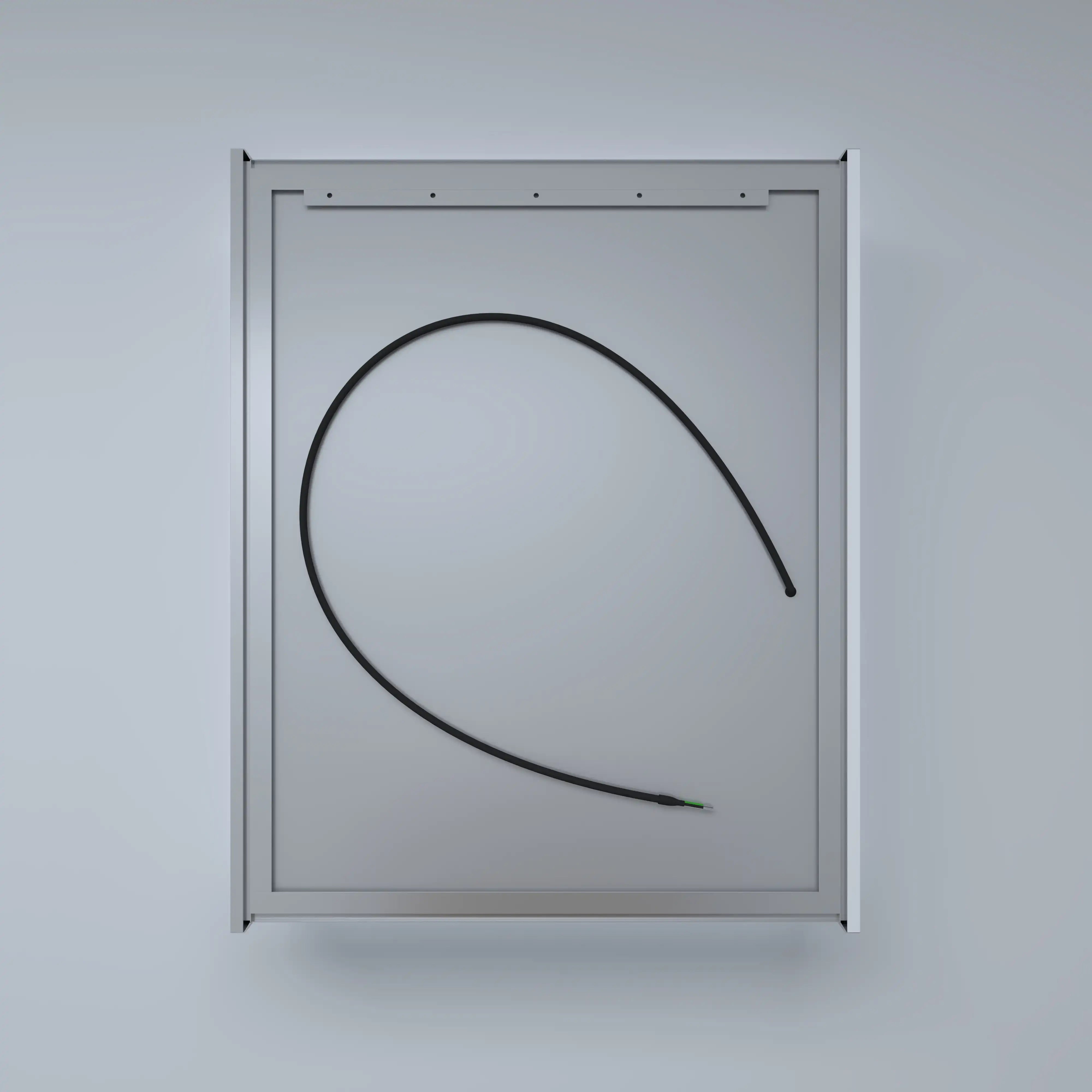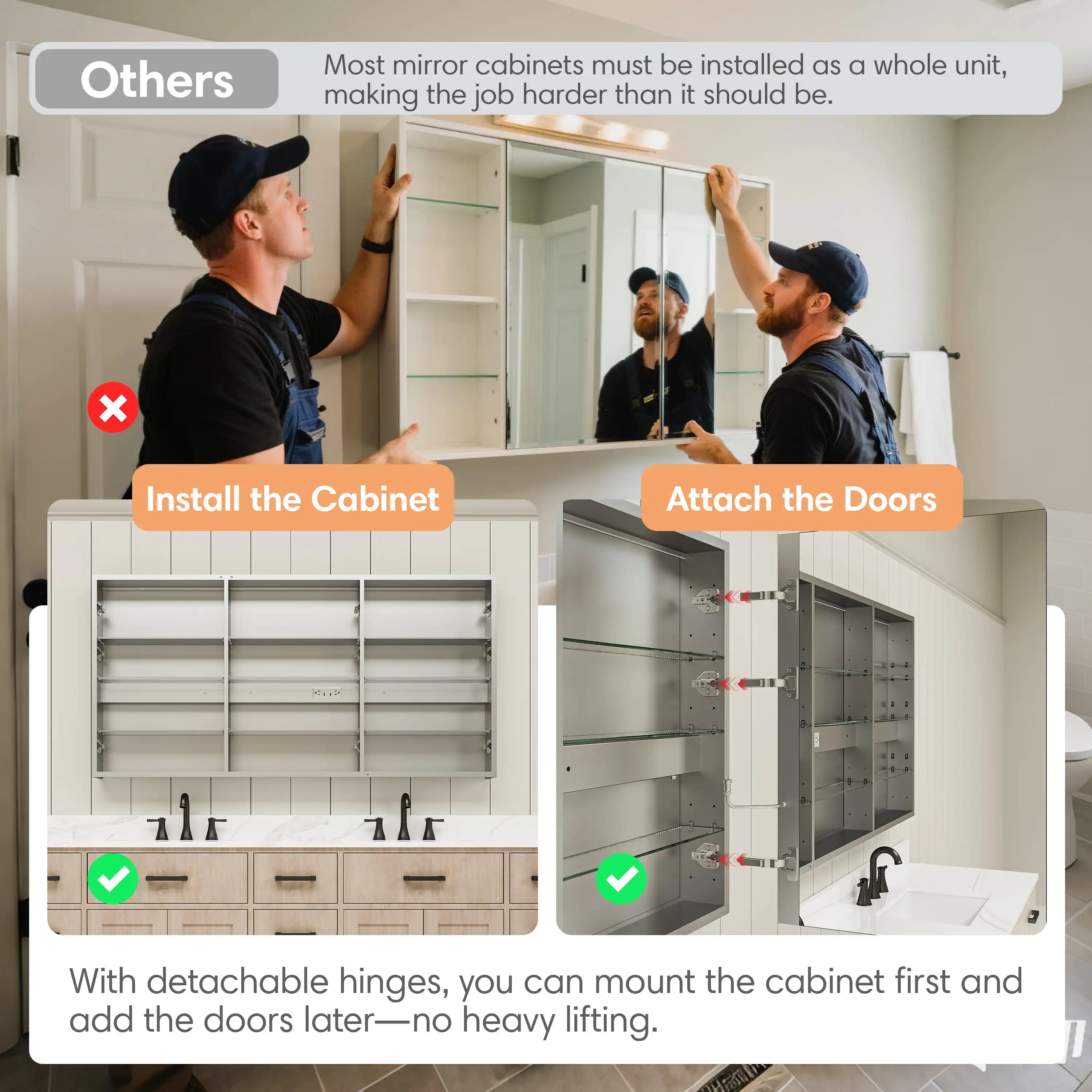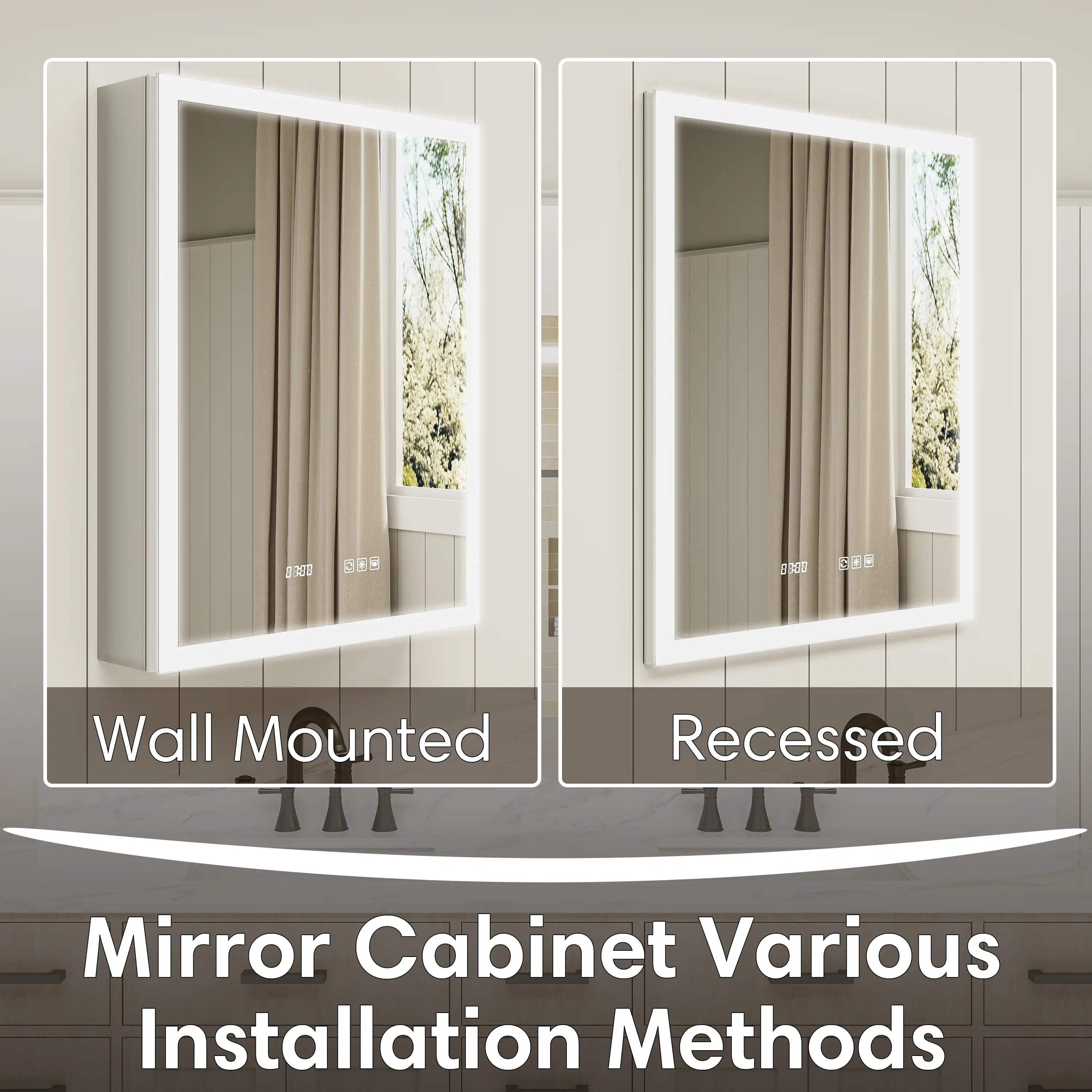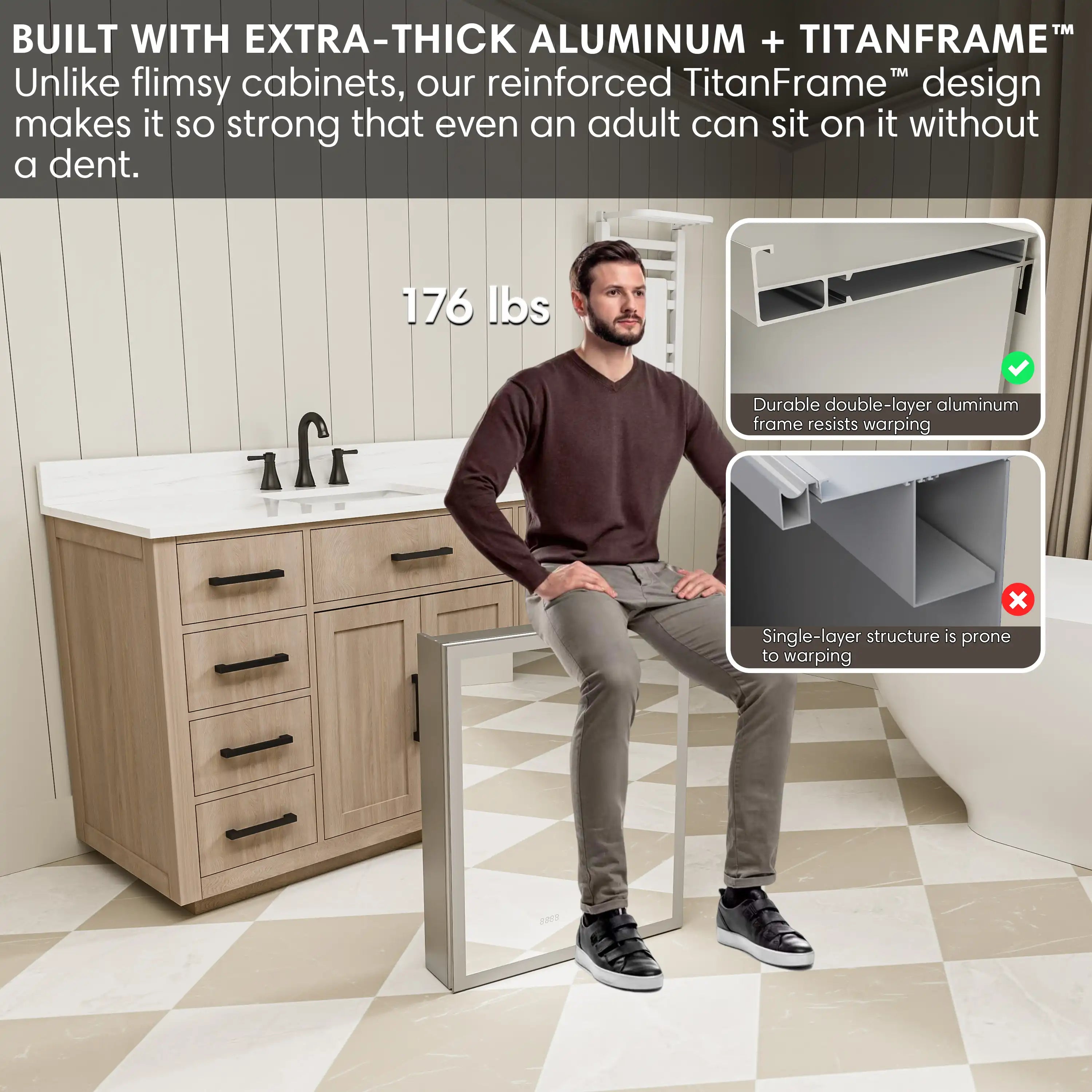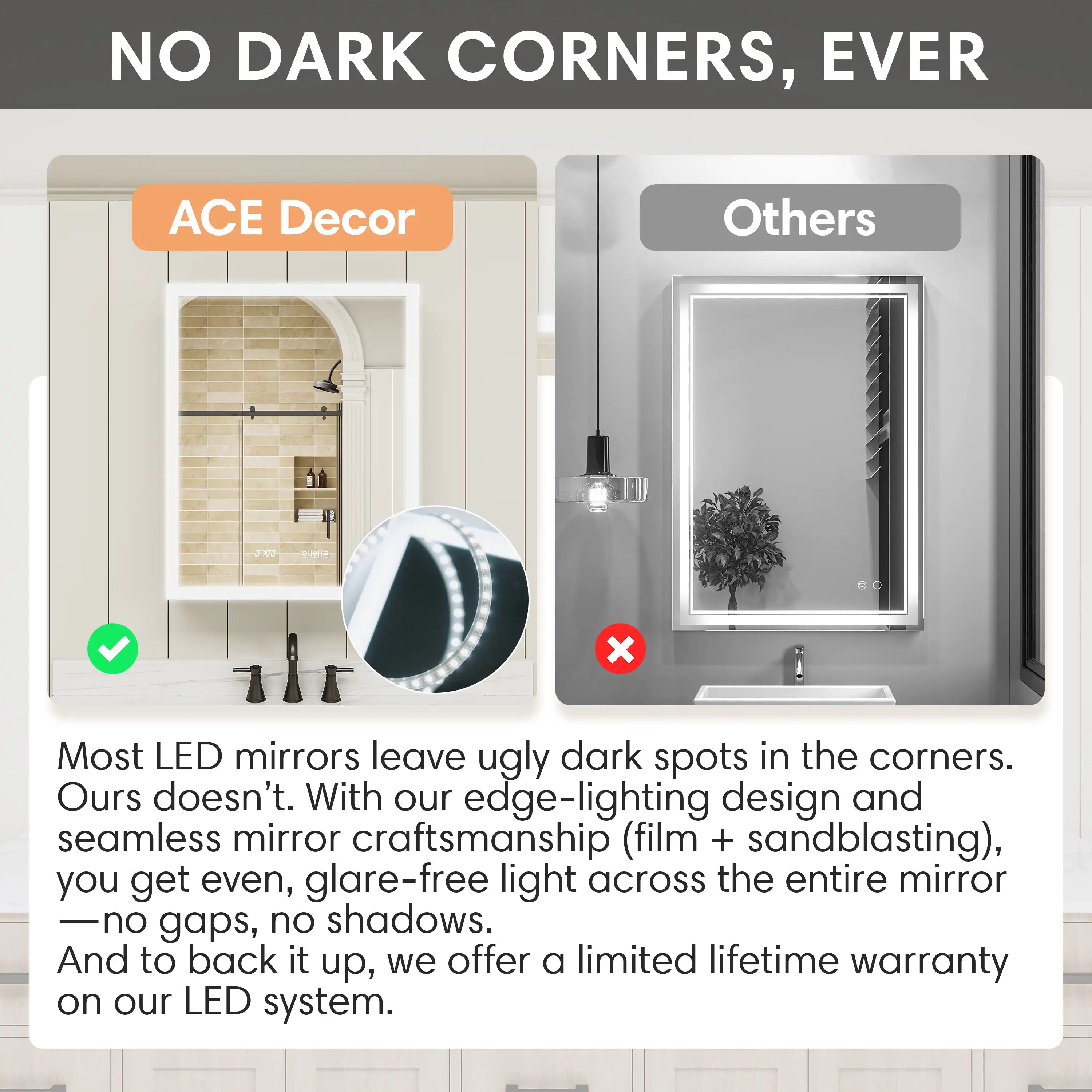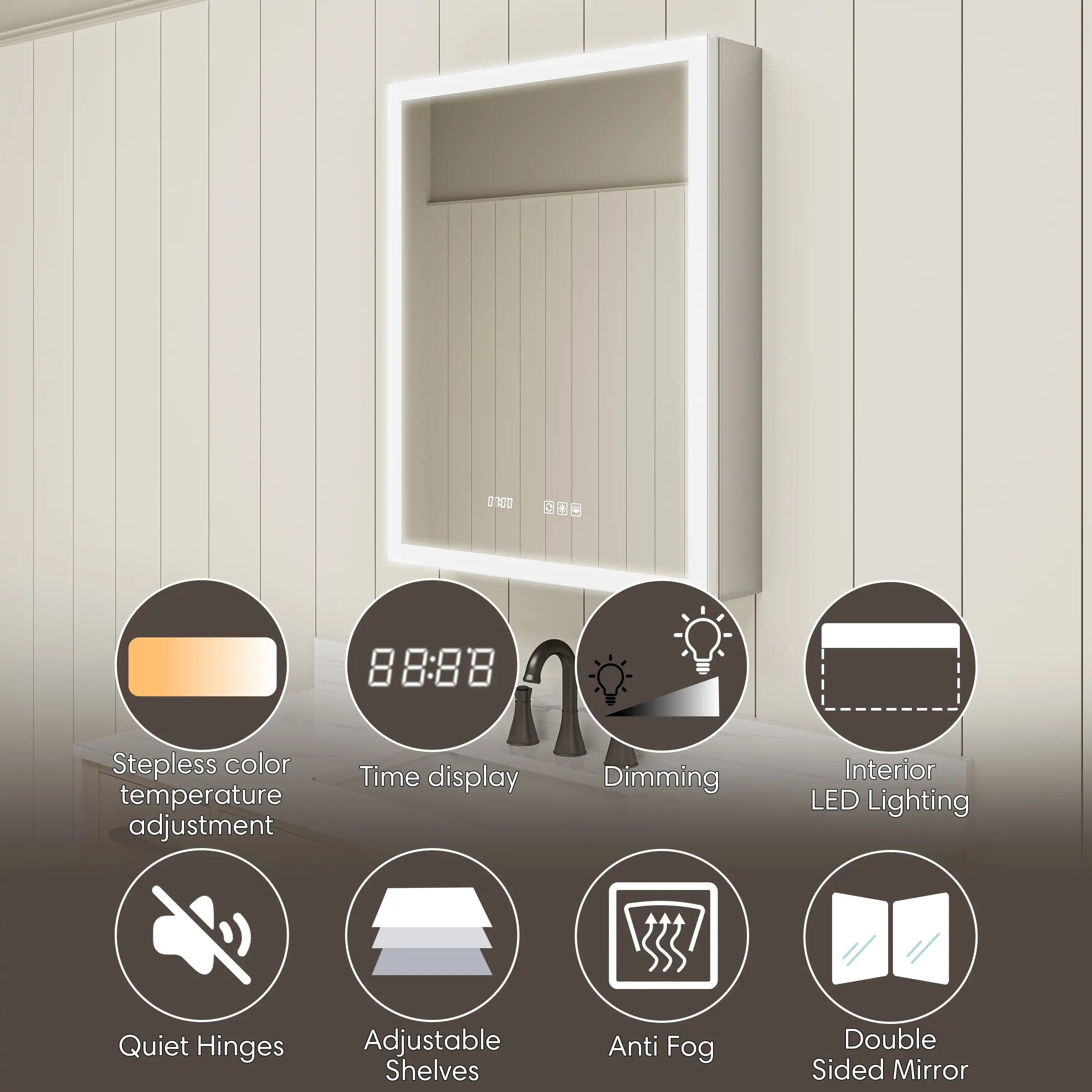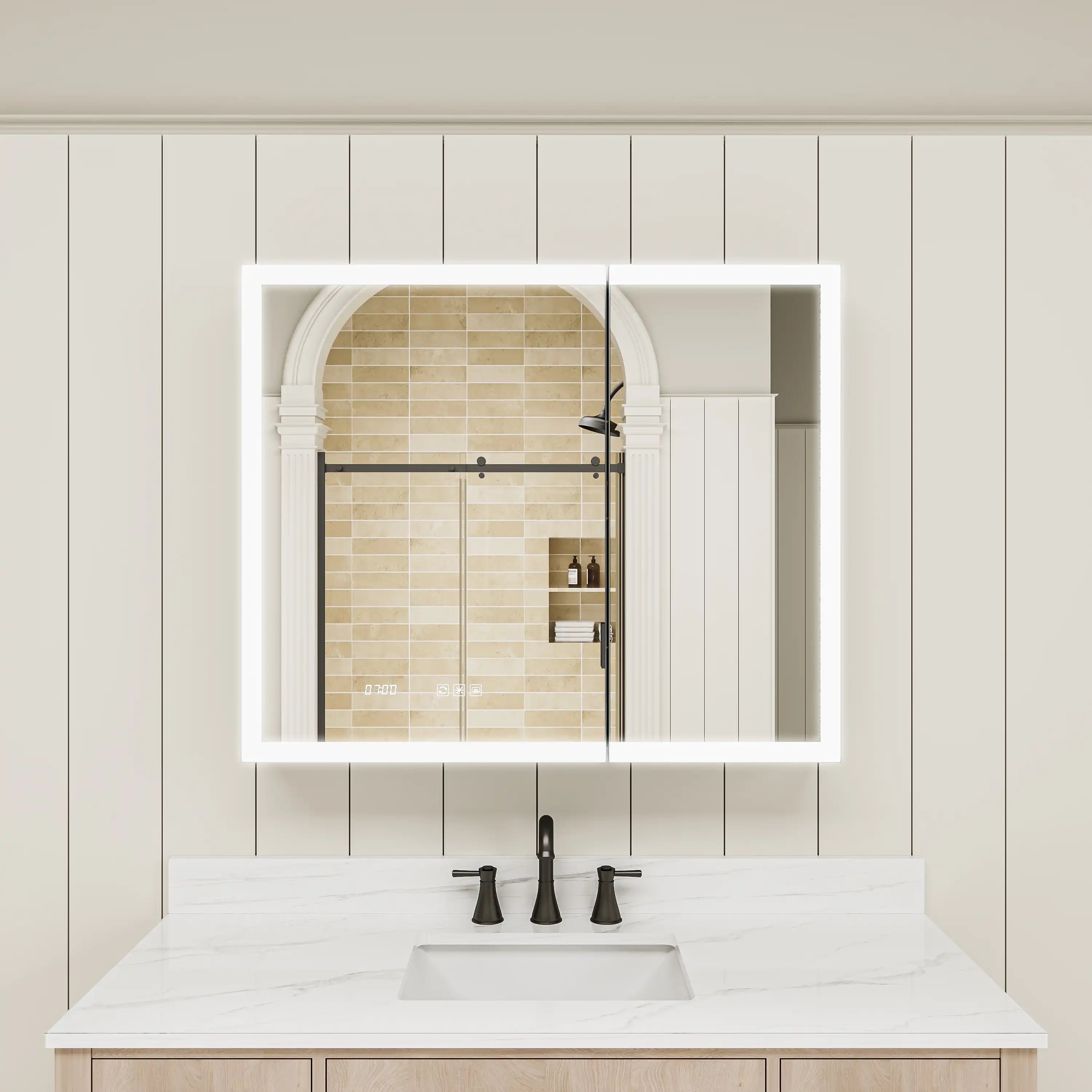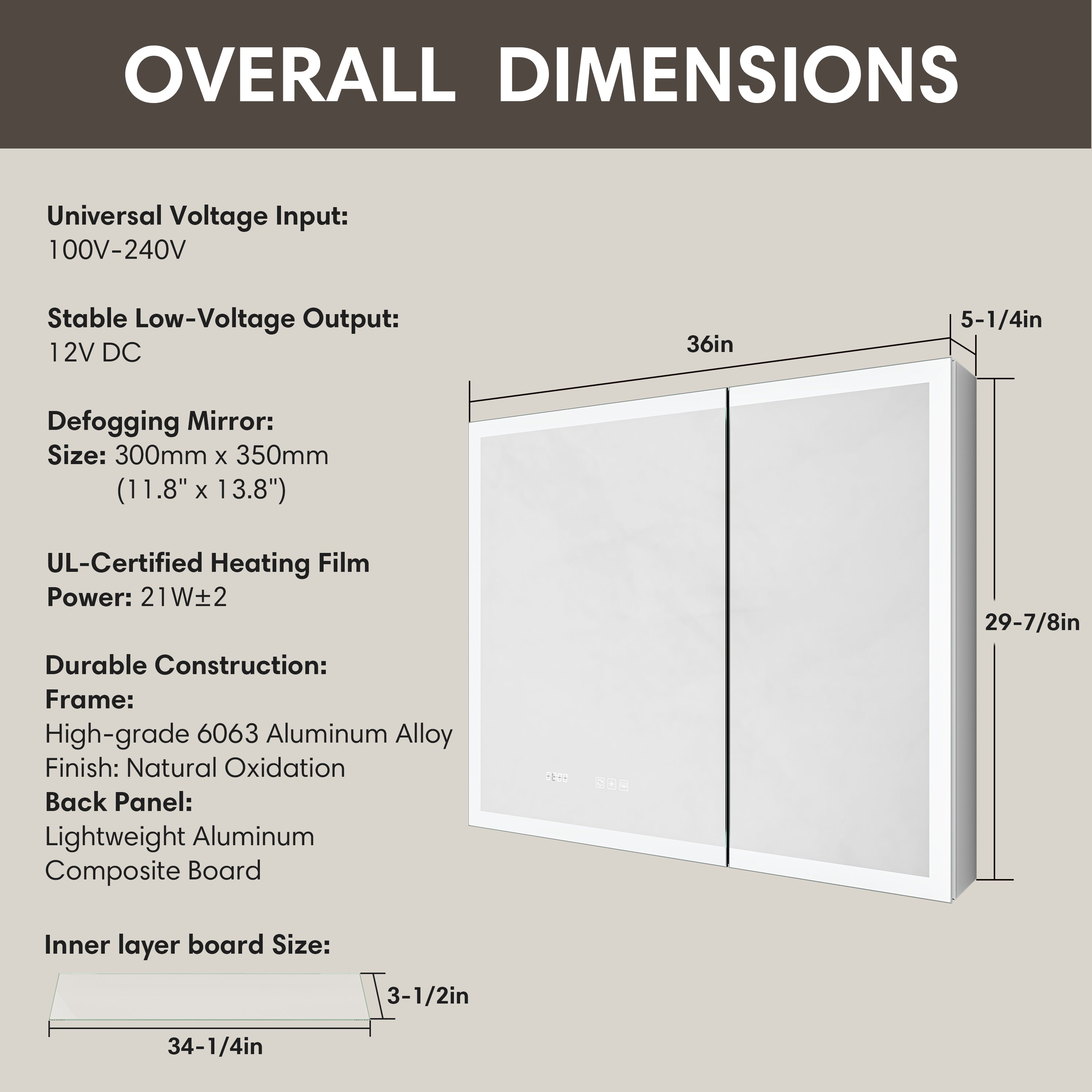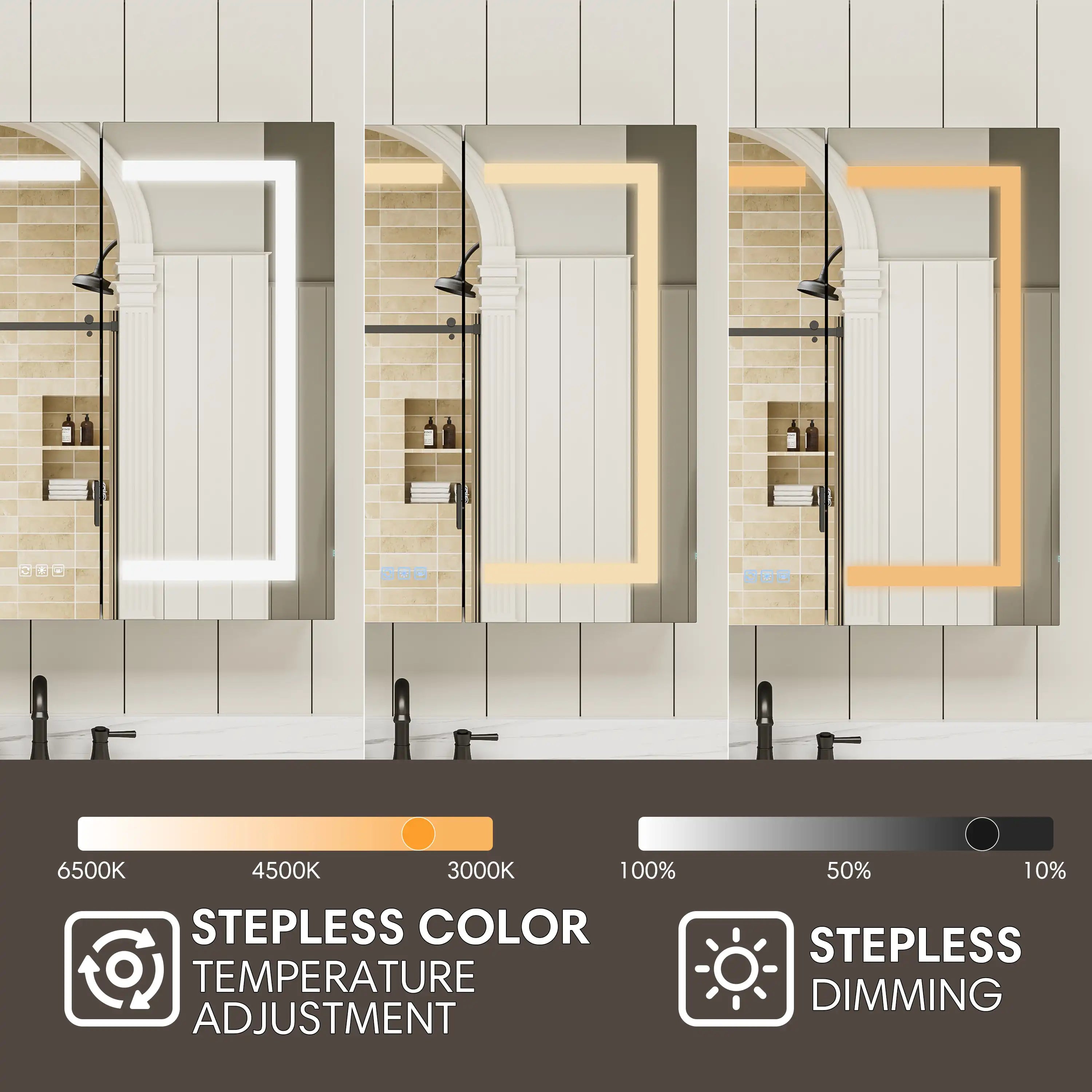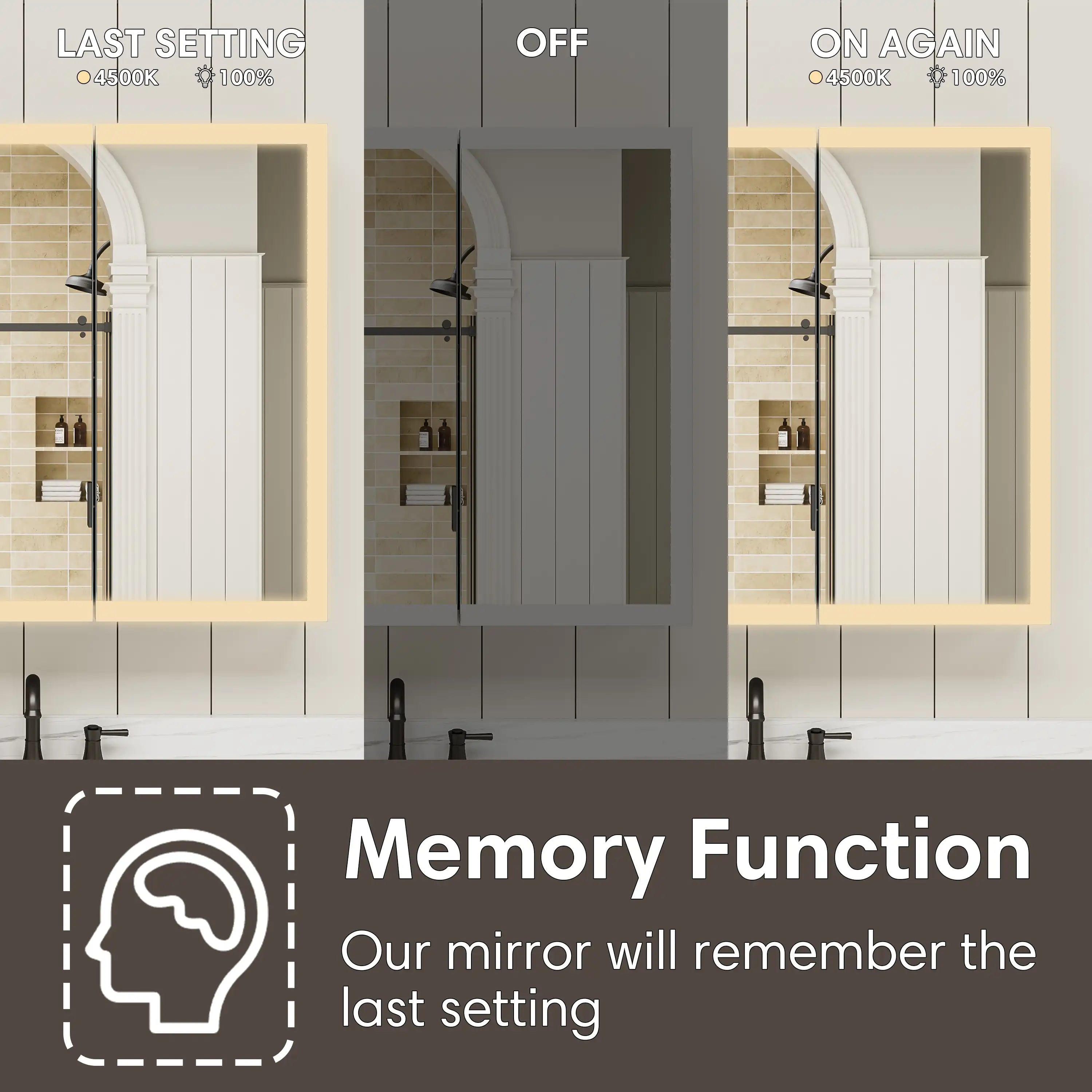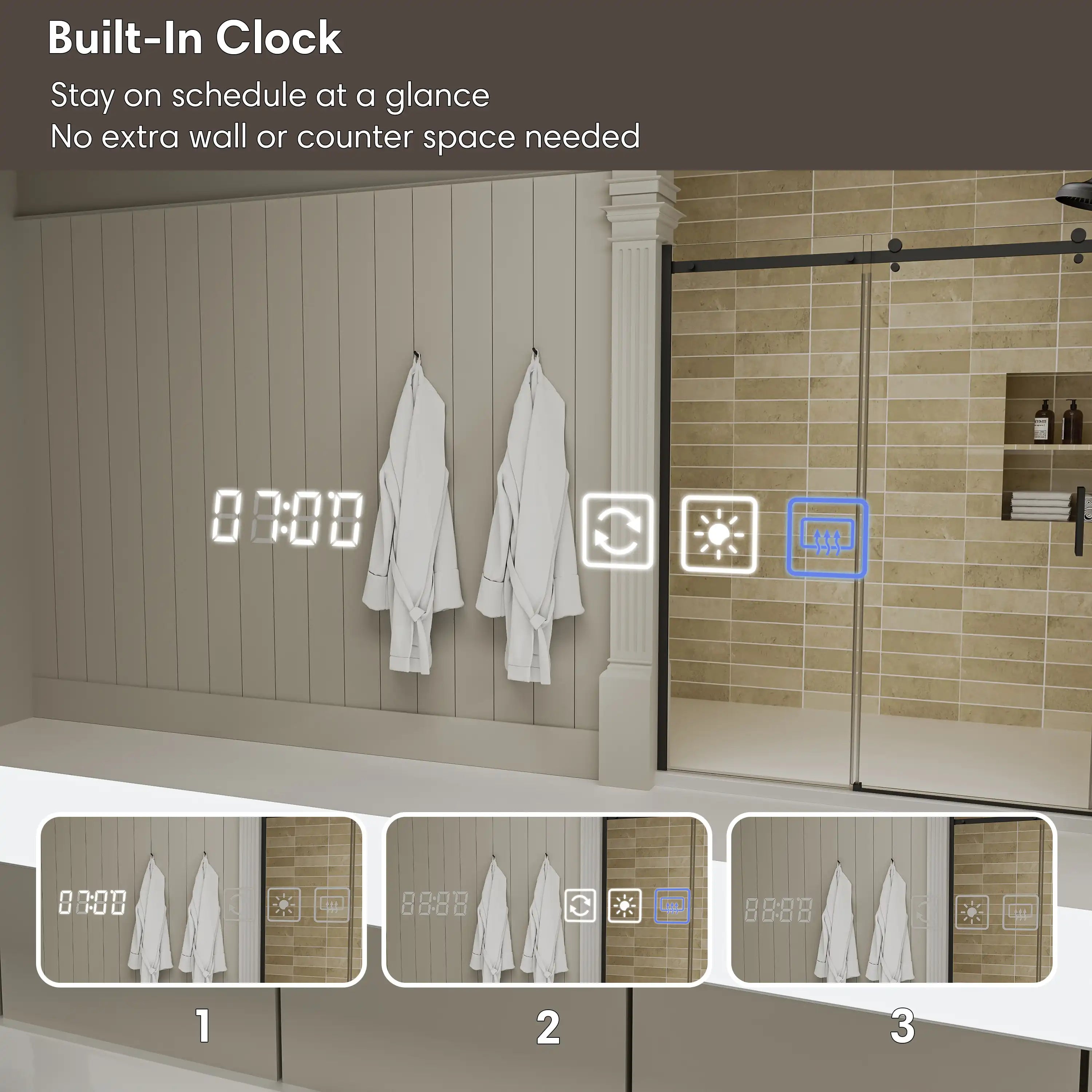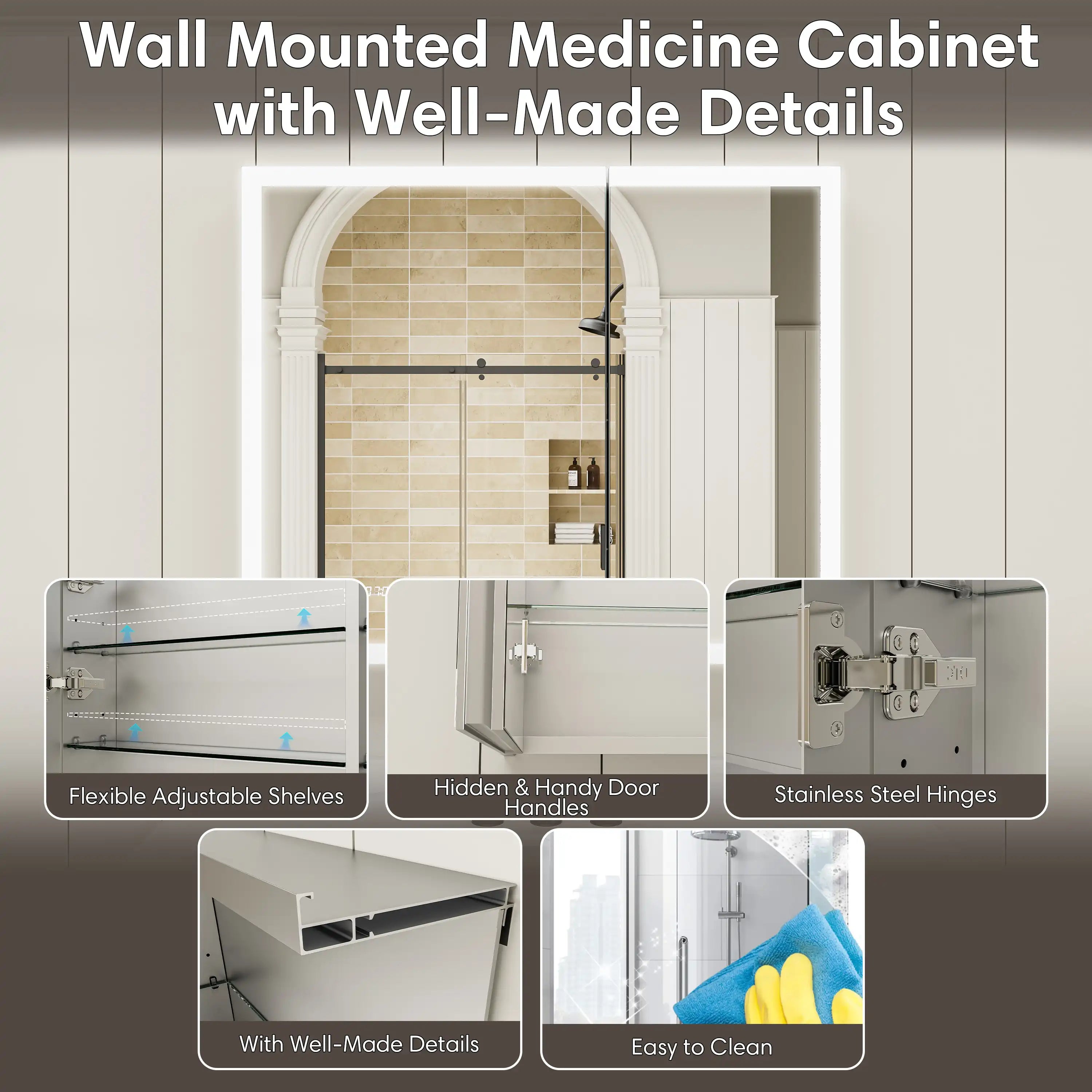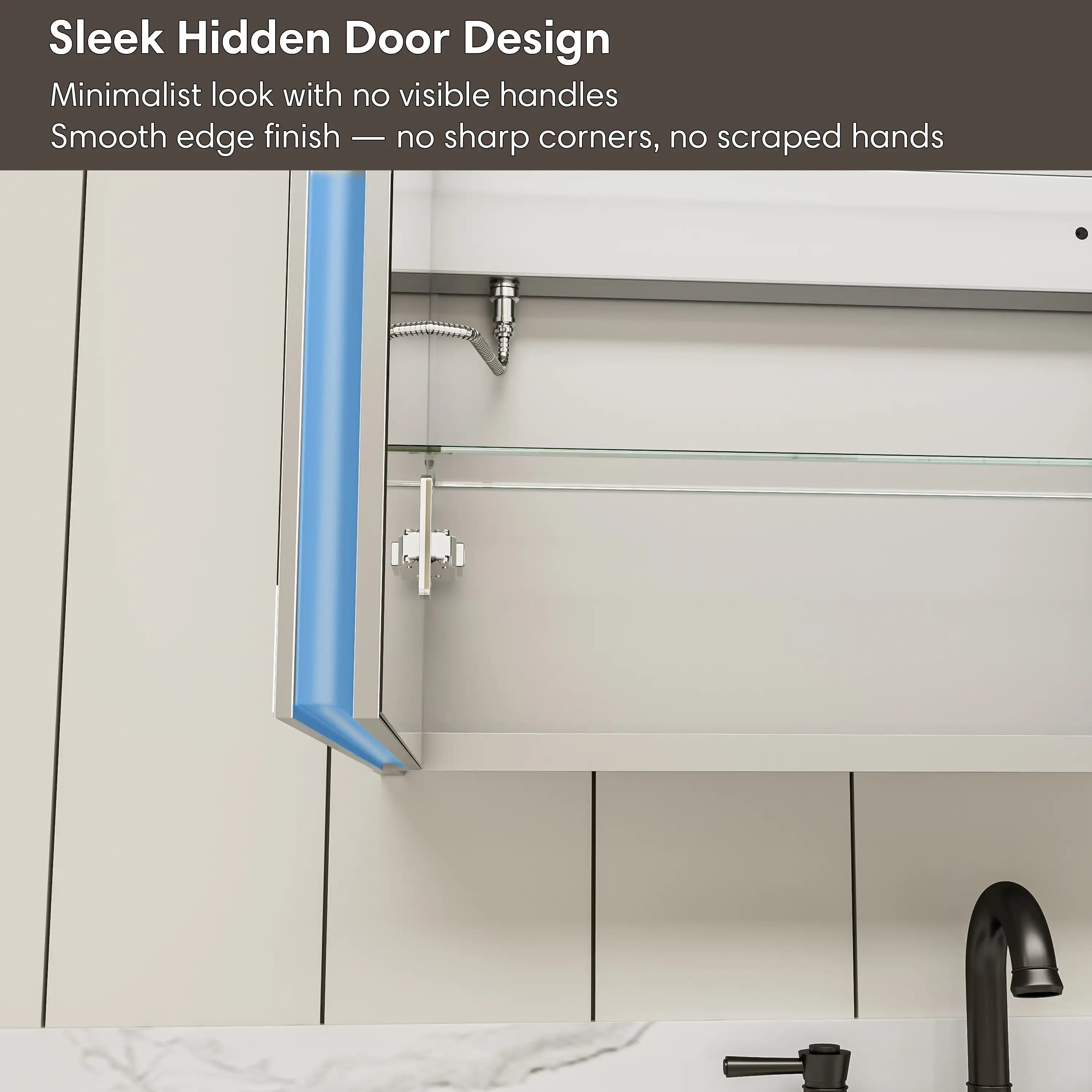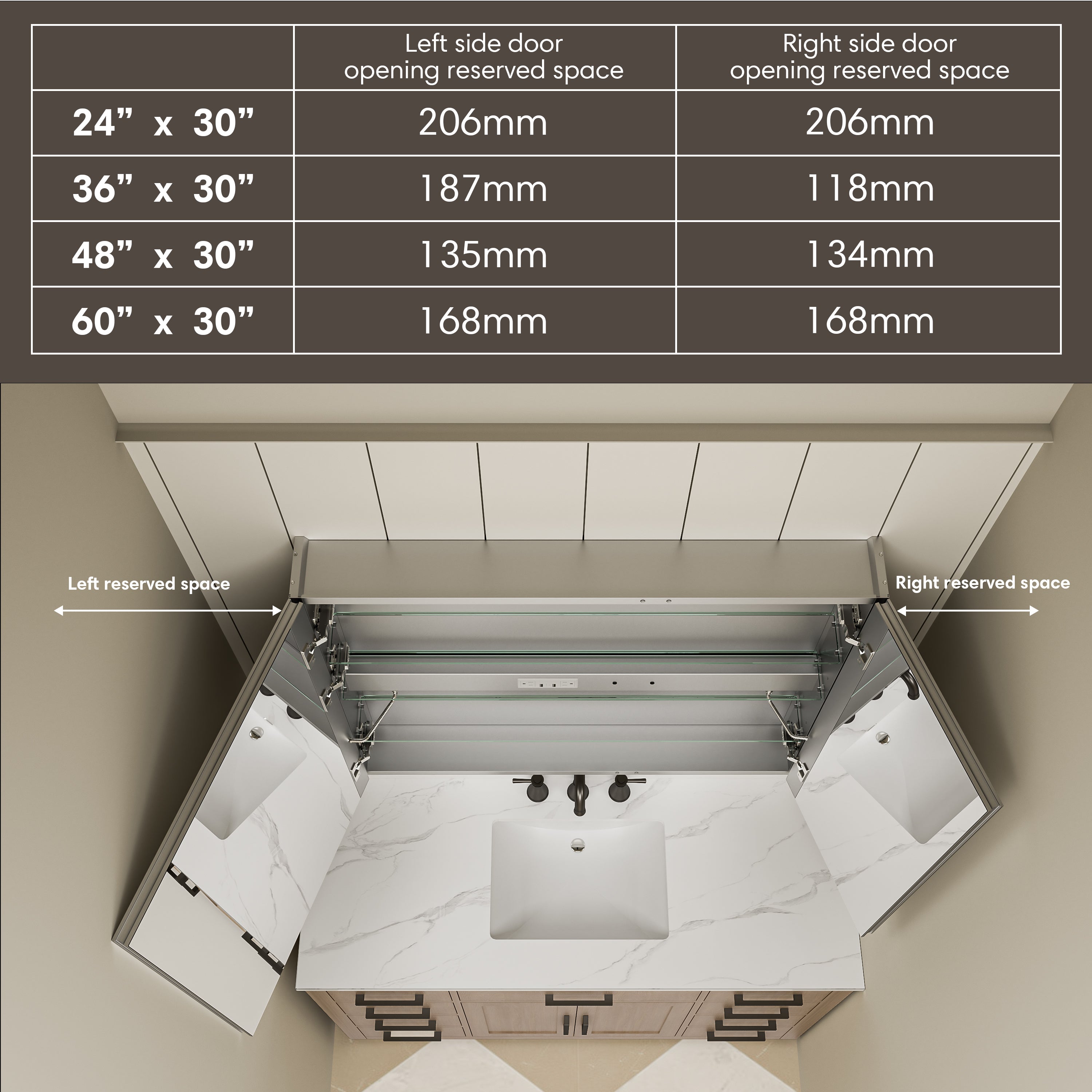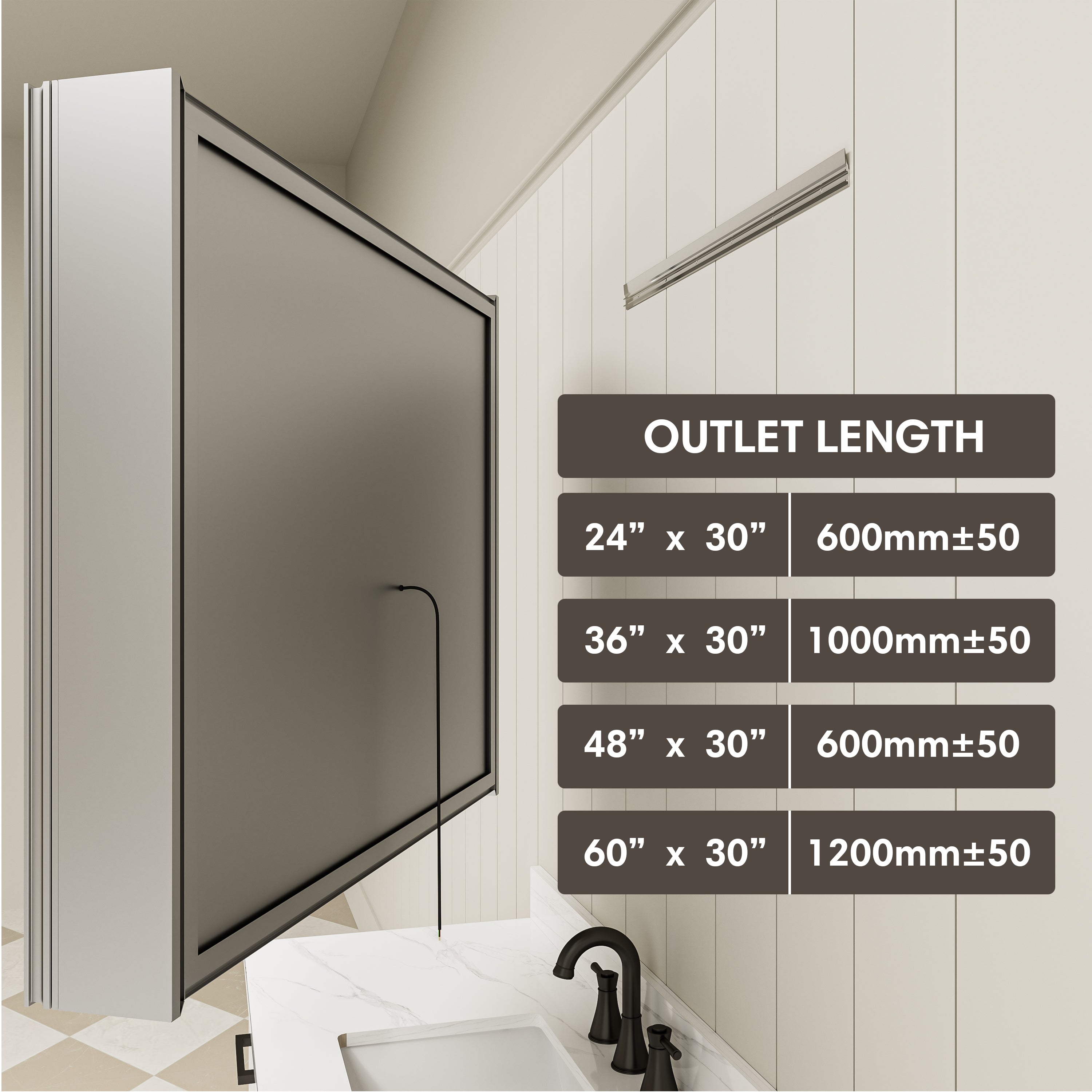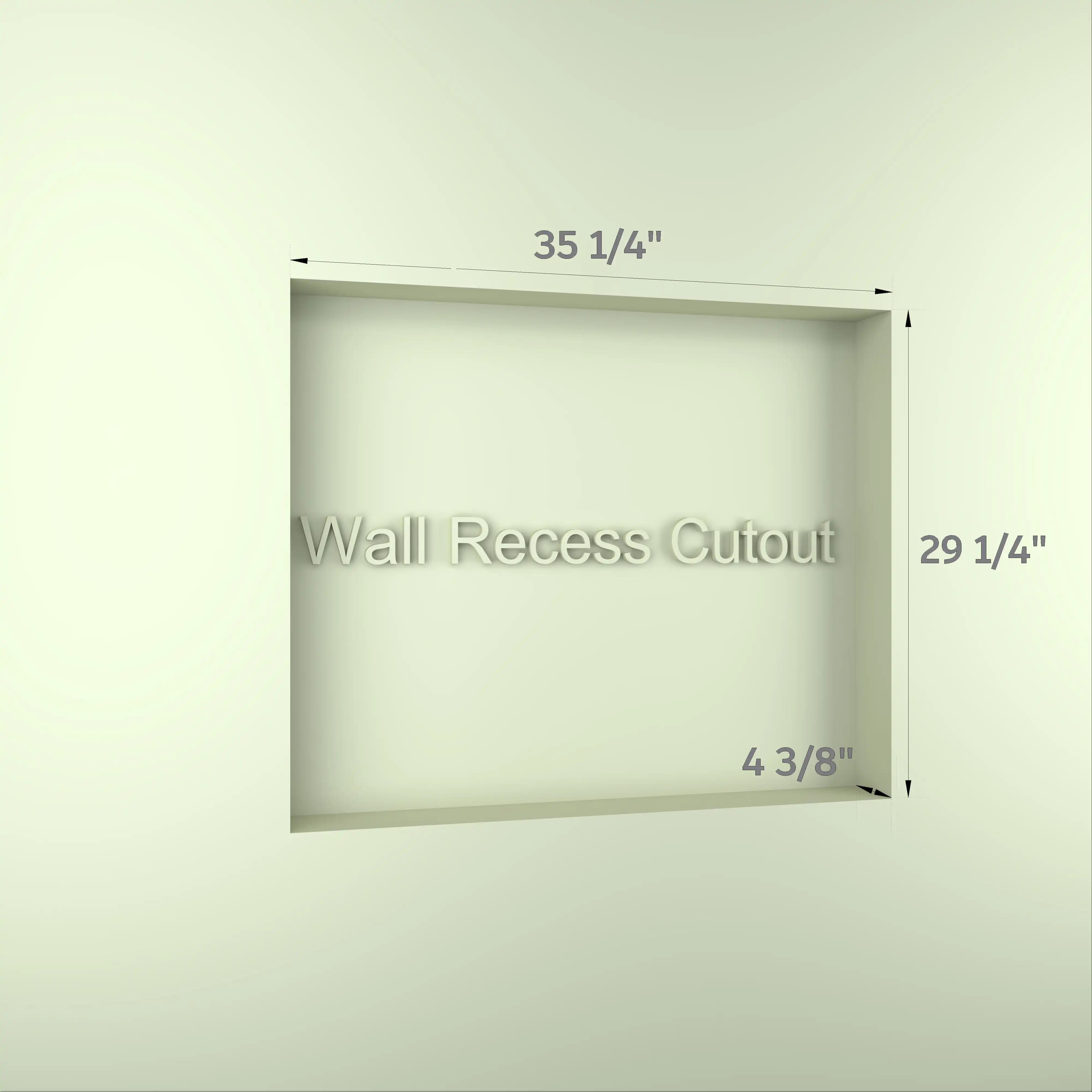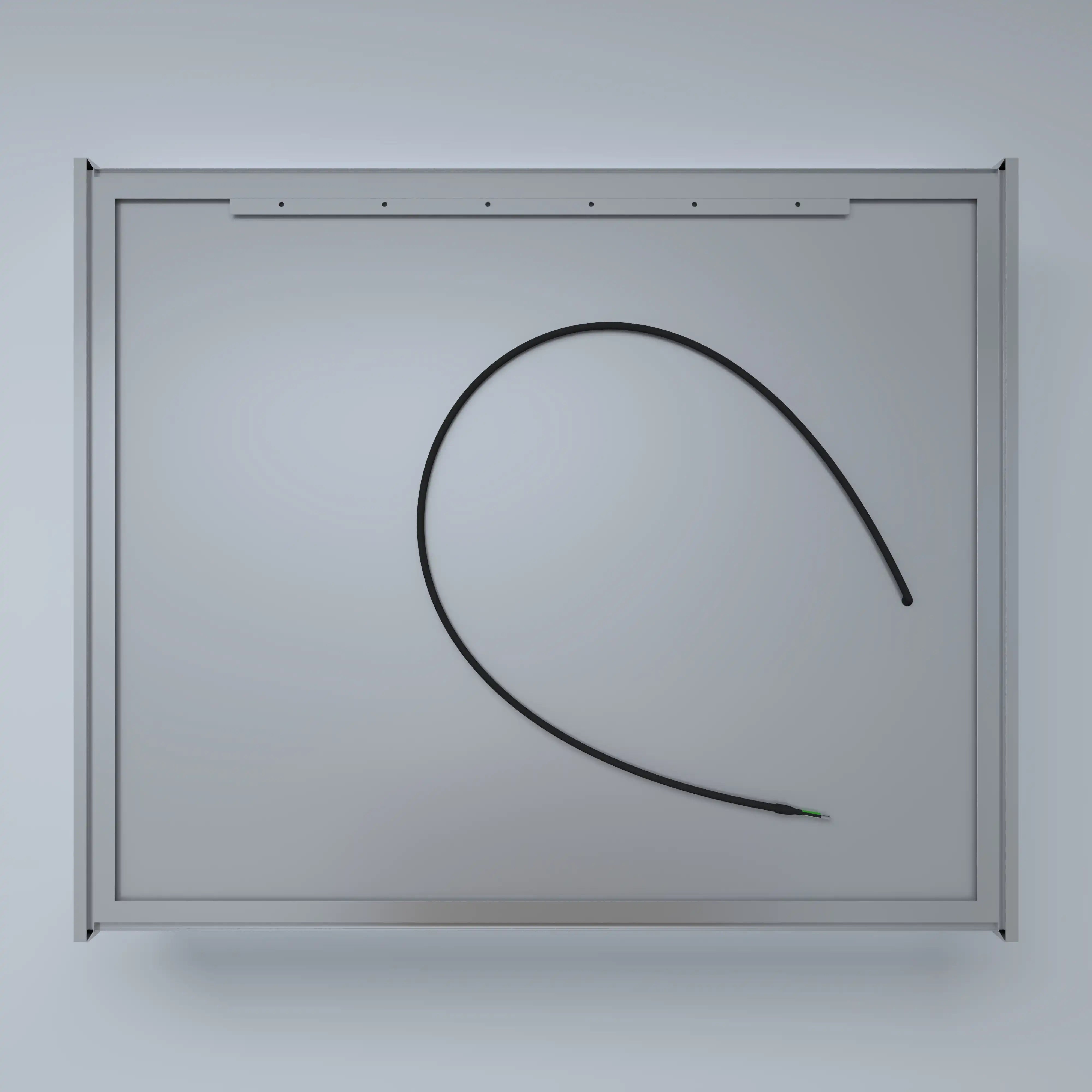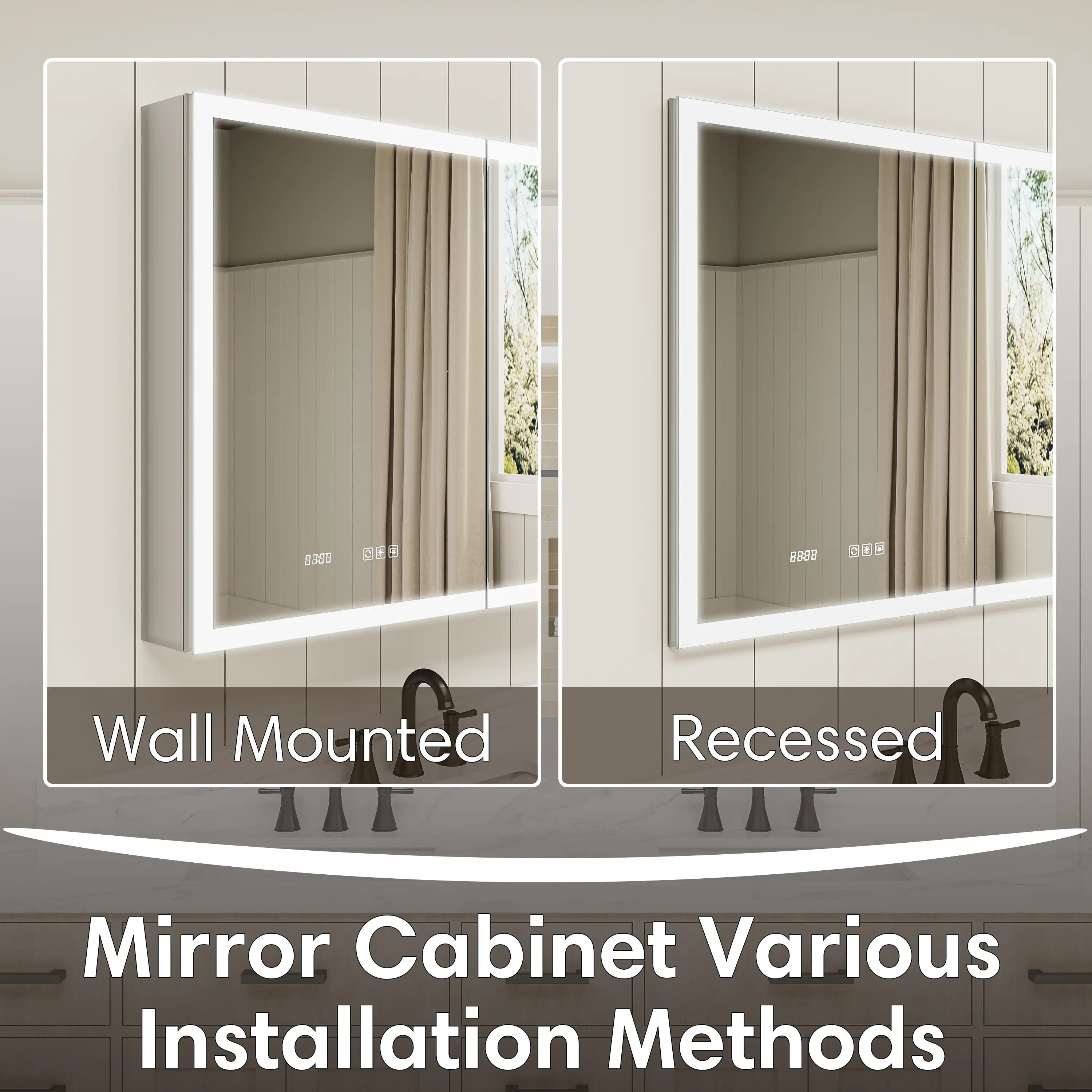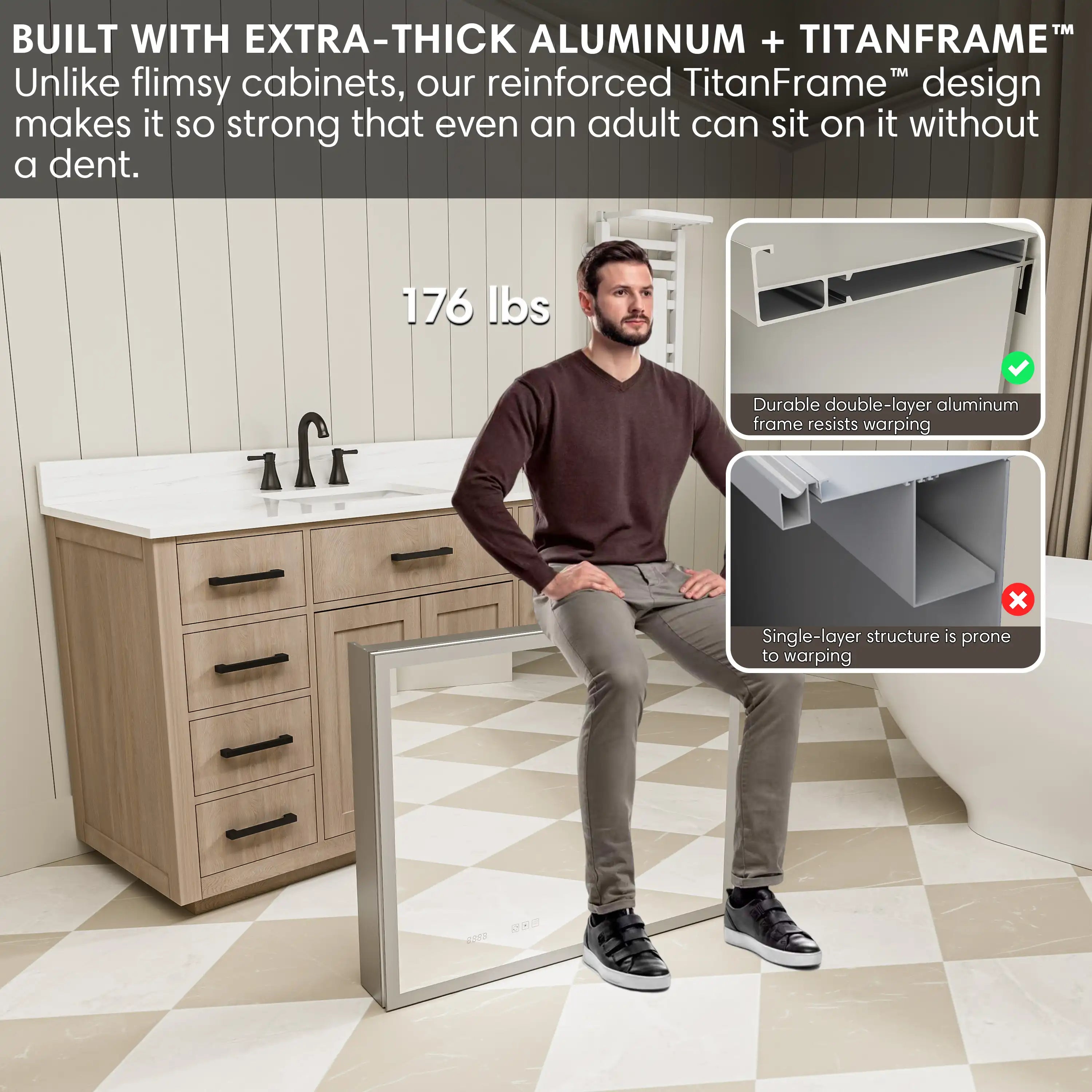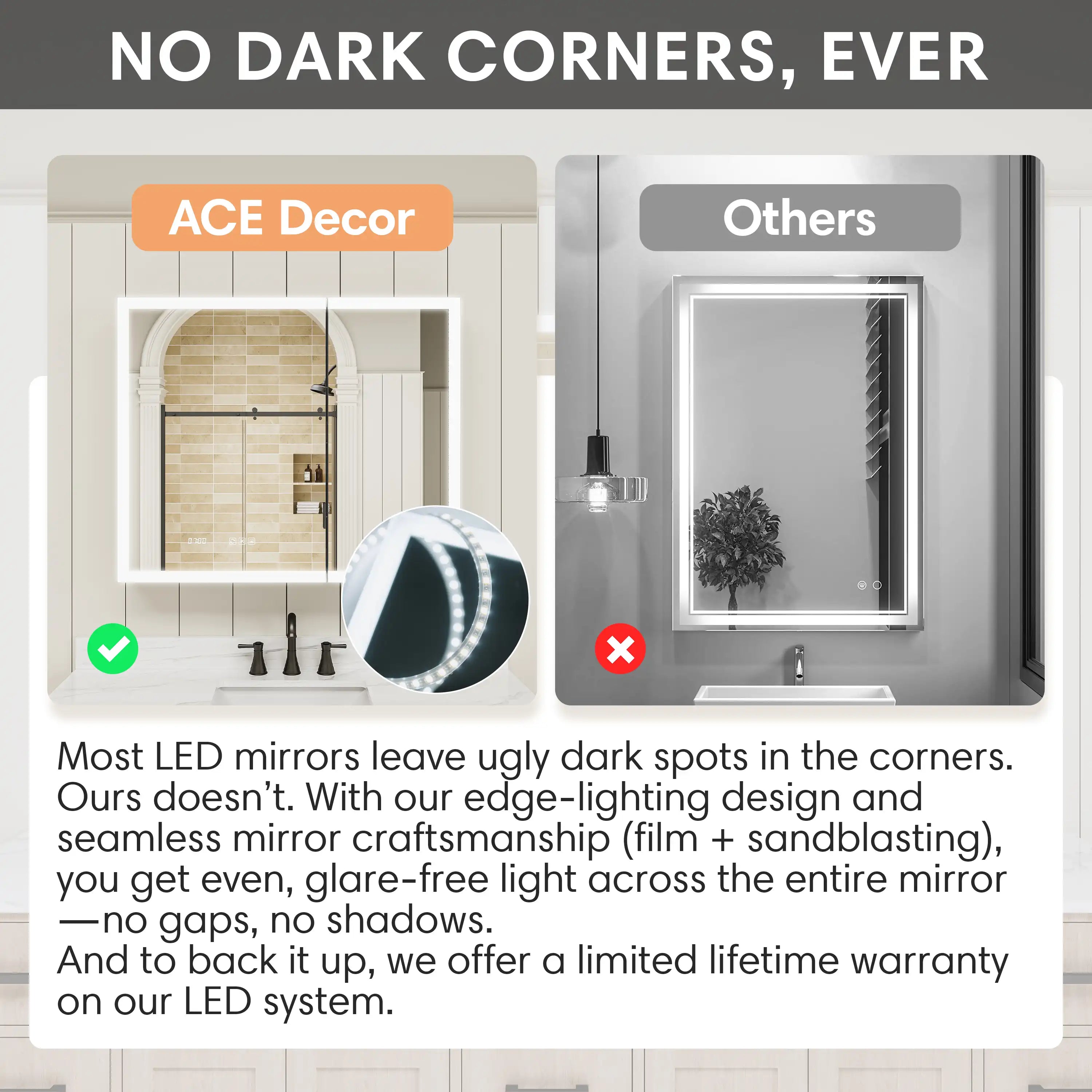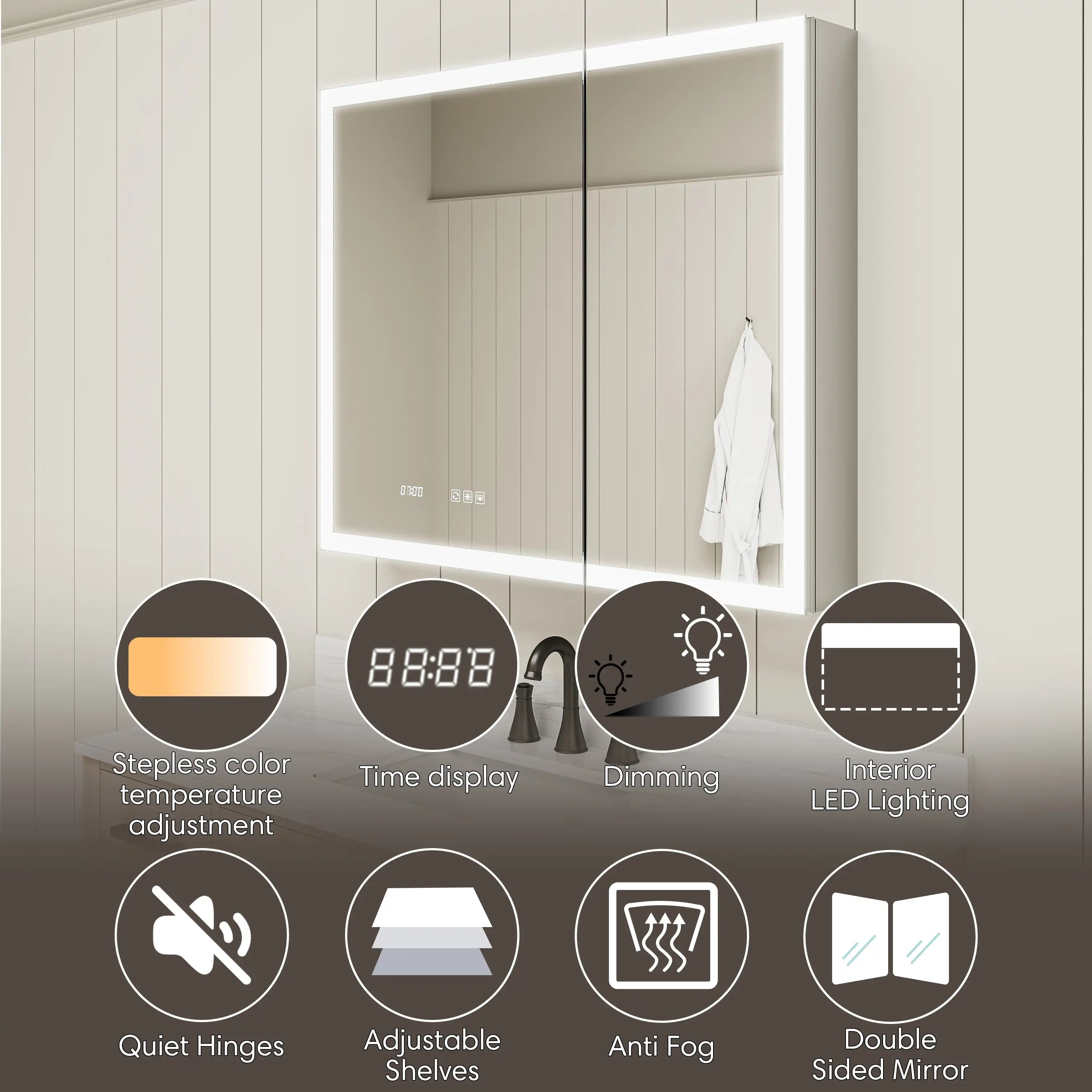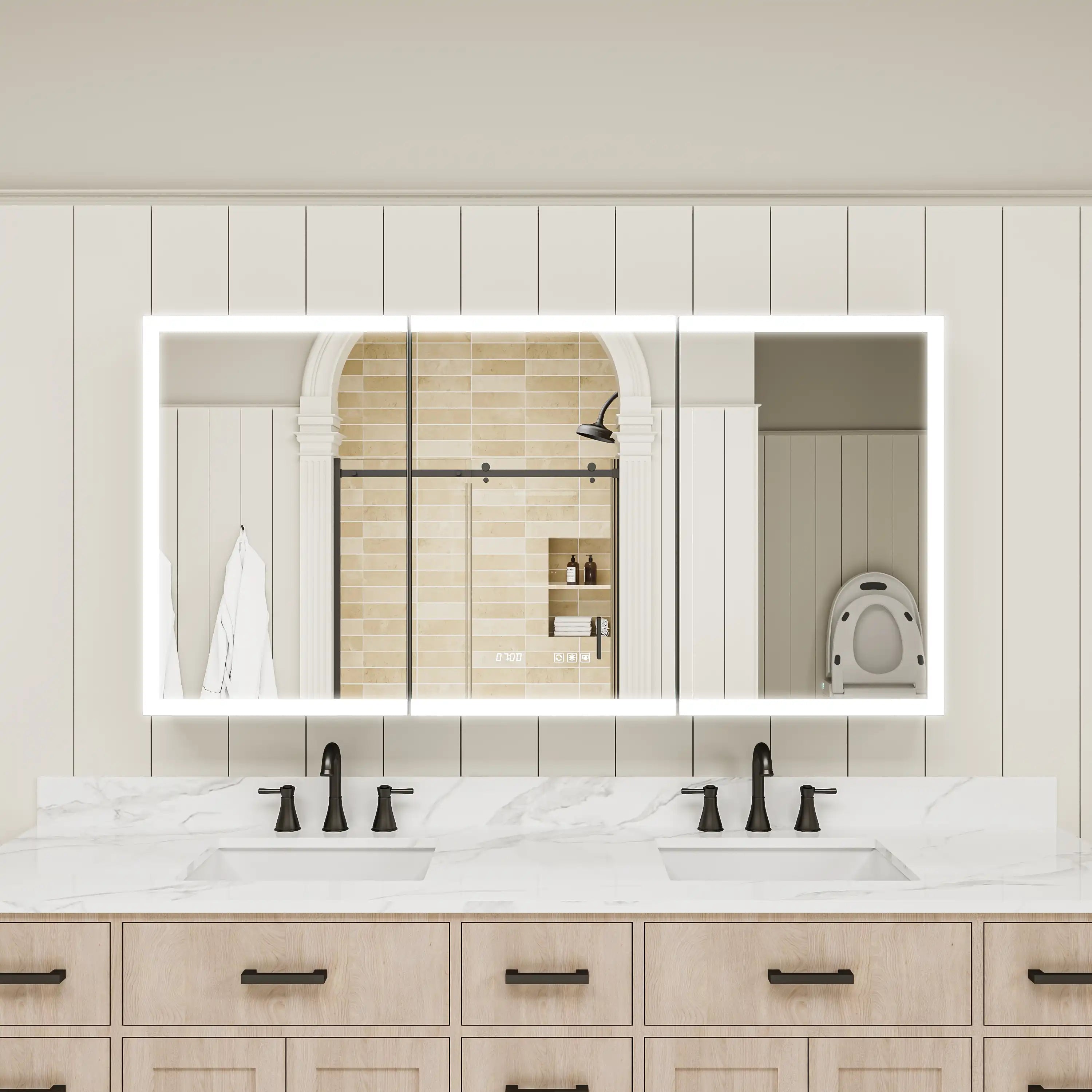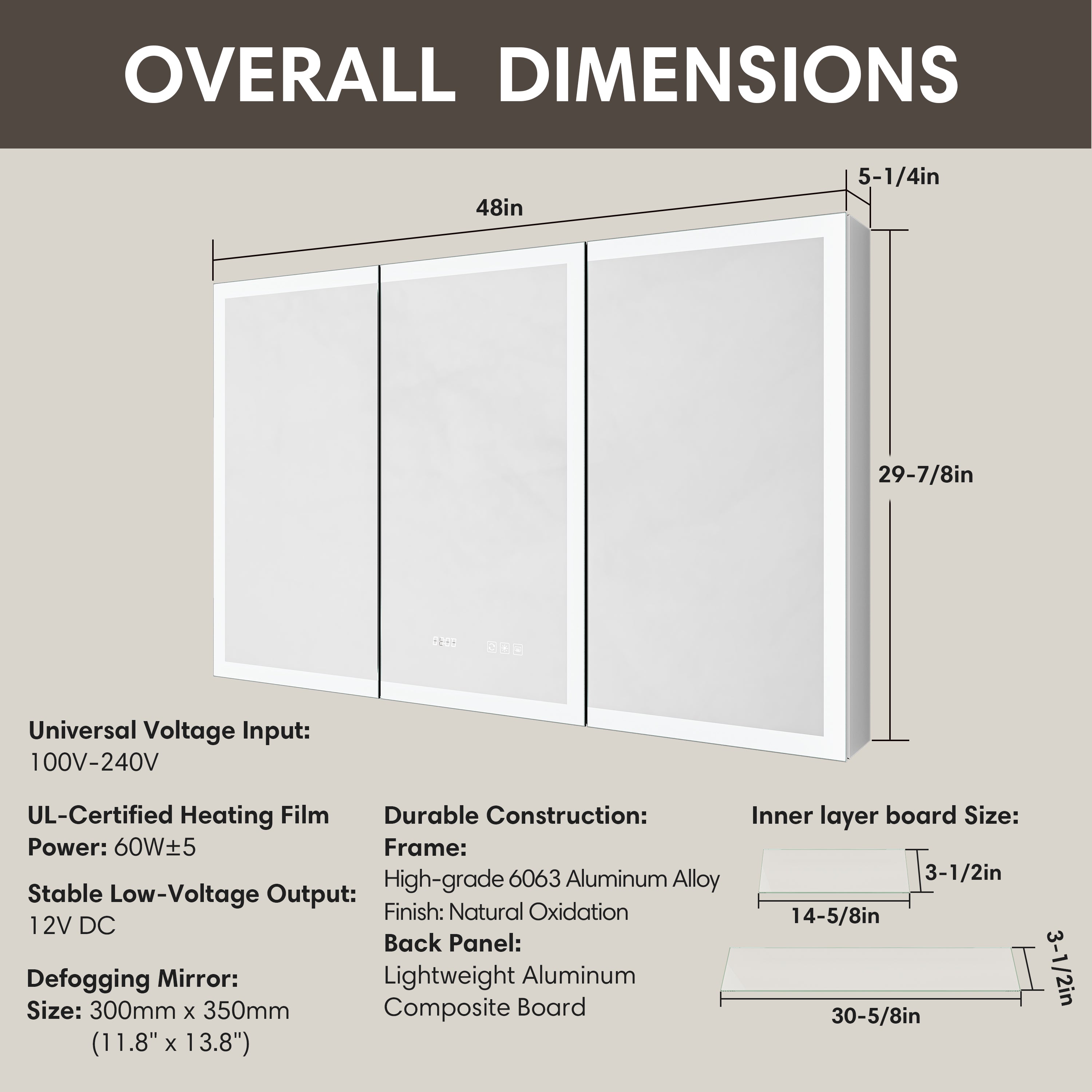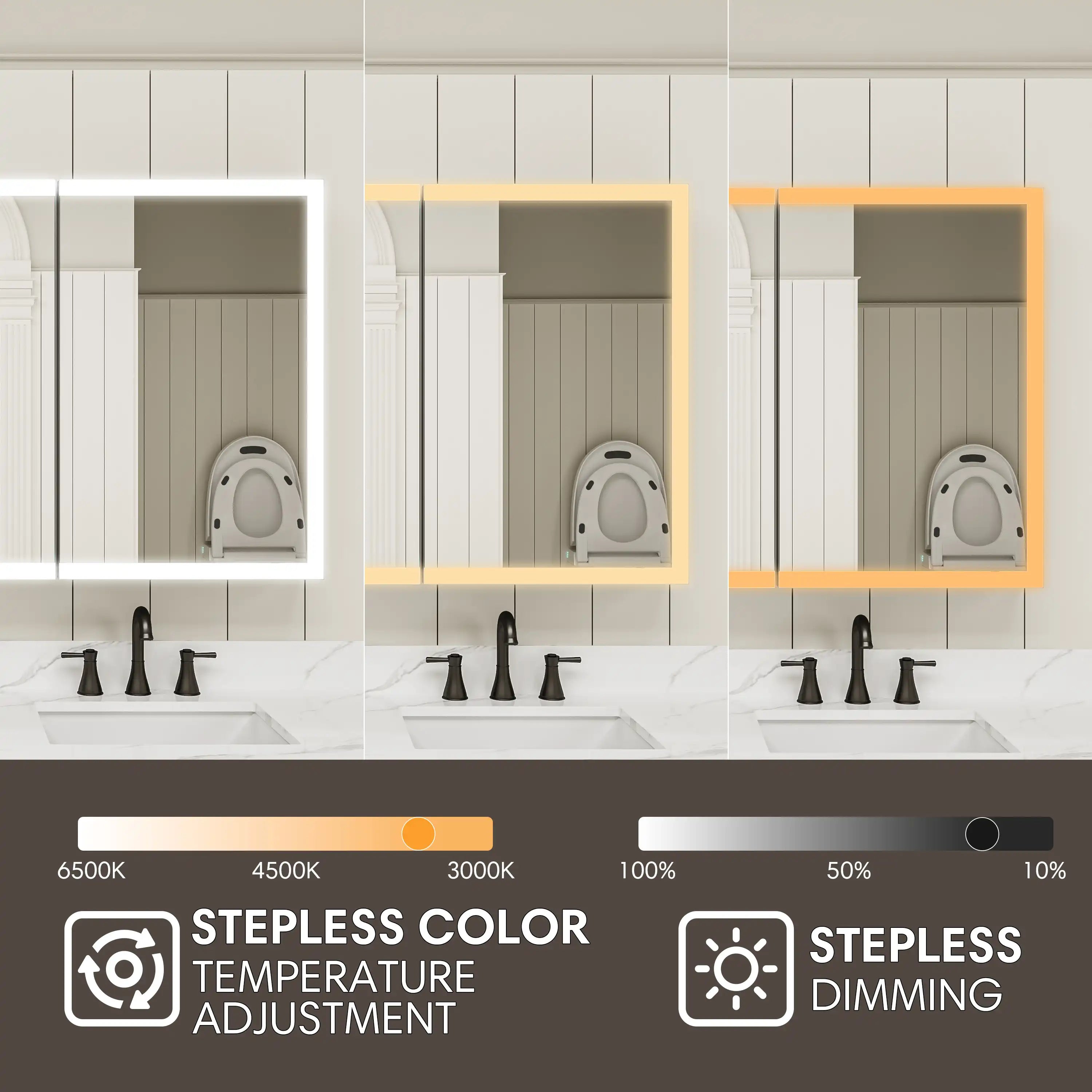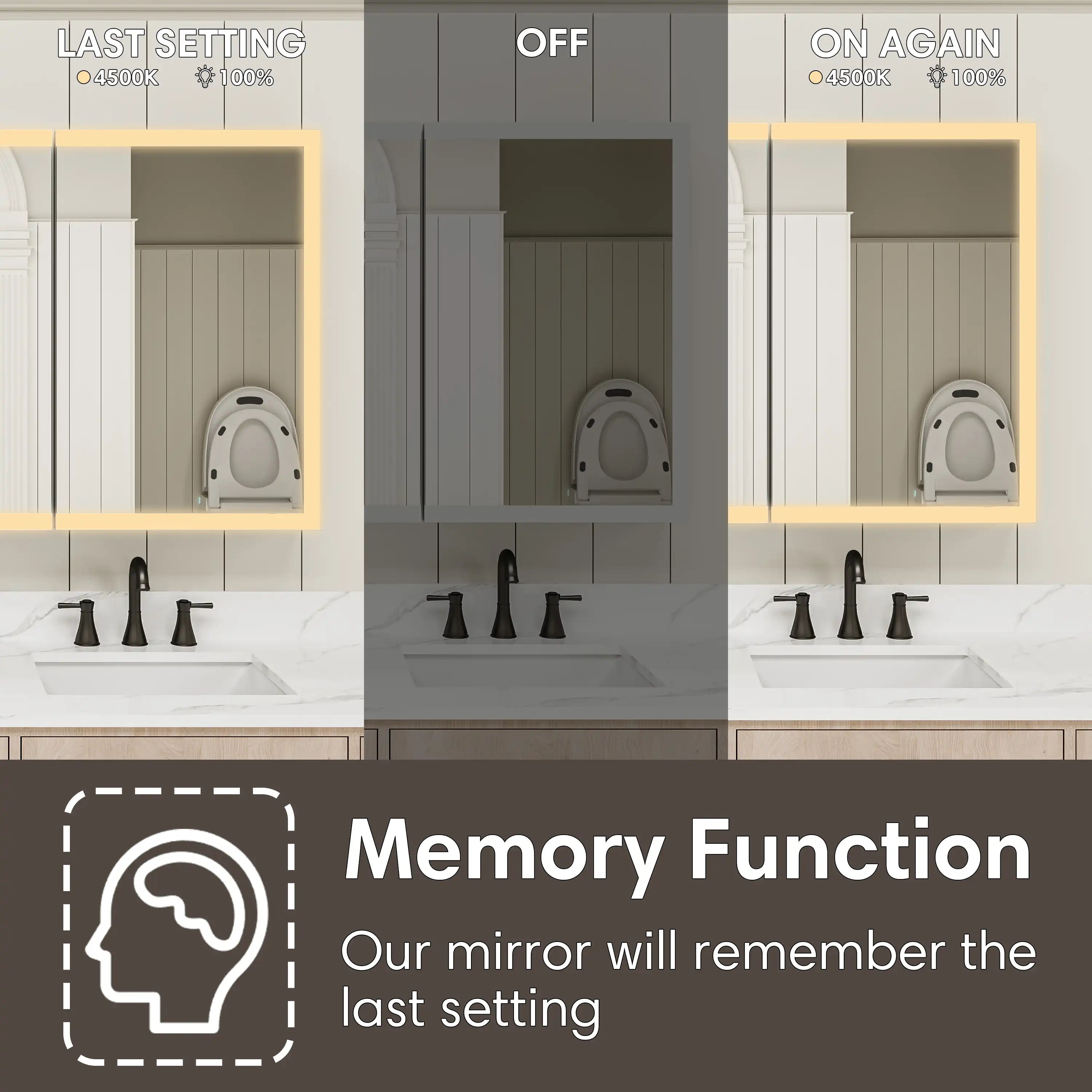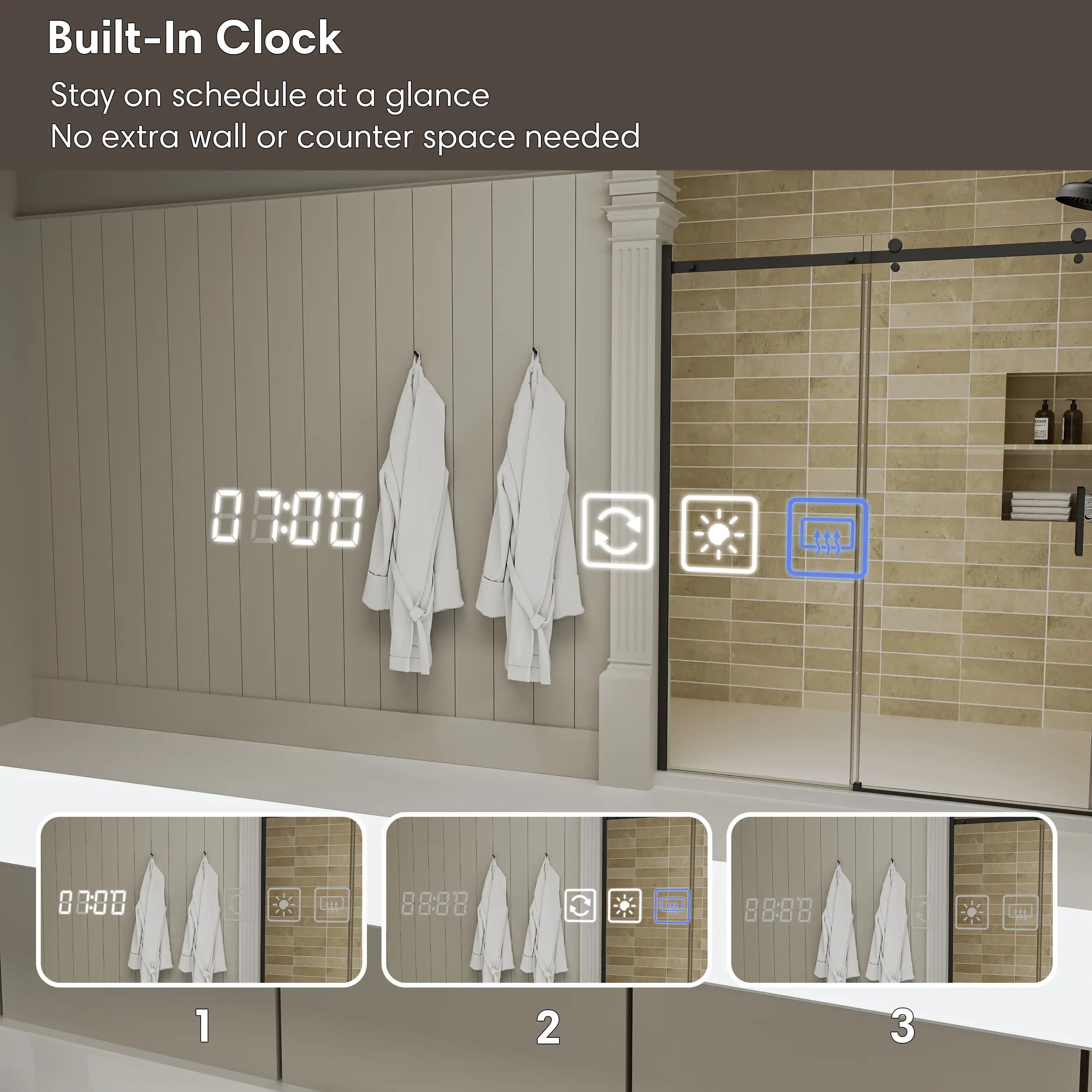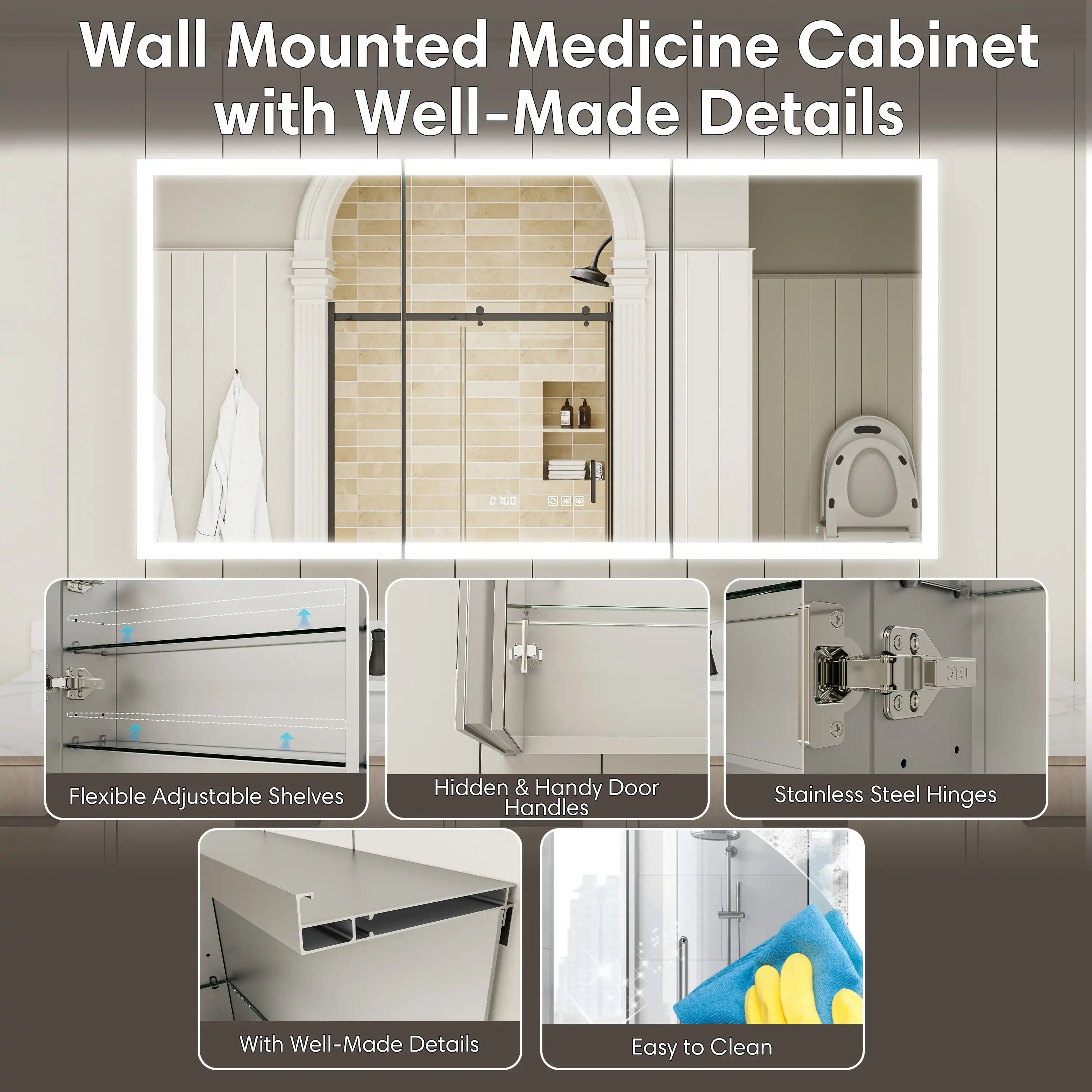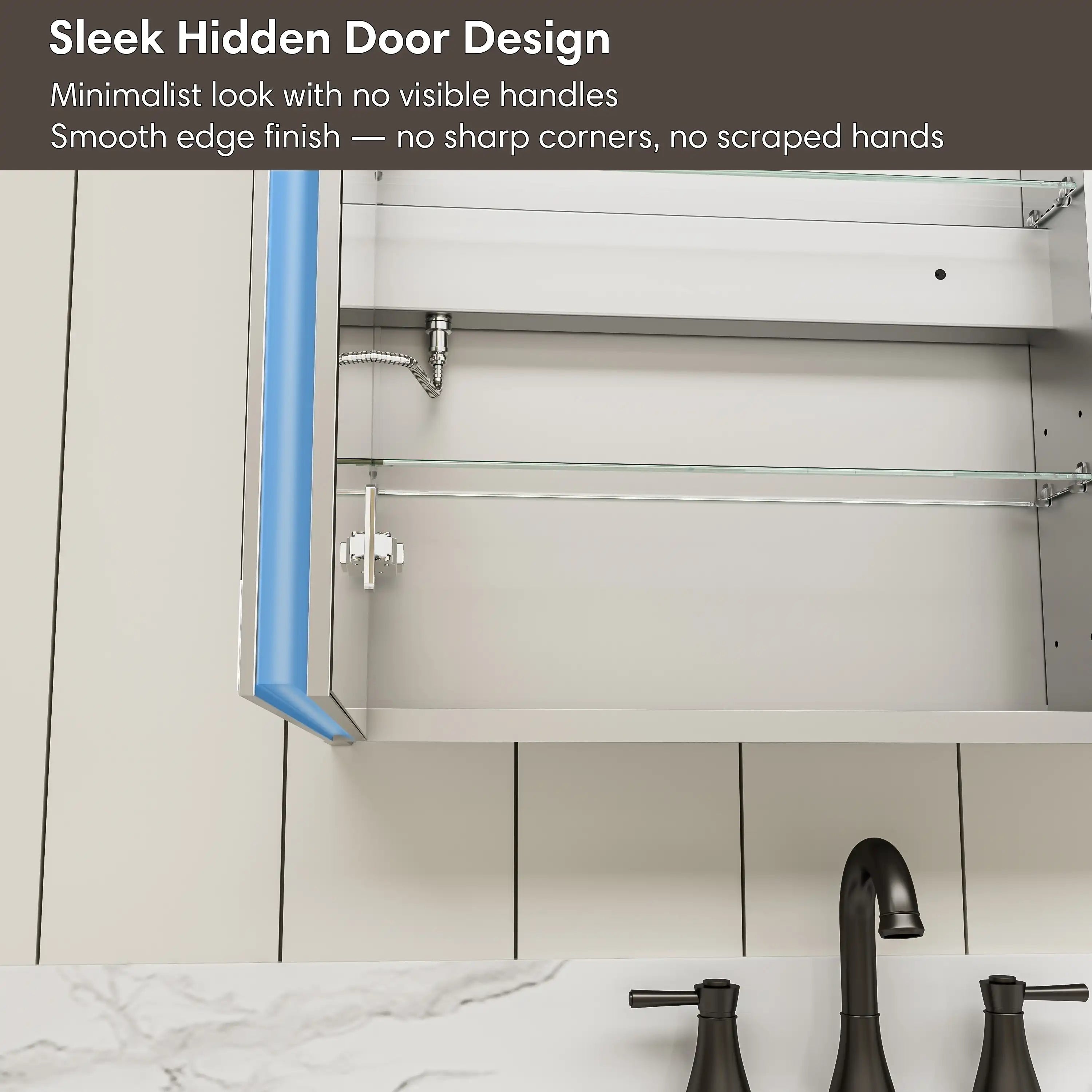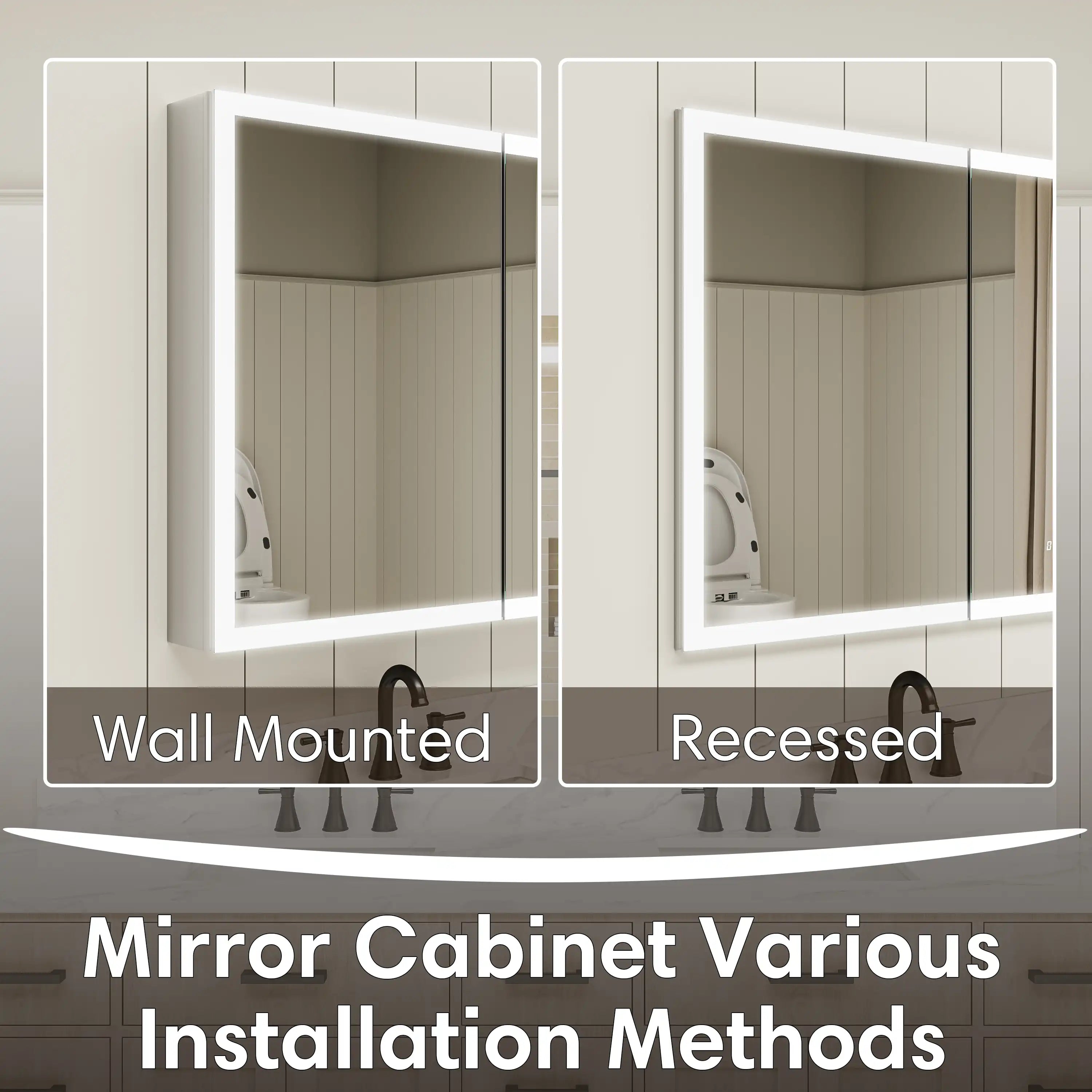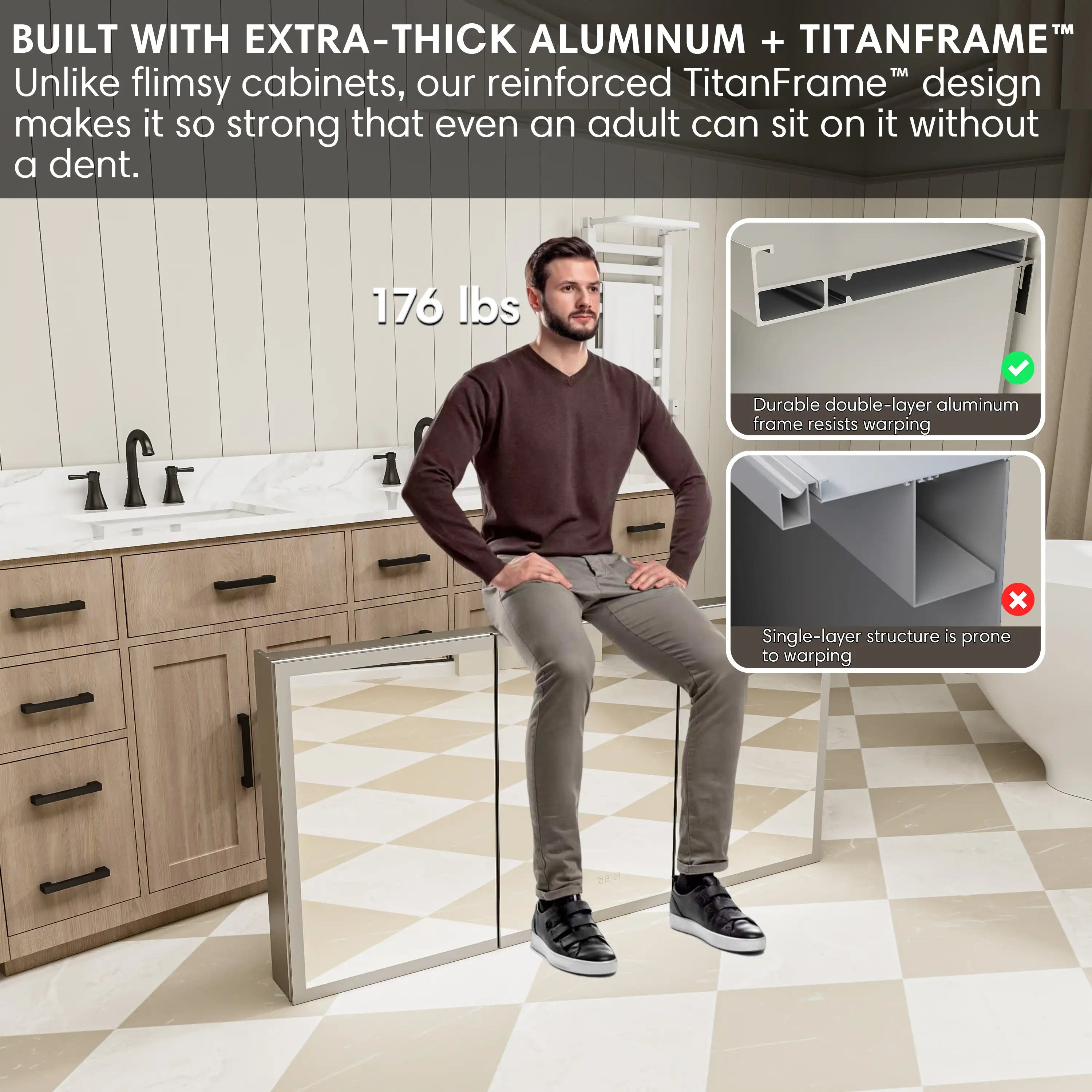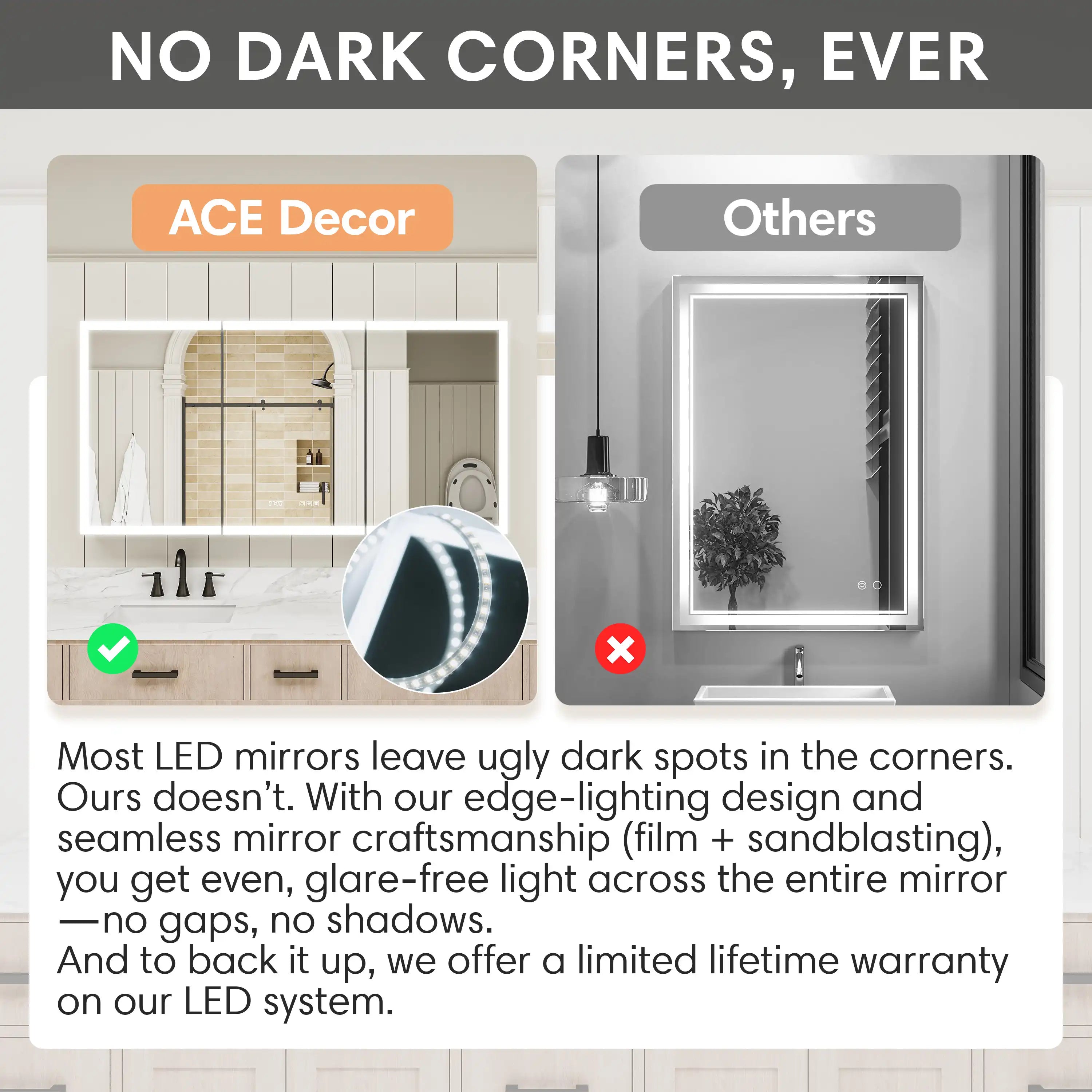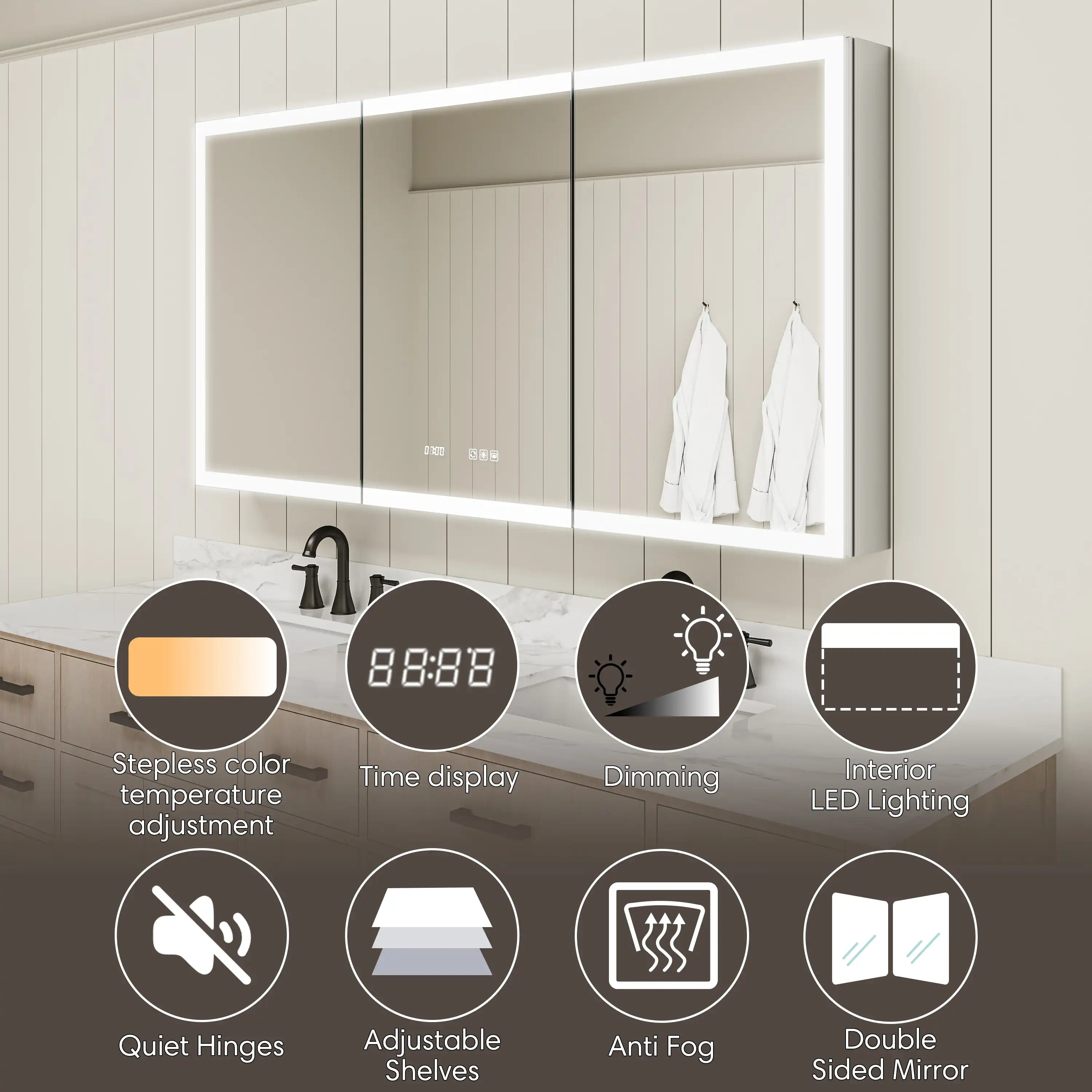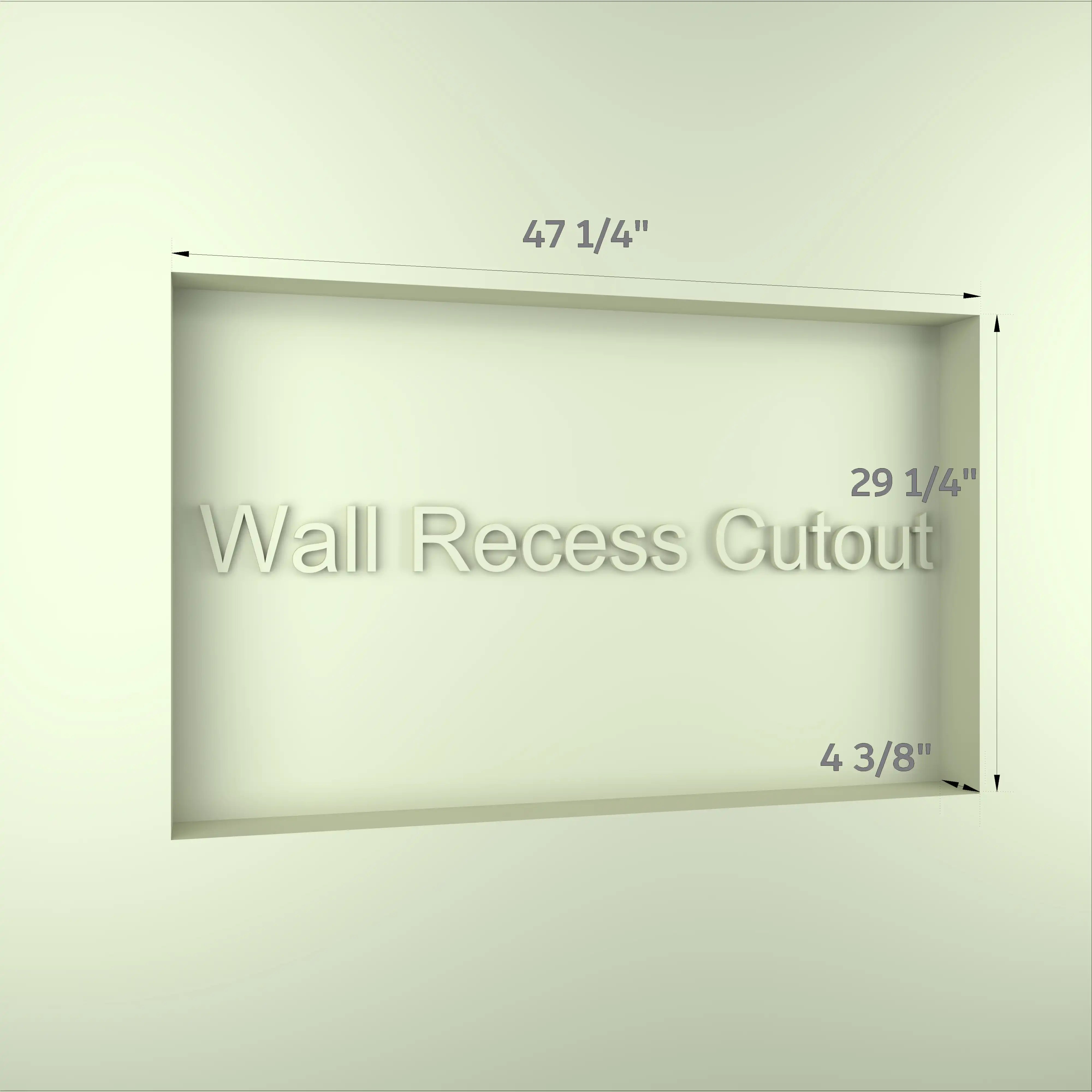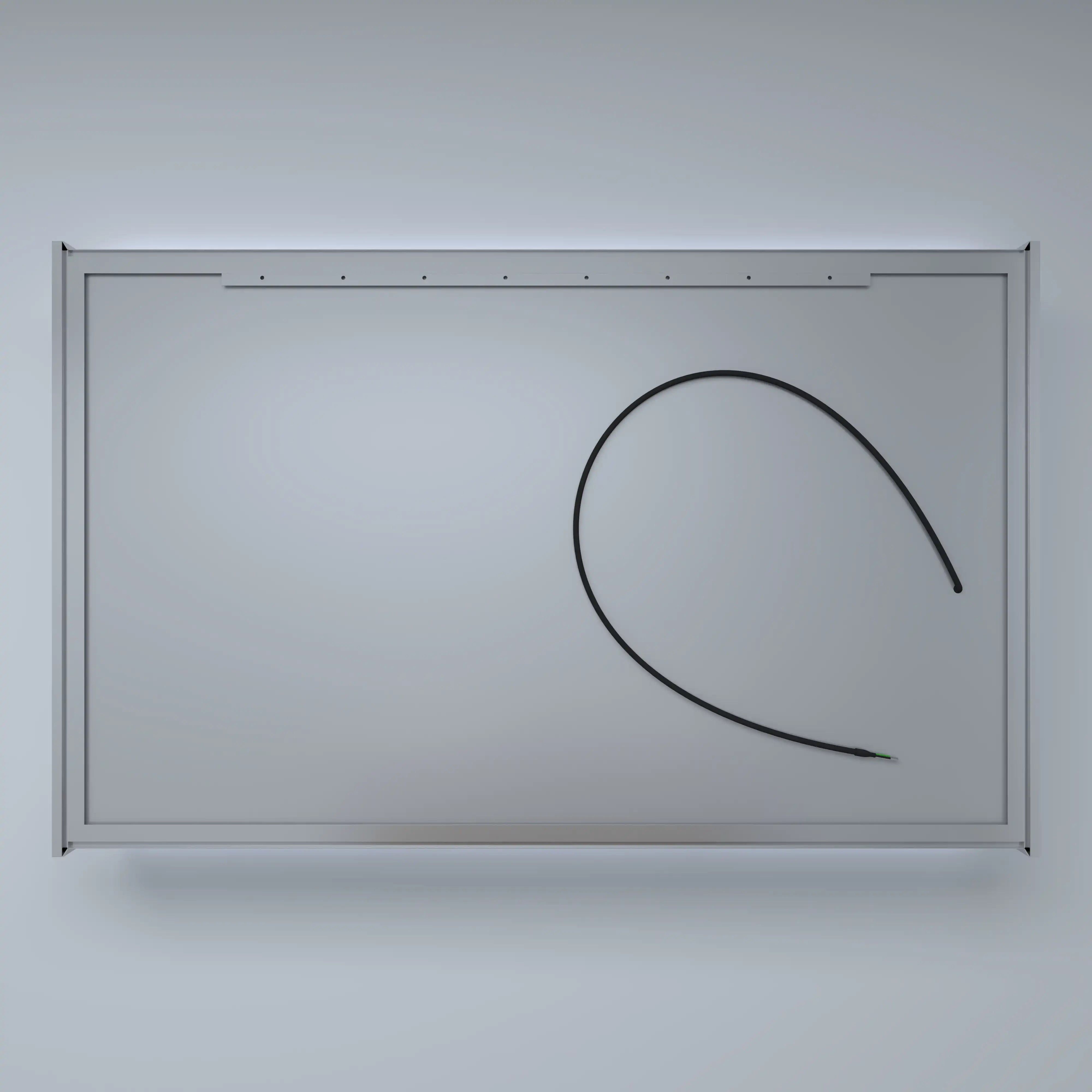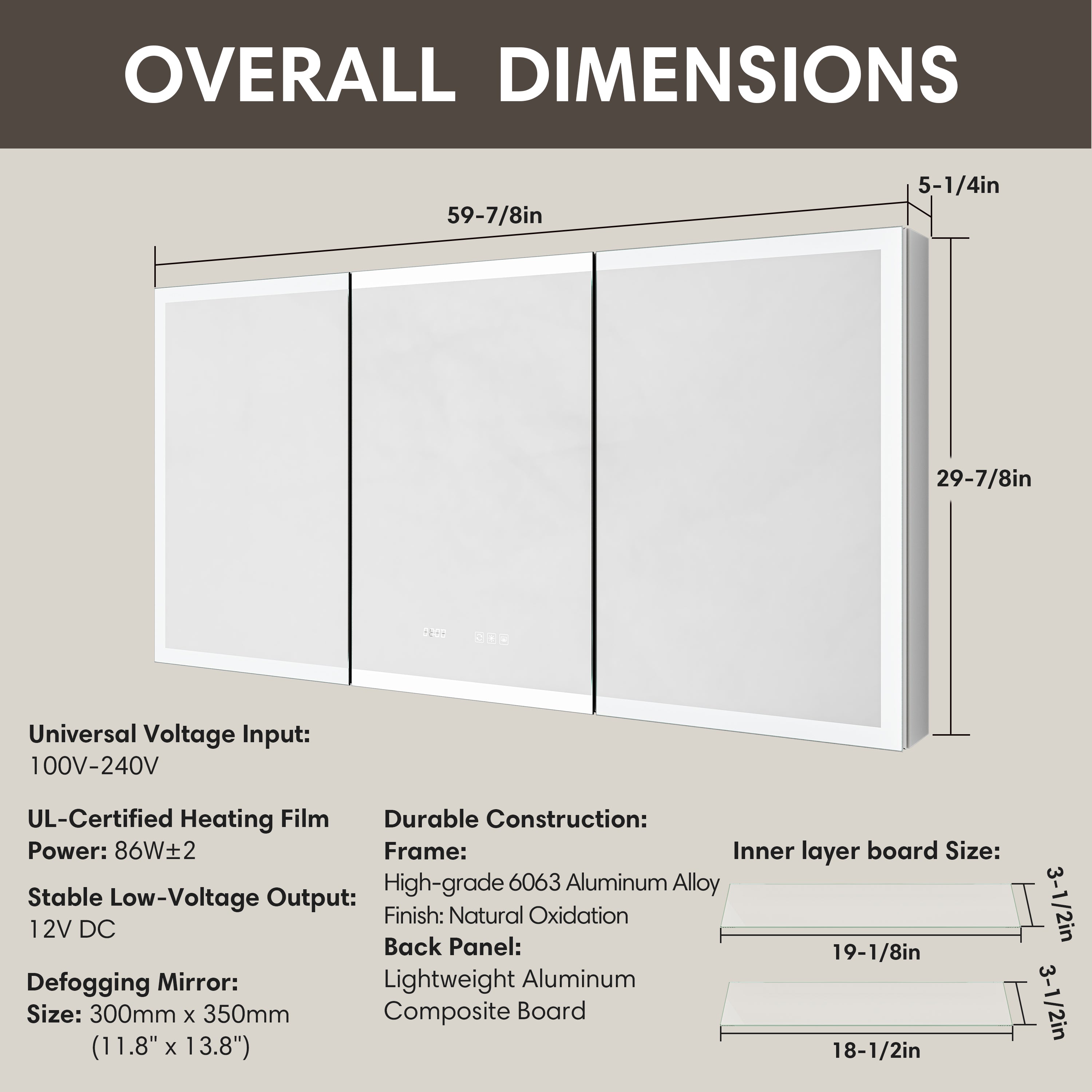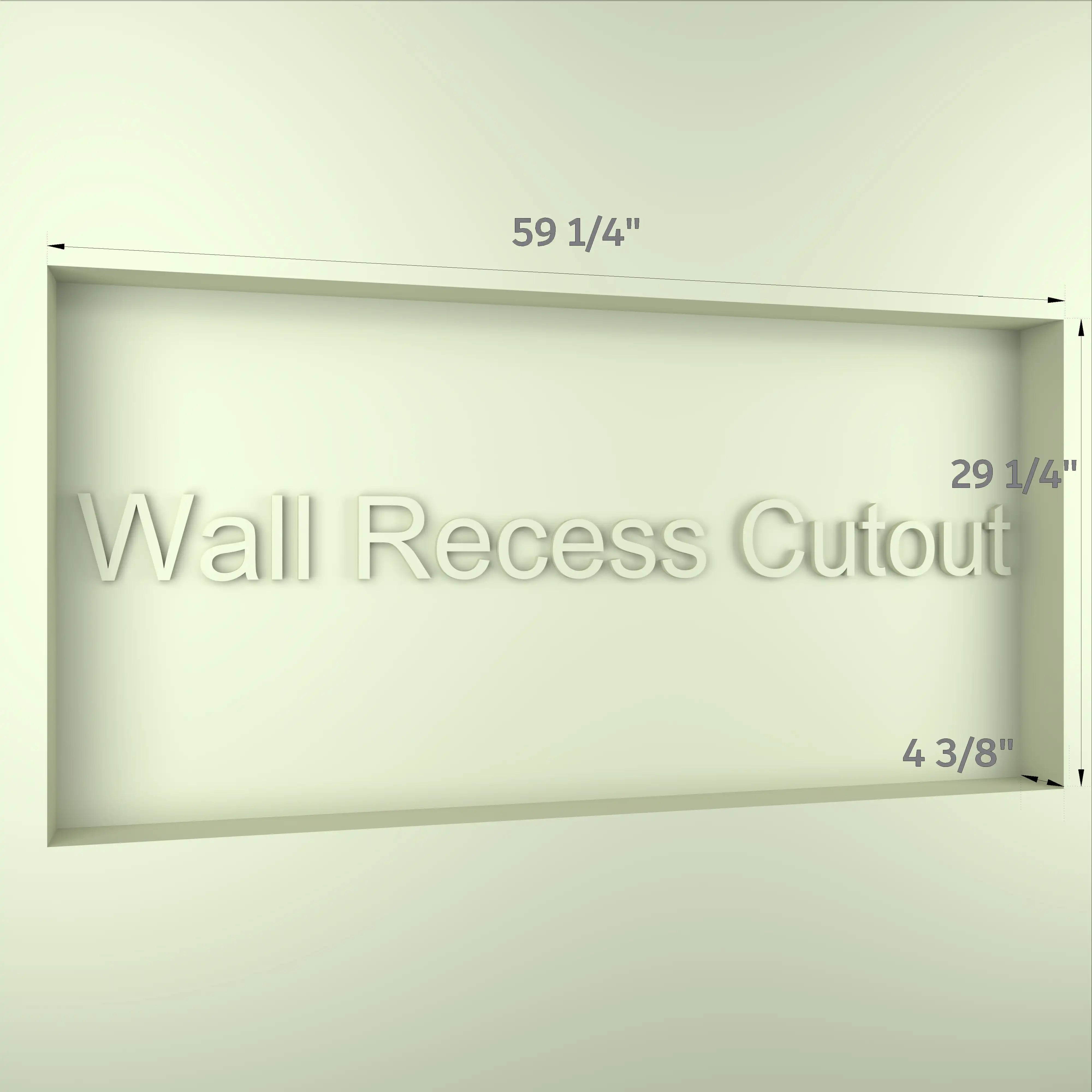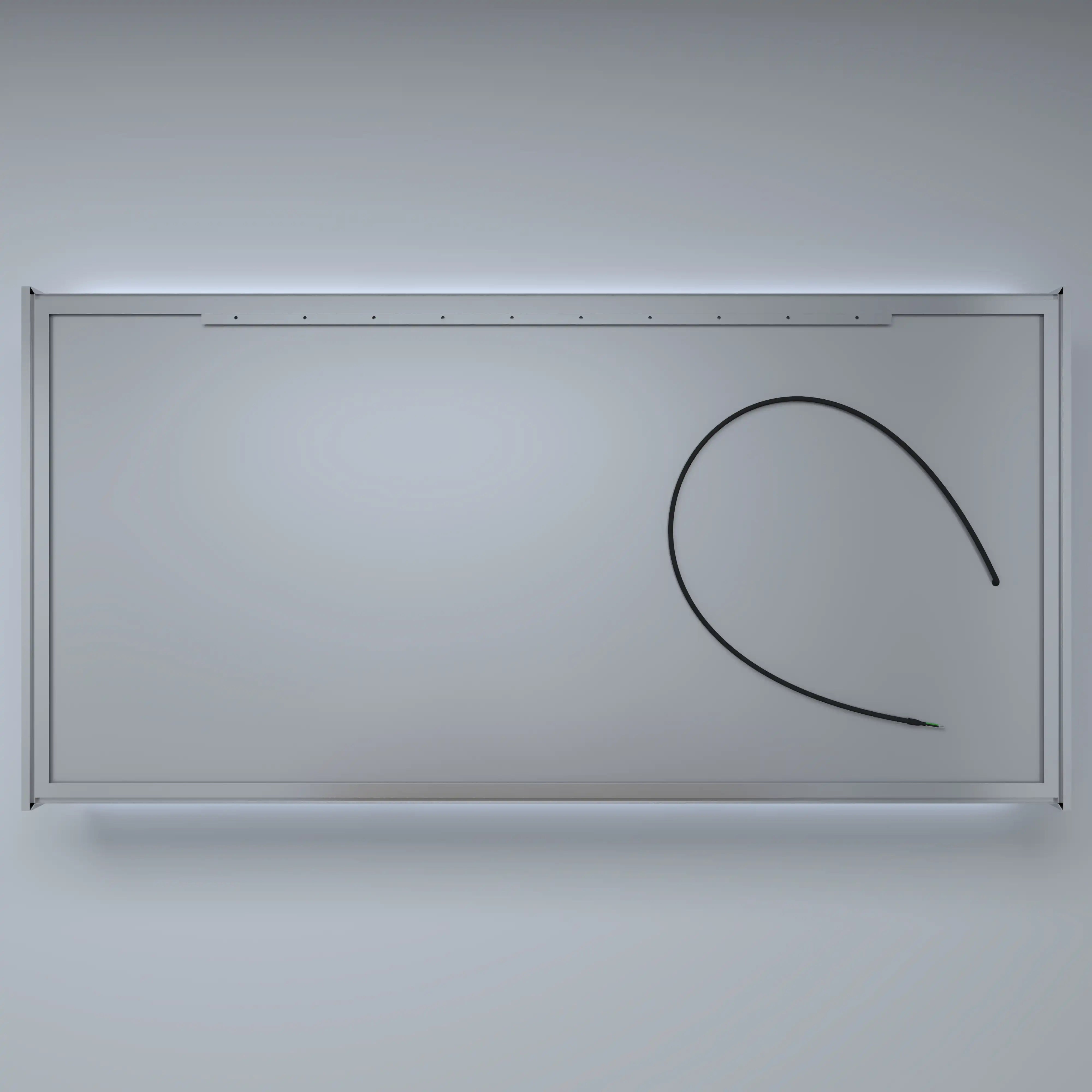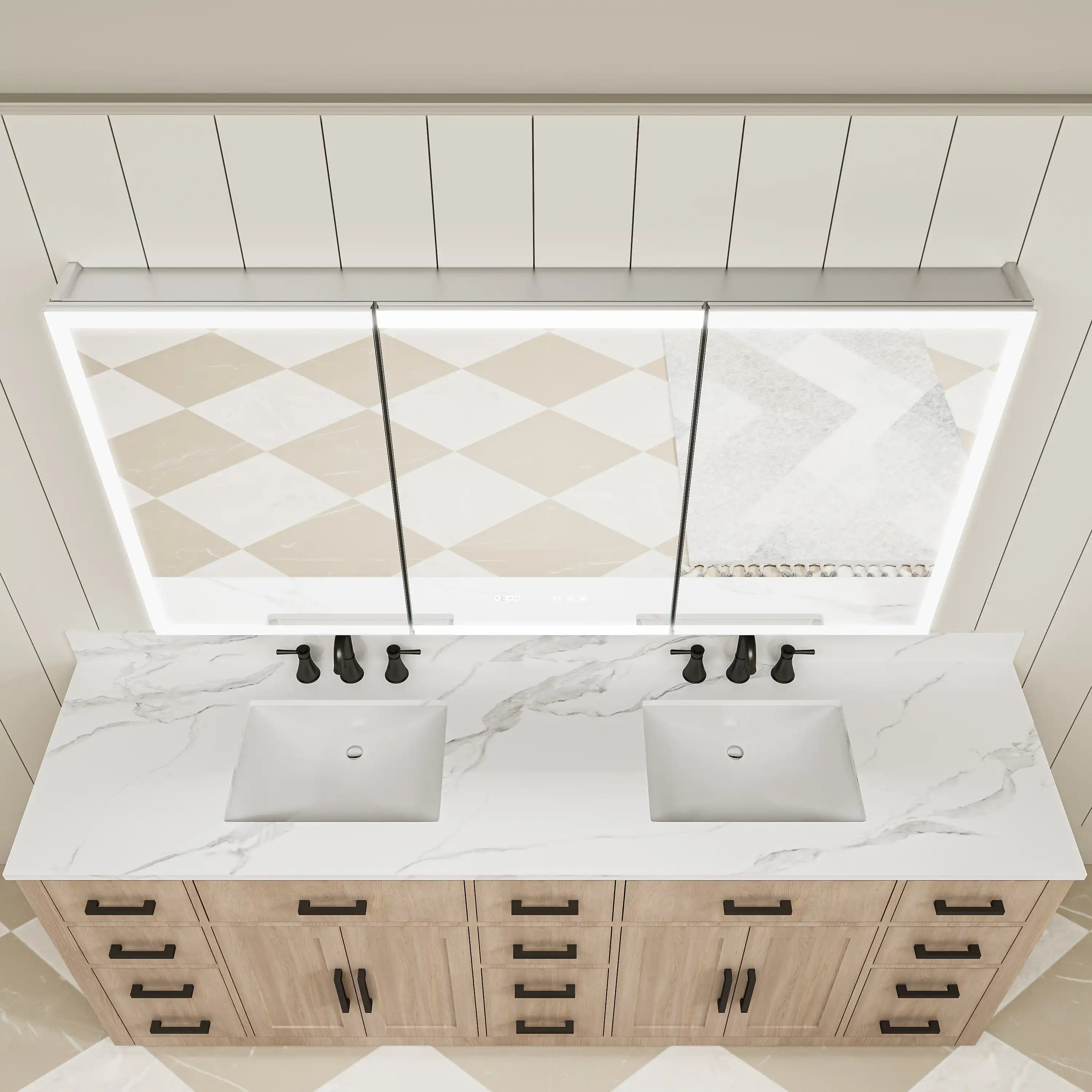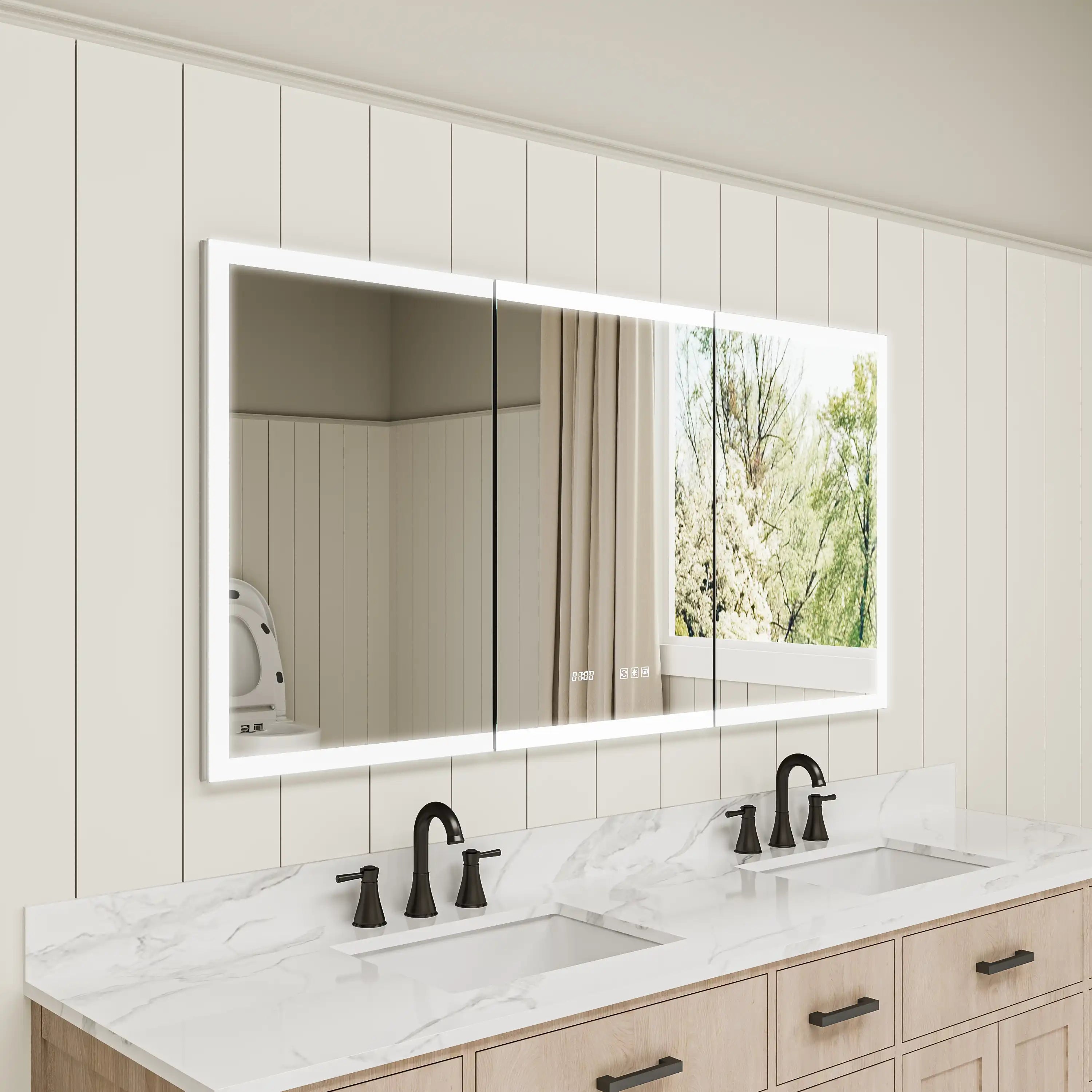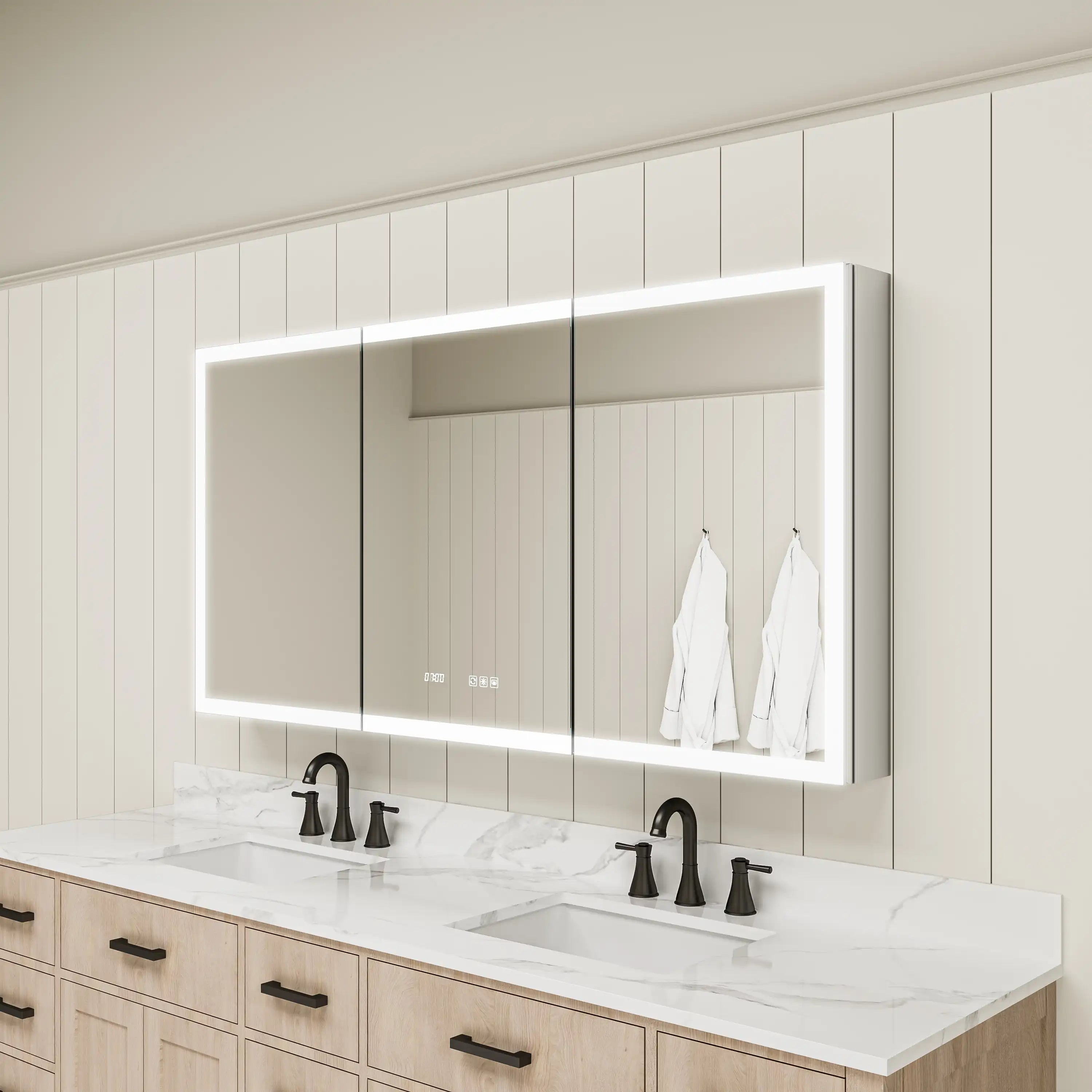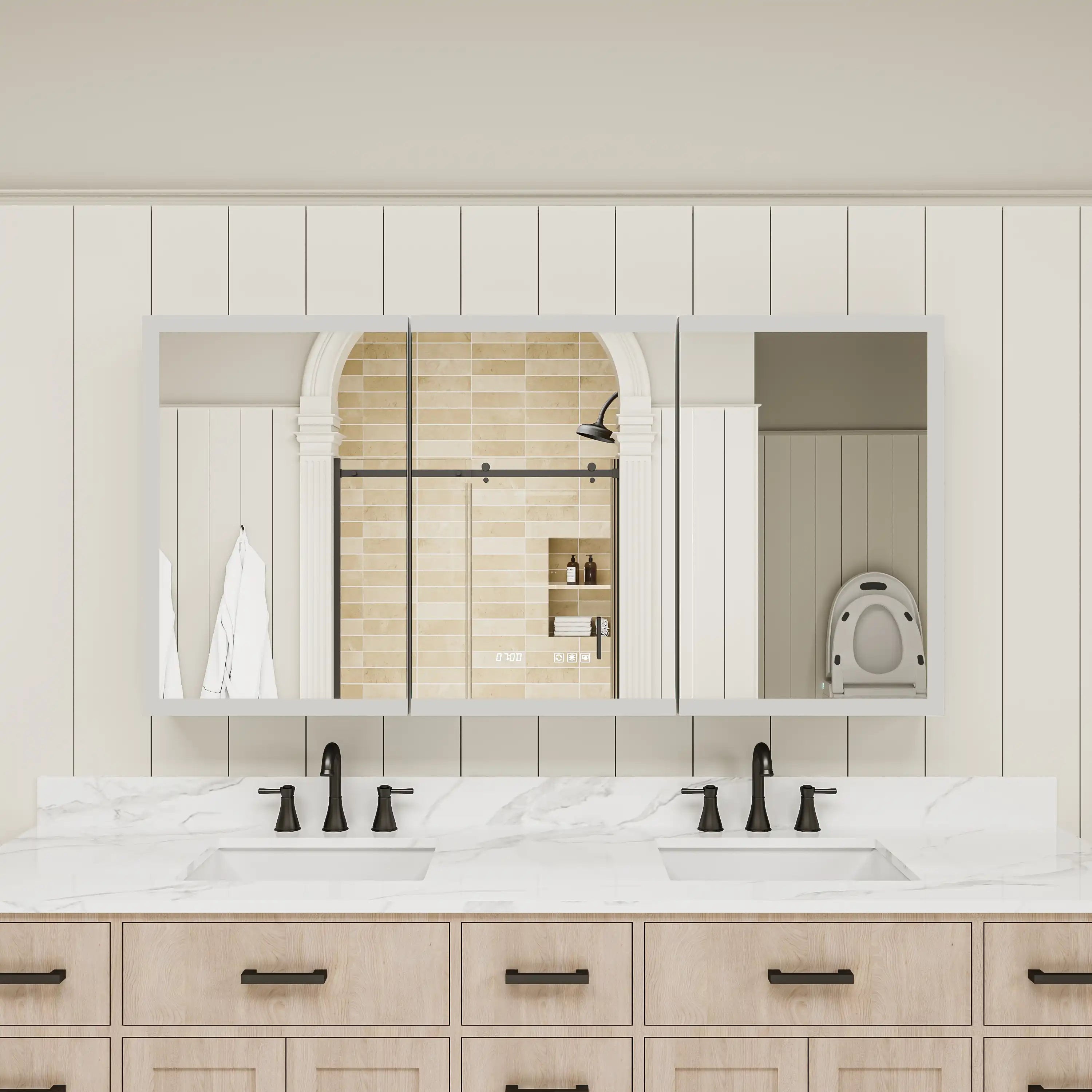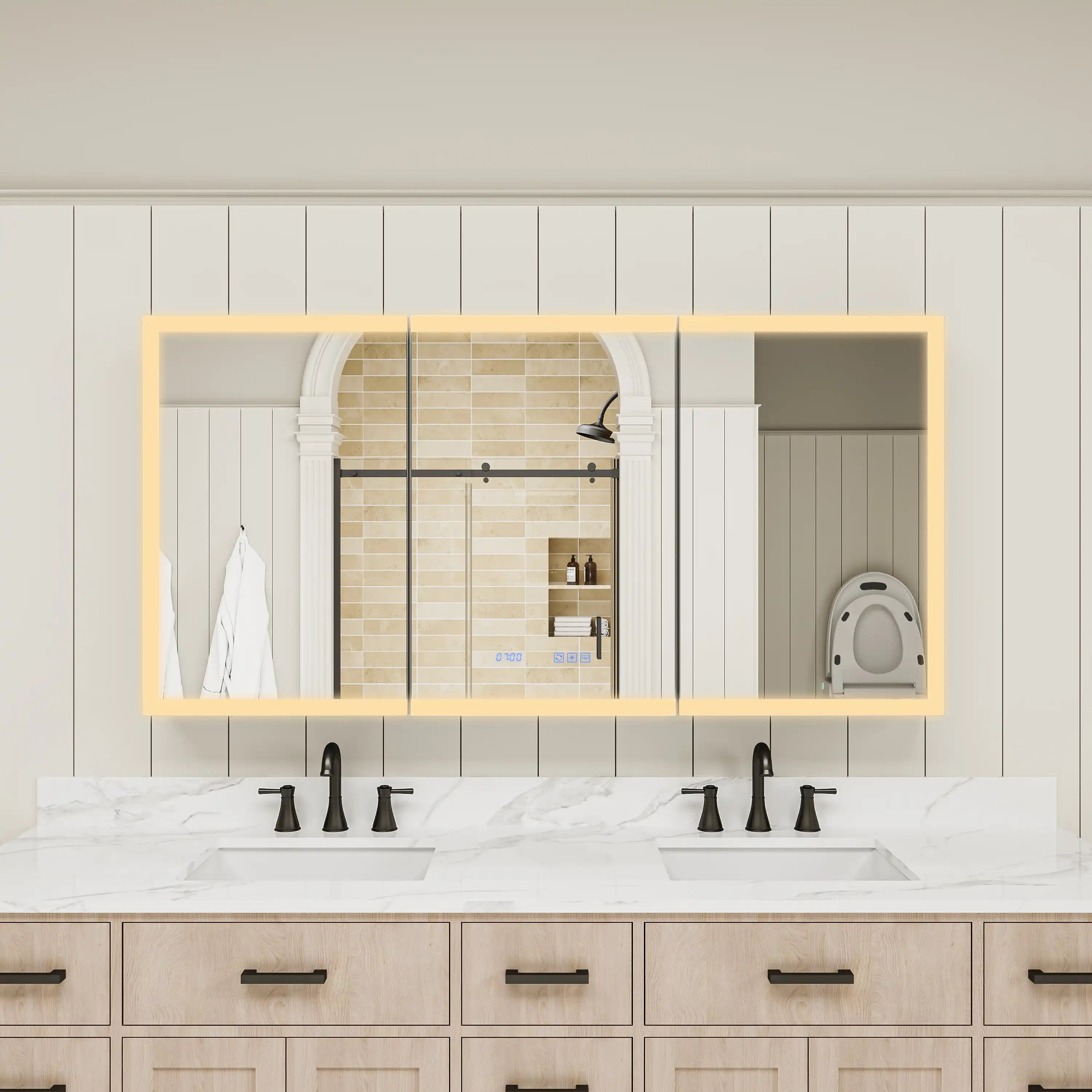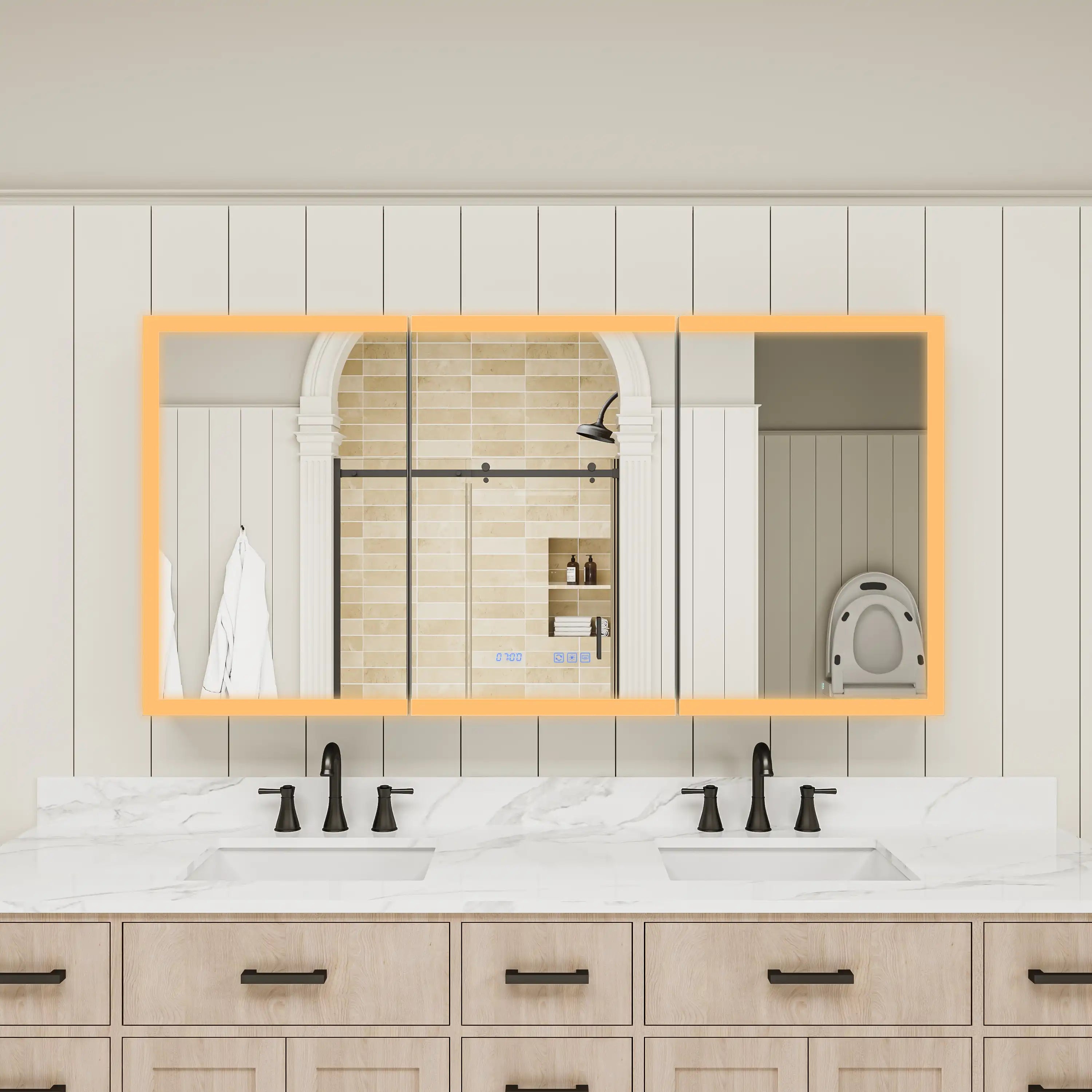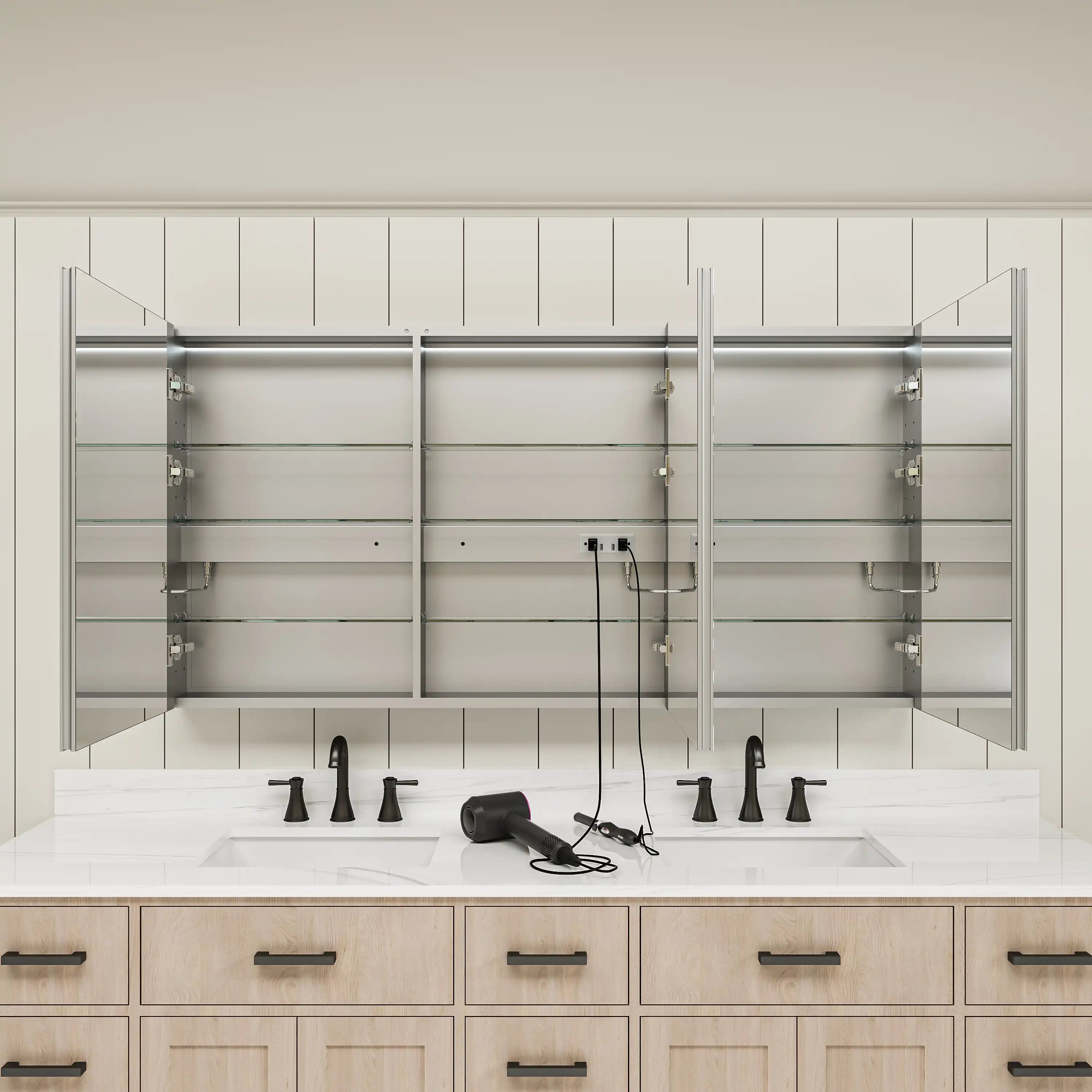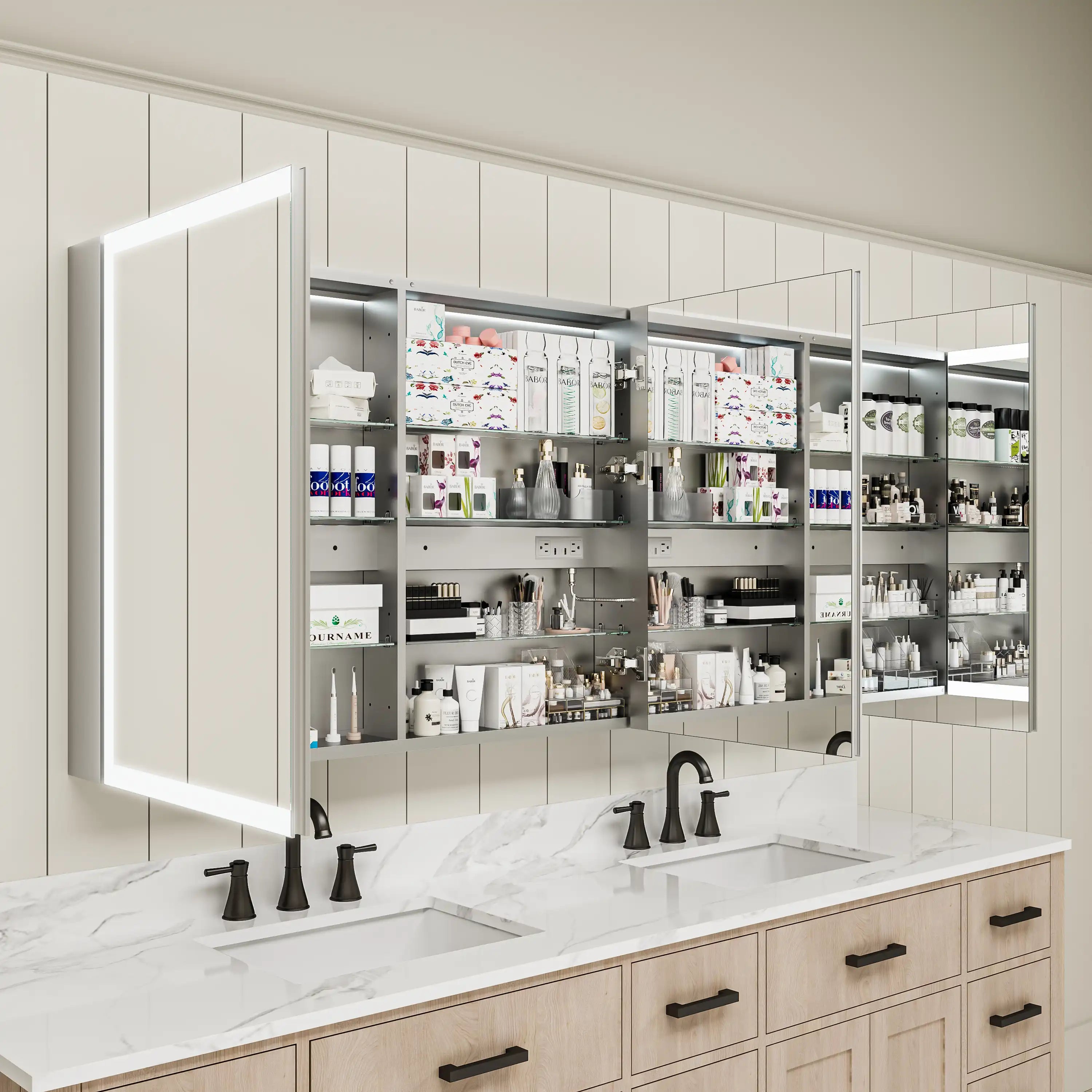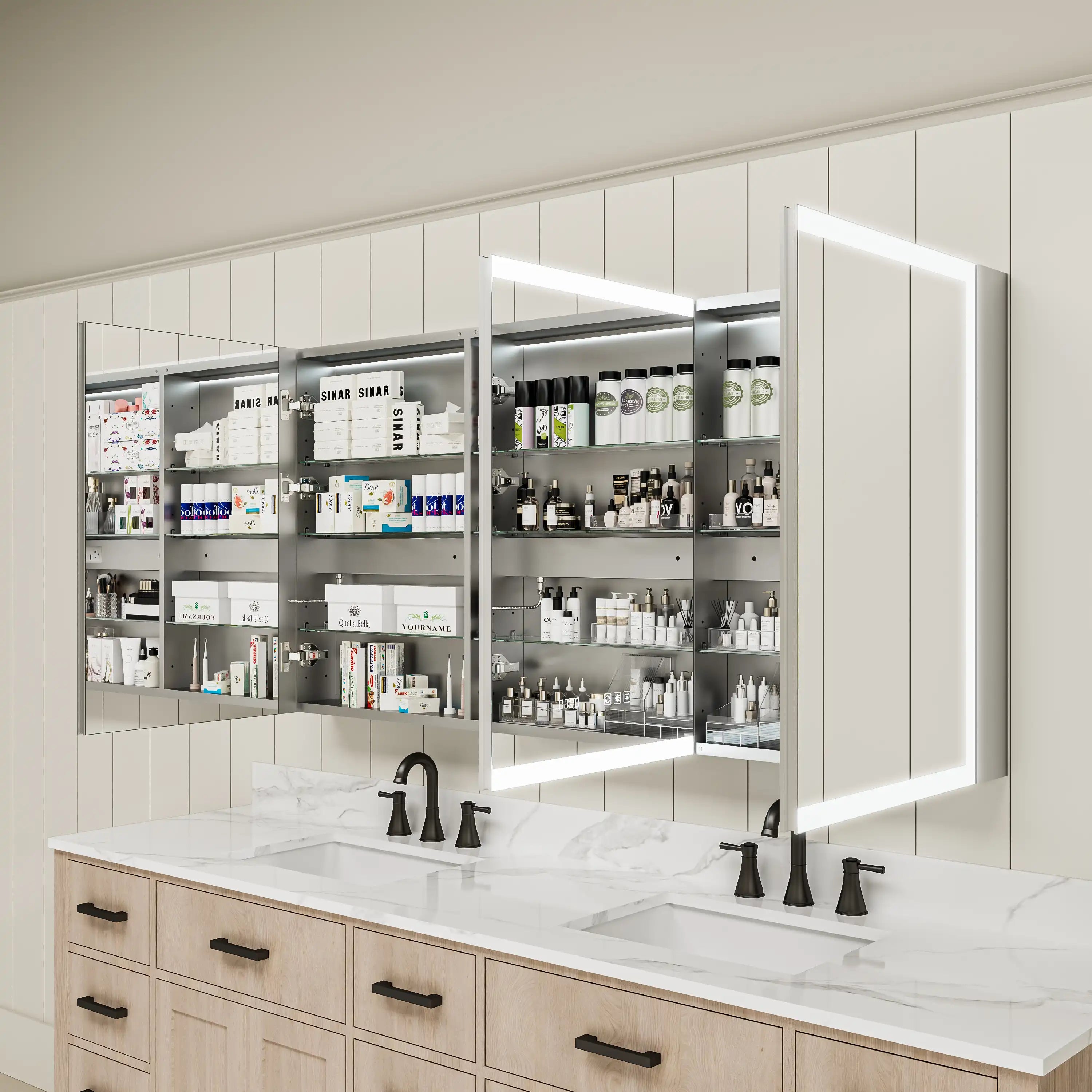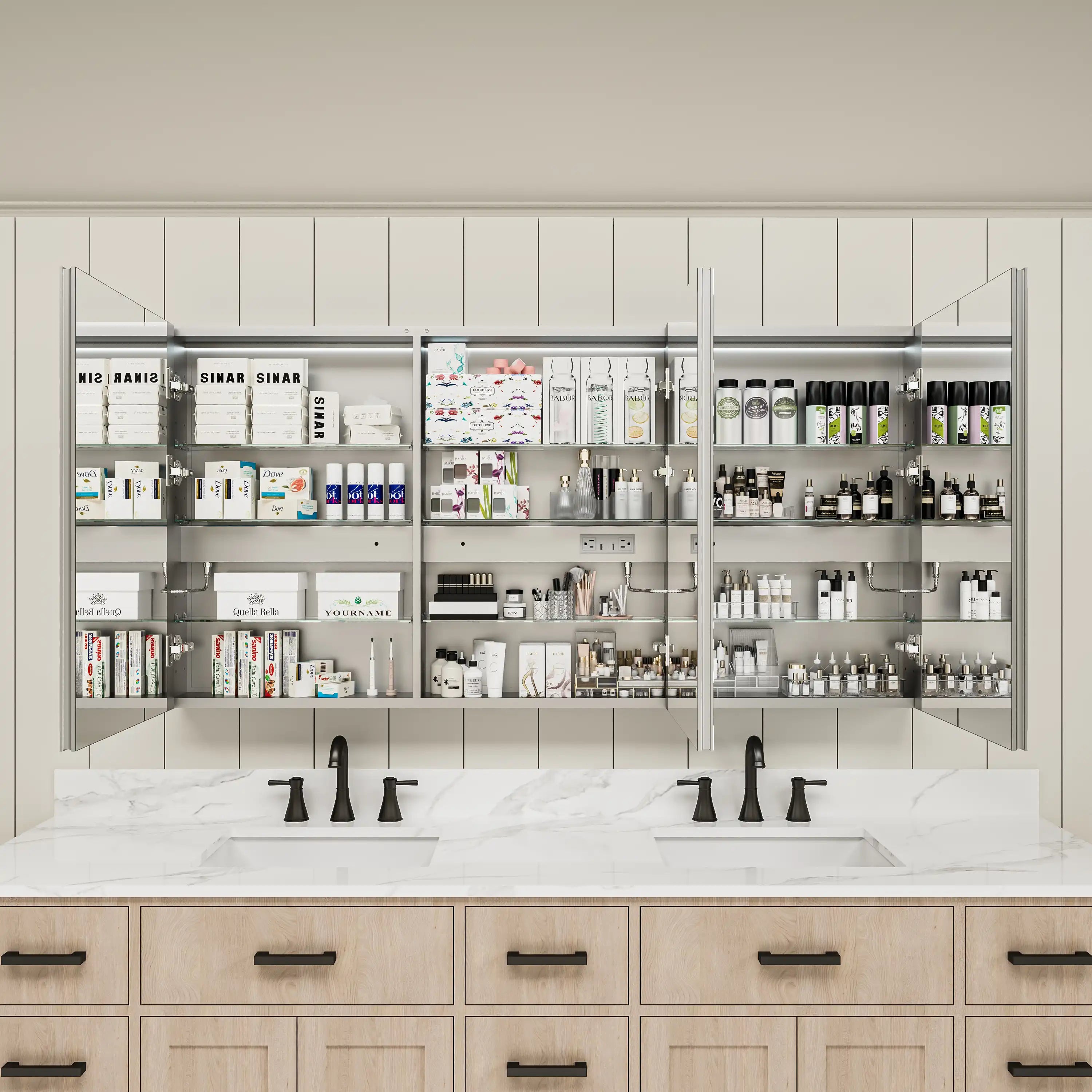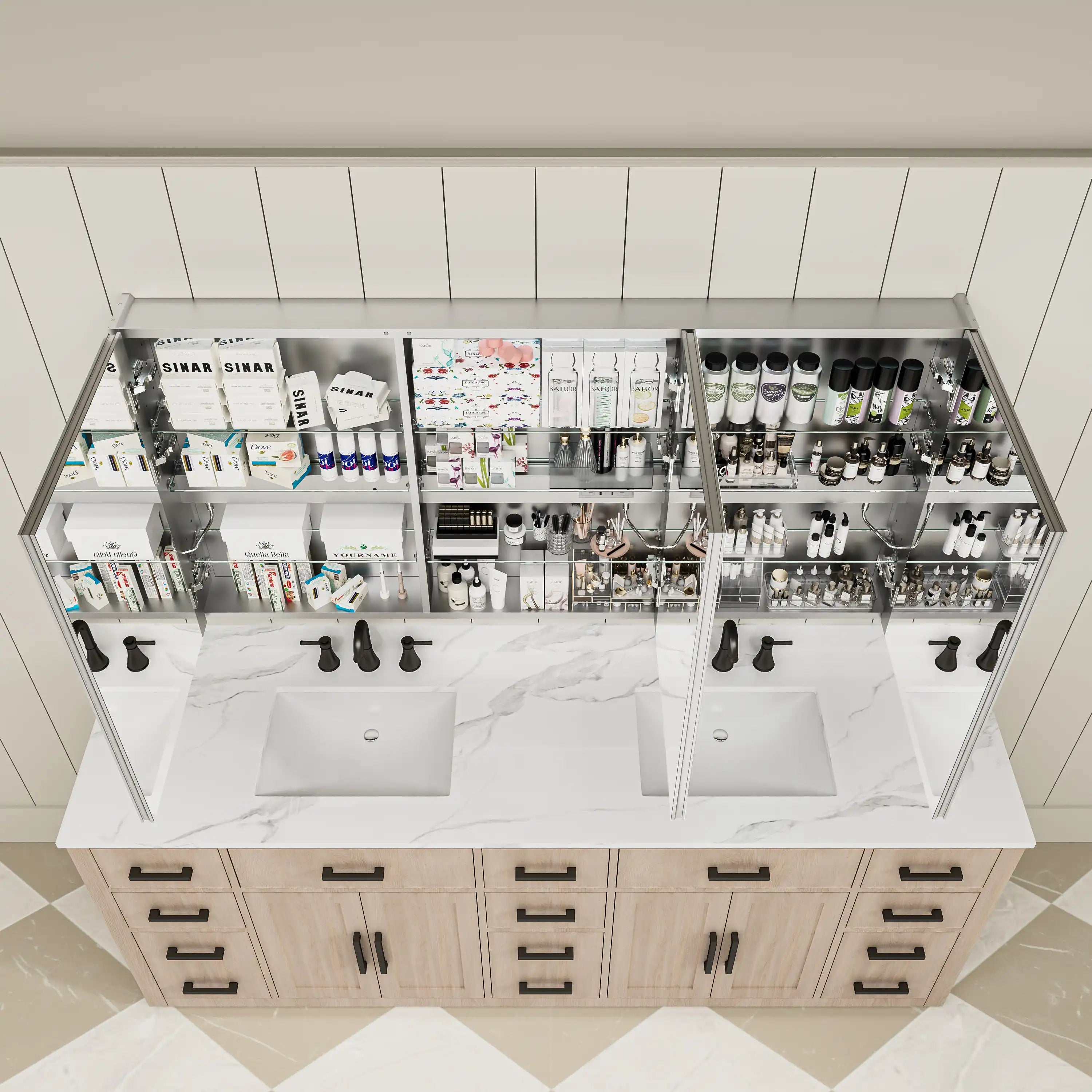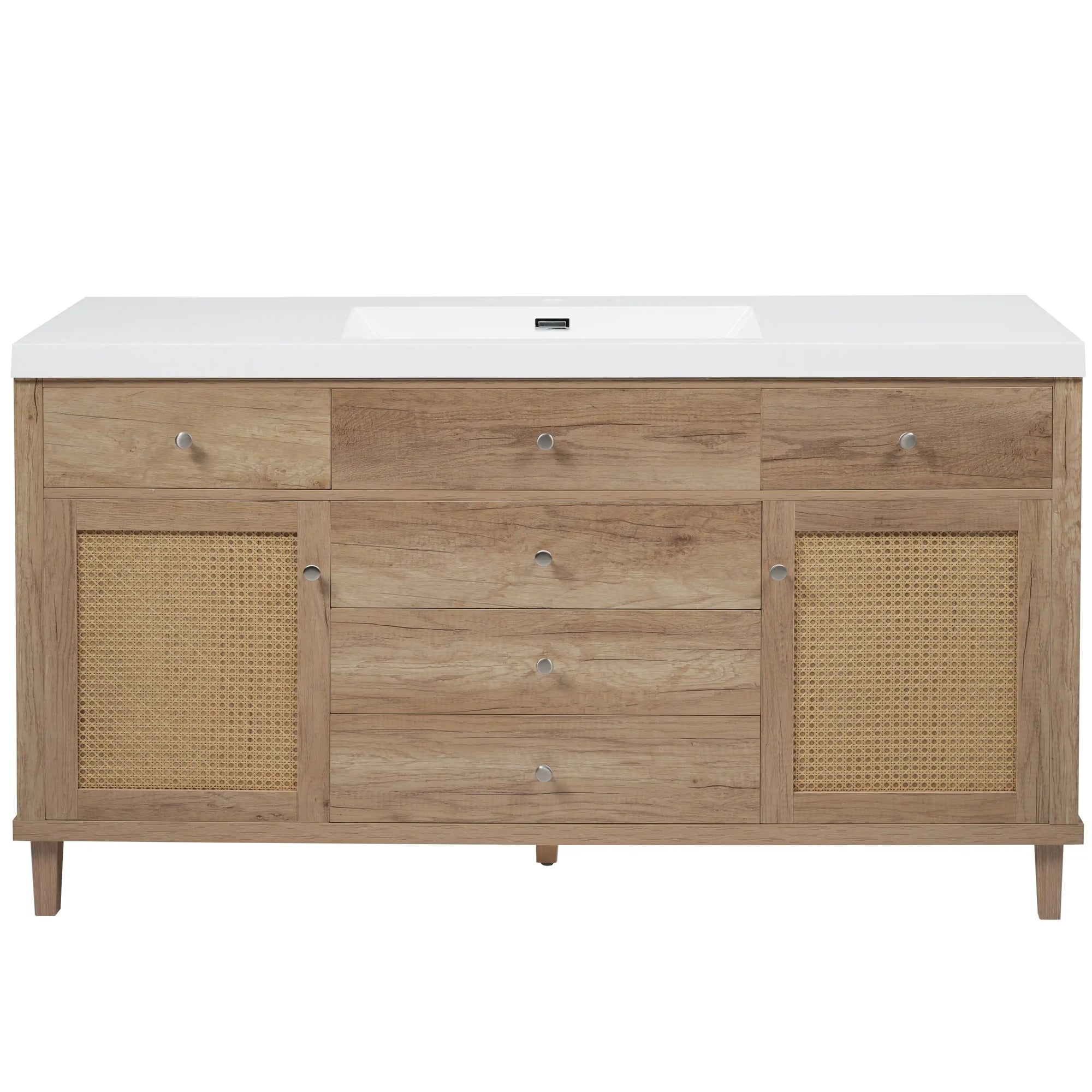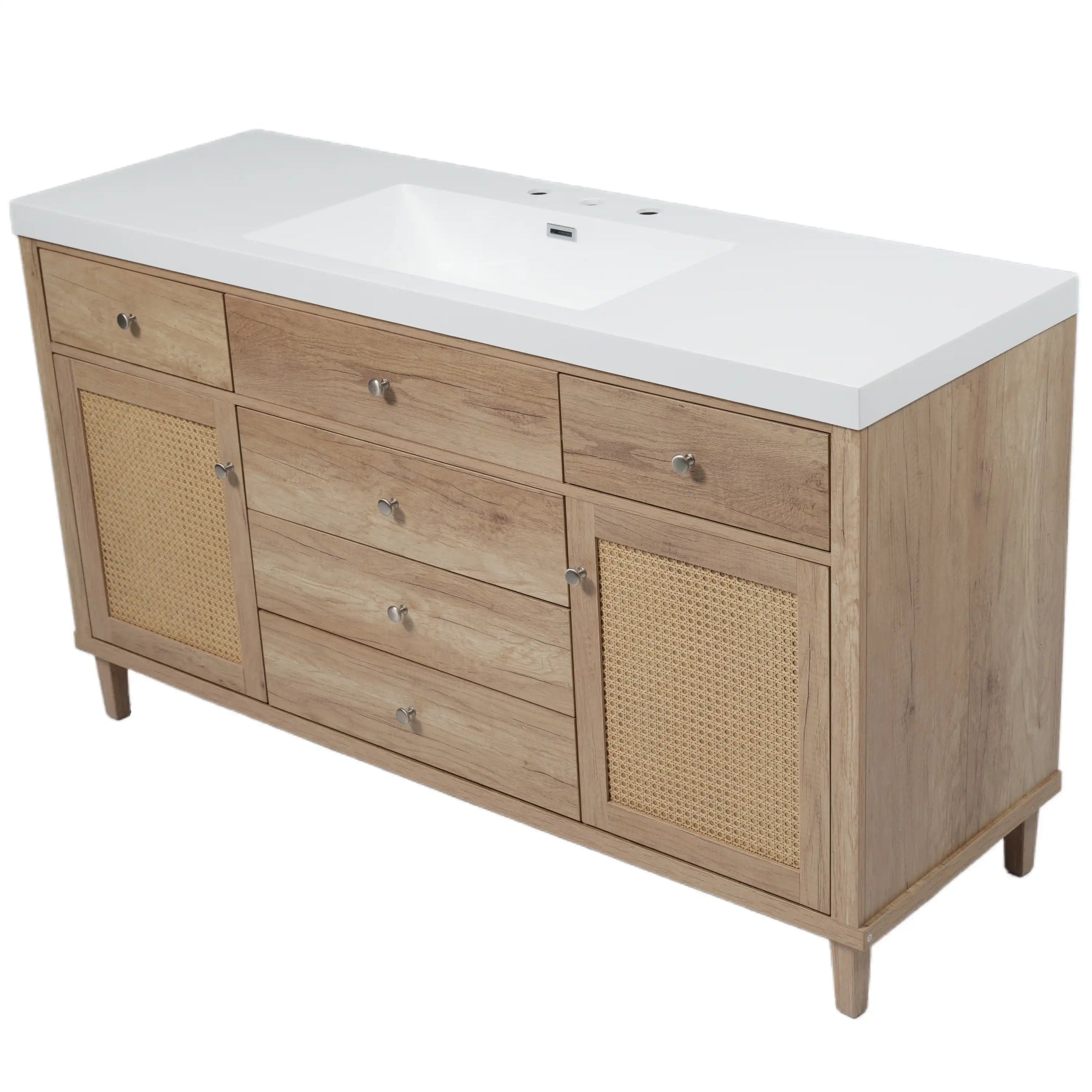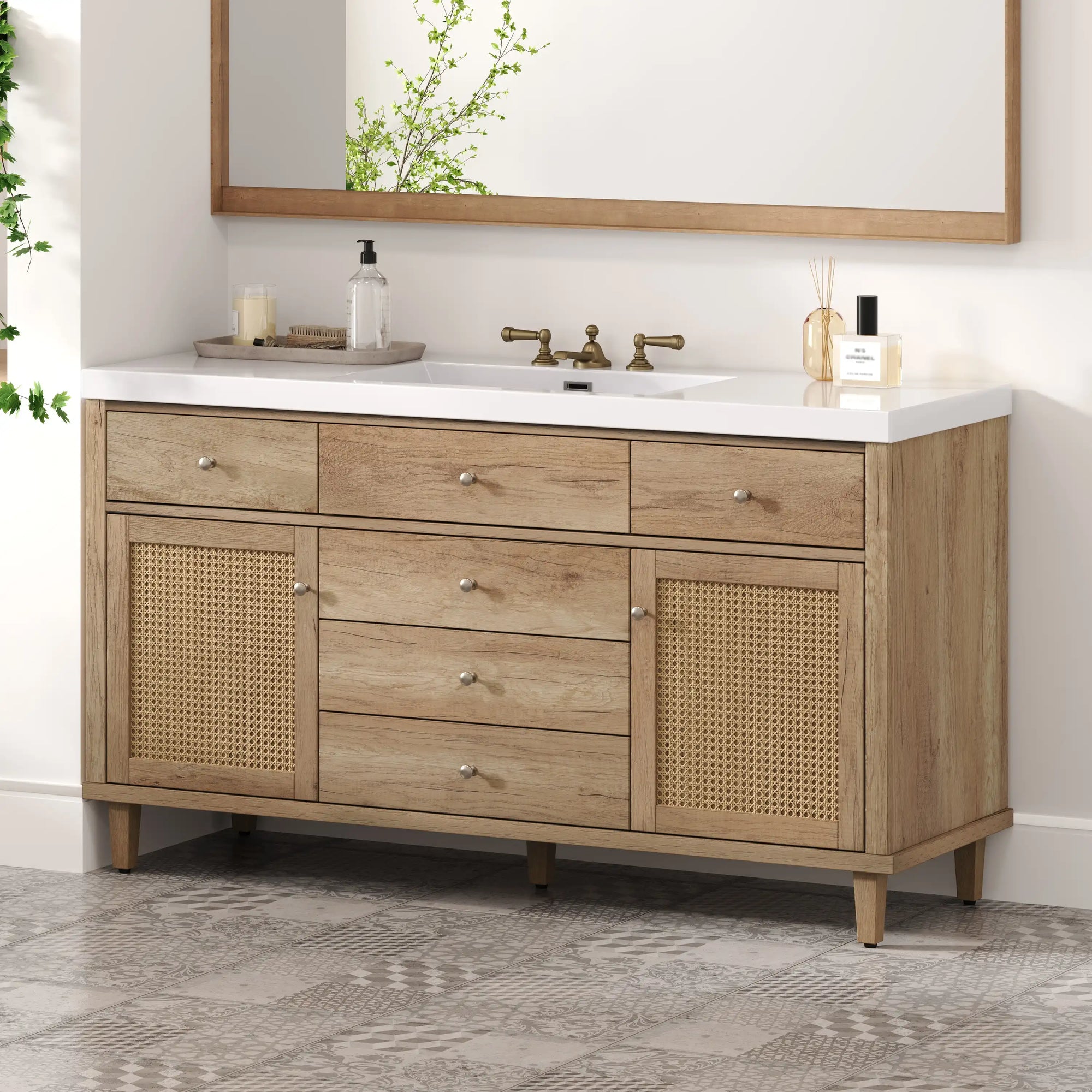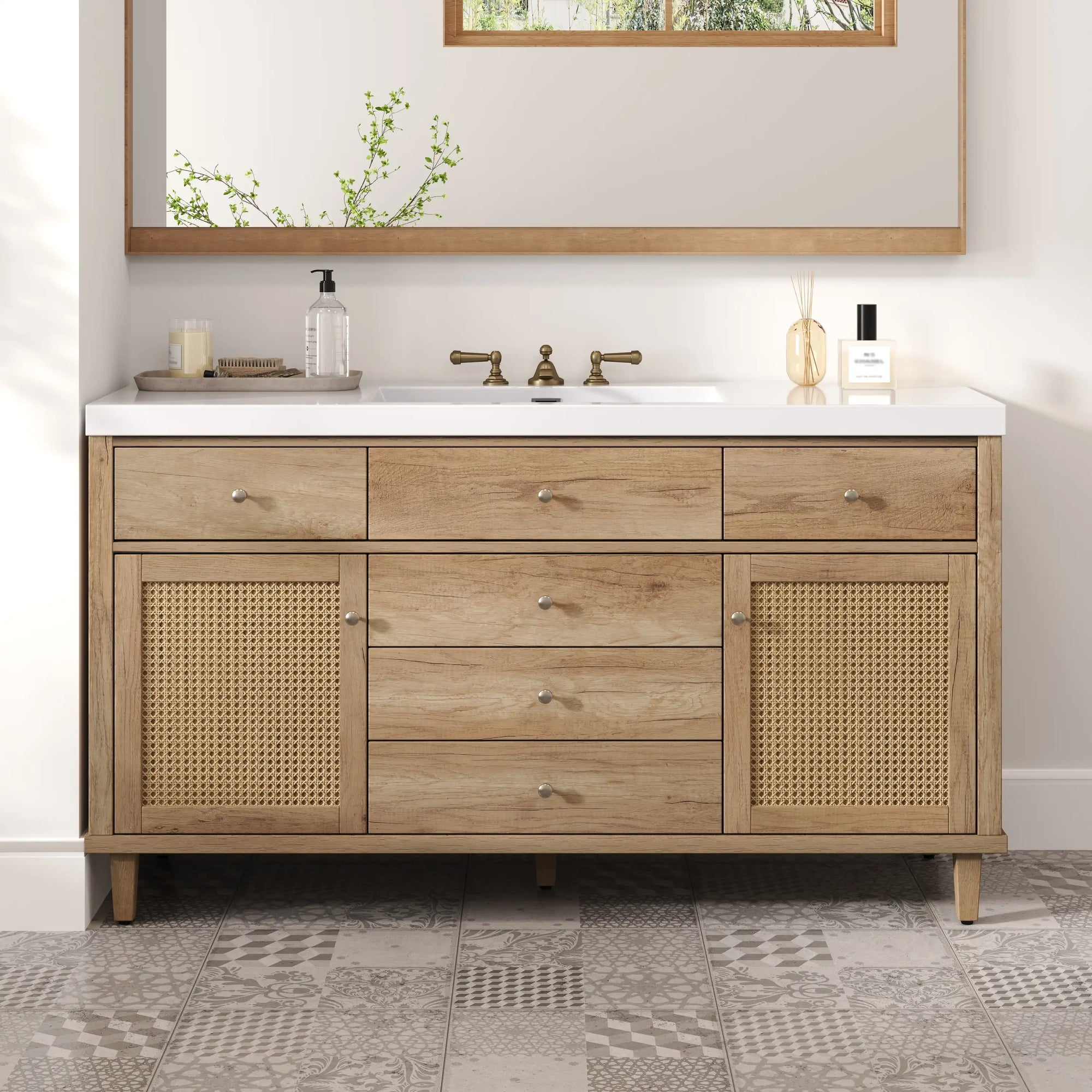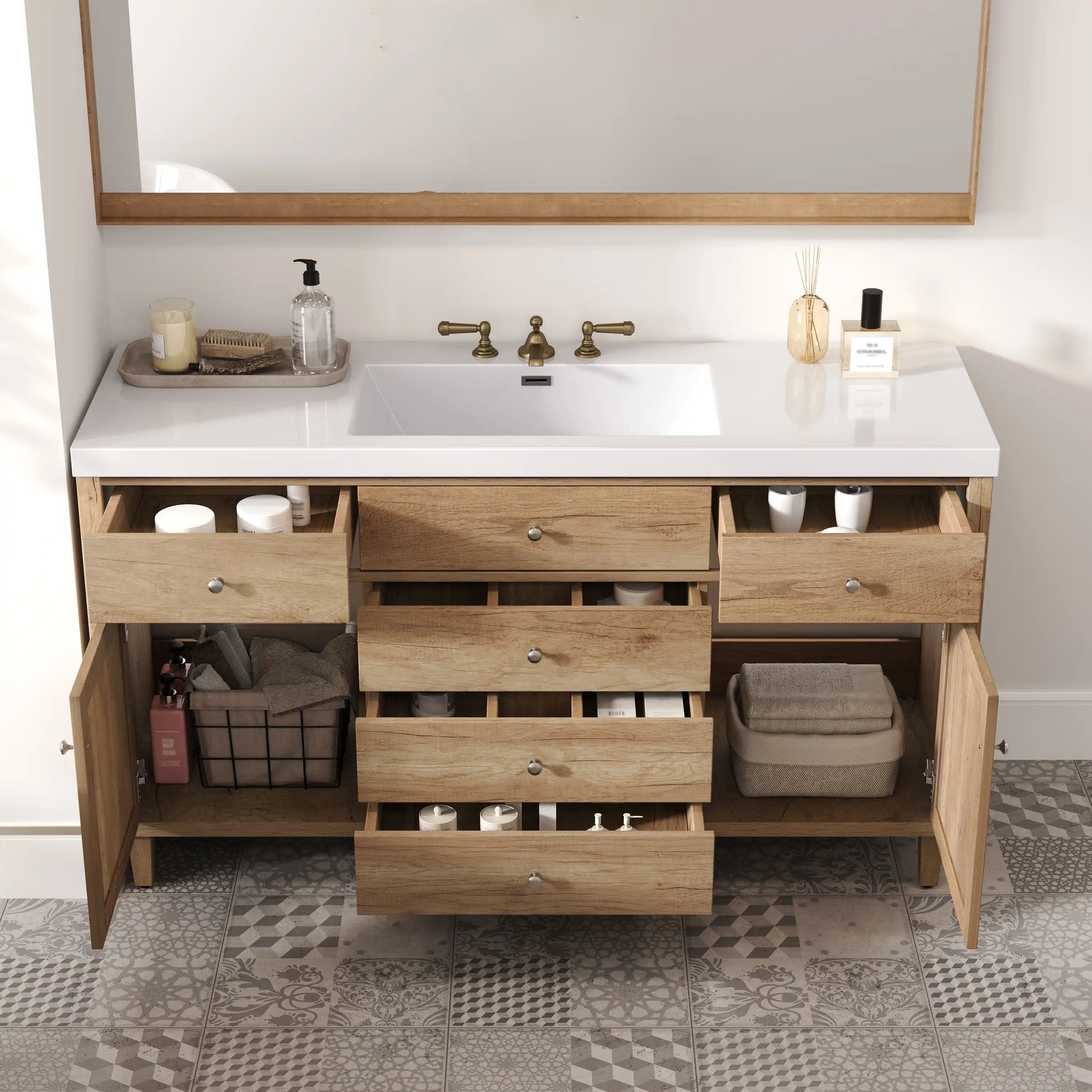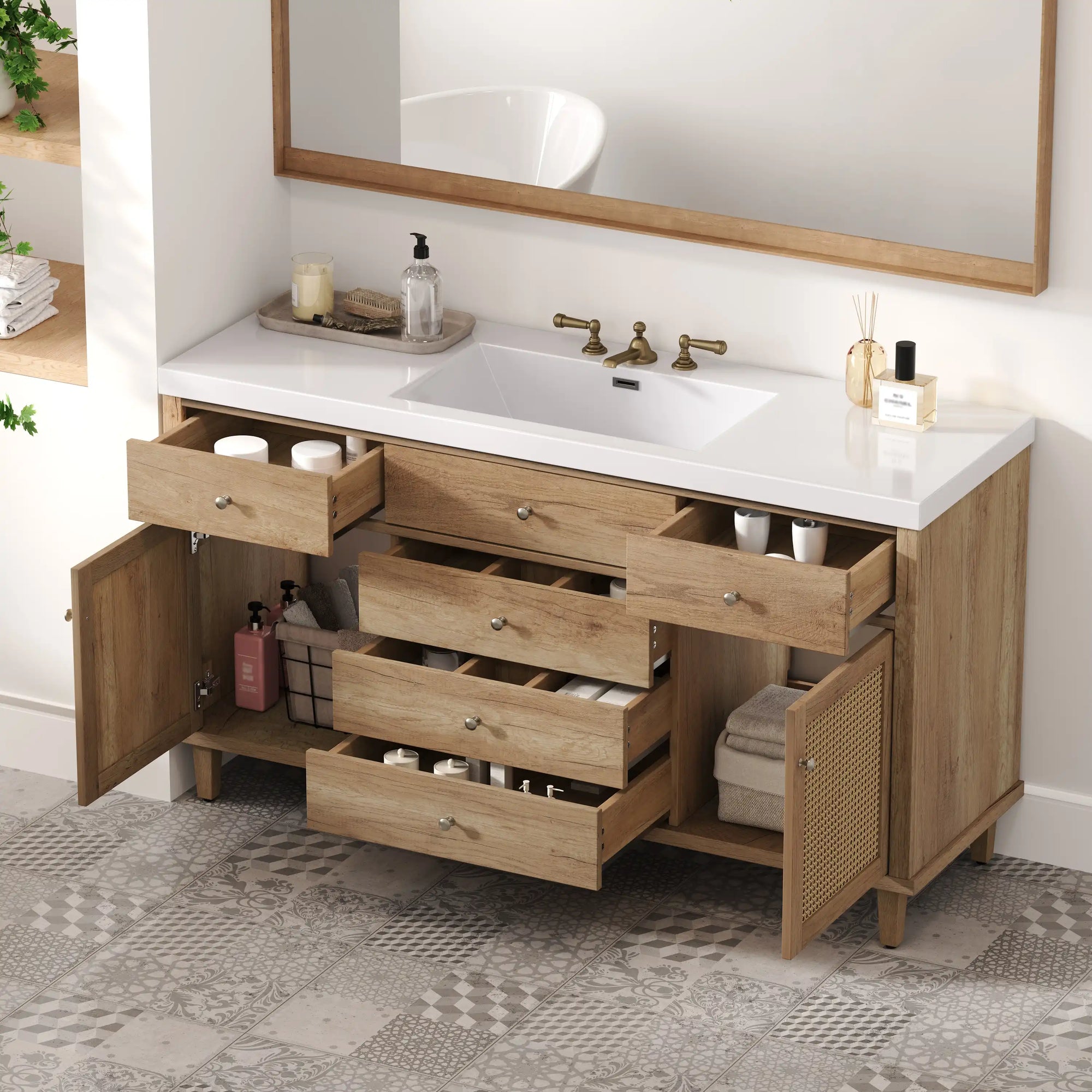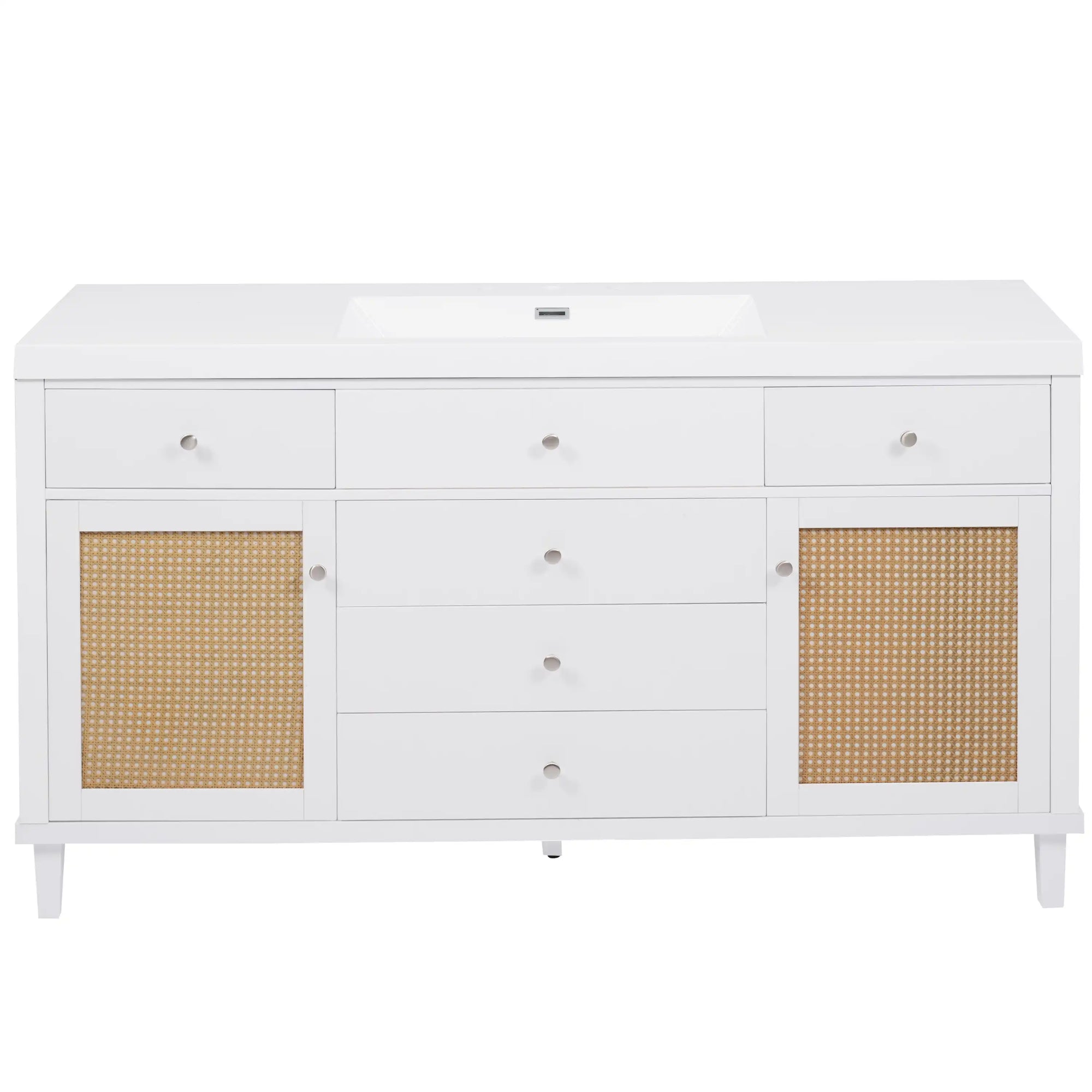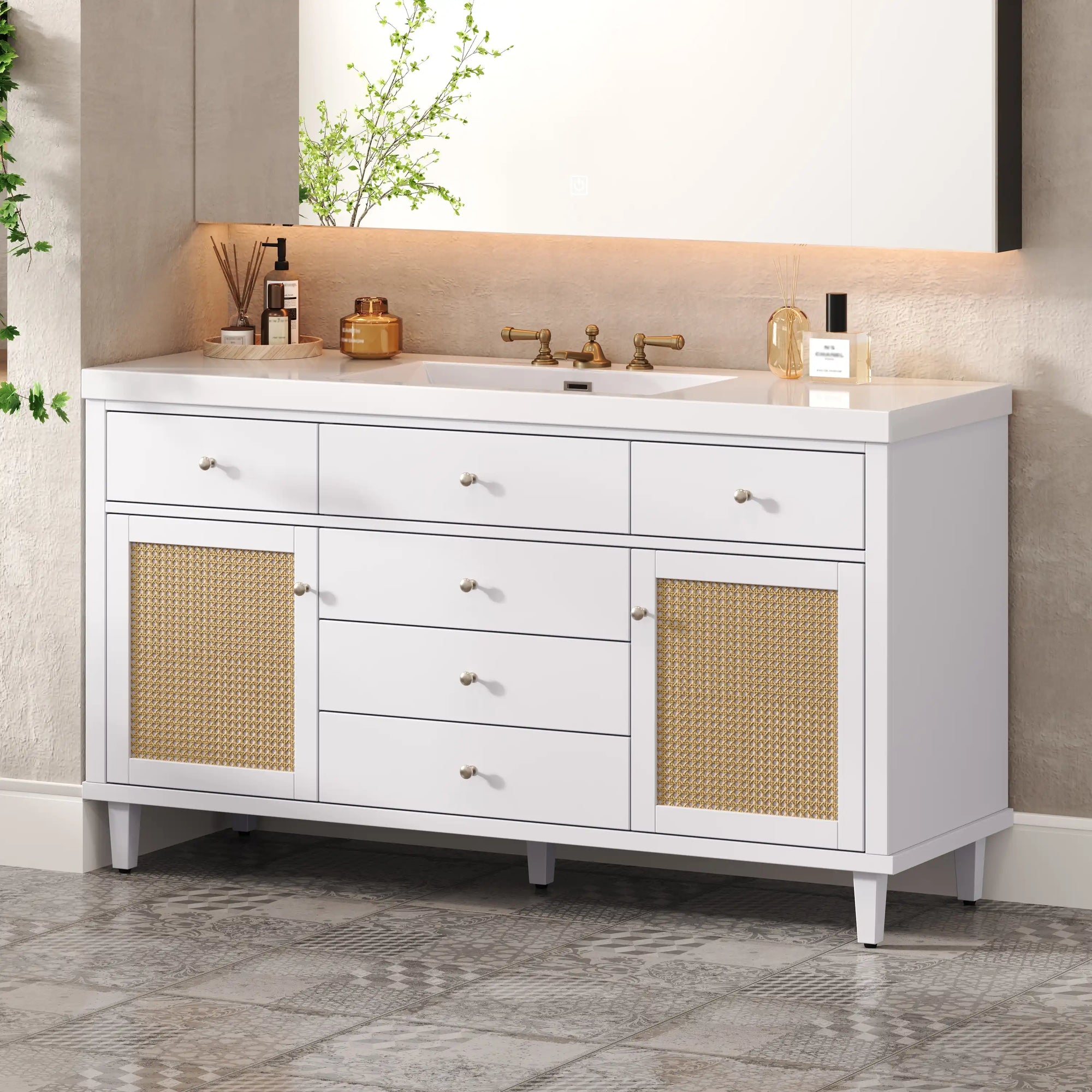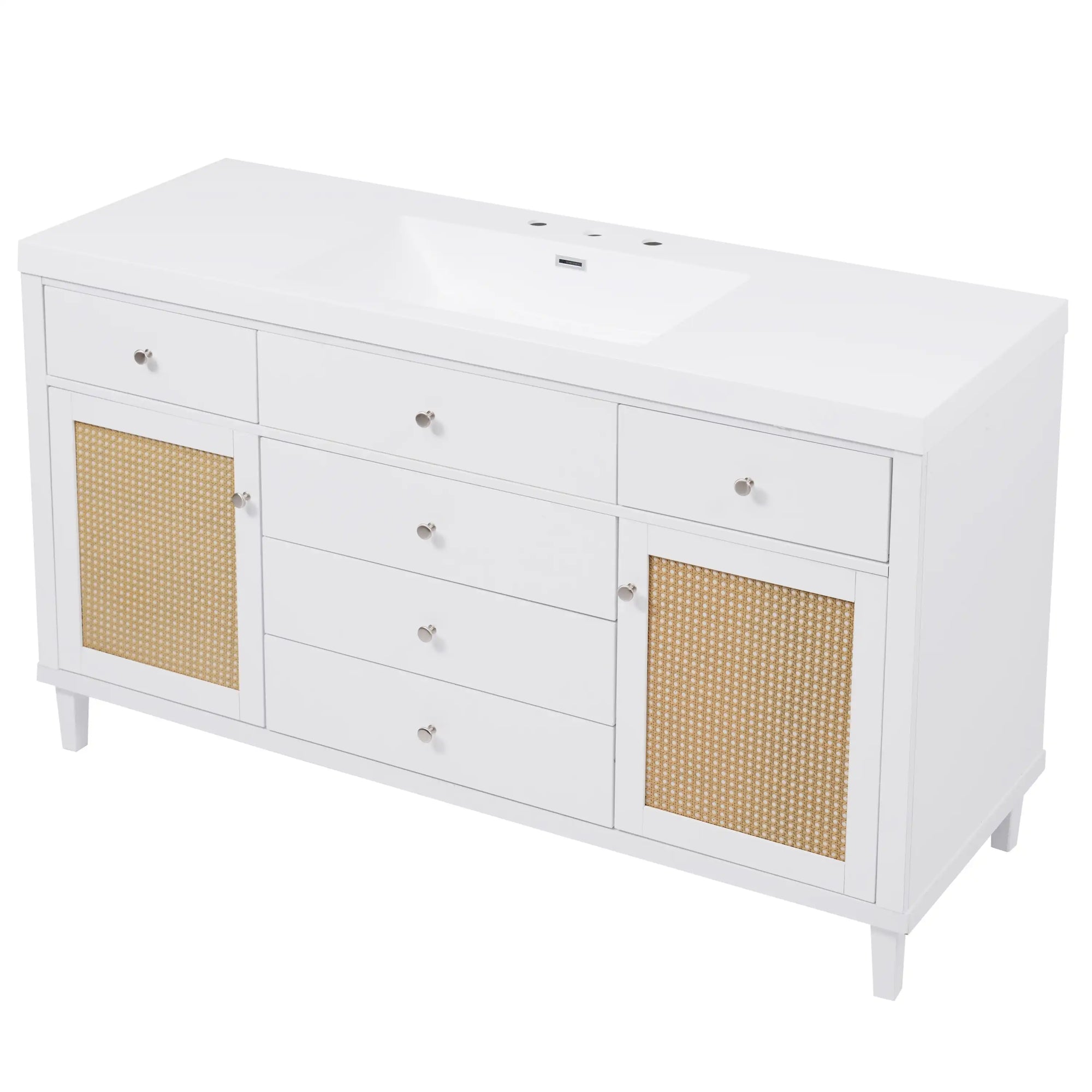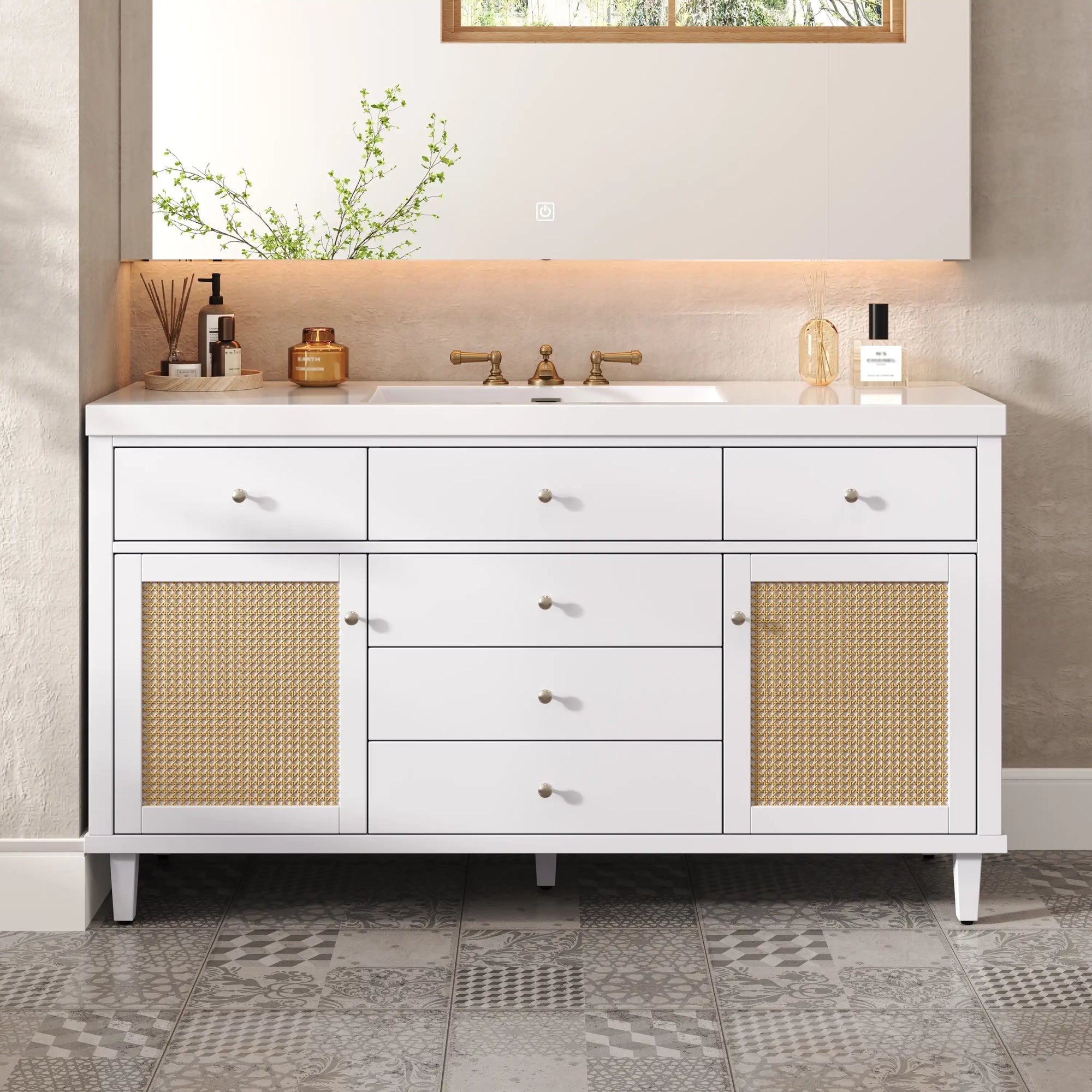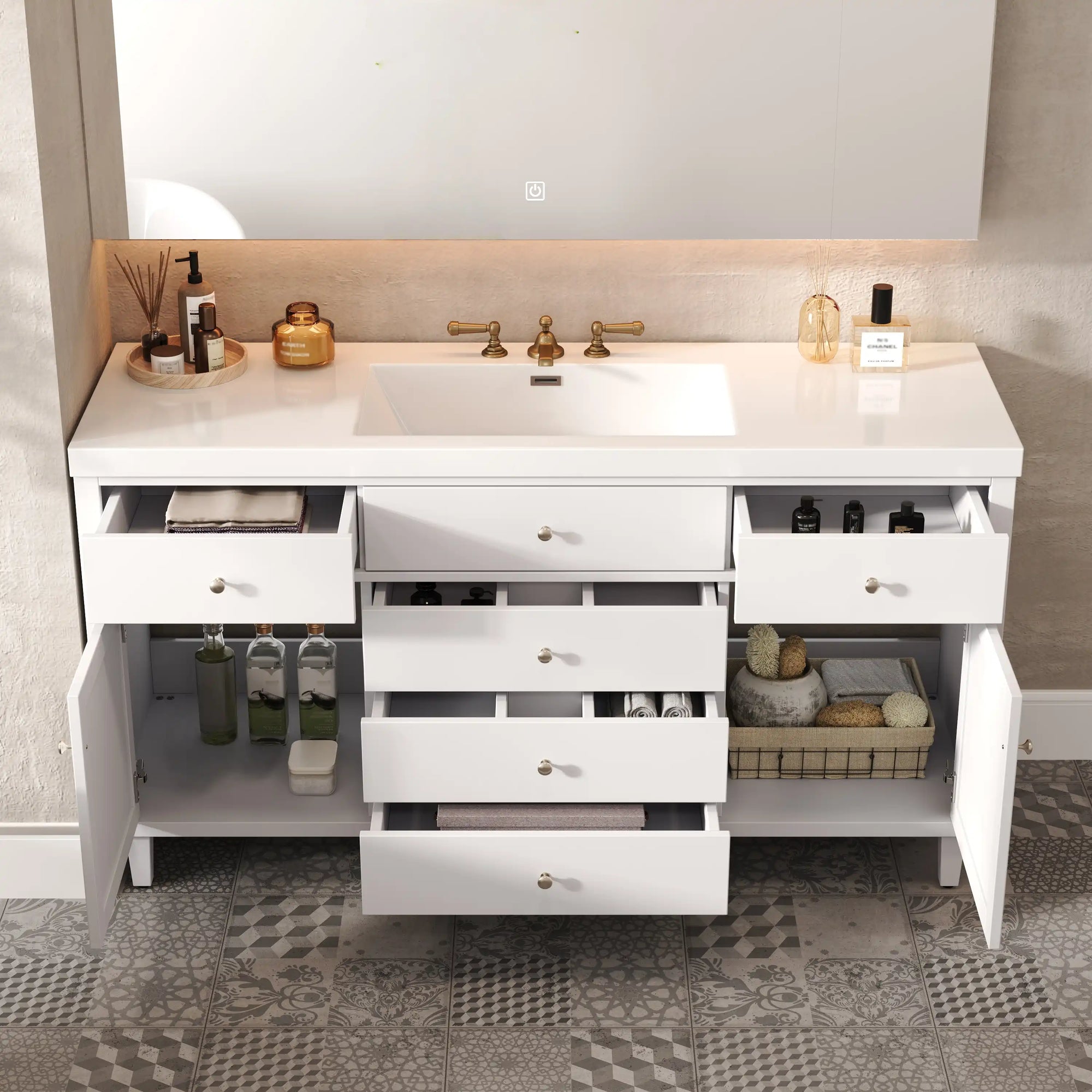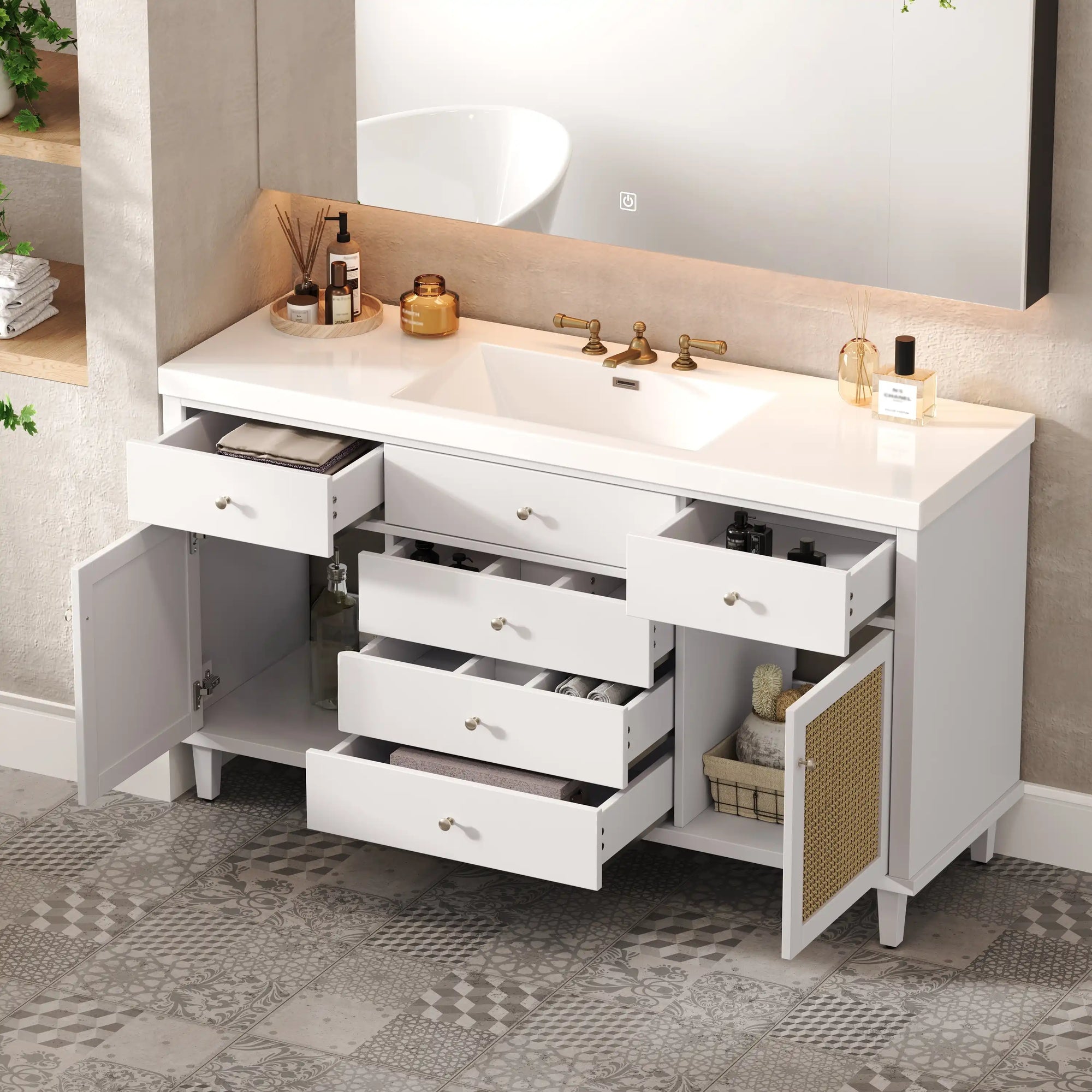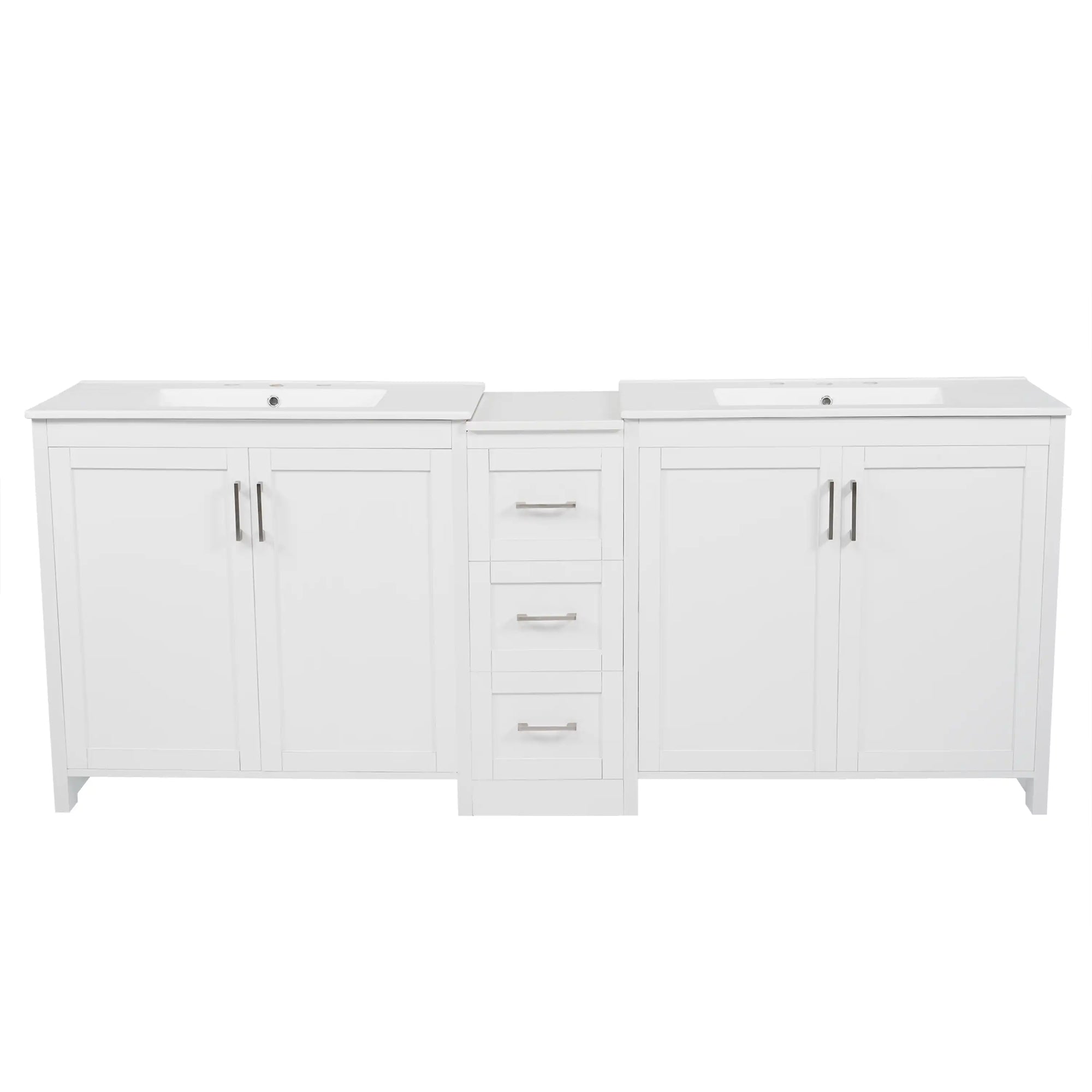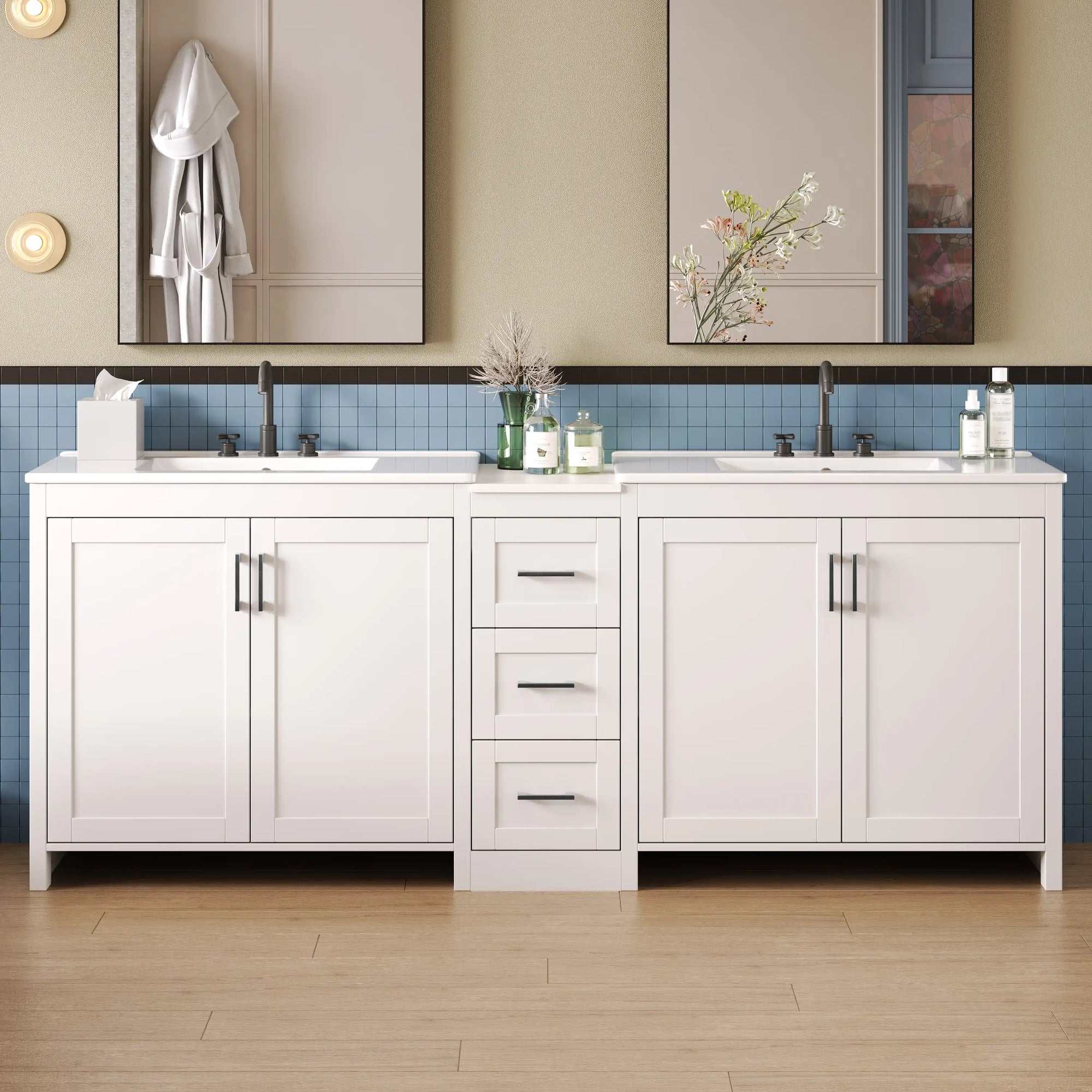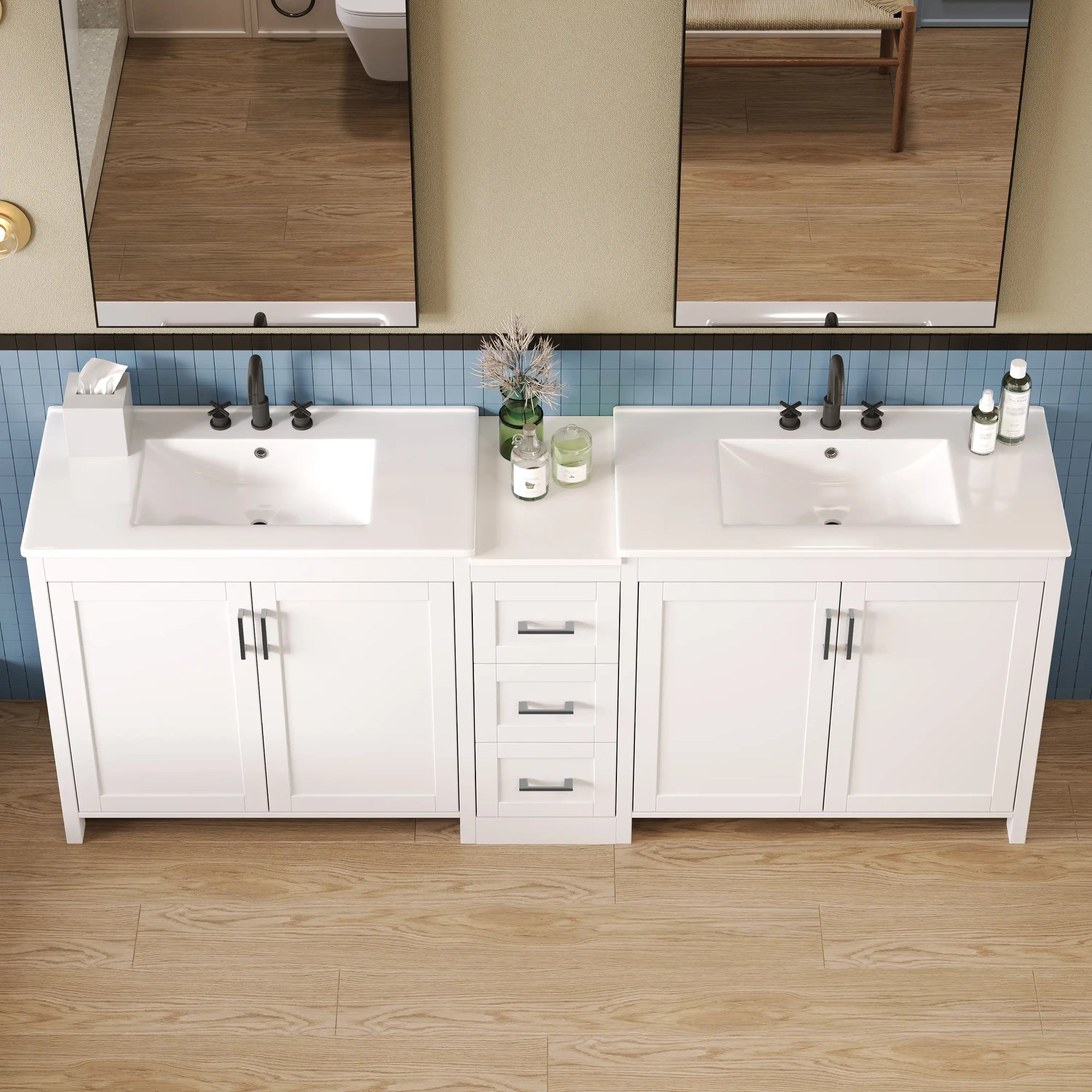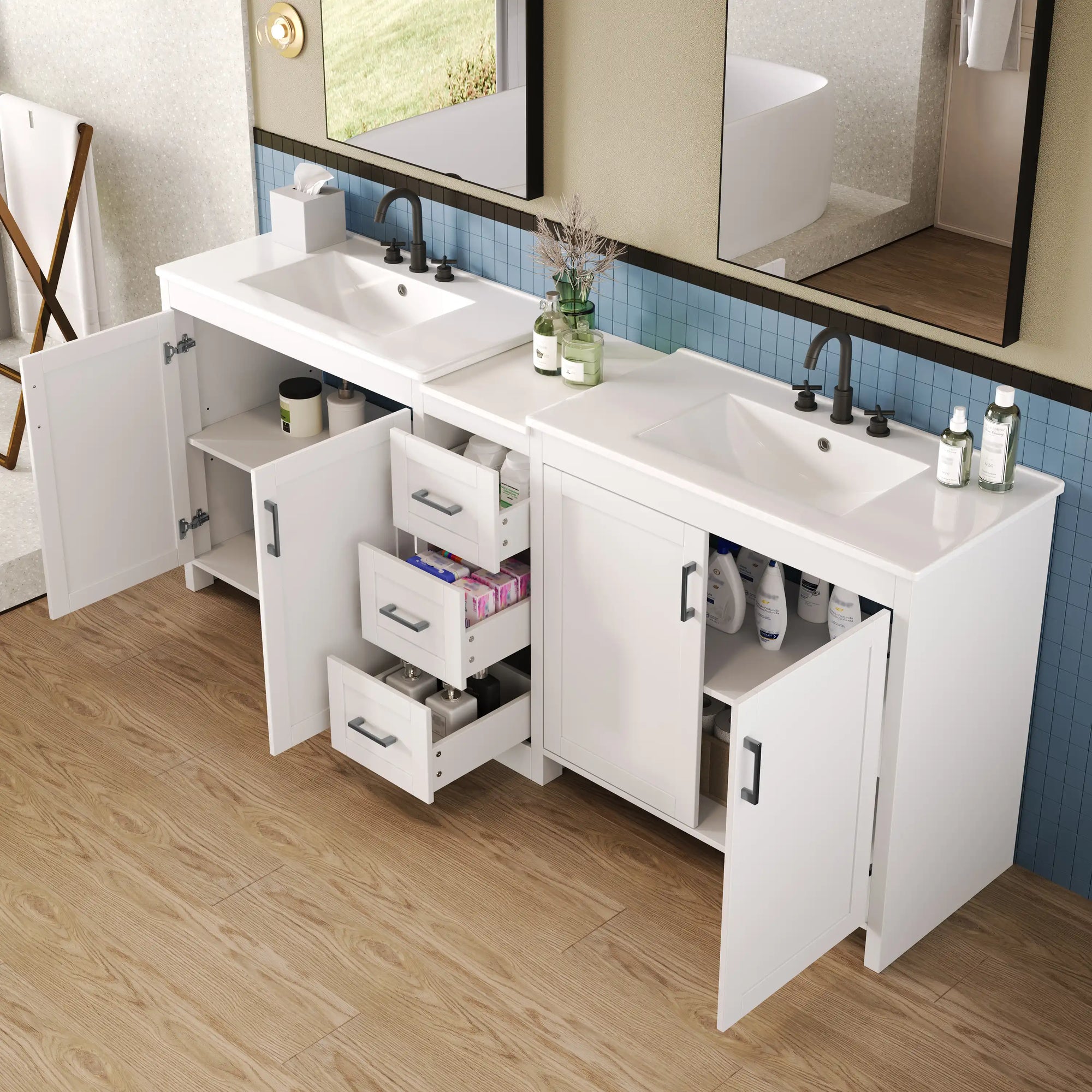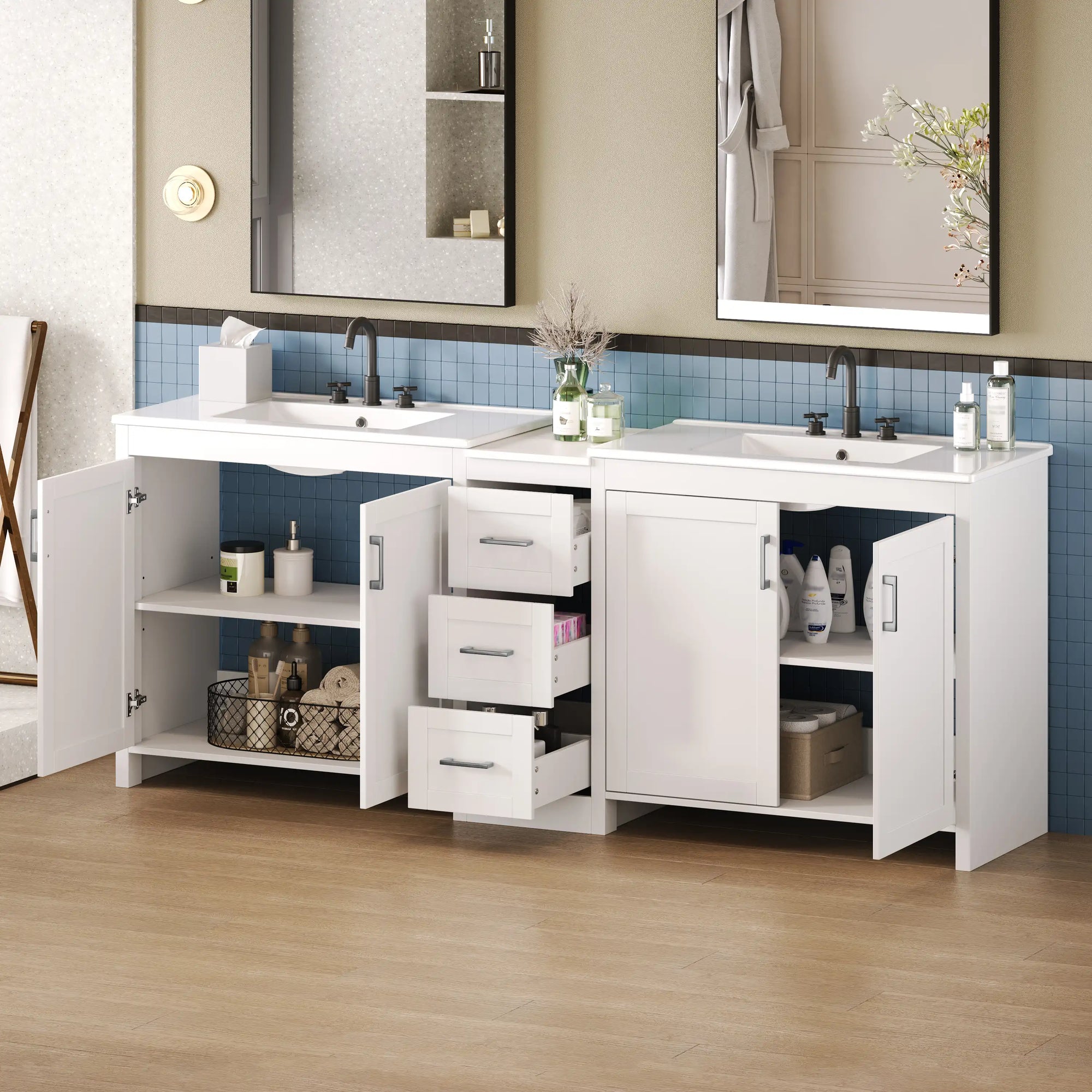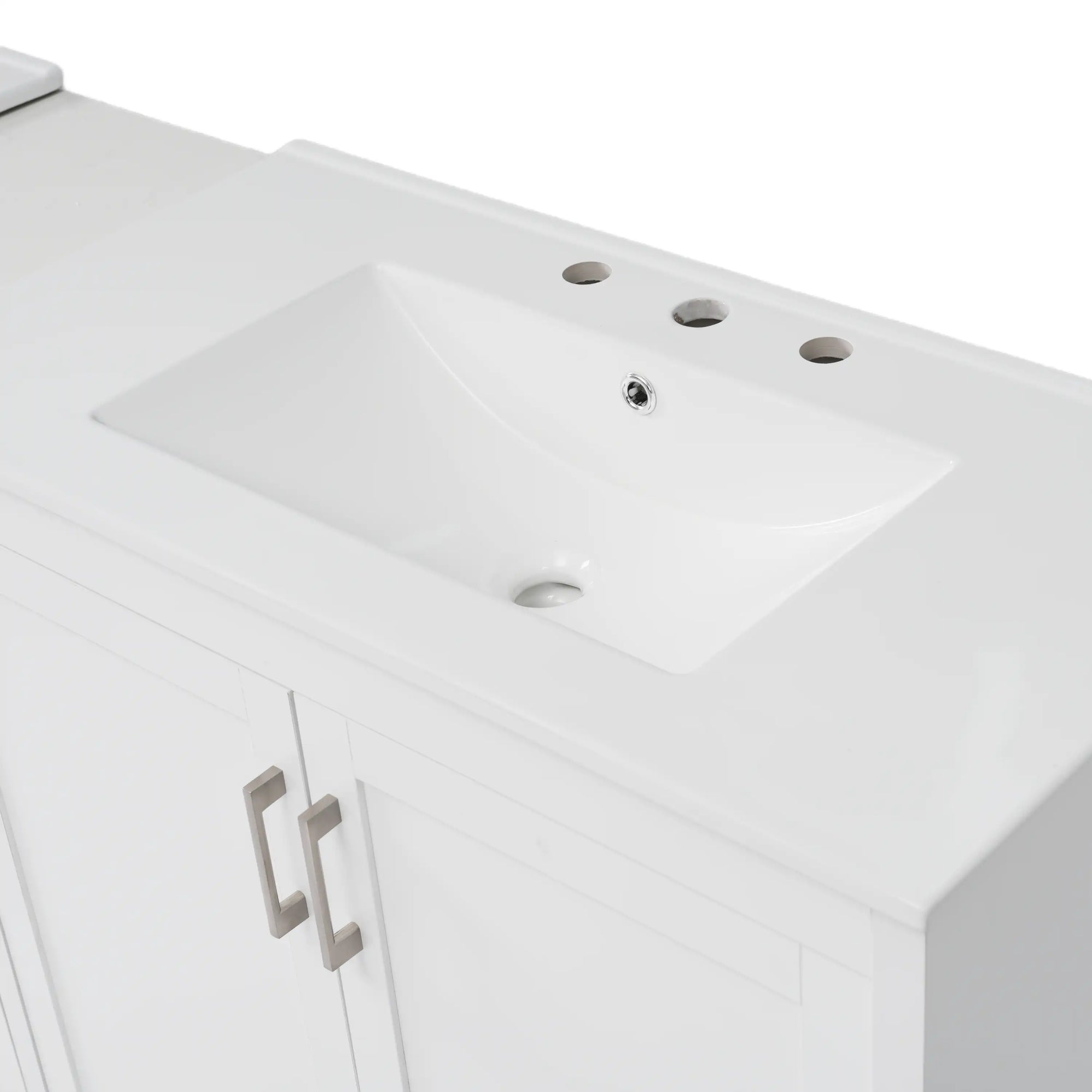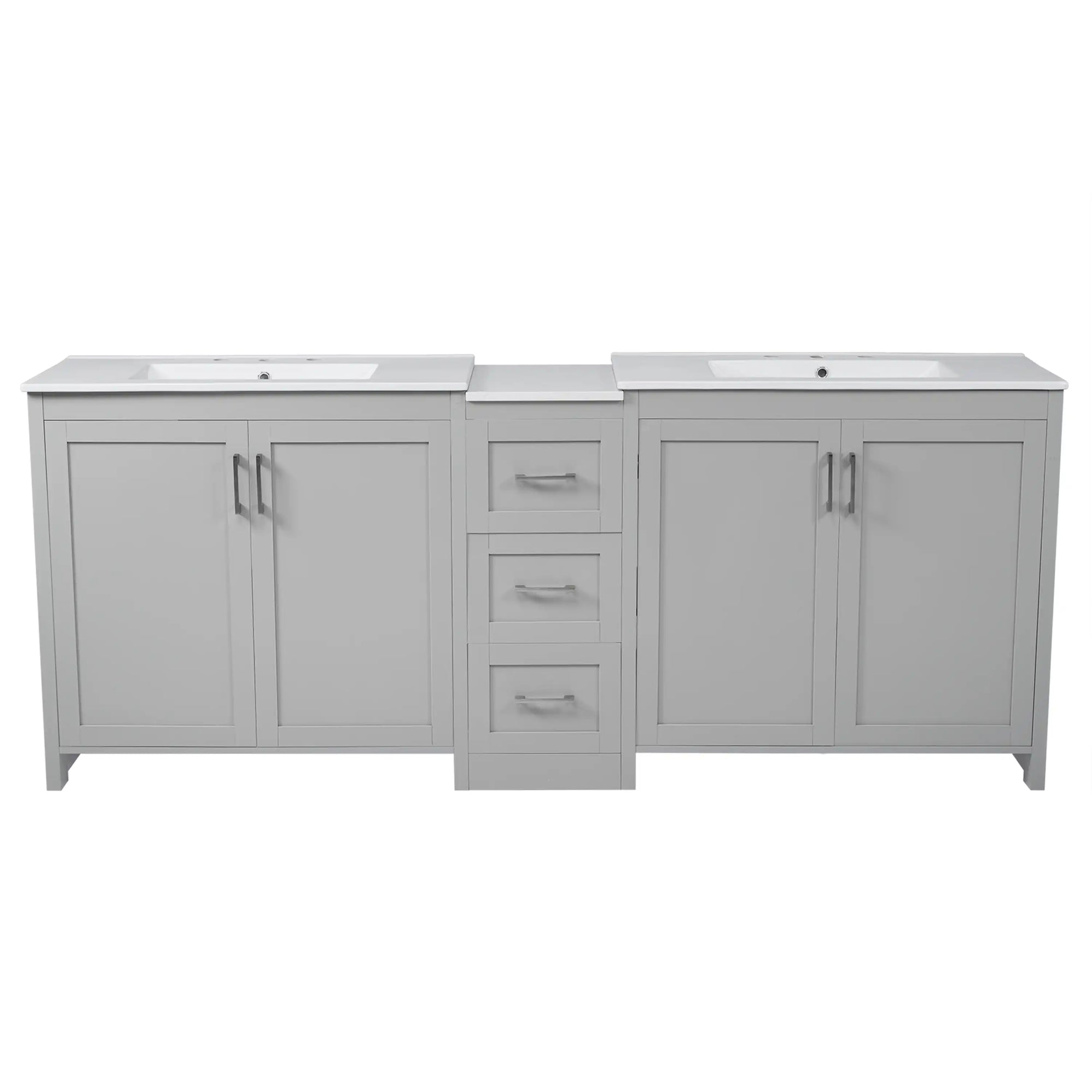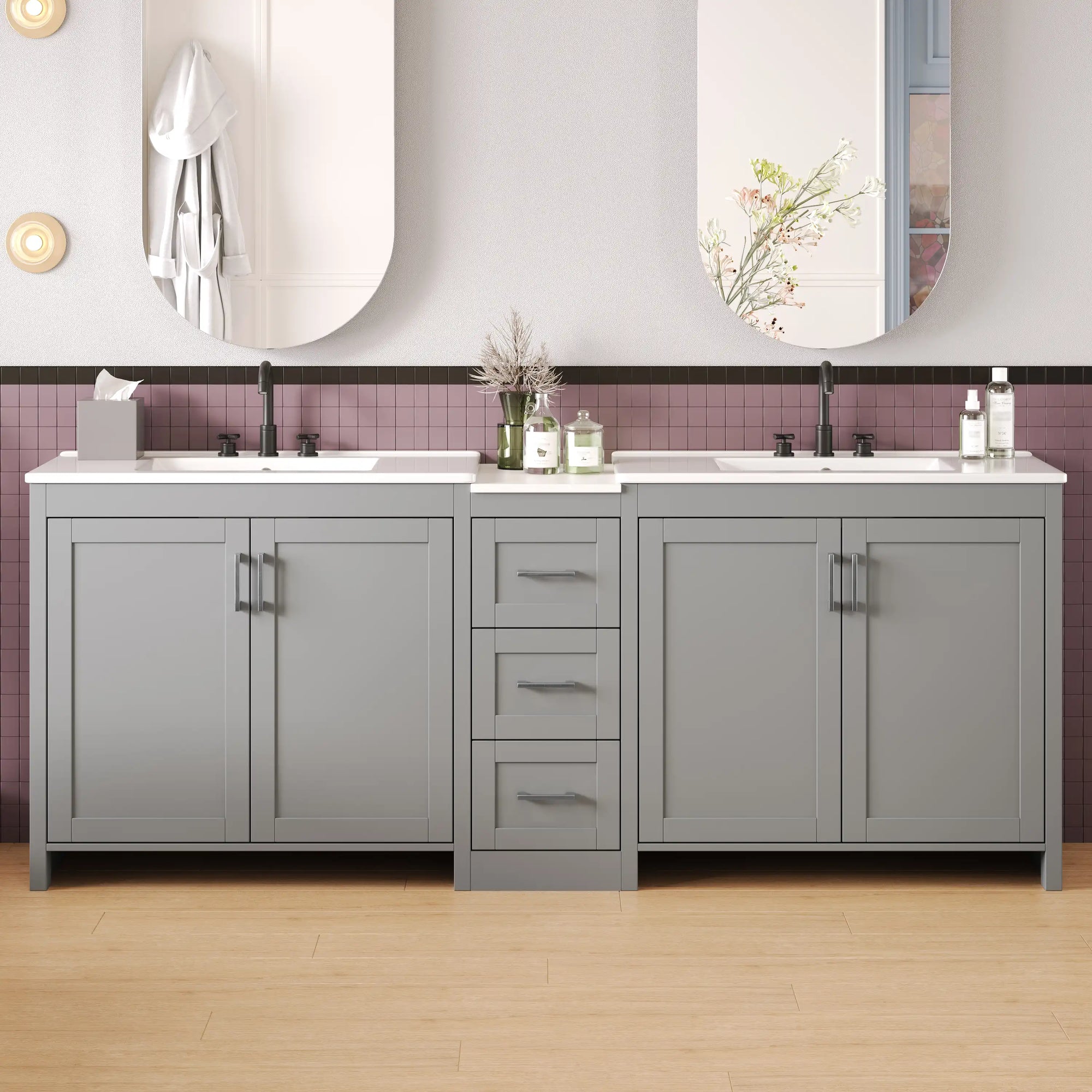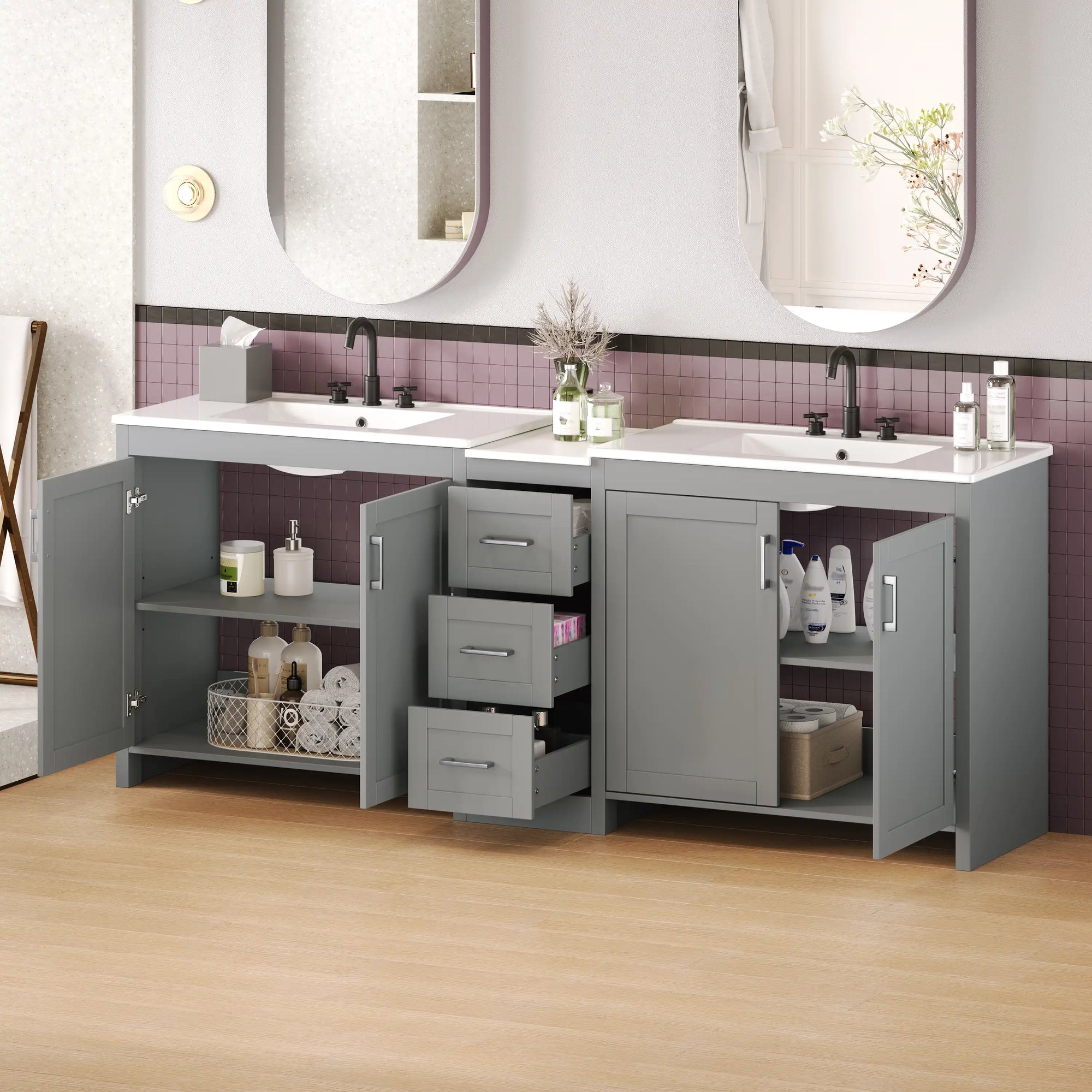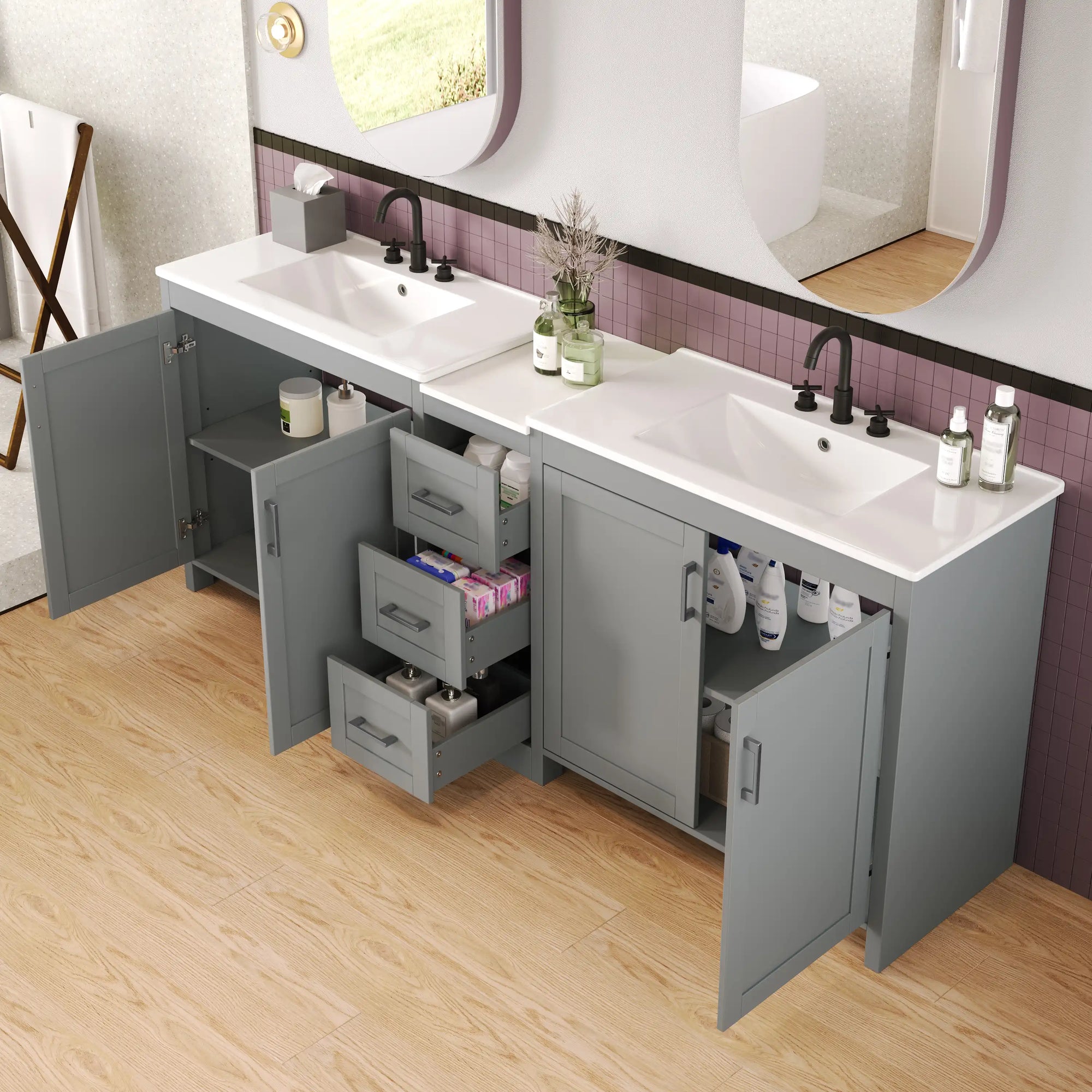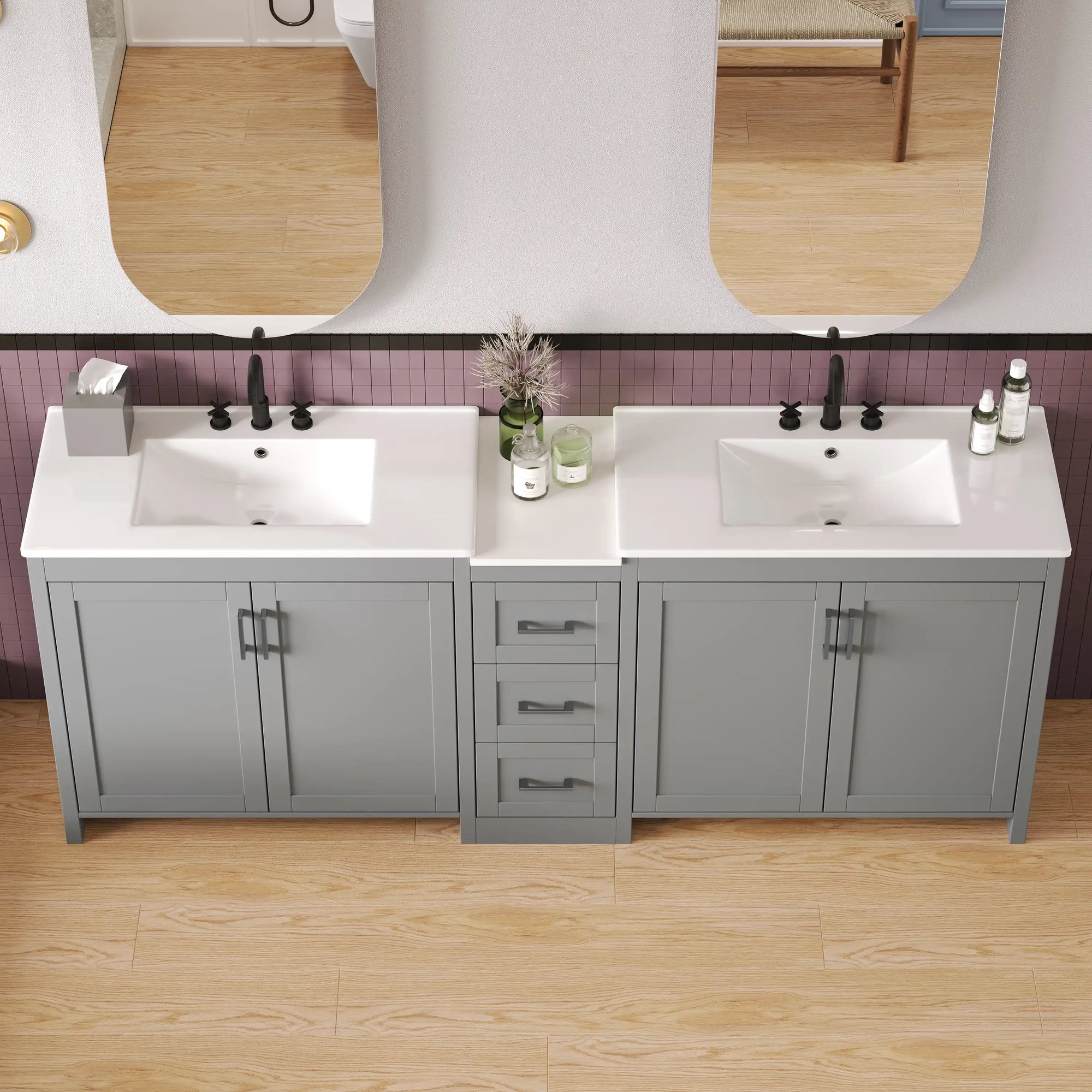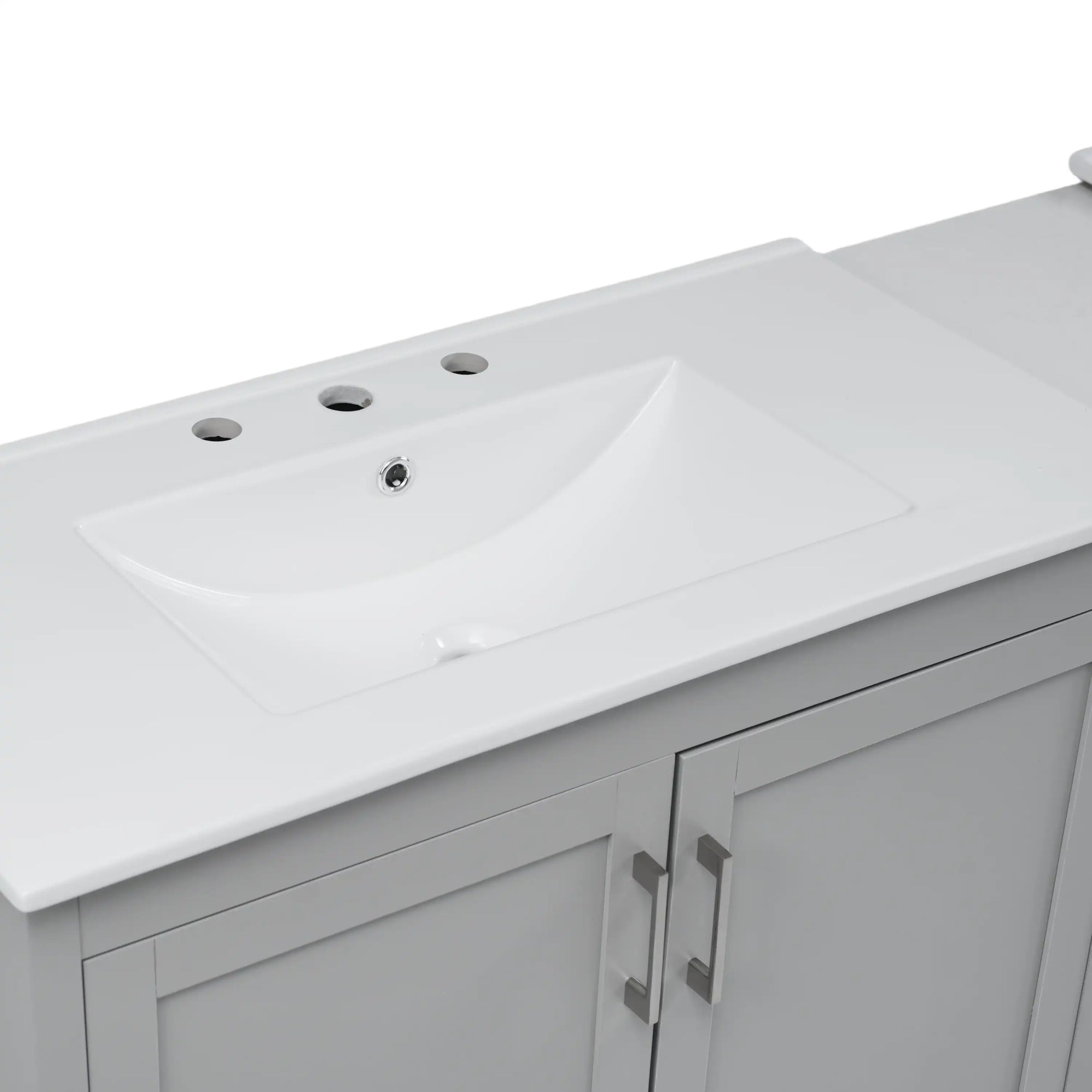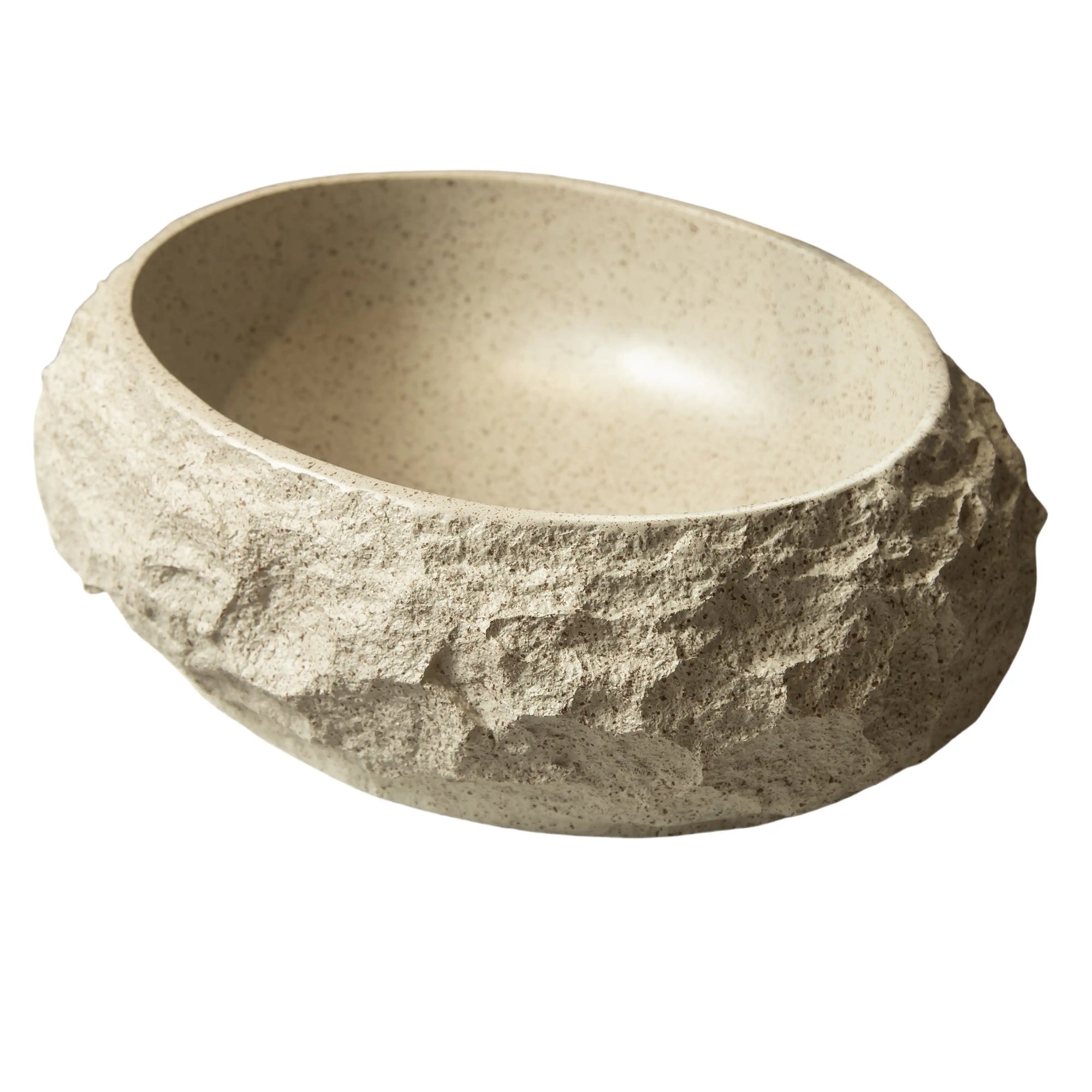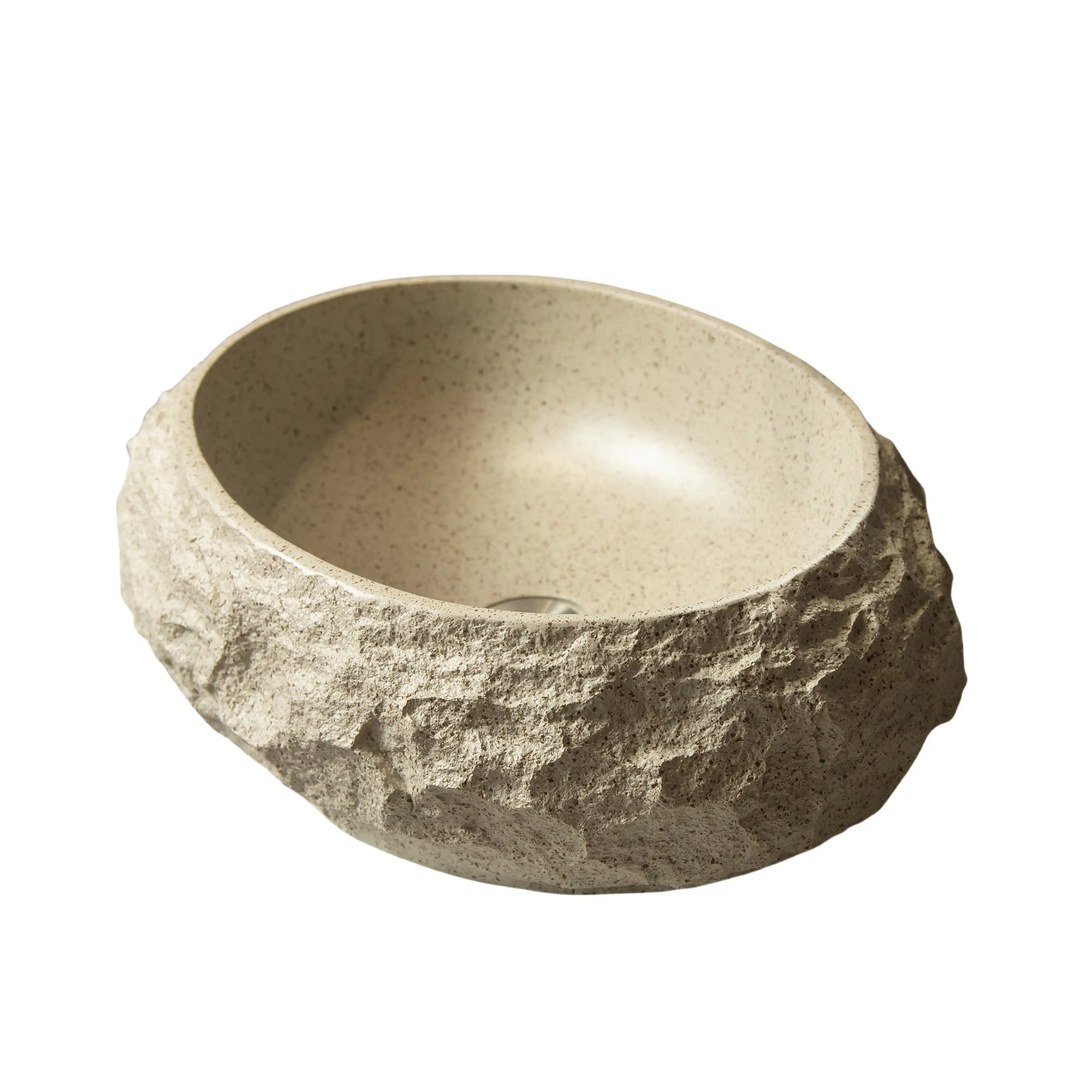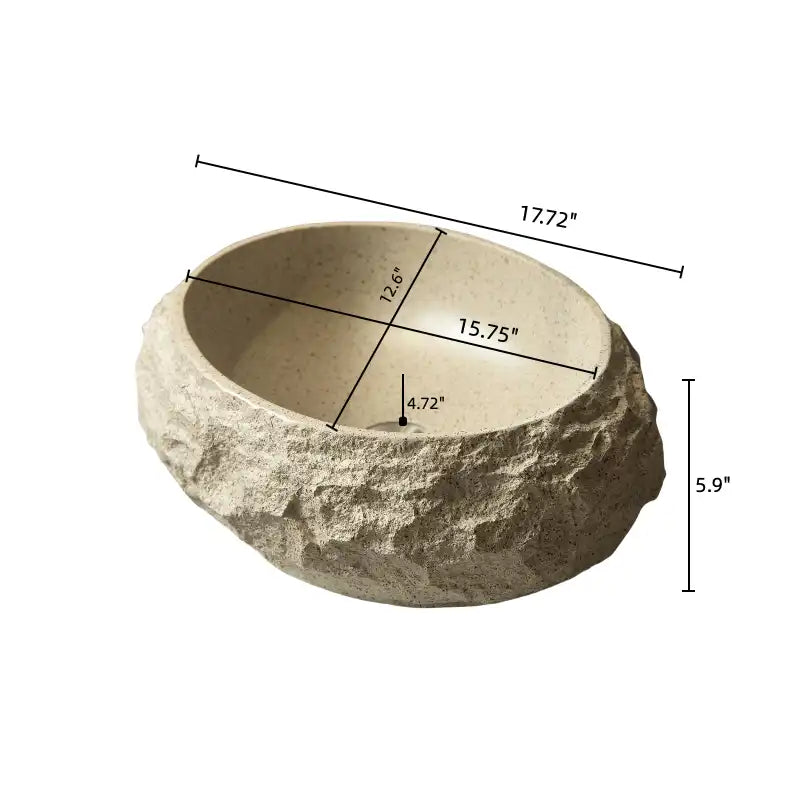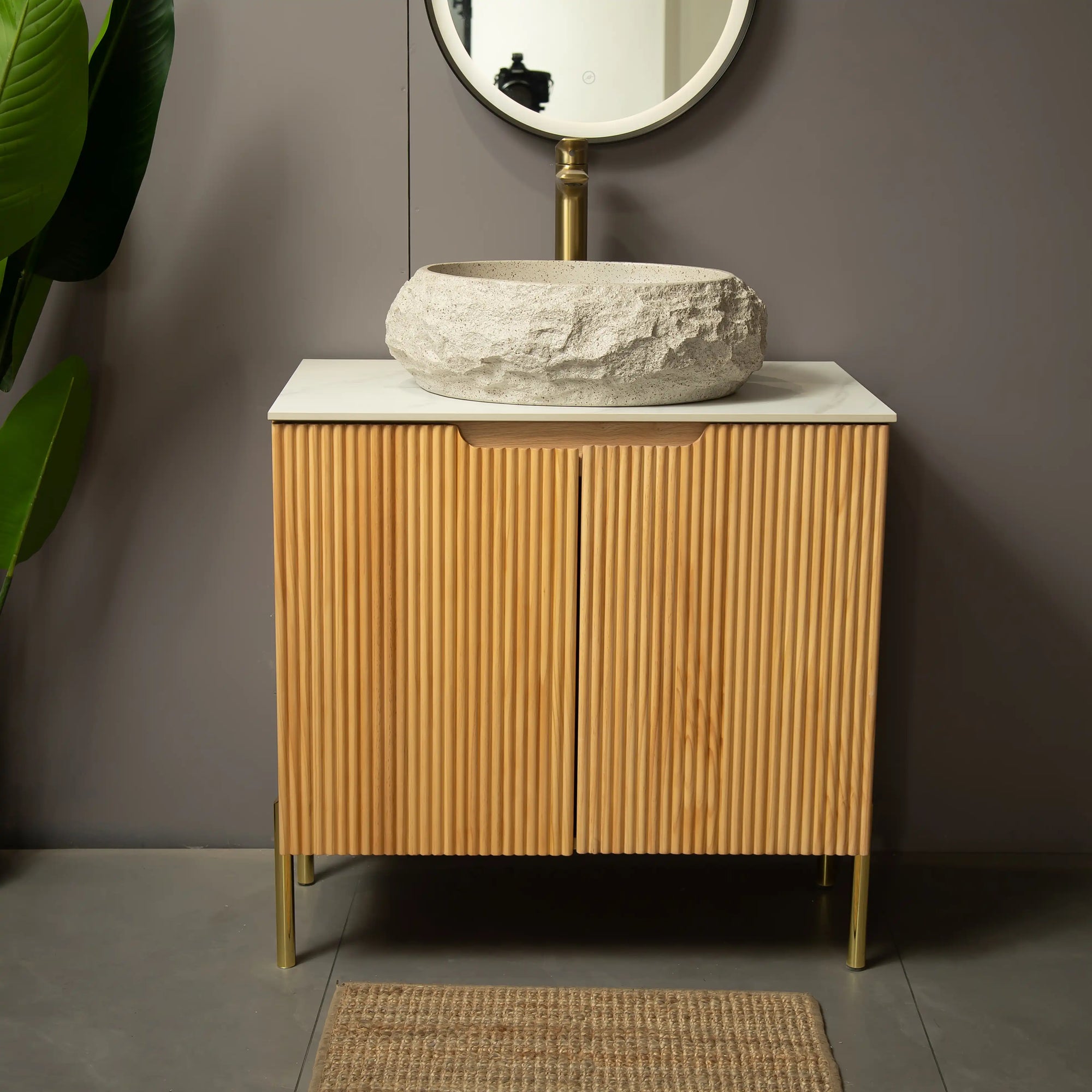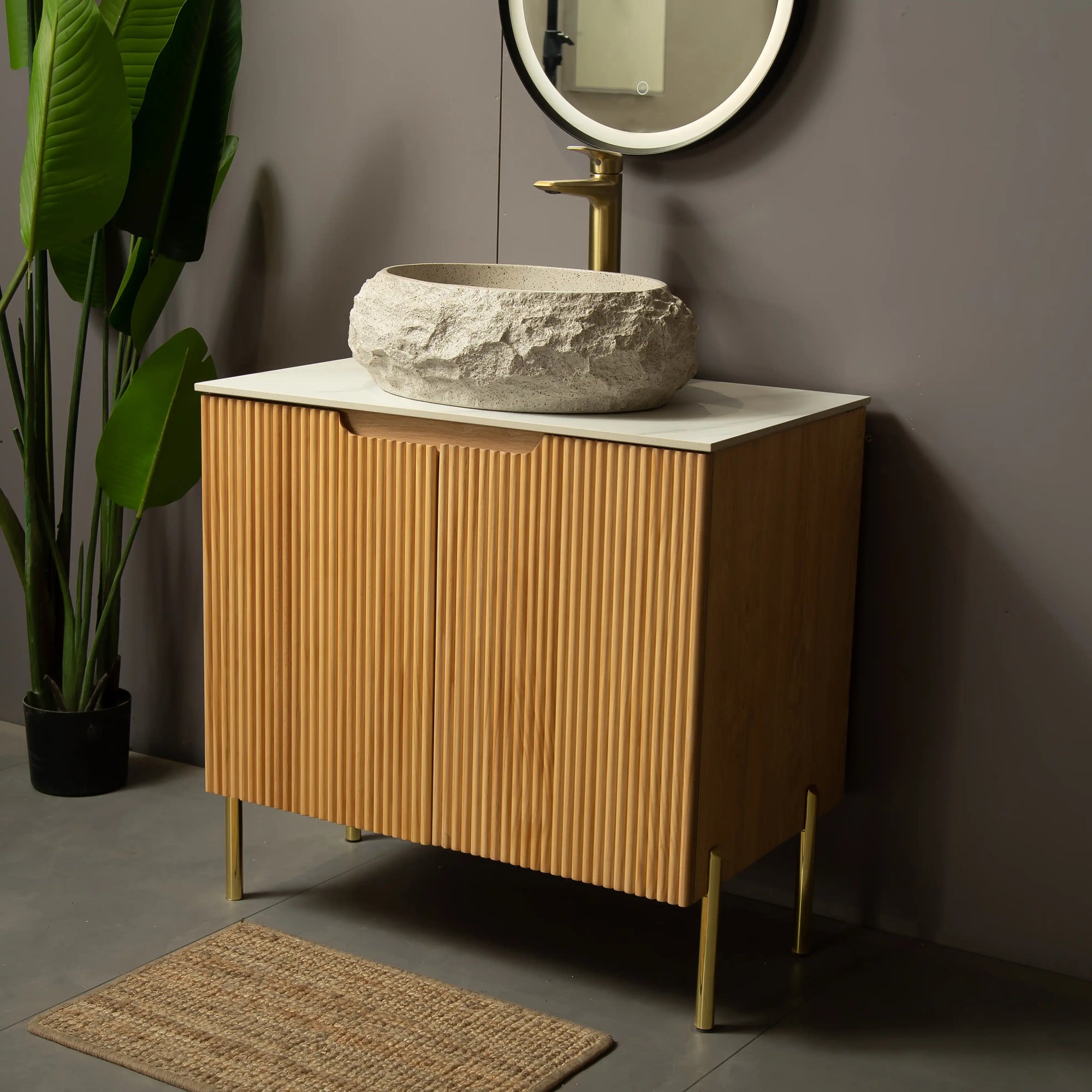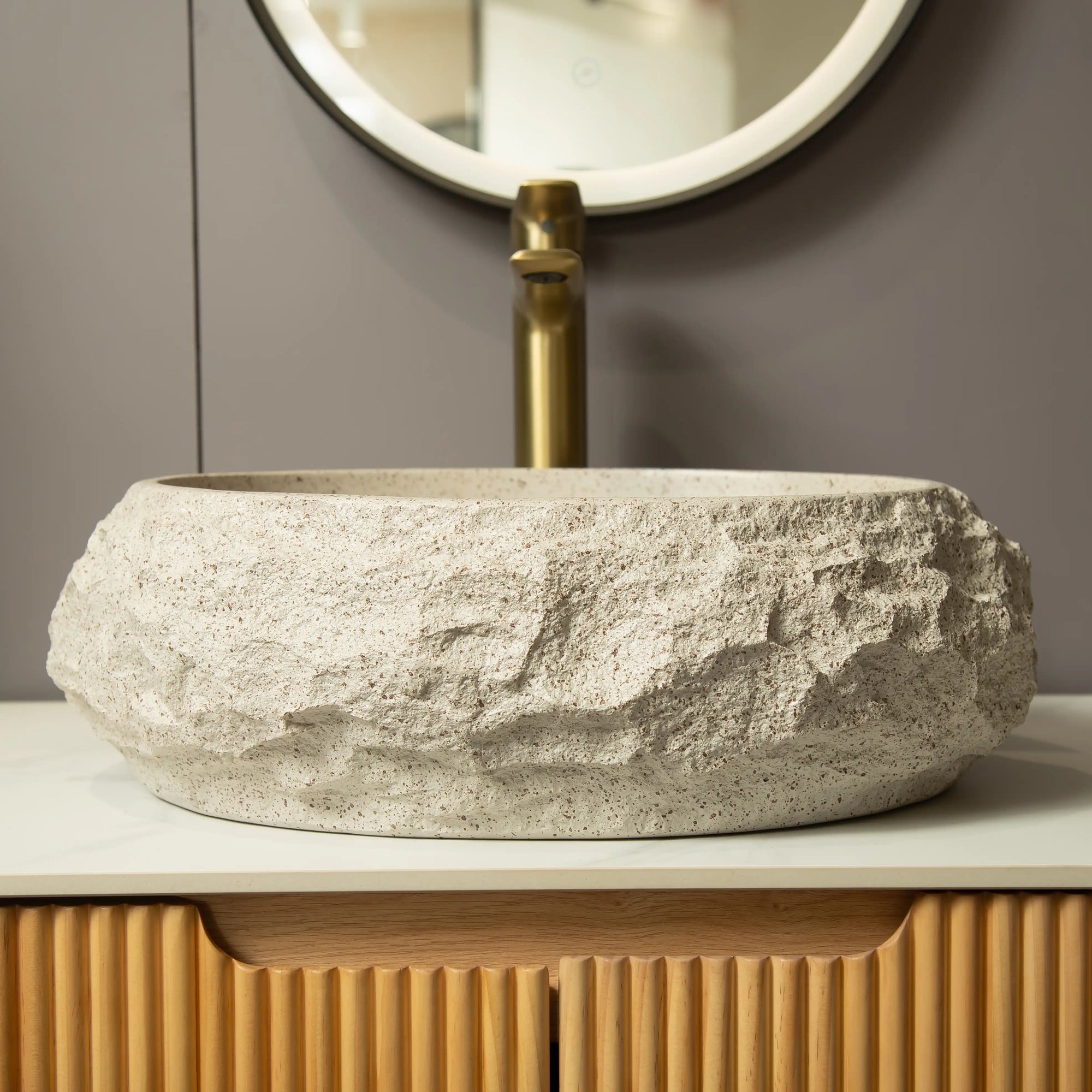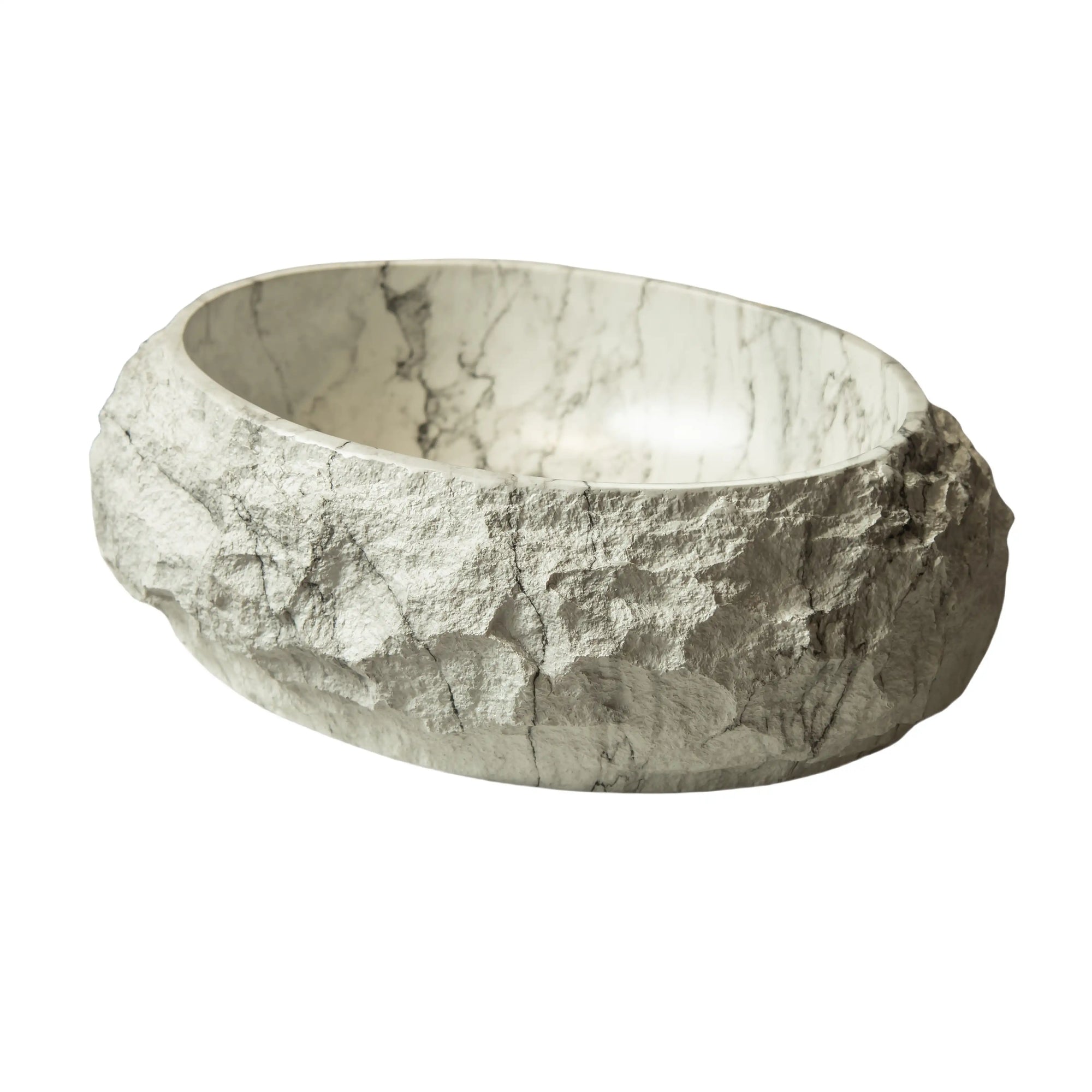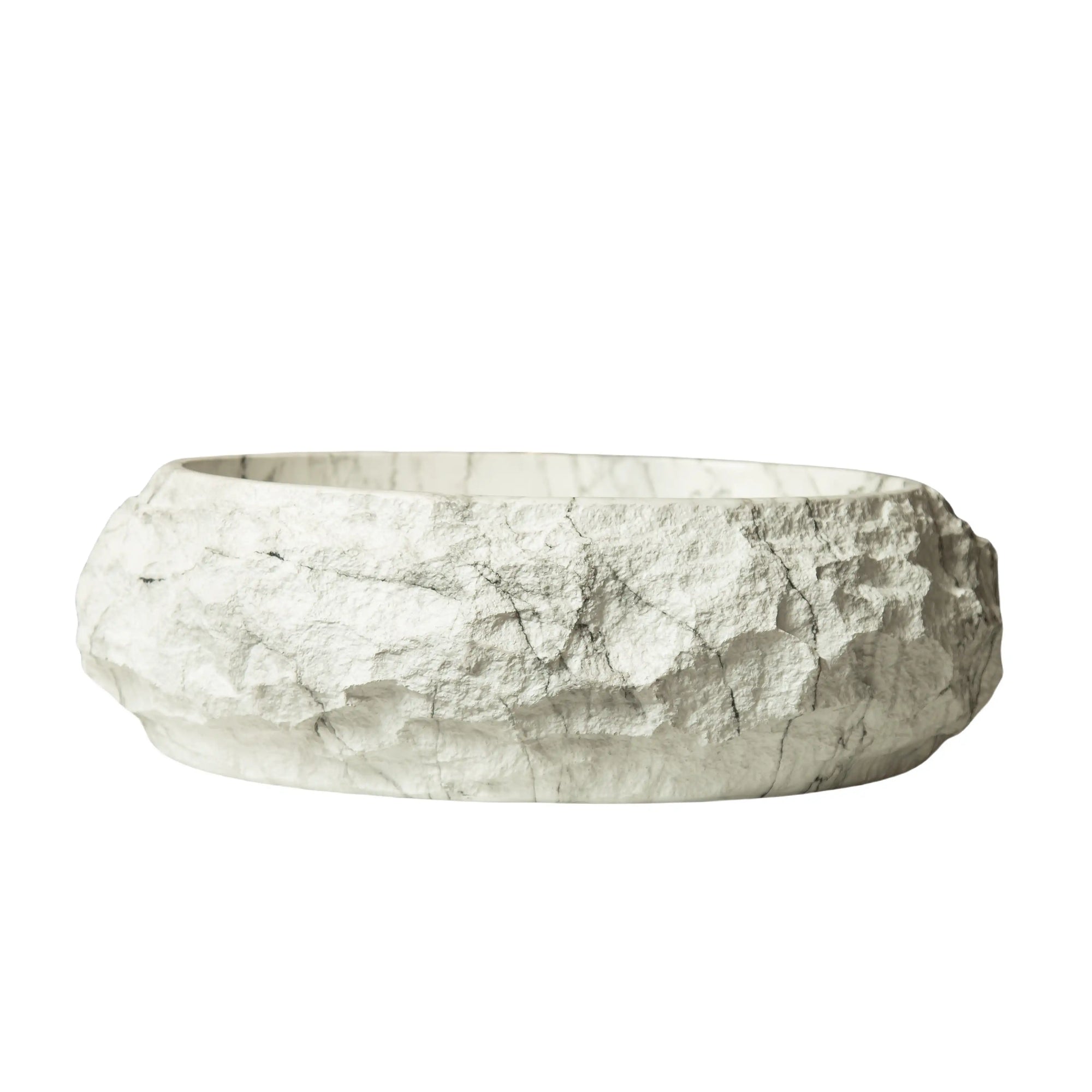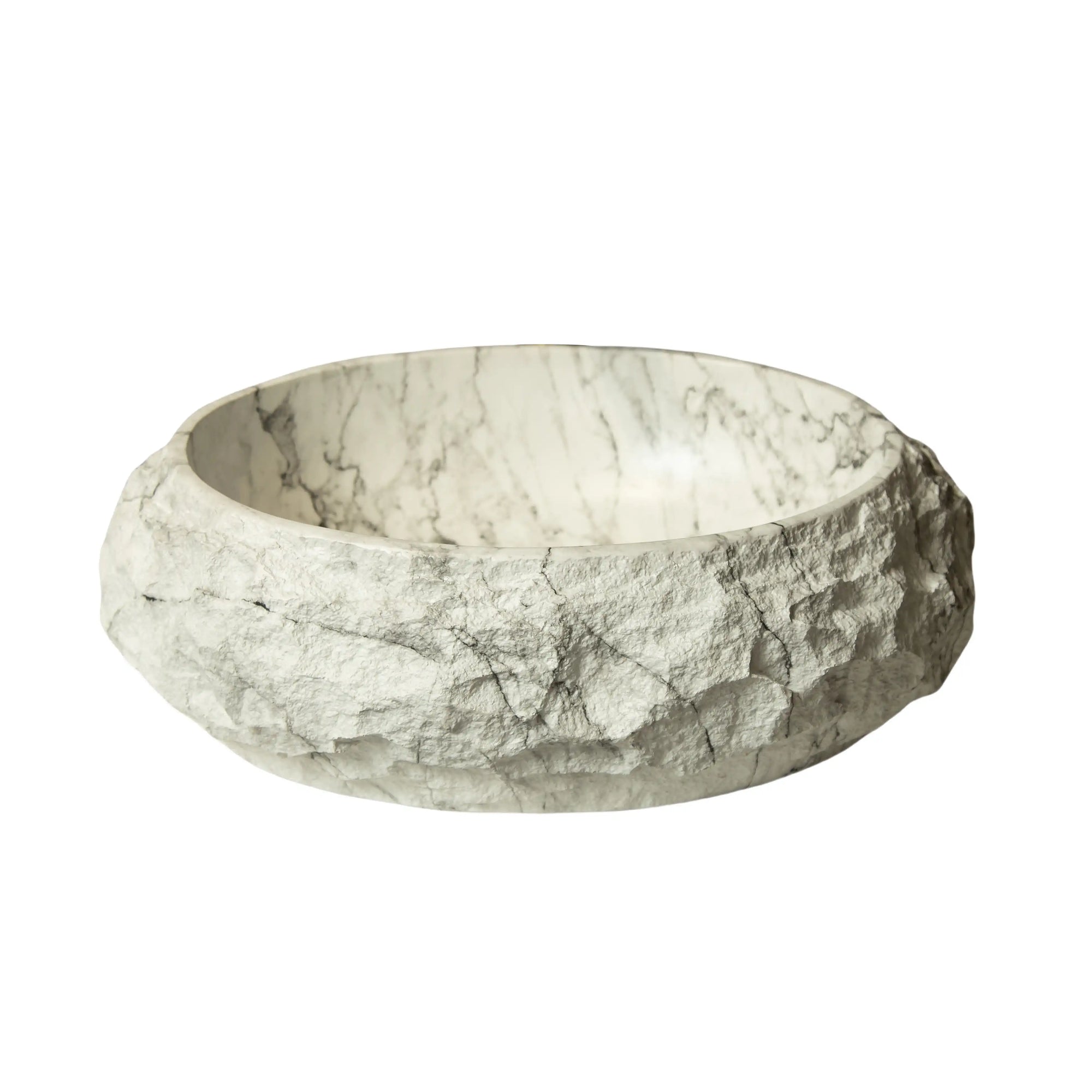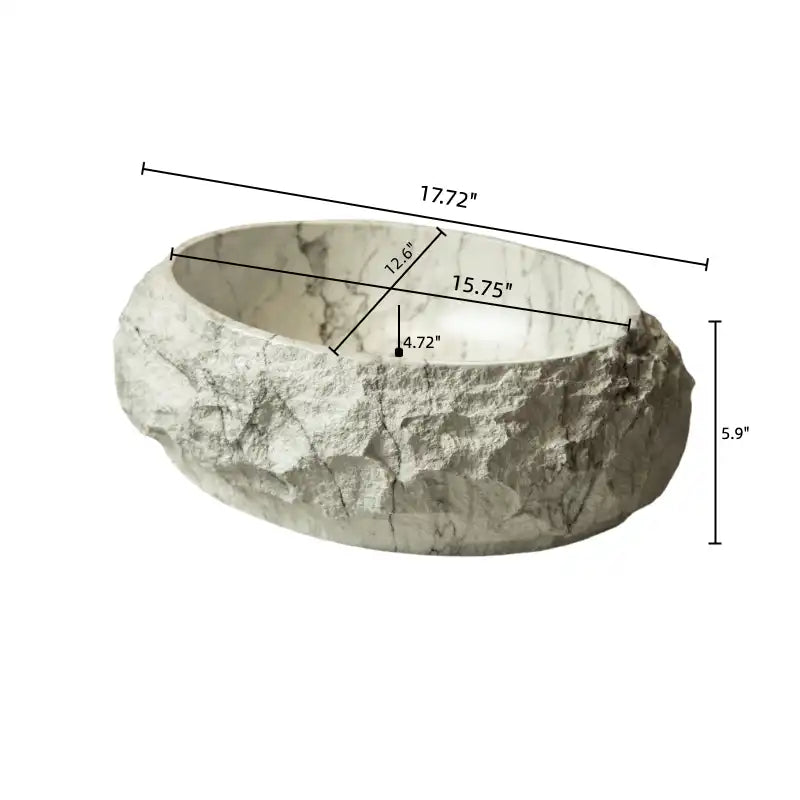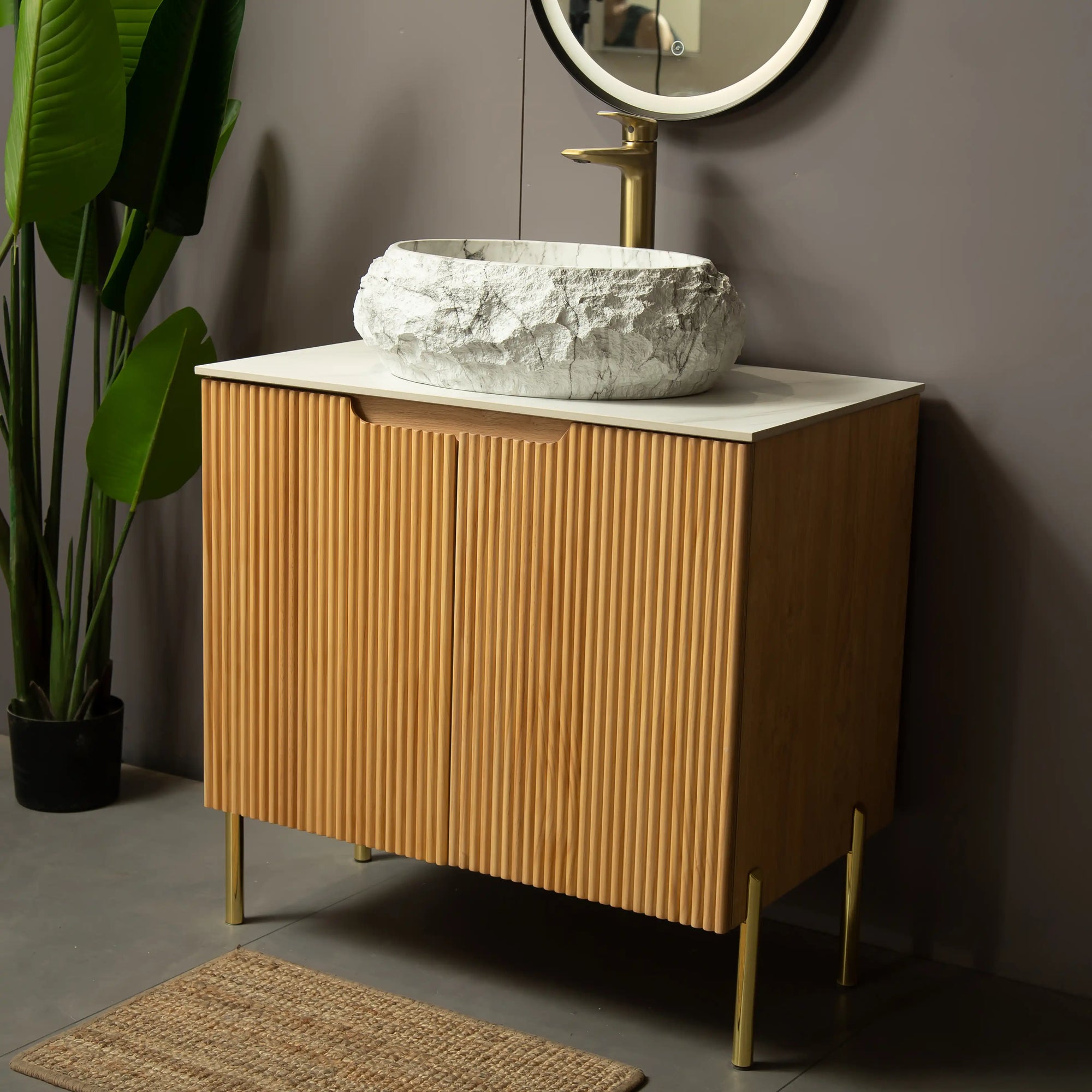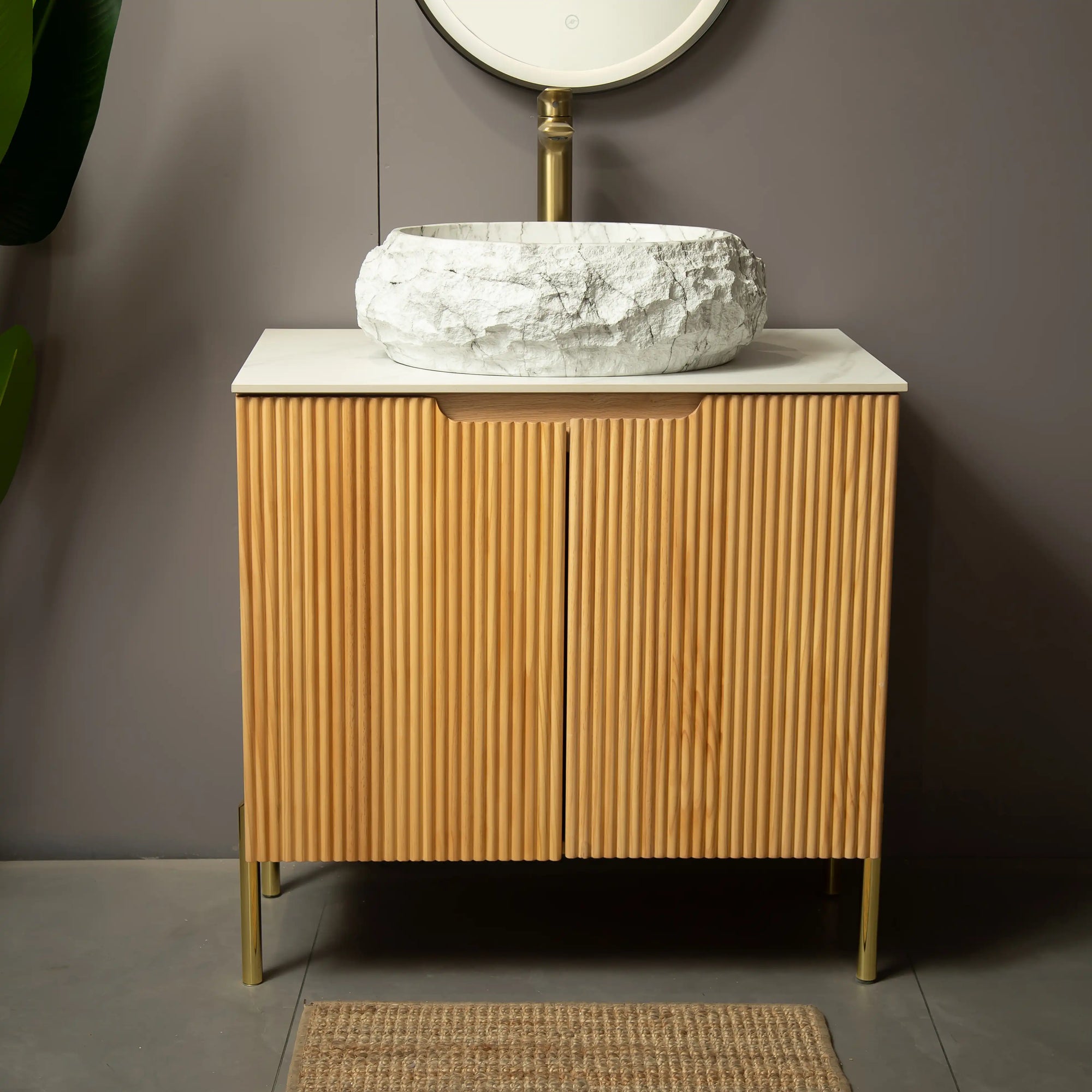If you're renovating an old bathroom, building a new one, or simply upgrading your space for better daily comfort, you’ve likely faced a frustrating trio of challenges: poor lighting, cluttered countertops, and uncertainty about product compatibility. For many homeowners, the bathroom mirror cabinet LED is no longer a luxury — it’s a smart essential. But selecting the right one can feel overwhelming: How do you balance lighting quality, storage functionality, installation ease, and long-term reliability?
This guide gives you all the information you need. We dissect the most common consumer pain points while choosing an LED mirror cabinet, and provide a decision-making framework to ensure you choose the right solution for your bathroom setup efficiently, safely, and stylishly.
Table of Contents:
- Pain Point1: Poor Lighting in the Bathroom?
- Pain Point2: Cluttered Countertops and No Storage?
- Pain Point3: Difficult Installation and Compatibility Risks?
- Pain Point4: High Costs but Short Product Life?
- Conclusion: Your 5-Step Smart Bathroom Mirror Cabinet Checklist
- FAQ: Deep-Dive Answers to Your Final Questions
Pain Point1: Poor Lighting in the Bathroom?
Solution: Integrated LED Lighting That Works Where You Need It Most
Why It’s a Problem:
Many bathrooms rely on ceiling-mounted fixtures that create uneven shadows, particularly around the face: terrible for grooming, shaving, or makeup. Insufficient lighting not only frustrates daily routines but also strains your eyes and diminishes the aesthetic quality of your space. Add to that the high humidity environment, and conventional lighting quickly shows its limits.
How LED Mirror Cabinets Solve It:
Contemporary mirror cabinet with LED options embed super-efficient LED strips or panels right in the body of the mirror — commonly around the perimeter or behind the mirror surface. This provides shadow-free, face-level light that replicates more closely the effects of natural light and illuminates the entire surround area of the vanity.
The lighting is not just functional; it’s also energy-efficient and long-lasting. Most models offer touchless sensors, dimming, or color temperature control to tailor the experience during various times of the day.
Core Technical Indicators to Watch:
-
Color Temperature (CCT):
-
Warm (2700K–3000K) for ambient, spa-like settings
-
Neutral (4000K) for everyday use
-
Cool white (5000K–6000K) best for task lighting like shaving or makeup
-
-
CRI (Color Rendering Index):
-
Look for a CRI of 90 or above for true-to-life skin tones and better color visibility
-
Before You Buy, Check:
-
Your bathroom’s existing light sources and their placement
-
Availability of electrical connection points behind the wall
-
Need for motion sensor, dimmer, or manual switch
Long-Term Value:
LEDs consume up to 80% less power than incandescent bulbs and typically last 50,000 hours or more. This drastically reduces replacement frequency and long-term costs. Their sealed, low-voltage design makes them suitable to wet environments, reducing short-circuit risks.

Pain Point2: Cluttered Countertops and No Storage?
Solution: Smart Mirror Cabinets with Built-In Organizational Features
Why It’s a Problem:
Today, there are more bathroom necessities than ever—skincare, electric toothbrushes, grooming tools—all vying for a spot on a small vanities. Clutter not only looks messy but also exposes sensitive electronics and products to moisture, increasing the risk of mold, corrosion, and early wear.
How LED Mirror Cabinets Help:
Now a days LED bathroom mirror cabinets also used as a smart storage solution. More adjustable shelves, small items organizers, and even built-in shaver sockets or USB ports.
Some high-efficiency models also include features like:
-
Anti-fog technology to prevent fog buildup
-
Interior LED lighting for better visibility of items inside the cabinet
-
Soft-close hinges that reduce wear and noise
-
Dual-side mirrors for you to see yourself even when the doors are open
Installation Checks:
-
Measure wall space to confirm cabinet depth and door swing clearance
-
Check electrical safety for interior socket usage (ensure moisture protection)
-
Decide between surface-mounted vs recessed installation depending on wall cavity
Long-Term Value:
Combining mirror and storage means less clutter, fewer wall fixtures, and a cleaner bathroom aesthetic. And you eliminate the need for several power outlets and/or additional lighting. These all-in-one boxes use space in a more efficient manner and can also extend the life by keeping items away from water exposure.
Pain Point3: Difficult Installation and Compatibility Risks?
Solution: Pre-Wired, Wall-Mount LED Cabinets with Standard Fittings
Why It’s a Problem:
Bathroom electricals can be trickier to install than homeowners assume. This can cause unsafe setups or costly calls to the electrician if components are mismatched voltage, installed using awkward mounting systems or lack of IP Rating.
How to Choose the Right Cabinet for Easy Installation:
Most bathroom mirror cabinet LED products are pre-wired for easy wall installation in the first place. Many models come with standard screw fittings and universal voltage support (100V–240V) that work just as easily in just about any country you enter.
Look for models with:
-
IP44 or higher rating, meaning protected against water spray from any direction
-
Integrated transformer for LED voltage conversion
-
Pre-drilled mounting holes for fast DIY or contractor installation
Installation Checklist:
-
Determine your region's voltage and bathroom wiring type
-
Confirm wall type (tile, drywall, concrete) and mounting hardware needed
-
Ensure IP rating matches your bathroom zone (esp. near shower or basin)
-
Decide if professional electrician support is needed for hardwired units
Long-Term Value:
With the right installation, the unit will function properly and safely, which means less maintenance and a longer product life. Models that can be installed by DIY save you the cost of labor upfront, while IP-rated cabinets minimize moisture damage susceptibility — thereby prolonging both the electrical life of the cabinet and its structural life.
Pain Point4: High Costs but Short Product Life?
Solution: Long-Lasting LED Tech and Moisture-Resistant Materials
Why It’s a Problem:
No one wants to spend hundreds on a beautifully designed LED cabinet, to find the lights flickering, the materials peeling, or the hinges going rusty after a year — and risking a costly equipment loss. What buyers do not take into account is how long the material will last and how difficult it will be to manage in humid conditions.
The Material and Build Quality That Matter:
The best LED mirror cabinets prefer aluminum alloy, stainless steel, or anodized metal frames. They have a resistance to corrosion and structural stability. Nano coating is used in premium-grade mirror surfaces to prevent water stains and oxidation.
LED components with proper heat sinks and sealed driver systems reduce internal wear, ensuring the system remains stable for years.
What to Confirm Before Buying:
-
Cabinet frame and back panel material type
-
Rated lifespan of LED components (check manufacturer data)
-
Maintenance guidance and water-resistance features
-
Warranty period and service support (at least 1–2 years is recommended)
Long-Term Value:
Realistically, while the initial outlay can be higher, quality LED mirror cabinets will stand the test of time, you might get 5-10 years of use out of them. Less maintenance, decreased energy bills, and lower component failure result in a lower total cost of ownership (TCO).
Conclusion: Your 5-Step Smart Bathroom Mirror Cabinet Checklist
Selecting an LED bathroom mirror cabinet is not rocket science. Here is an easy guide to decide your purchase with confidence:
Your Bathroom LED Cabinet Upgrade in 5 Steps:
-
Define your lighting needs – grooming, ambient, or both? Check lumens & color temp
-
Audit your storage requirements – how many items need organizing?
-
Check wall specs – ensure installation method, electrical source & IP rating align
-
Evaluate materials – prioritize corrosion-resistant, low-maintenance components
-
Assess long-term value – compare energy efficiency, lifespan & support coverage
When you have these five pillars of clarity, you are no longer just purchasing a mirror — you are investing in a daily use system that boosts convenience, efficiency, and peace of mind.
FAQ: Deep-Dive Answers to Your Final Questions
1. Can I install an LED mirror cabinet myself without a licensed electrician?
A: Yes. many models are designed for DIY surface-mount installation and include plug-in power options. However, hardwired installations in wet areas typically require a licensed electrician.
2. How do I know which color temperature is best for my use?
A: Use 4000K–5000K for task lighting (shaving, makeup). Choose 3000K for a warmer, spa-like atmosphere. If unsure, go with models offering tunable lighting.
3. How can I test my home’s voltage compatibility?
A: Check your main electrical panel or contact your utility provider. Most LED cabinets are 100–240V compatible, but it’s always best to confirm with a multimeter or professional.
4. What’s the difference between edge-lit and front-lit mirror cabinets?
A:
Best Space-Saving Bathroom Cabinet Mirror Ideas for Small Bathrooms
Bathroom Cabinet Mirror Replacement Size Guide & Buying Tips
Recessed Medicine Cabinet With Mirror vs. Traditional Cabinets


